Moving Beyond a ‘Safety School’
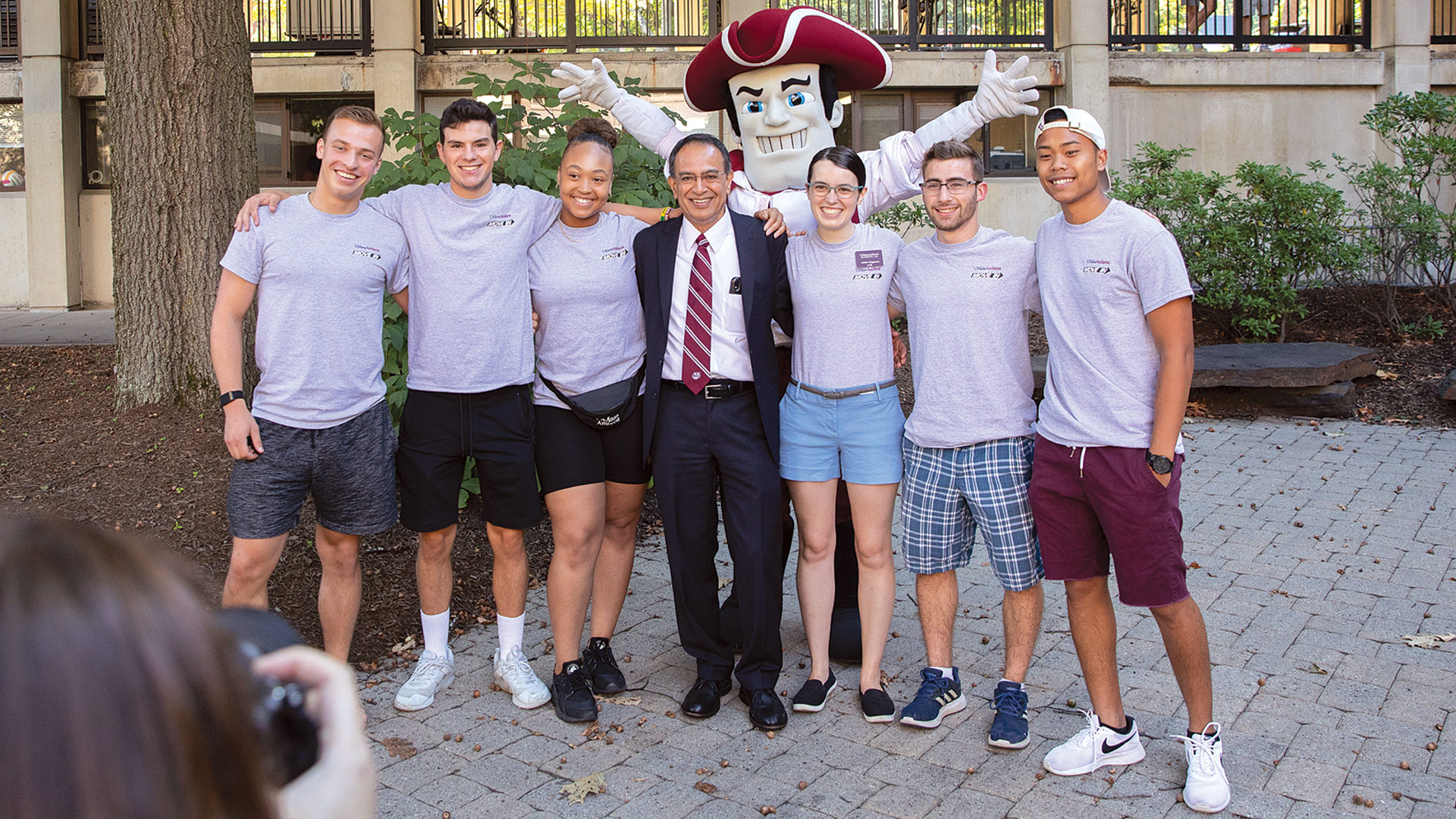
As the longest-serving chancellor in recent history at UMass Amherst, Kumble Subbaswamy has posed for more than a few photos during his tenure.
Kumble Subbaswamy recalls that, when he arrived at the UMass Amherst campus a dozen years ago, his first priority was to bring some needed stability to a school that had seen a number of leadership changes over the previous decade.
After that, he said, his main goals were to bring the school to a higher level in terms of national rankings, prestige, and reputation — locally, nationally, and internationally.
As he prepares to step aside in a few months and move on to next challenges and opportunities in his career, Subbaswamy, the longest-serving chancellor in the modern era at the school, talked with BusinessWest about how he believes those broad goals have been accomplished — and the manner in which they’ve been accomplished.
In a wide-ranging interview, he talked about everything from the school’s climb in the rankings, and what it means, to the challenges facing UMass and all colleges and universities today and tomorrow, to the pandemic — what it was like to lead the school through that tumultuous time, and how that period changed higher education.
He said he has a rather unique way of measuring how he fared with all that and his legacy, if you will, on the campus — the number of students, and others, who want to stop and take a selfie with him.
It’s an official measuring stick, to be sure, but one that indicates just how far this campus has come during his tenure, and how his leadership helped generate and sustain the very palpable sense of momentum at the school.
BusinessWest: Turn the clock back 12 years, if you will, and talk about the goals you set and how you fared with achieving those goals.
Subbaswamy: “One of the first goals was simply to create some stability. There had been a lot of turnover in a short period of time; there was instability, insecurity, and a lot of drama coming out of Whitmore [the school’s administration building]. So there was a strong desire to stabilize that situation so the campus could then go about its business of achieving its mission of teaching, research, and outreach. And there was no guarantee this would happen — it’s a complex job where you have multiple audiences. You have the system office; you have to keep them happy. You have to keep the campus happy, you have to keep the unions happy, you have to keep the local legislative group happy, and so on. So none of that was a given.
“But when we were able to focus on improving the campus … one important focus that became self-evident as I was looking at the data was that, while we claimed to be the best public university in New England, the data didn’t really show that, especially student-success data. We were much further behind UConn, for example.
“That was the beginning of what I’ll call installing a planning culture — always being data-driven and doing plan assessment and improvement on a continuous basis. That was not necessarily the culture on the campus, at least not in a systematic way. So when I look back and identify one important thing that helped turn the campus around, I would say it was creating a culture of strategic planning, being data-driven, and always thinking about improving those aspects in which we could be doing better or where we’re not doing as well as our competition.”

During Kumble Subbaswamy’s tenure, the UMass Amherst campus became much more of a destination for top students.
BusinessWest: What was the biggest step forward taken by the university during your tenure?
Subbaswamy: “Improvement in graduation rates would be one example, but there are other measures, such as people doing internships, job placement, and more, and all this showed up in U.S. News & World Report rankings, because there is strong weight given to graduation rates, and without being overly selective, when you achieve high graduation rates, you get lots of points.
“It’s not that we’re pursuing rankings, but those metrics that we care about, and achieving progress with them, really does help. And when we went from number 52 in national public university rankings to number 26 — we’re hovering right around 25 or 26 — that made people take notice of Massachusetts.
“That rise in the rankings gave everyone associated with the university a point of pride; alumni started taking notice, parents and prospective students started taking notice, guidance counselors started taking notice. It started a positive cycle where more and more highly qualified students started applying, our classes got better, and our results got even better.”
BusinessWest: Talk more about how that rise in the rankings was achieved.
Subbaswamy: “Back in 2013, based on what was going on, as well as part of our requirement for re-accreditation, we developed a strategic plan; we declared that our goal was to make UMass Amherst a destination of choice. We had been thought of as a safety school in previous decades, and we were essentially saying, ‘no, that’s not who we are — we’re the flagship of the Massachusetts system, we’re the flagship of the Commonwealth.’ In fact, that became our tagline.
“This was a strategic plan that sought ways to make improvements across the board, with a particular emphasis on undergraduate education, where we really did need to catch up with some of the neighboring states. It then became a rallying cry for the entire campus; every department, every college focused on what they needed to be doing better in order to retain our students, make sure they graduate on time, placement, bringing in more internships and other experiences that help students get jobs, improving student experiences, and improving student outcomes. And that culture is now part and parcel to who we are at UMass.”
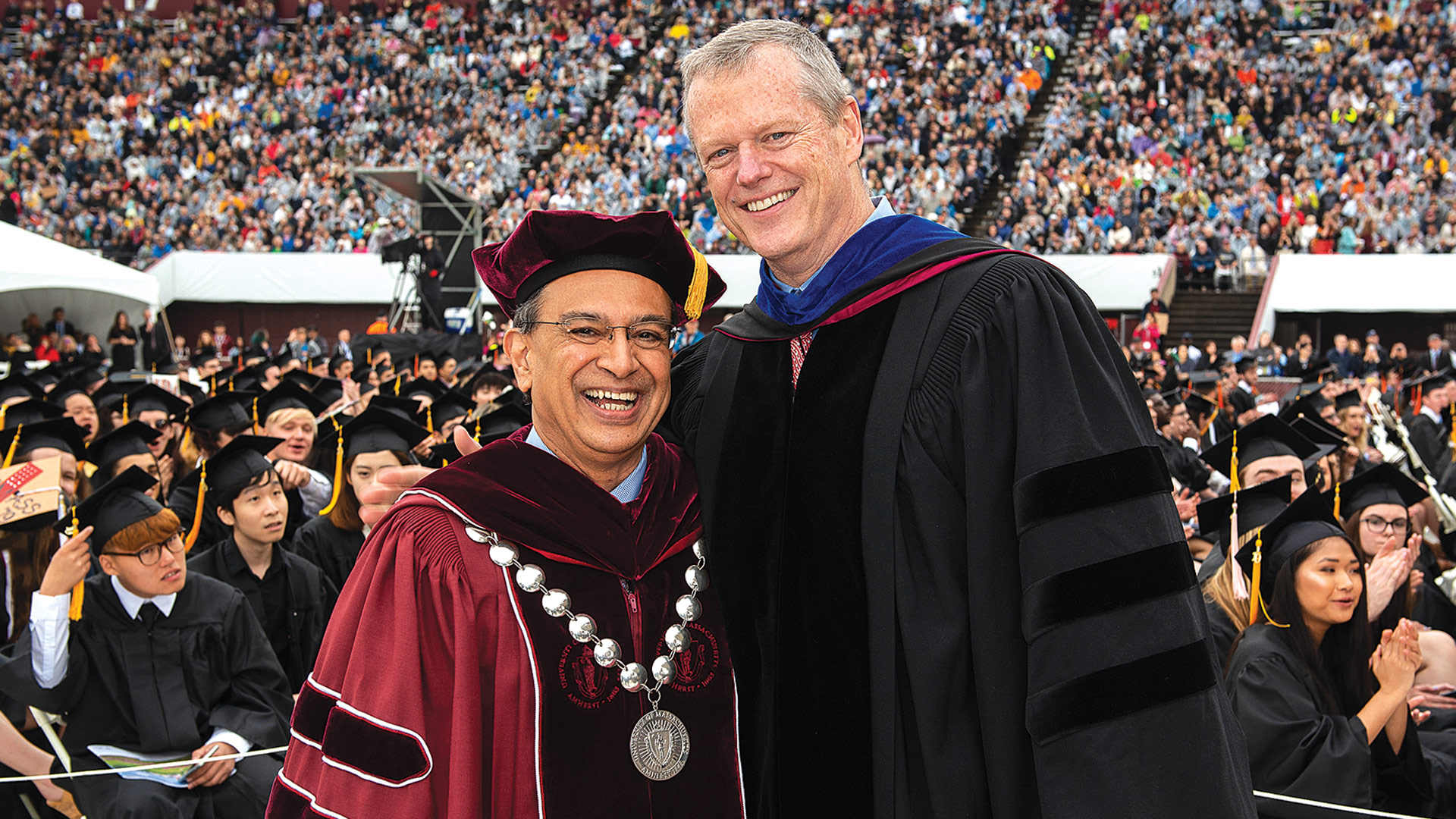
Seen here with former Gov. Charlie Baker, Chancellor Kumble Subbaswamy says managing the school through COVID was an intense challenge marked by decisions involving “life and death.”
BusinessWest: What has this experience of leading UMass at this critical time in its history been like for you, personally and professionally?
Subbaswamy: “It’s been exhilarating. It’s been the pinnacle of my career in terms of the personal satisfaction I’ve had in being able to rally the campus — all sectors of the campus — to a single goal of being better, serving our students better, serving the Commonwealth better.
“We’re trying to make people feel like they belong. In fact, belonging is a major theme in our equity and diversity efforts — we want people to feel that they belong here, and if they don’t, then we want to know why and see how we can improve that. It’s been very rewarding to see the campus feel like an entity with a purpose and with a vision.”
“That rise in the rankings gave everyone associated with the university a point of pride; alumni started taking notice, parents and prospective students started taking notice, guidance counselors started taking notice.”
BusinessWest: Is there an area where there is some significant work still to do on the Amherst campus?
Subbaswamy: “One issue that has come up recently, and one that has been partly exacerbated by the pandemic as well, has been housing in general. Housing, in Amherst and the surrounding communities where our students, faculty, and staff live, is becoming considerably more expensive and harder to find, especially in the past few years. We’re faced with not just a shortage of housing, but a shortage of affordable housing, because that’s a significant component of the cost of education for anyone who comes to Amherst.
“Some serious joint planning with the surrounding communities is needed to try to address the need for more affordable housing so that this university doesn’t become a university that can only serve the affluent.”
BusinessWest: We’re seeing some demographic shifts, especially with regard to the numbers of high-school graduates, as well as other trends involving enrollment. What do these mean for the university, and higher education in general?
Subbaswamy: “There has been a lot written about the fact that the number of 18-year-olds, across the country, but in the New England area especially, will drop significantly starting in 2025 for 10 years. But we’re already seeing a lot of changes taking place here. There are some smaller colleges that are really financially stressed, to the point where they may close or merge — we’ve seen both closures and mergers recently. We’ve also seen regional universities, and some of the state colleges, see some decline in enrollment, and we’ve seen community colleges see a similar decline in enrollment.
“What we’ve seen is that more and more students are beginning to apply to the large flagships, and so, nationwide, schools like UMass and others in our class have seen higher numbers of applications, and so we haven’t seen that pinch of demographic decline. I think that’s because of that shift in thinking; some people who used to apply to small colleges are now asking, ‘will that school be there in four years?’ and thinking they’re better off applying to the state university, especially one that’s robust in terms of enrollment and support from the state. There’s definitely some of that going on.
“Also, there was a time when state boundaries mattered, but now they don’t for education. The University of Pittsburgh and the University of Alabama actively recruit in Massachusetts, and we actively recruit in Texas and places like that. It’s a national — in fact, international — marketplace, so quality matters; education matters. So to keep focusing on those things is very important.”
BusinessWest: Beyond these demographic changes, what are the other significant challenges facing higher education today?
Subbaswamy: “Affordability is certainly a challenge … even when it comes to public options. For in-state residents, we’re now $31,000 to $32,000 a year, and for a middle-class family, this is a really big hit. So we have to ask, ‘is this model sustainable, and if it is not, how do we bring it under control?’
“What role does online education play in this? Does residency become more a luxury? Do we reduce it so there’s two years online and two years residency? There are many large questions to be answered, and I think this is going to become more and more of an issue moving forward.
“And this is for all public universities in all segments; this is not a UMass Amherst problem, and it’s not a UMass system problem. Affordability looms large for higher education in general, and what that implies for society.”
BusinessWest: Your tenure obviously included the pandemic years, a difficult and intense time for all those in higher education. What was it like to lead the school through that crisis?
Subbaswamy: “Toward the latter half of March 2020, we were just breaking for spring break, and just before then, we got the news that the virus was spreading, so we should shut down and send people home. We thought we were sending people home for one extra week; little did we know that was going to be a more-than-two-year deal before we returned to normalcy, whatever that means.
“Like everyone else in the country, we had the enormous task of adjusting to remote learning and remote work in a matter of two weeks … and, along the way, there were decisions for which there was no rulebook; in fact, whatever rules or guidelines were there were changing on a daily basis.
“There were decisions we had to make — like, in the middle of the semester, do we send everyone home? Or at the beginning of the semester, do we bring everyone back, or only a small percentage of the students? If so, how many, and who? And the town was worried: ‘you’re going to bring back 10,000 students? You’re going to bring back 30,000 students? Do you know what that’s going to do to our community?’ At that time, the business community was really struggling and wanted to see the students come back.
“The uncertainties and the competing factors that had to be considered, and the speed with which decisions had to be made, was nothing like what we were ever used to or learned or how any management book would tell you how to do it. We had to make decisions on a rapid basis with a lot of uncertainty, and it was unusual in that you could say that, literally, lives were at stake.
“You were making life-and-death decisions; I don’t ever want to go through that again, and I’m thankful that we got it right, and there weren’t any campus-related COVID deaths that I’m aware of.”

UMass Amherst made dramatic leaps in the national rankings during Subbaswamy’s tenure.
BusinessWest: Talk some more about some of the hard decisions that had to be made and what it was like for you, as chancellor, to be the one ultimately making them. What was it like day-to-day and week-to week?
Subbaswamy: “By not bringing the students back in the fall of 2020, were ended up having to furlough, for a long period of time, more than 800 employees. That hurts — these are members of our community, and we did our best to make sure that they kept their health insurance and so forth. But nonetheless, lives were disrupted because of that.
“These were difficult and consequential decisions that affected people’s lives and livelihoods, and I don’t wish this upon my successor. It was tense; from morning till evening, you were getting constant reports about what’s going on, how many people were in isolation, how many people are in quarantine, what’s going on in the town. — you were getting daily reports on cases, hospitalizations, if there were any, and much more. And in the middle of all that, we were having internal discussions about how to manage the budget because, between the two fiscal years, we had a $200 million revenue loss. How do you recover from that?
“It was a situation where we couldn’t govern by consensus, even within the leadership team, because there were members who felt very strongly, in one direction or the other, that they were right. But two factions can’t both be right, and I had to make decisions based on my best judgment rather than arriving at a consensus, which is what we usually do. It was very tense, and you just hoped that you made the right decision.”
BusinessWest: What did you learn about yourself as a manager and a leader through that time?
Subbaswamy: “I couldn’t show my own frustrations and my own self-doubt in terms of whether I’m making the right call. You have to provide confidence to everyone that we know what we’re doing. As a leader, you always have to put on a strong front, show composure, and show resolve, and that takes its toll, especially when you go back home and start reflecting on the decisions you’ve made.
“By listening and using what experience has taught you over the years, you tend to make the right calls. It was a very stressful time. That’s why you’re seeing a lot of people, even younger people, leave jobs, leave presidencies, because those were very stressful times. No one was happy, everyone wanted something different, and they took out their frustrations on the university.”
BusinessWest: How did higher education change because of the pandemic, and what has changed forever?
Subbaswamy: ‘Fundamentally, online education came to be accepted as a result of the pandemic. Until then, there was sort of a significant prejudice that online wasn’t good enough. Residential universities thought of it as second-class education. But once everyone was forced to go online, you saw two things: you can’t suddenly say, ‘we’re giving you a second-class education and charging you first-class rates,’ so people started taking notice of the fact that you can, and must, do just as well. And secondly, everyone was really surprised by how much technology had improved in recent times — and even in real time.
“Zoom became the coin of the realm, and its improvements became accelerated because they had the investment money to do so. In classes and in business, everyone started being connected online in very effective ways. The advantages of remote work, the efficacy and the ability to conduct business, including learning and teaching online, has fundamentally changed to the point where you’re seeing what we call UMass Flex — where flexible work is the way of the future. We will get to a state where UMass Amherst can be experienced almost just as well, in ways that matter, from wherever you are.”
BusinessWest: Finally, do you have any advice for your successor?
Subbaswamy: “I would first advise him to learn the local culture and work within those cultural norms in order to bring about change. You can’t bring about change unless you’re willing to understand and work inside that culture.
“Ours is a very consultative and participatory campus, where students have their say, and our faculty and staff have their say, both through normal governance but also unions. So someone who builds trust and is accessible and available, and works through our established procedures and consultative process, will succeed.”

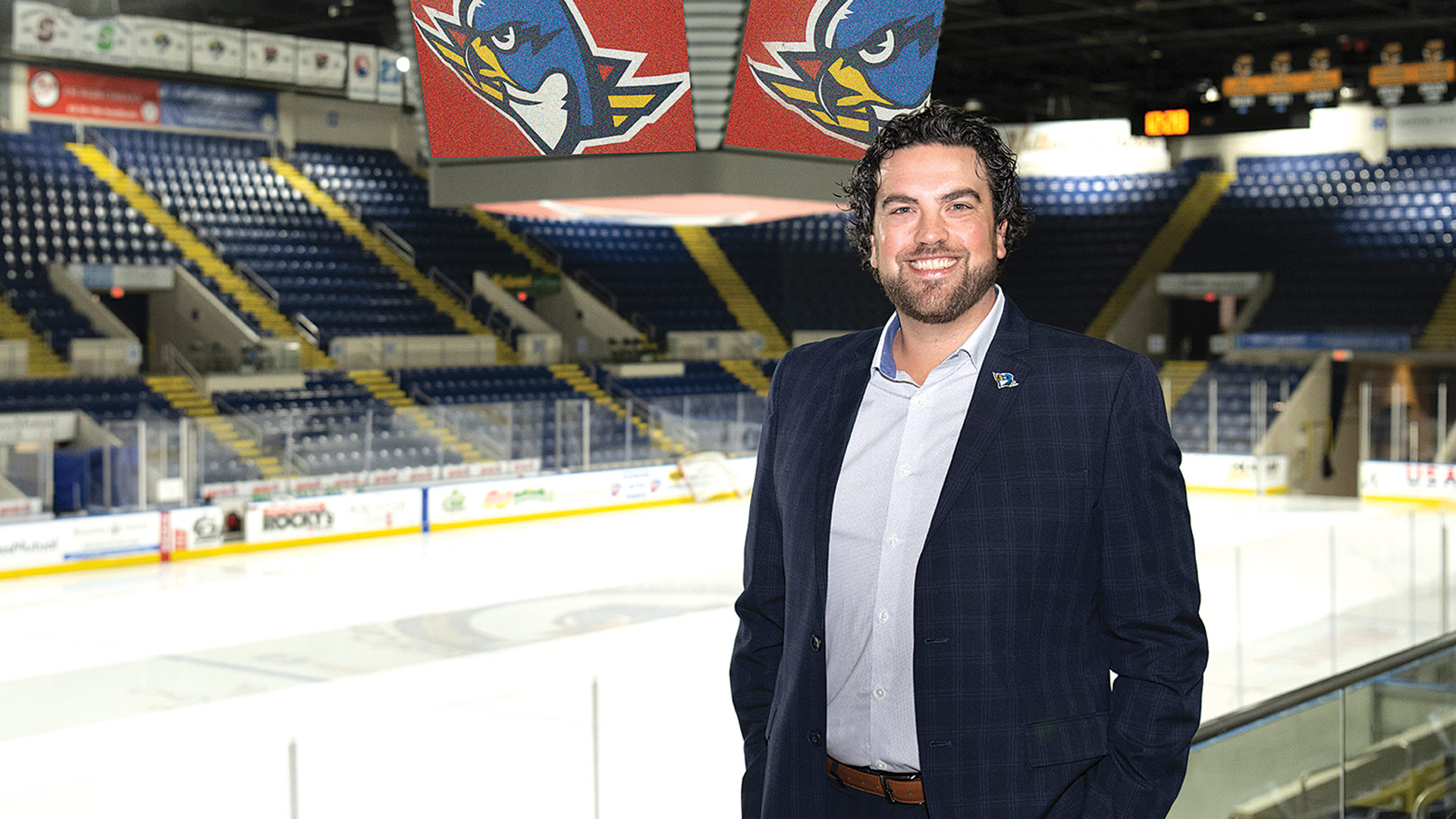
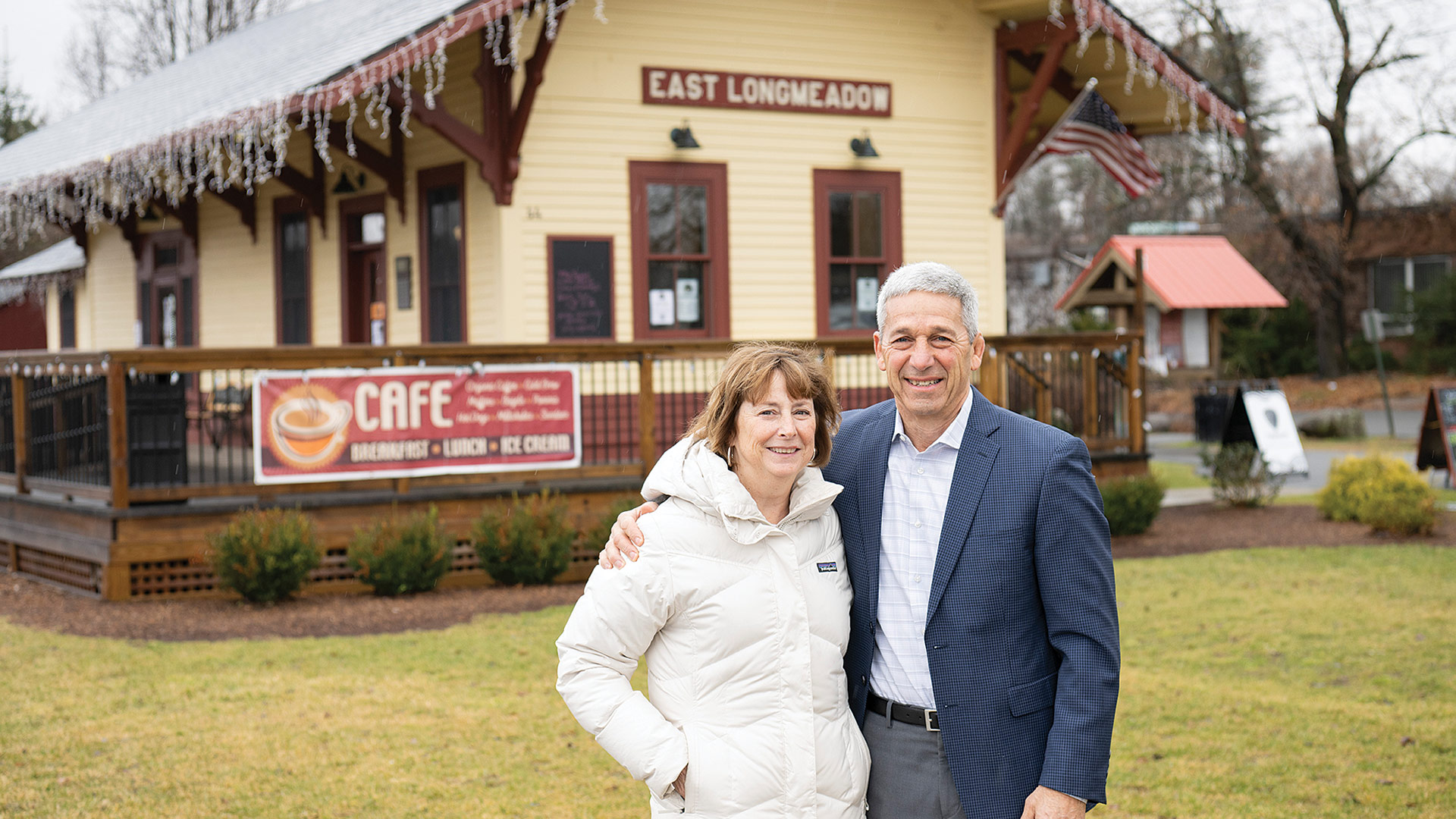
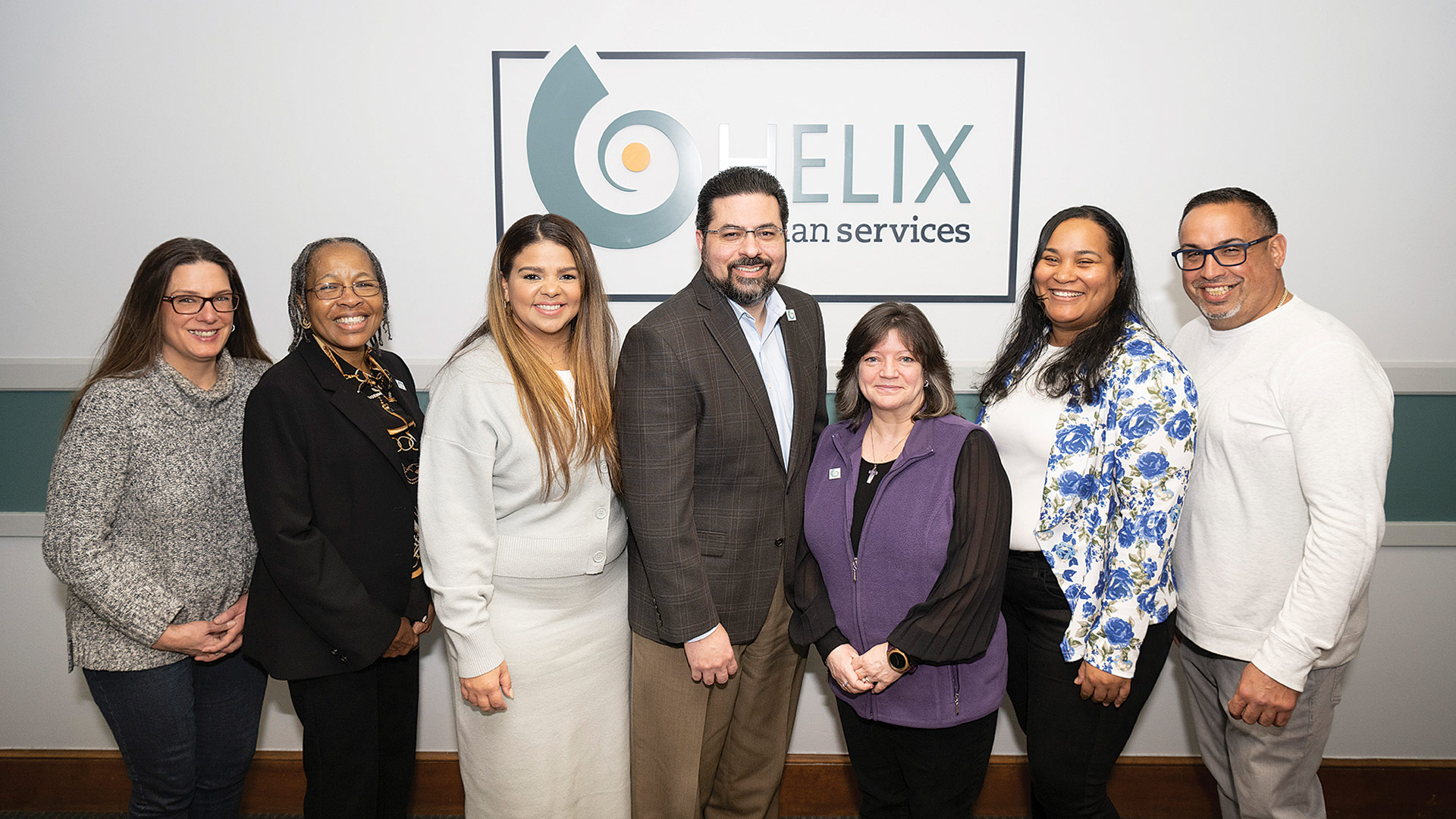

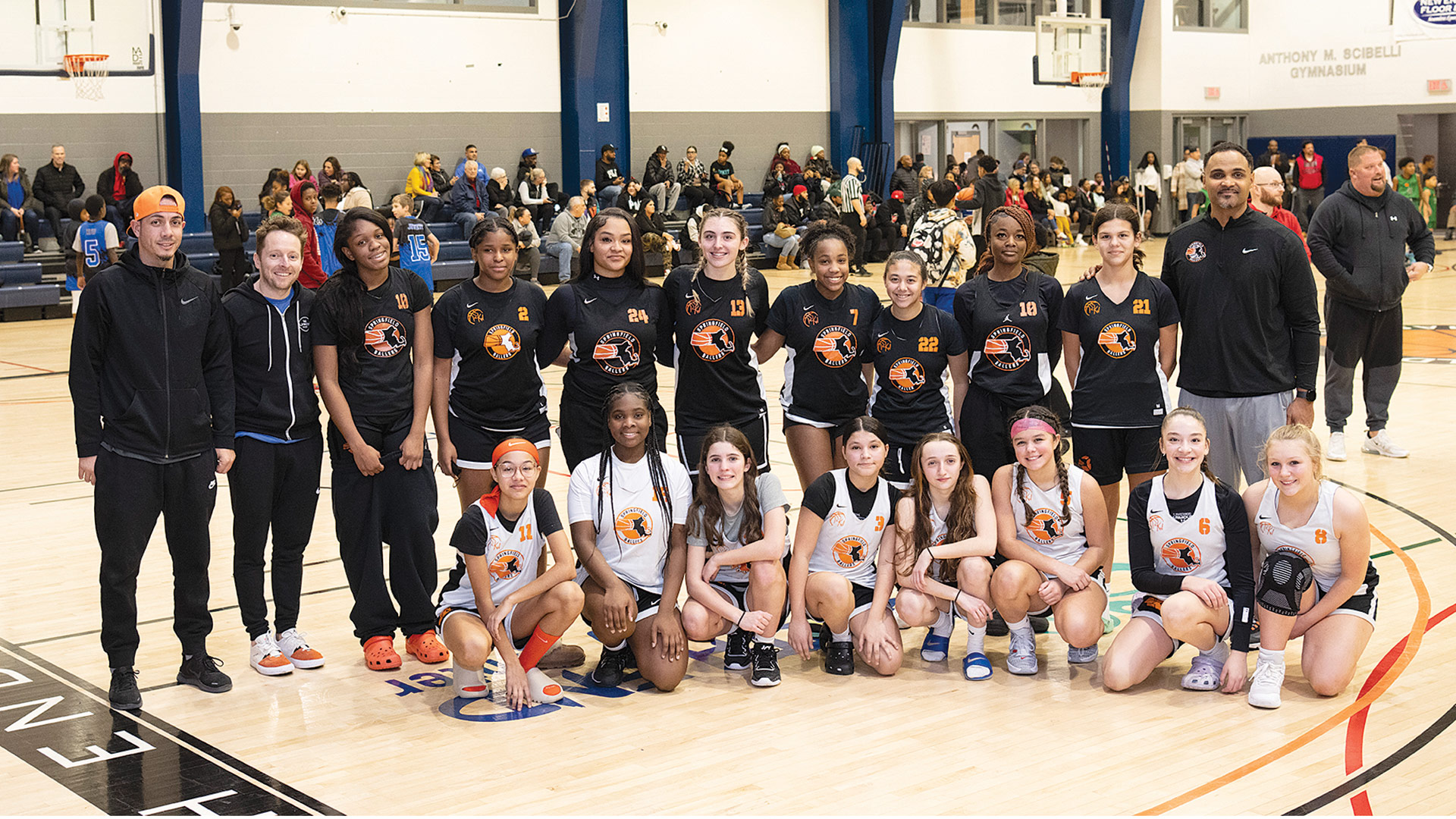
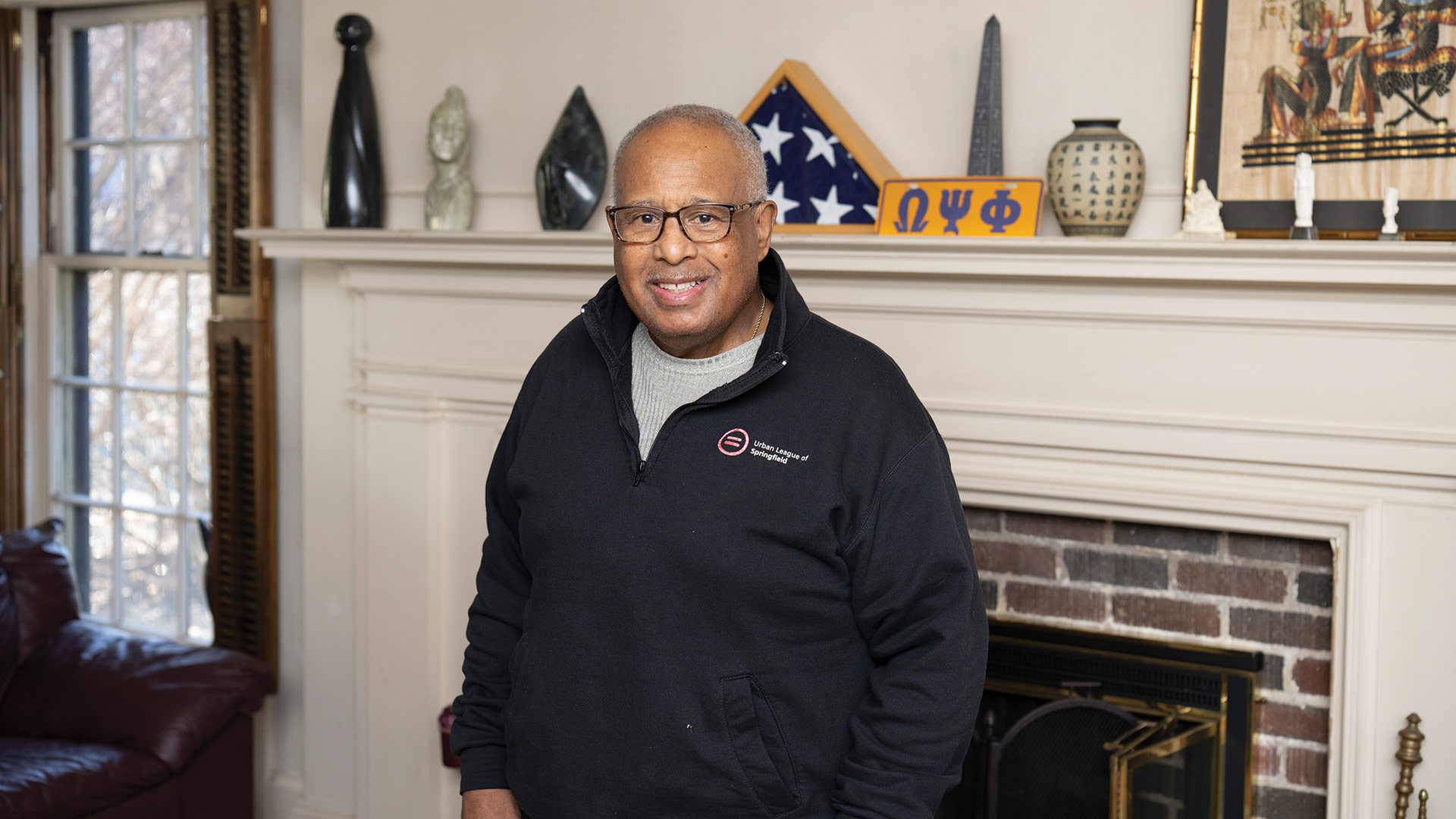



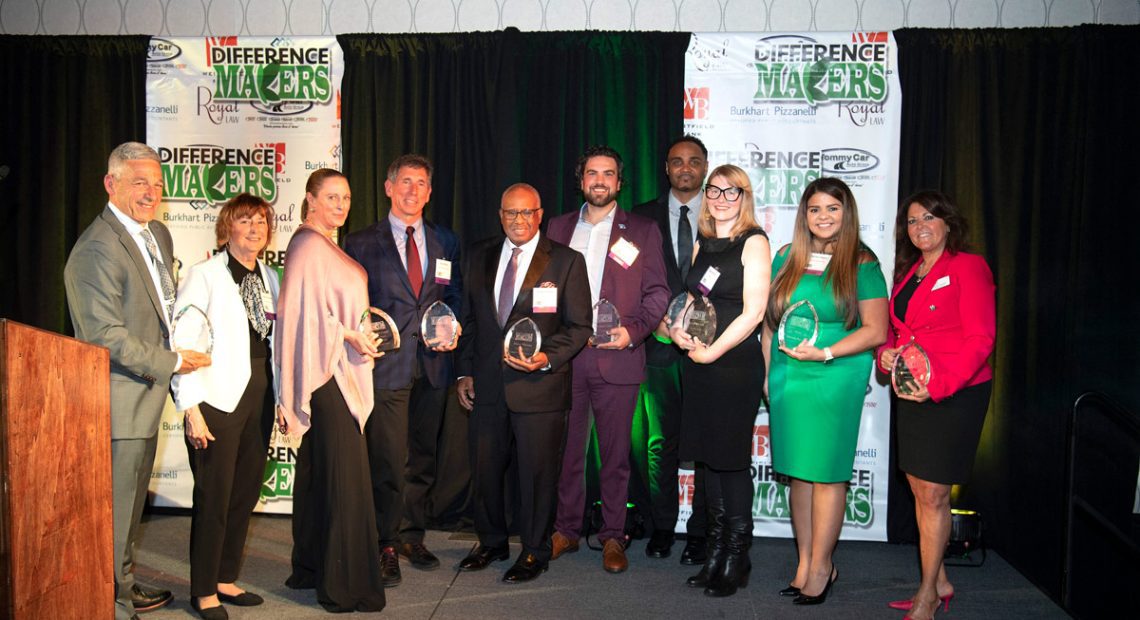
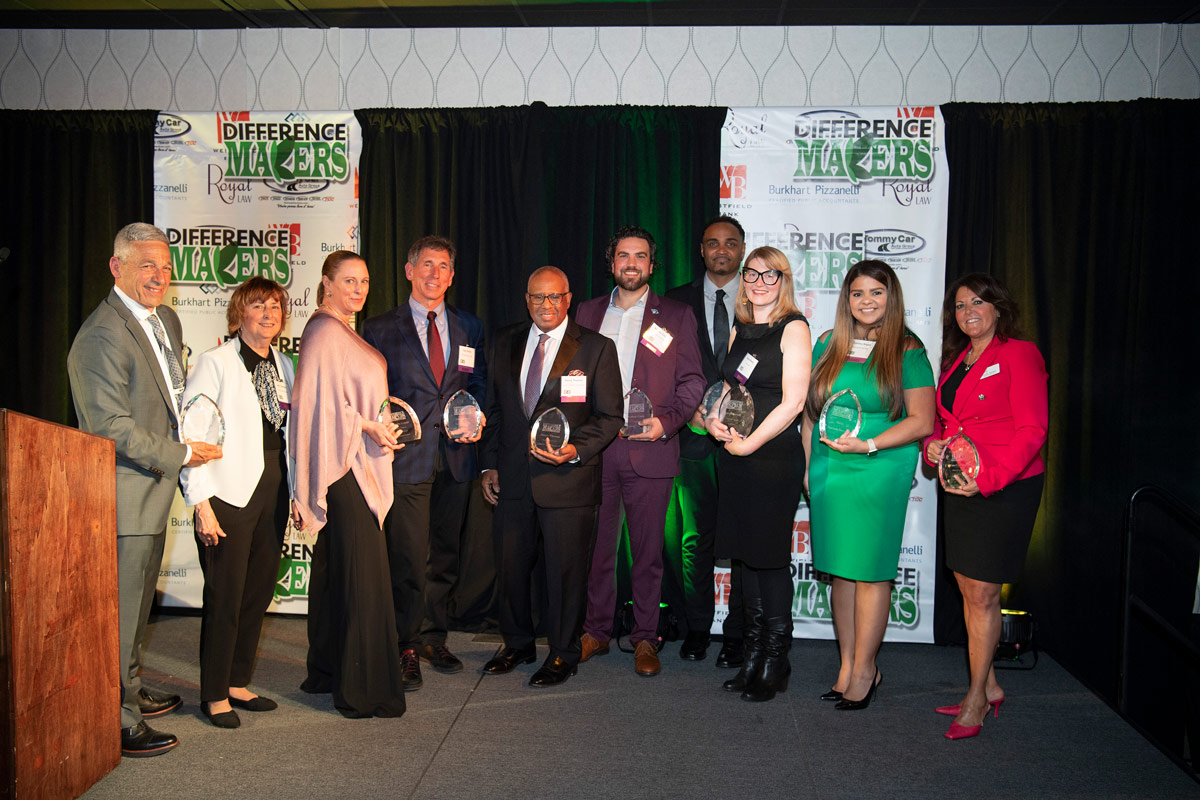


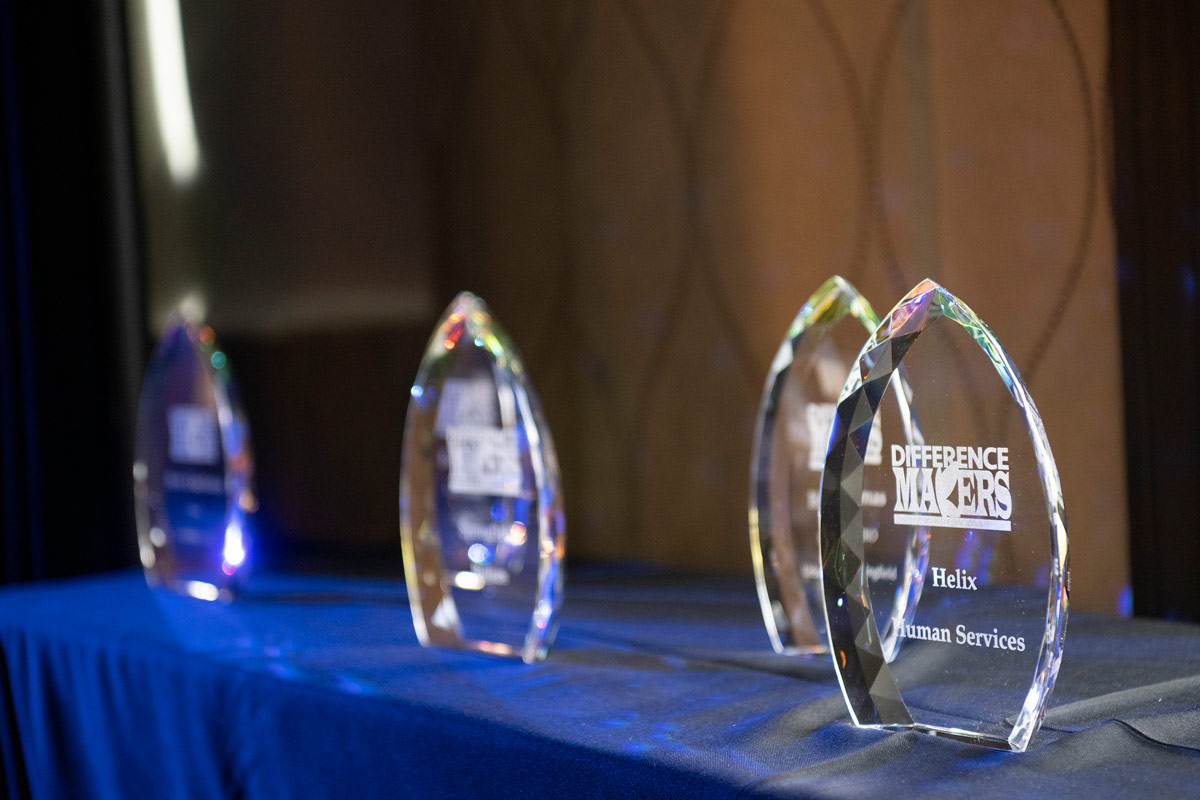




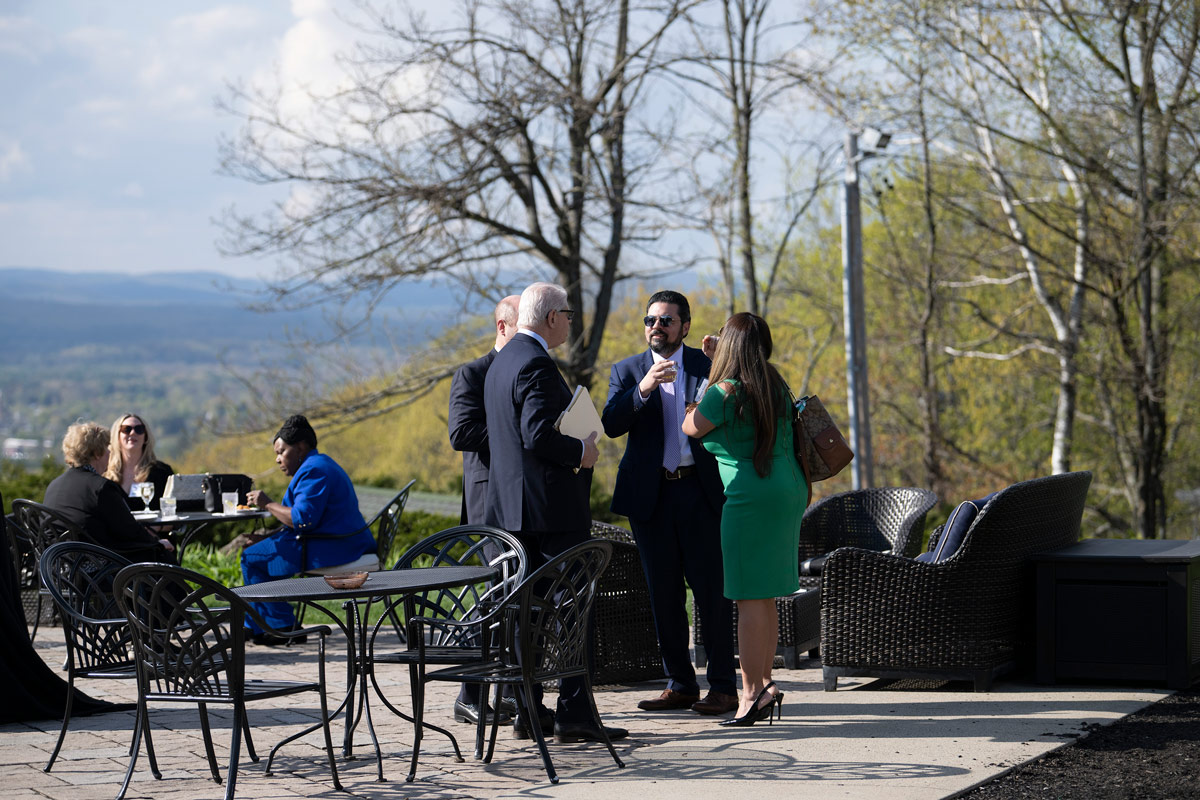
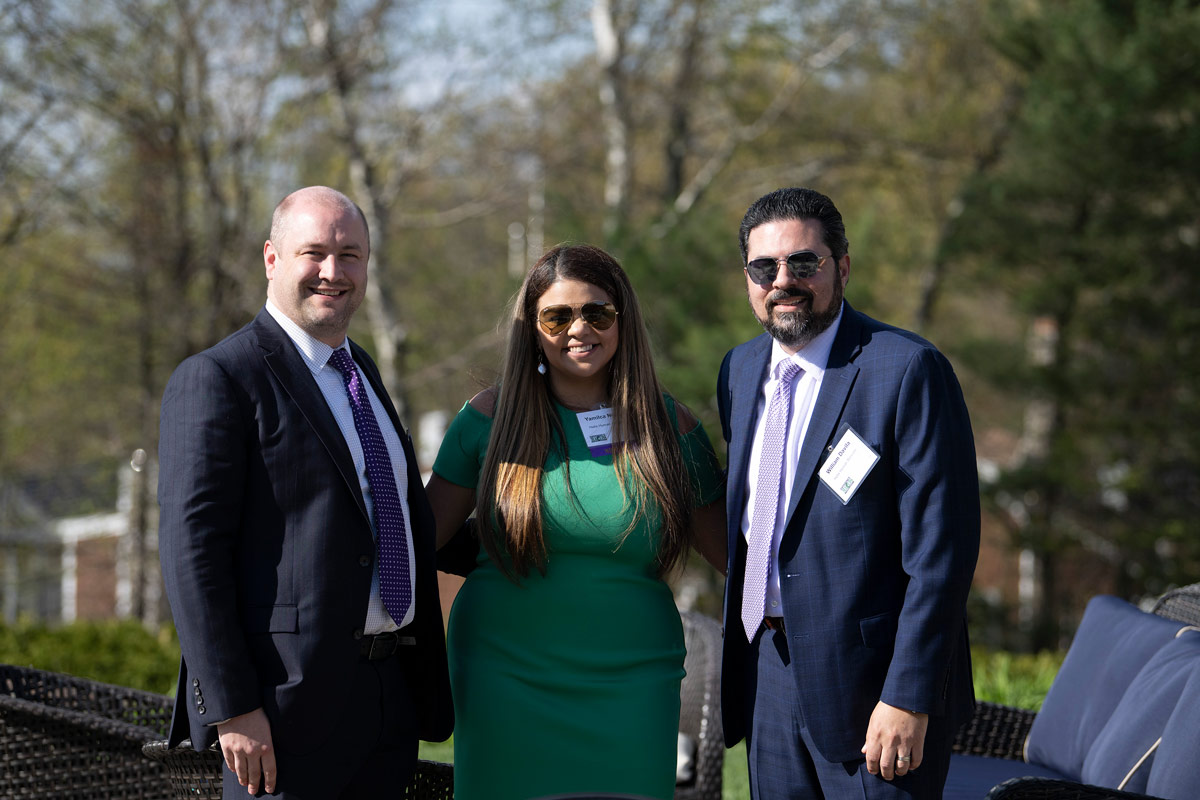

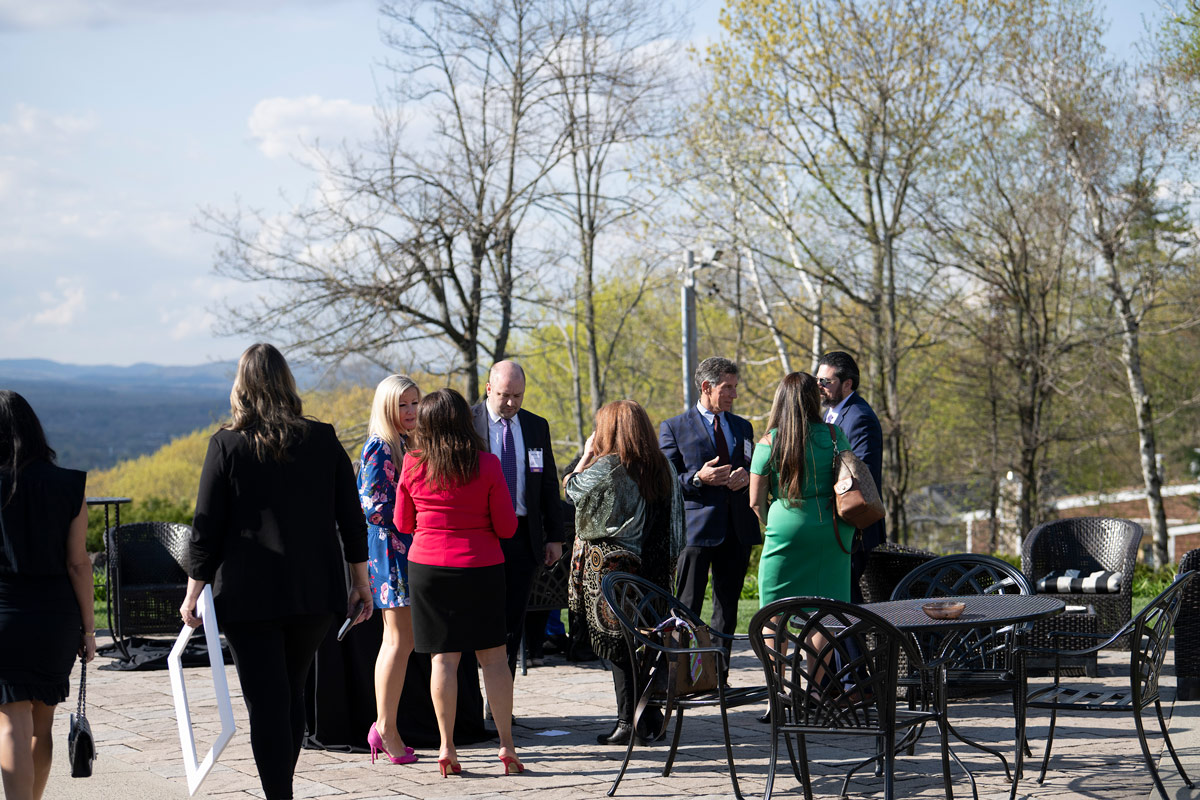

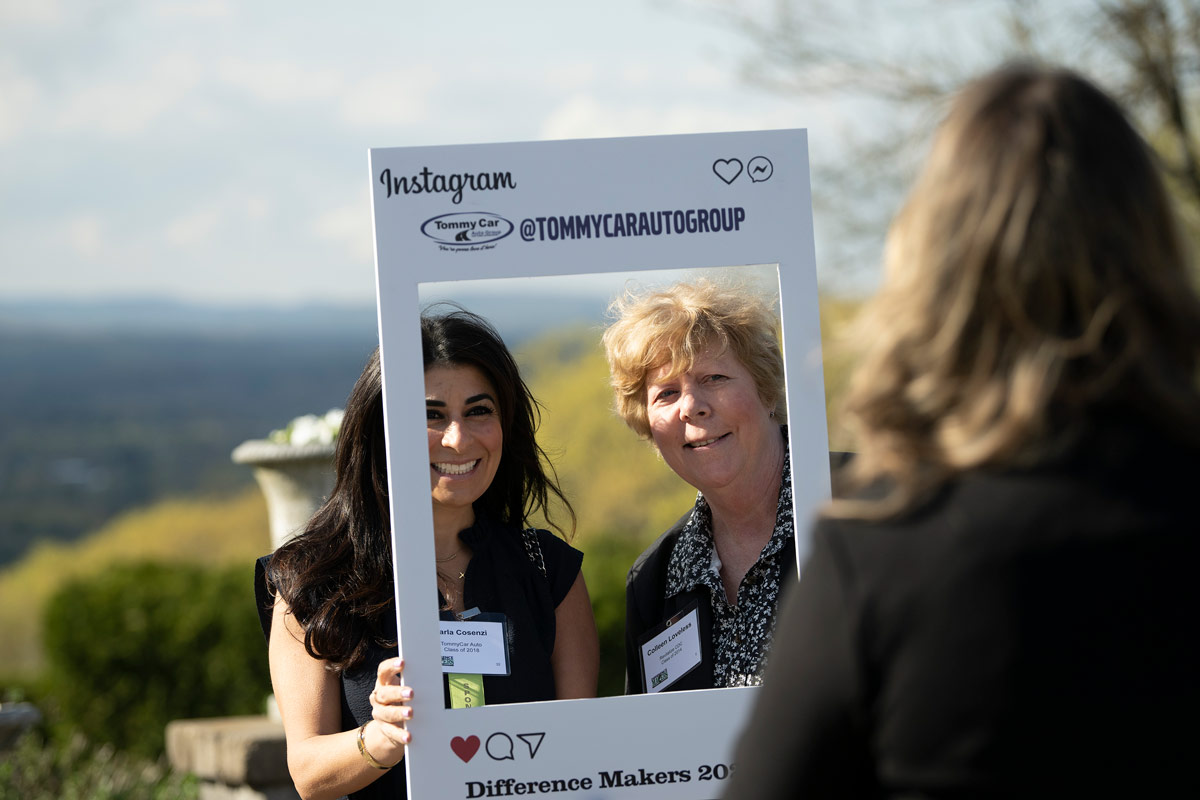
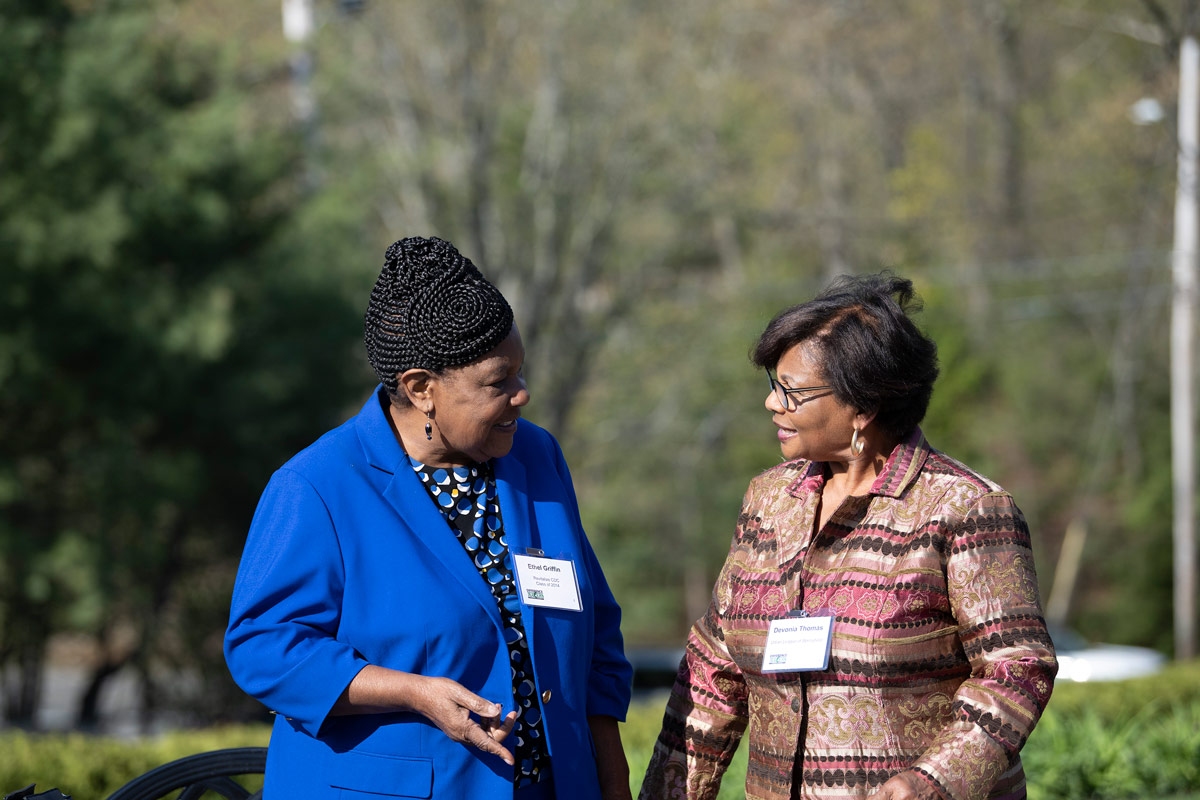
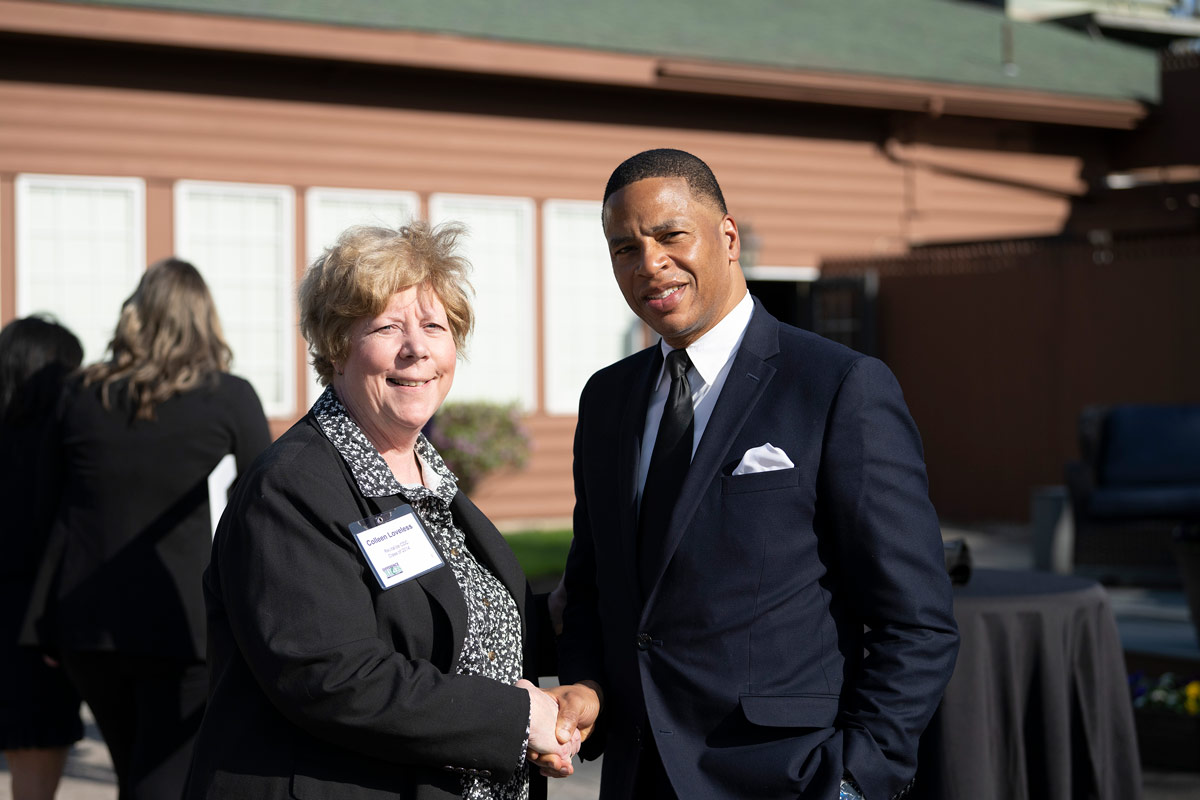
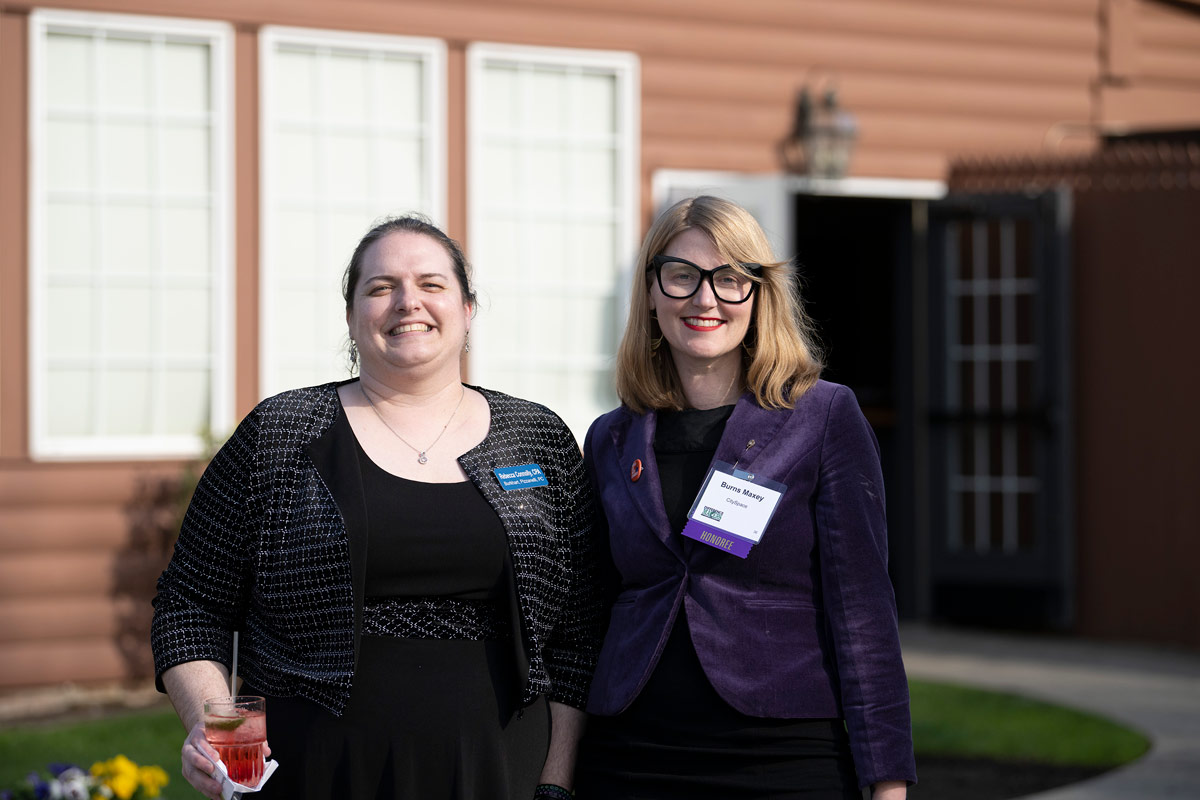
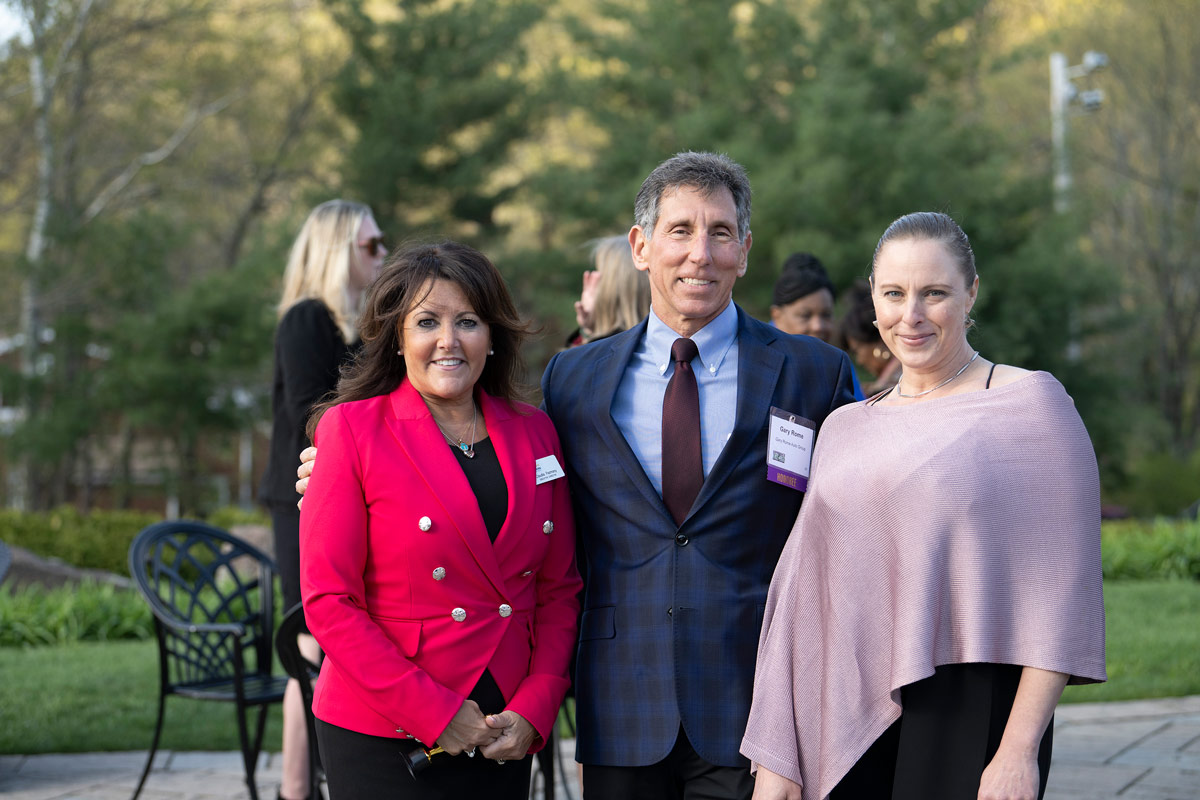
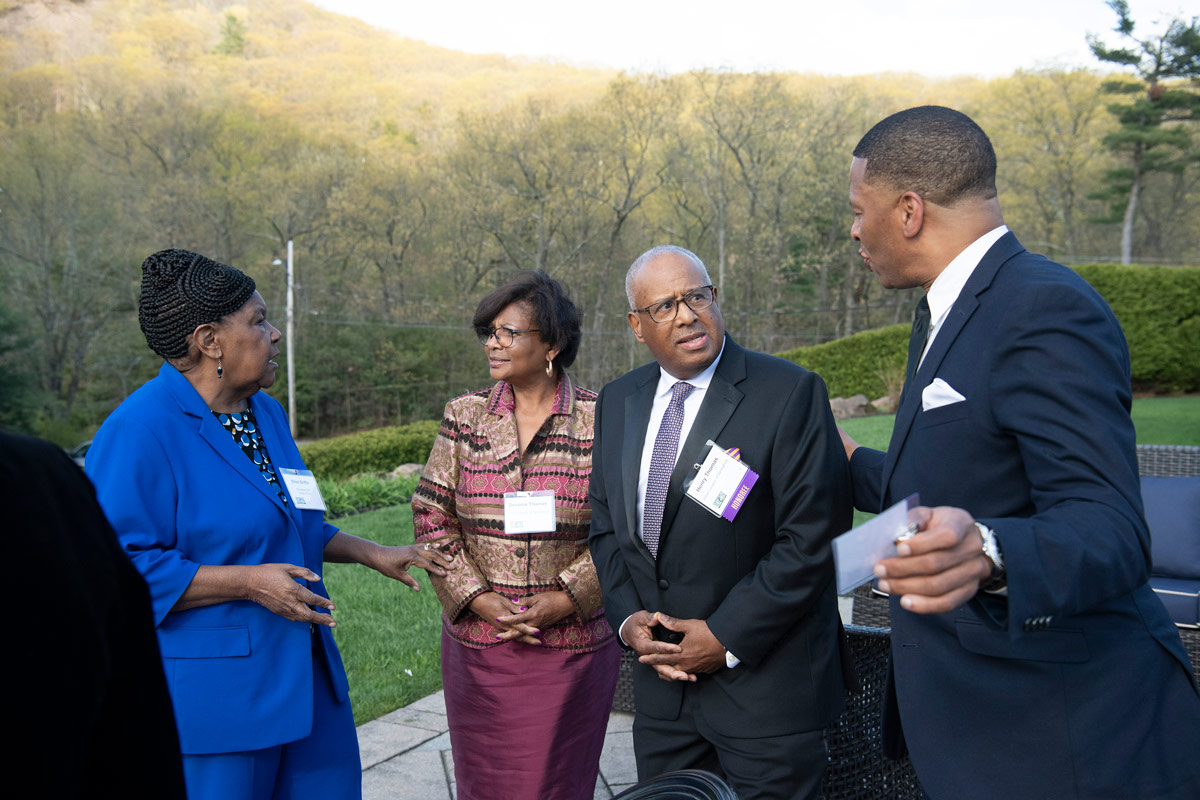
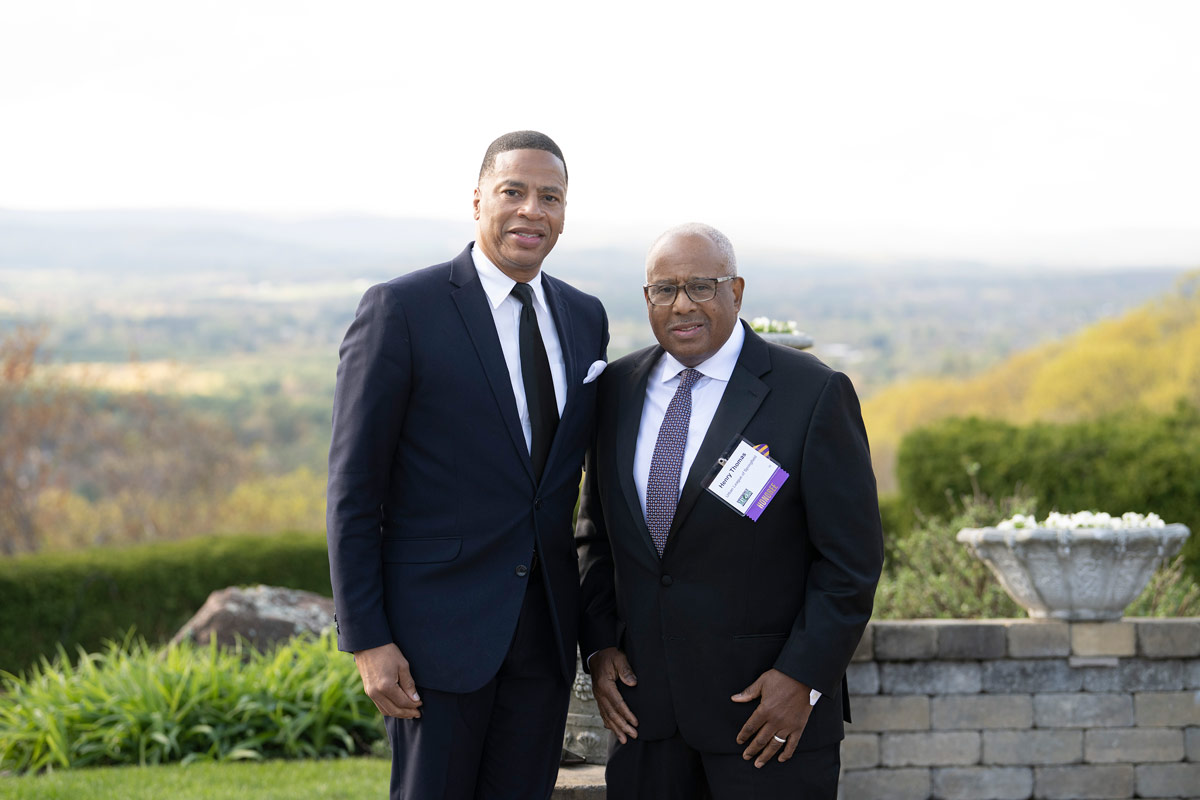
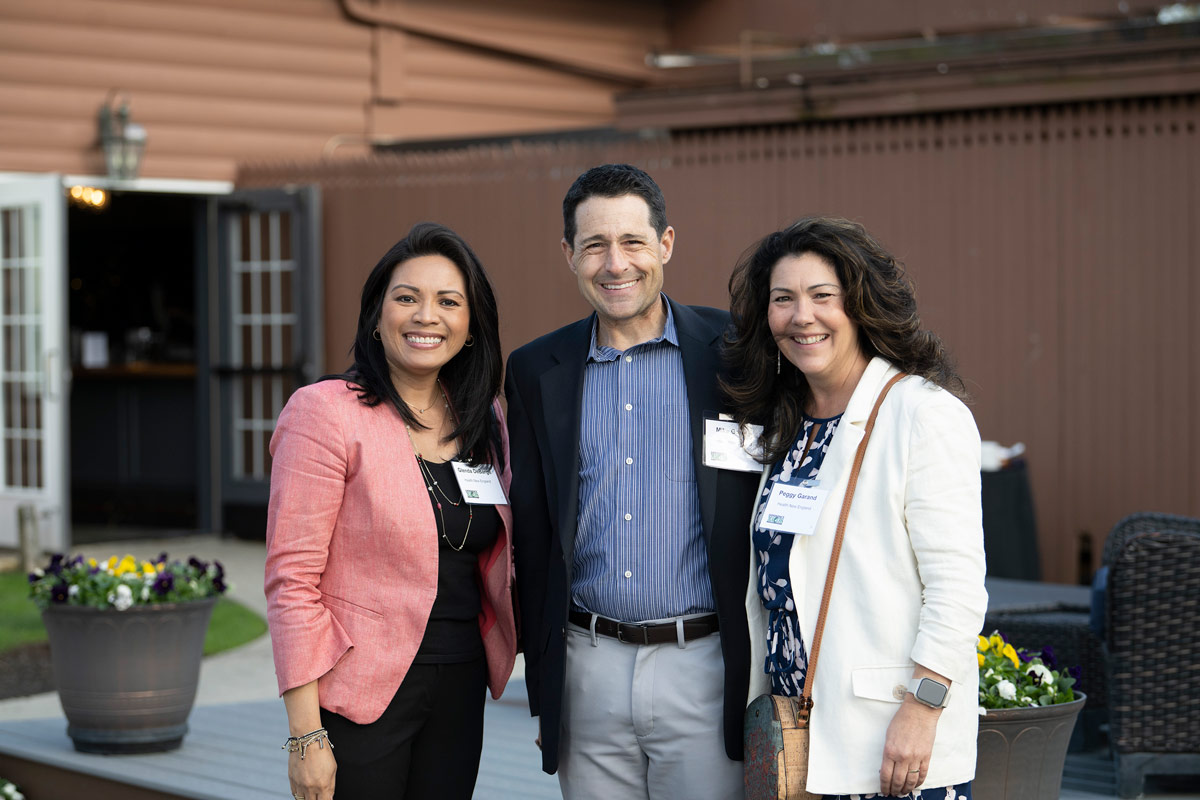
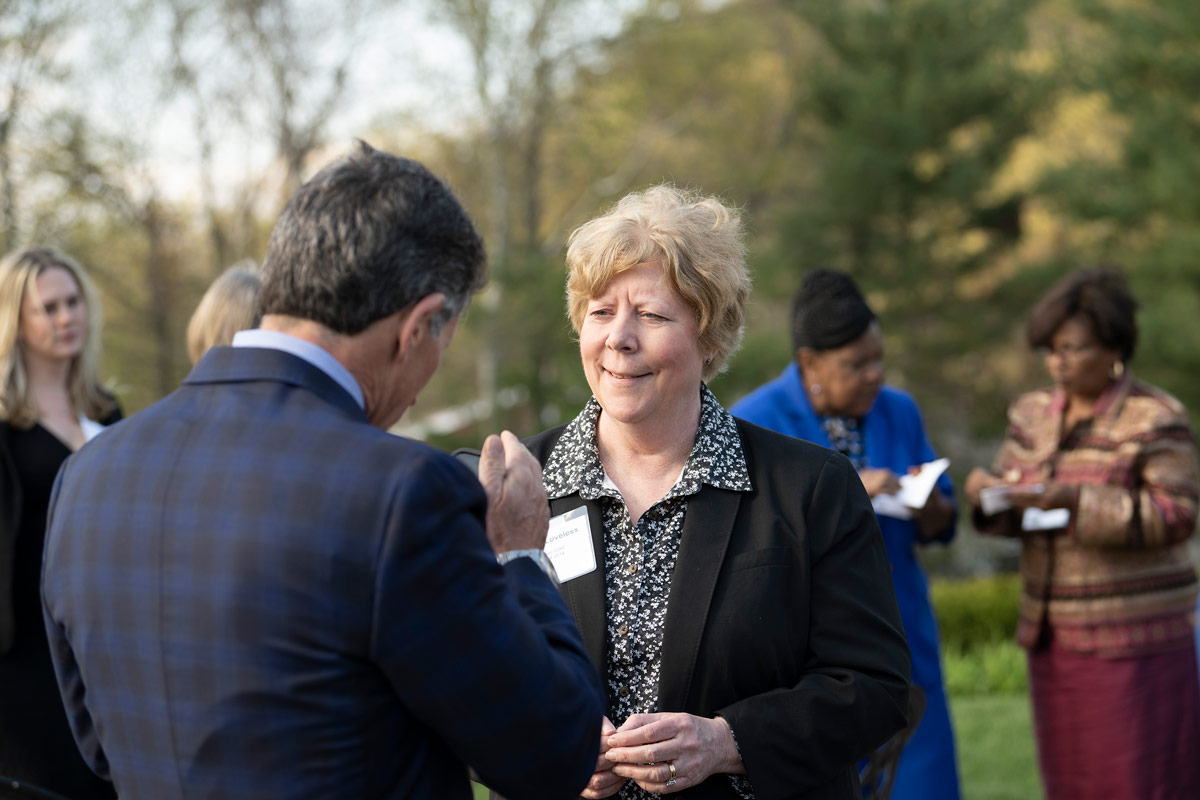
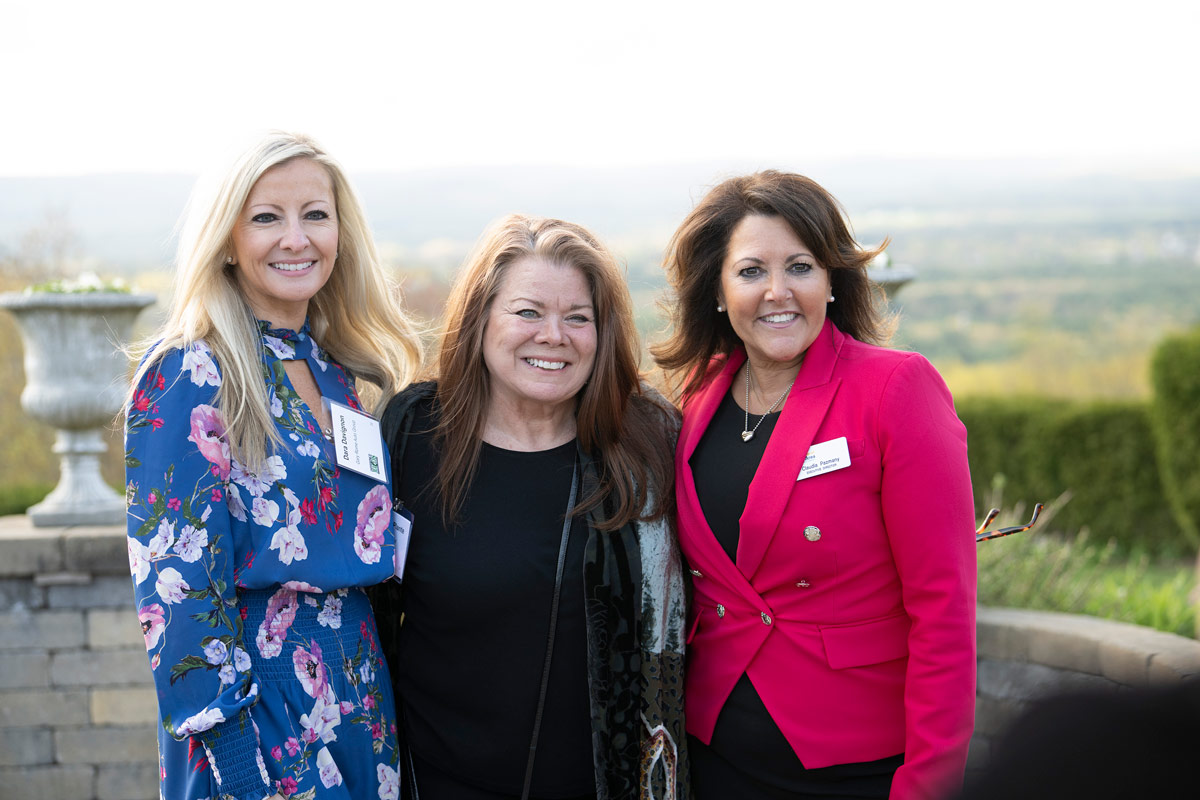
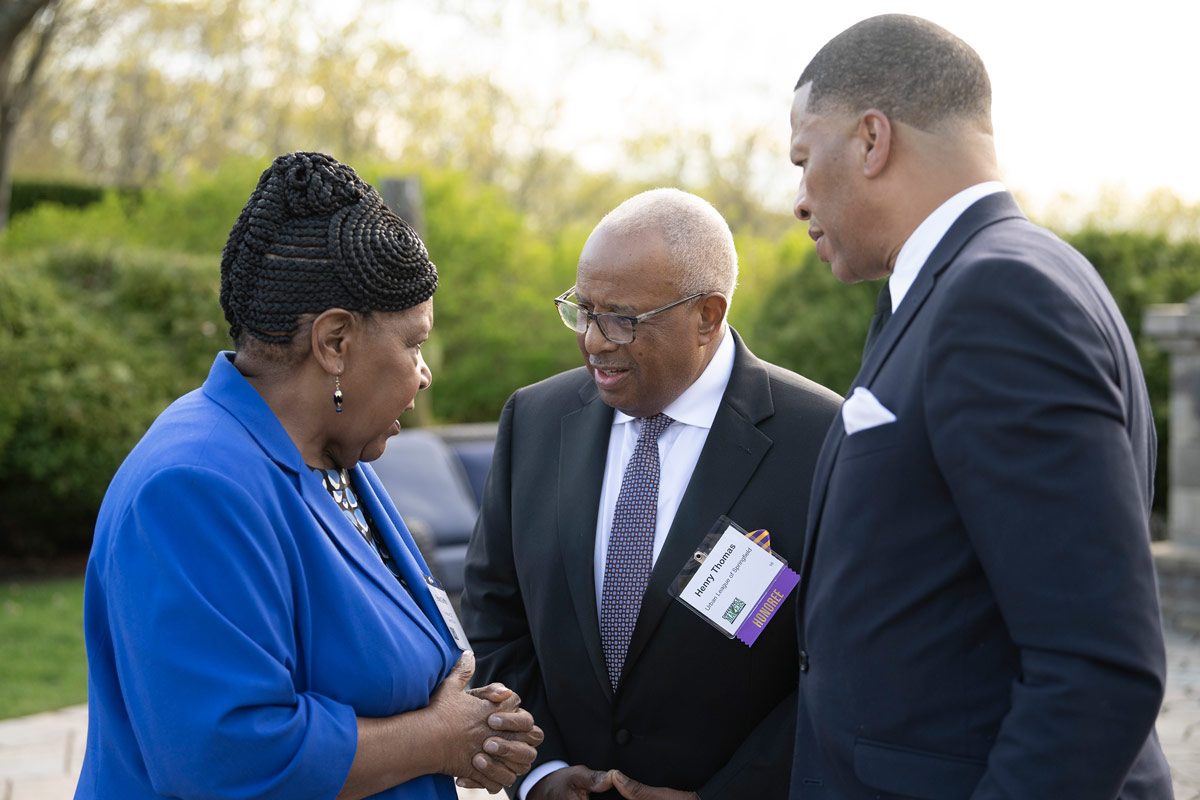
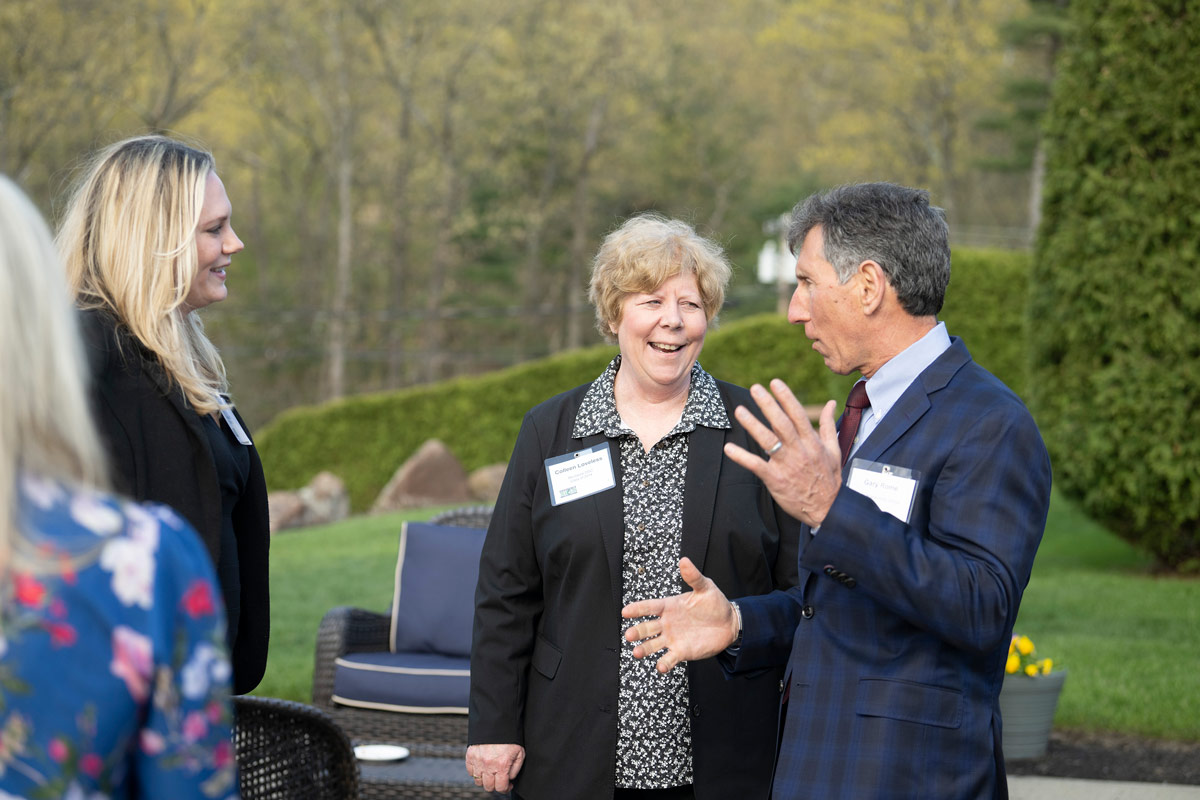
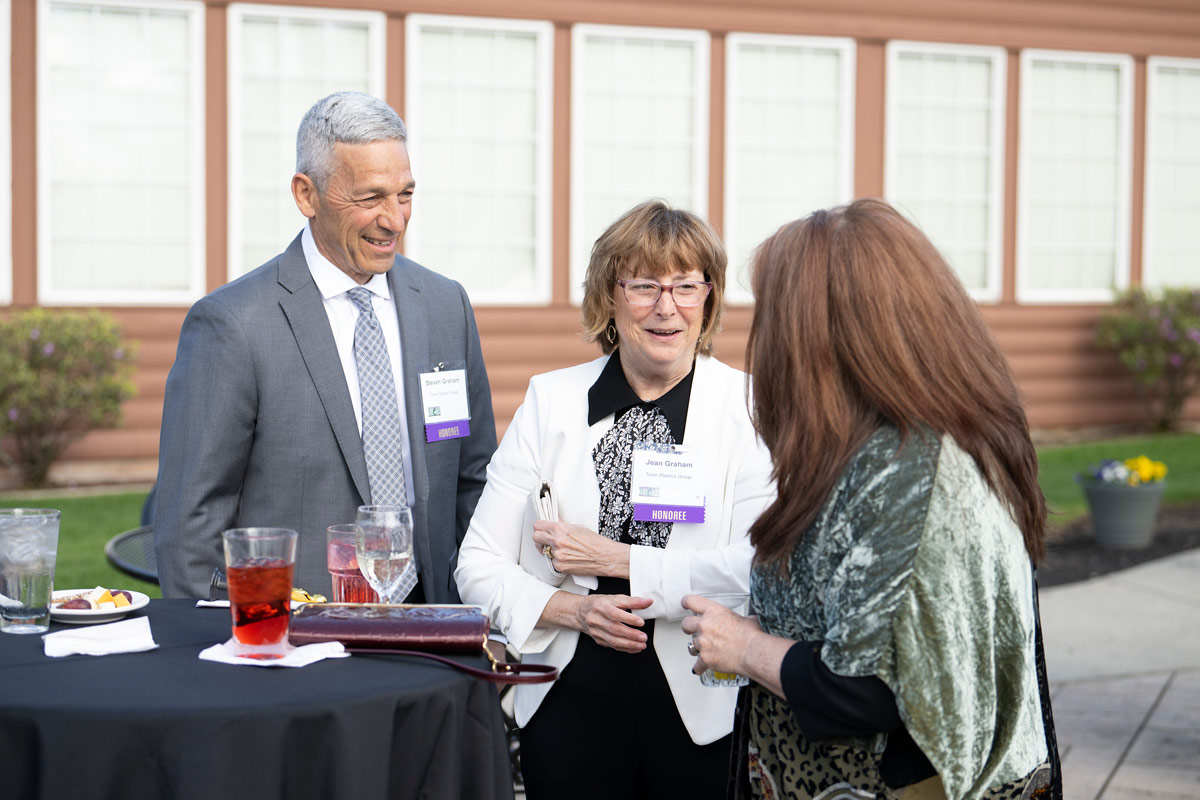
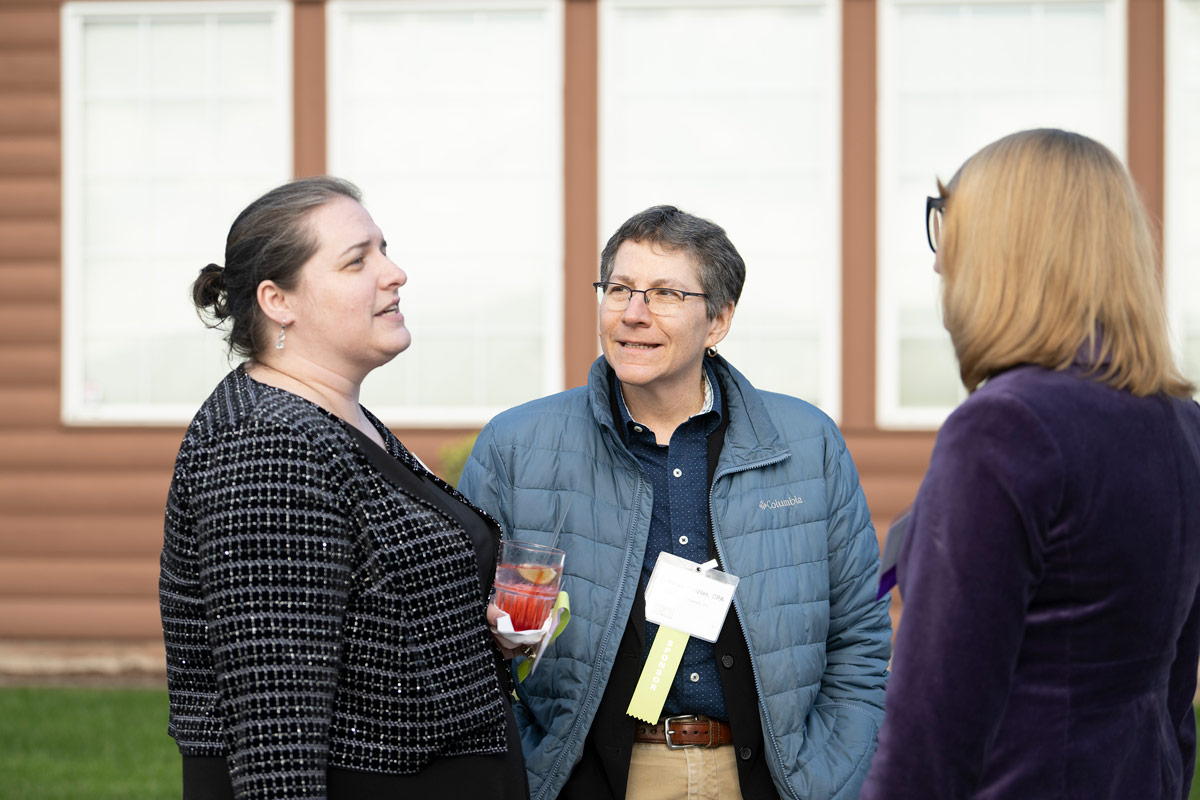
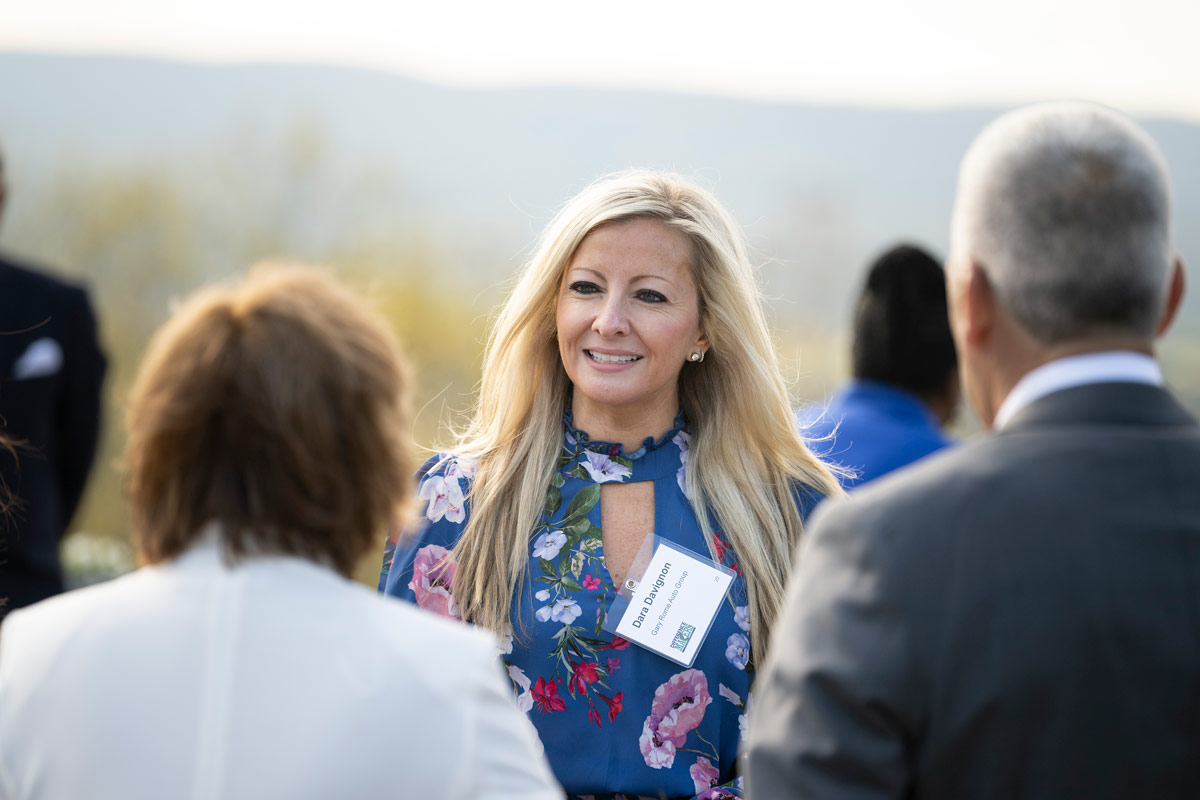
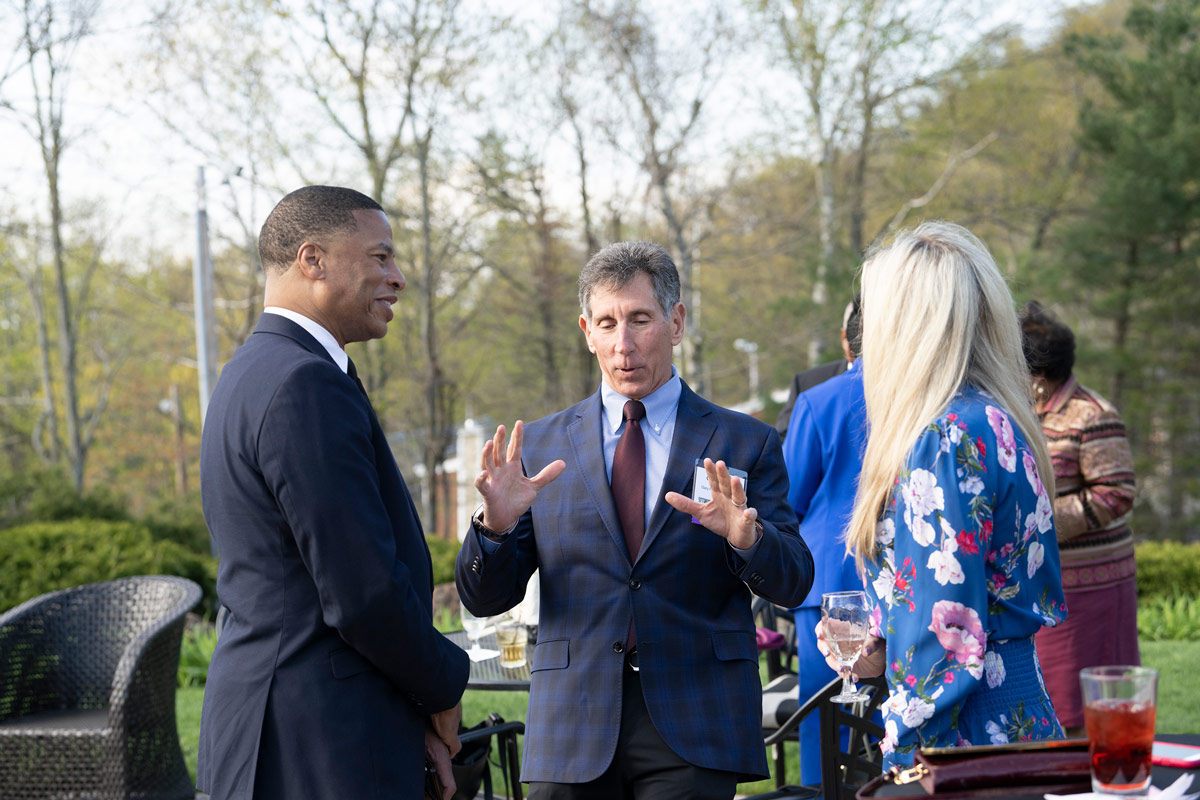
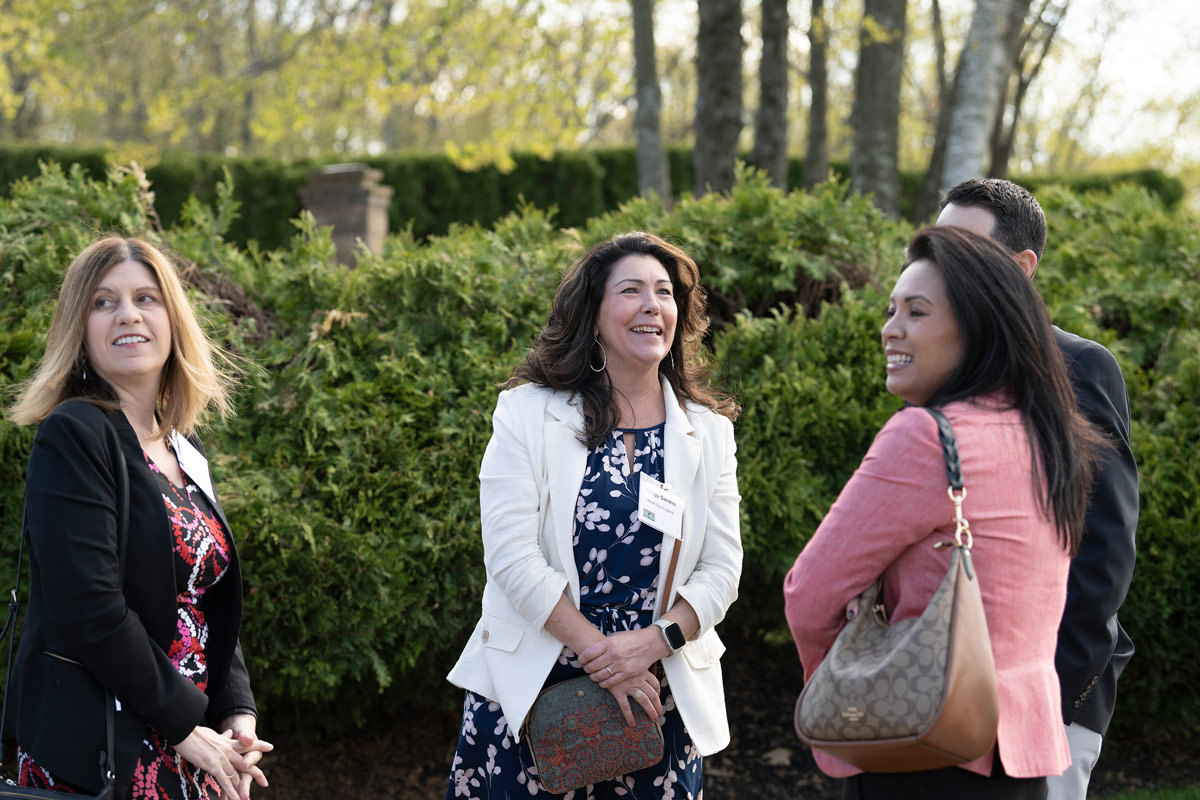

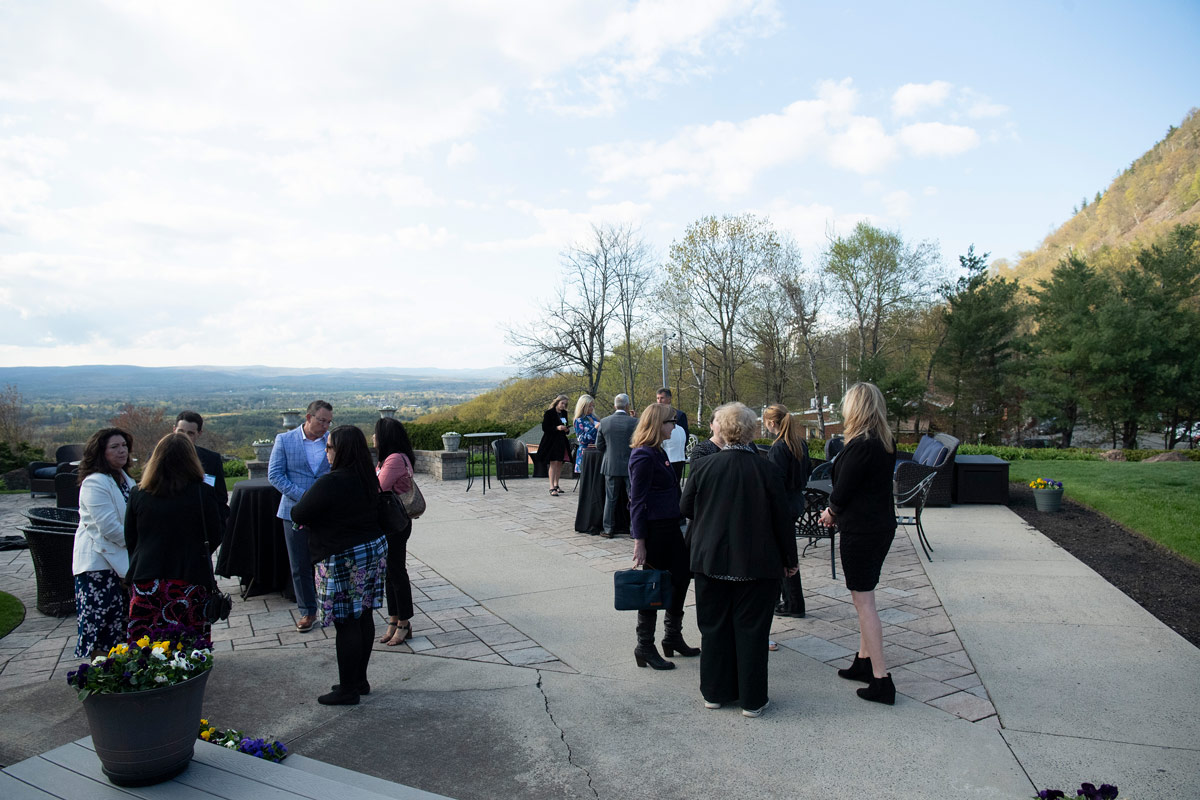
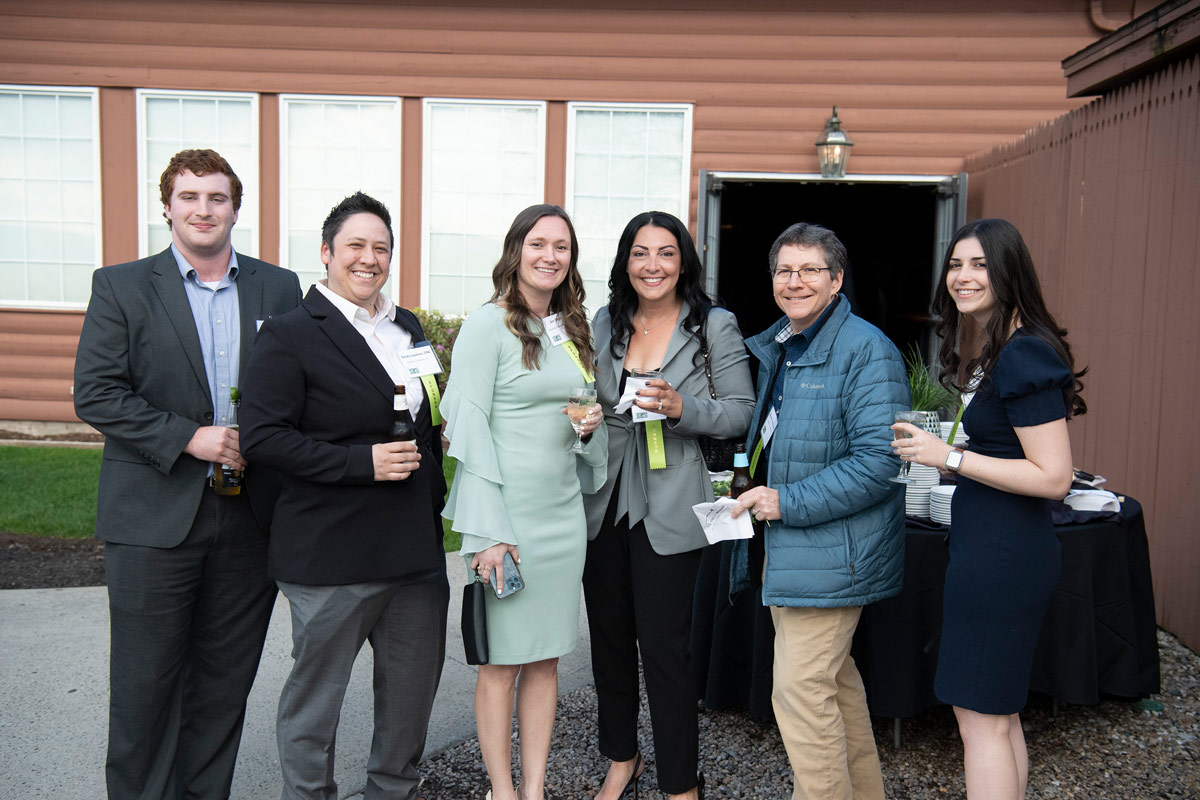
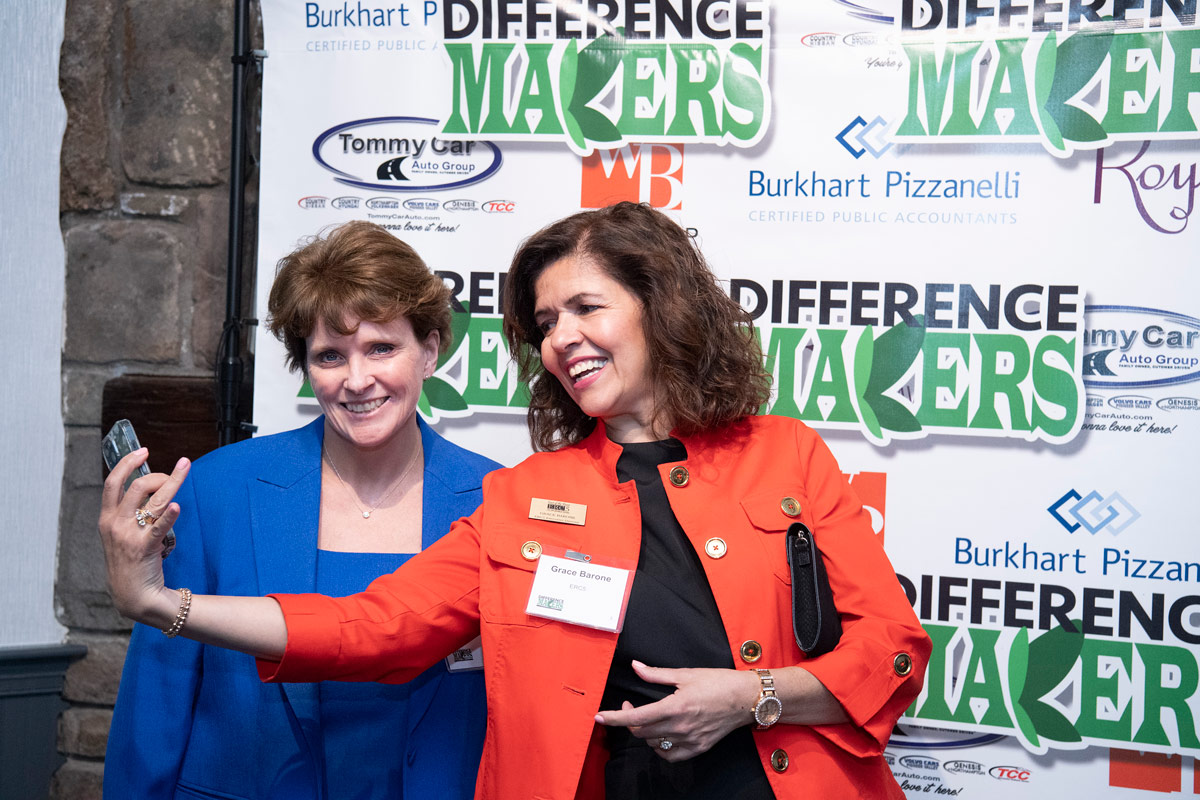
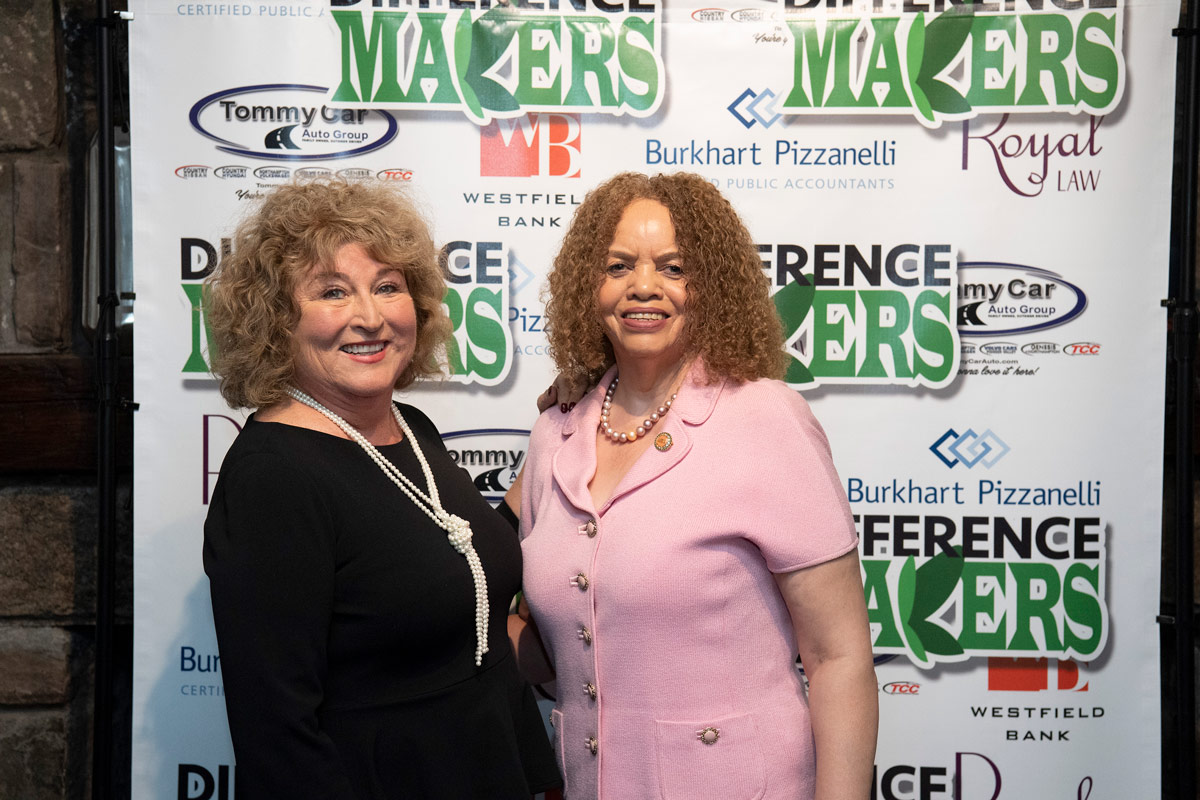

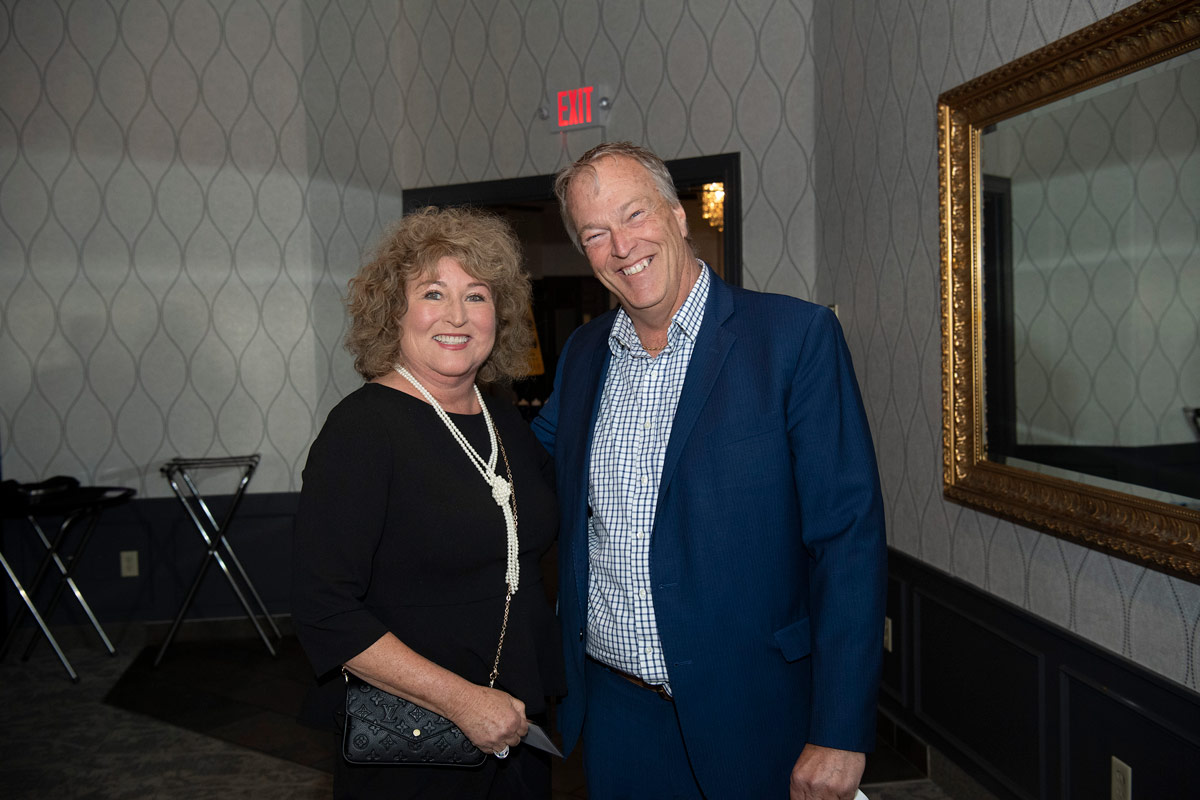

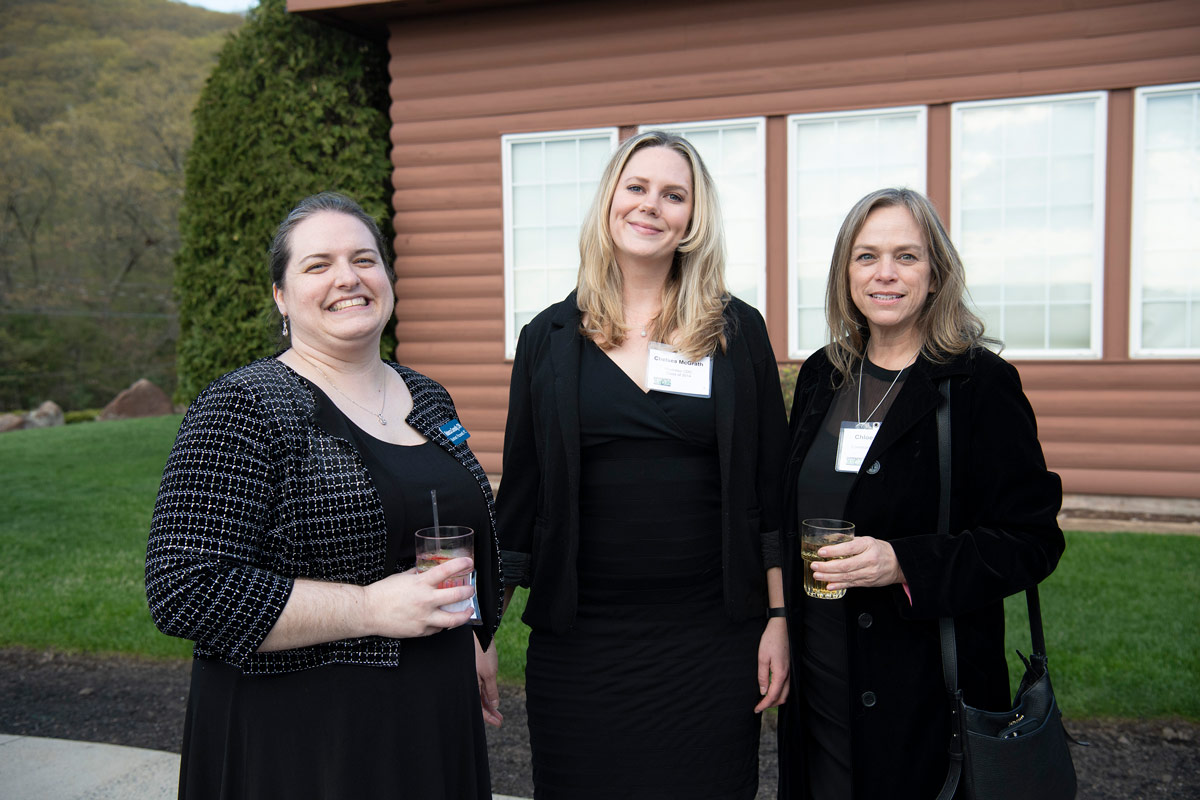
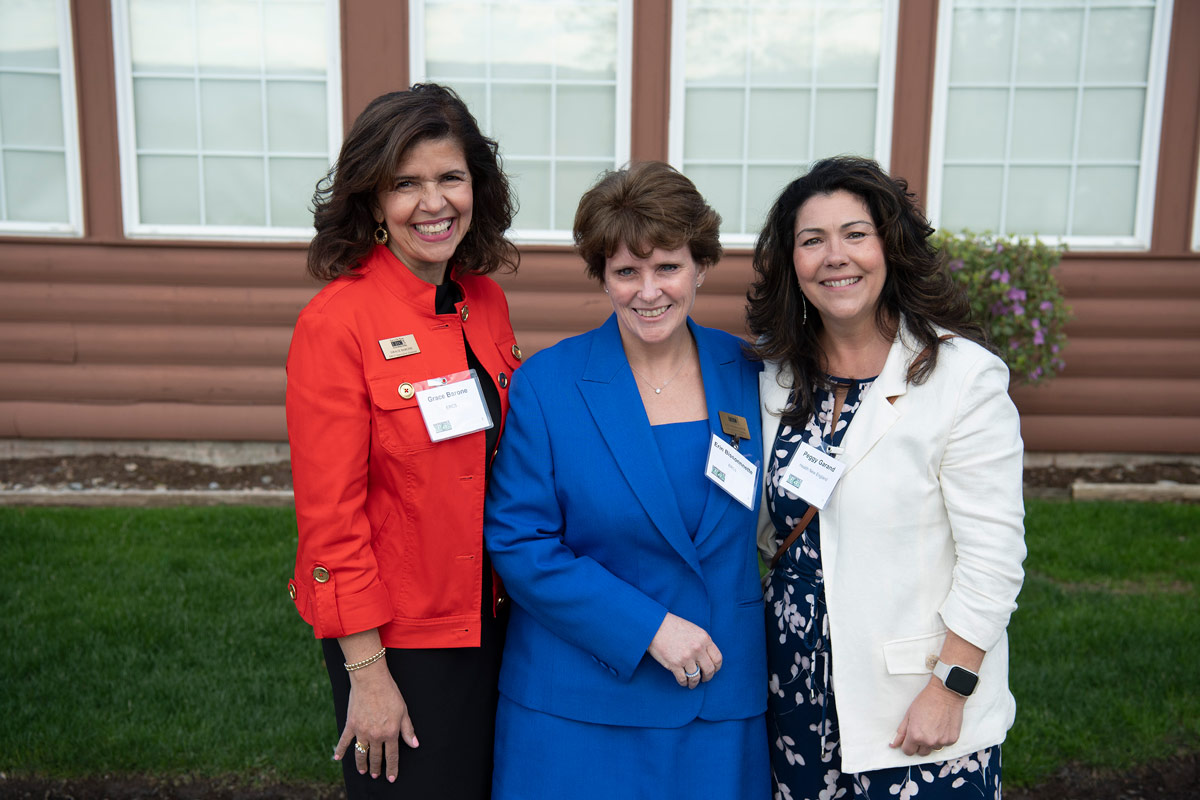
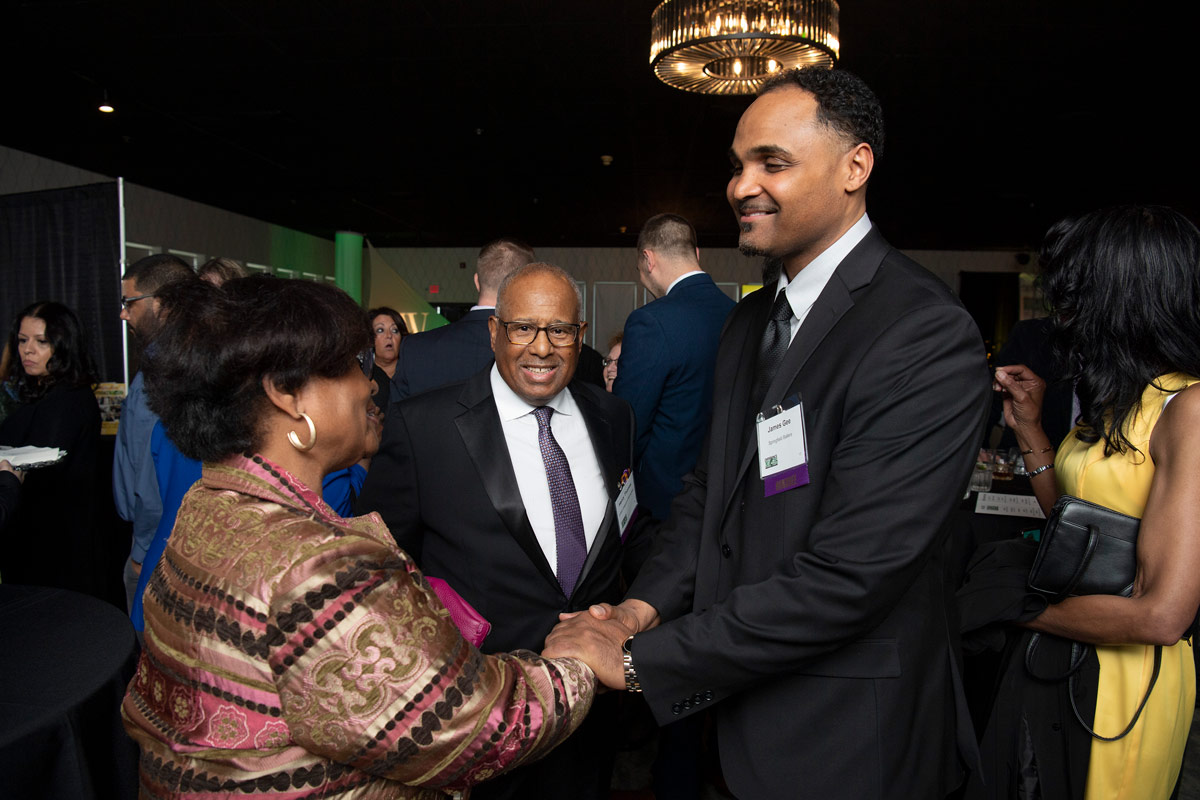
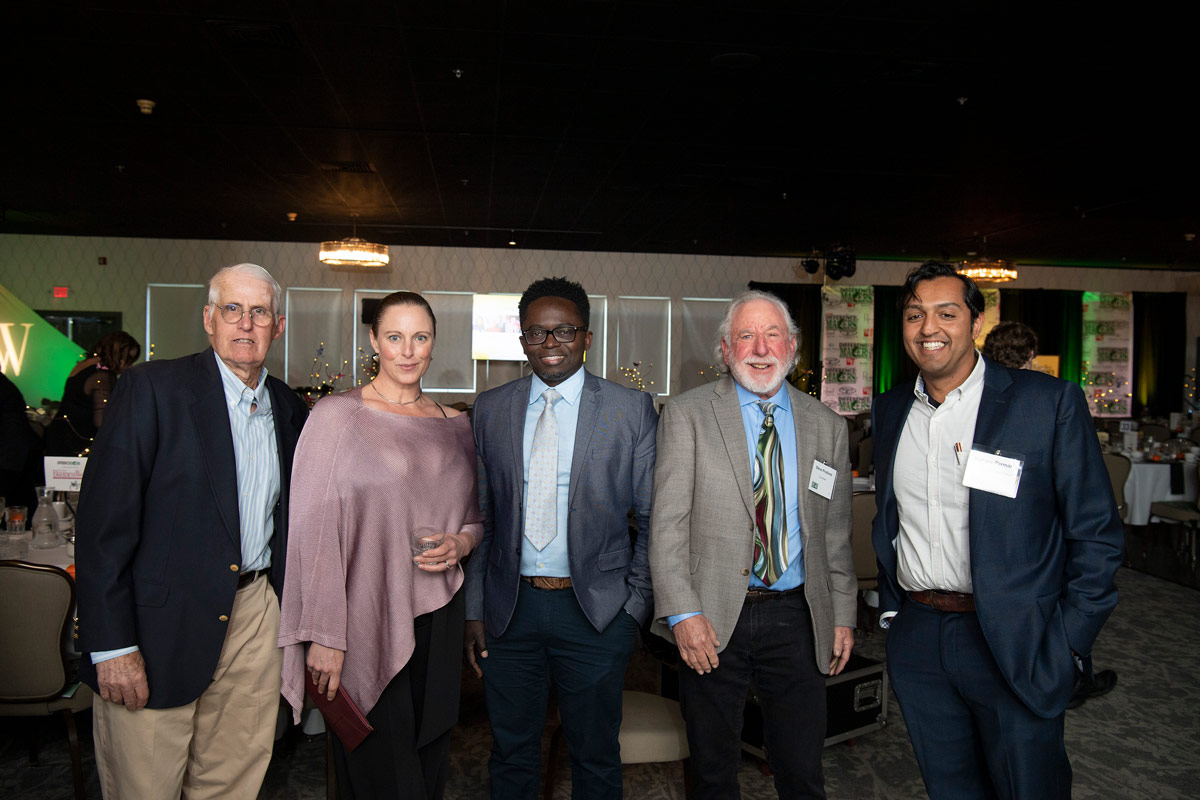
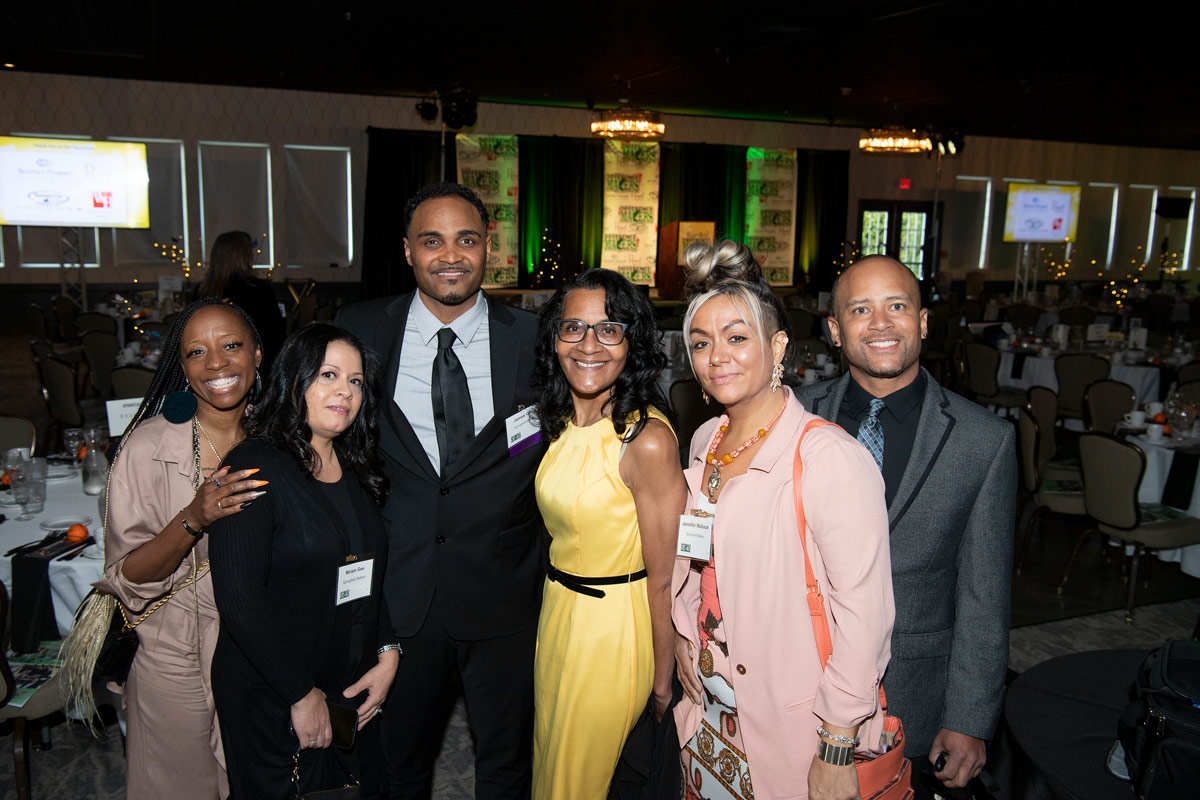
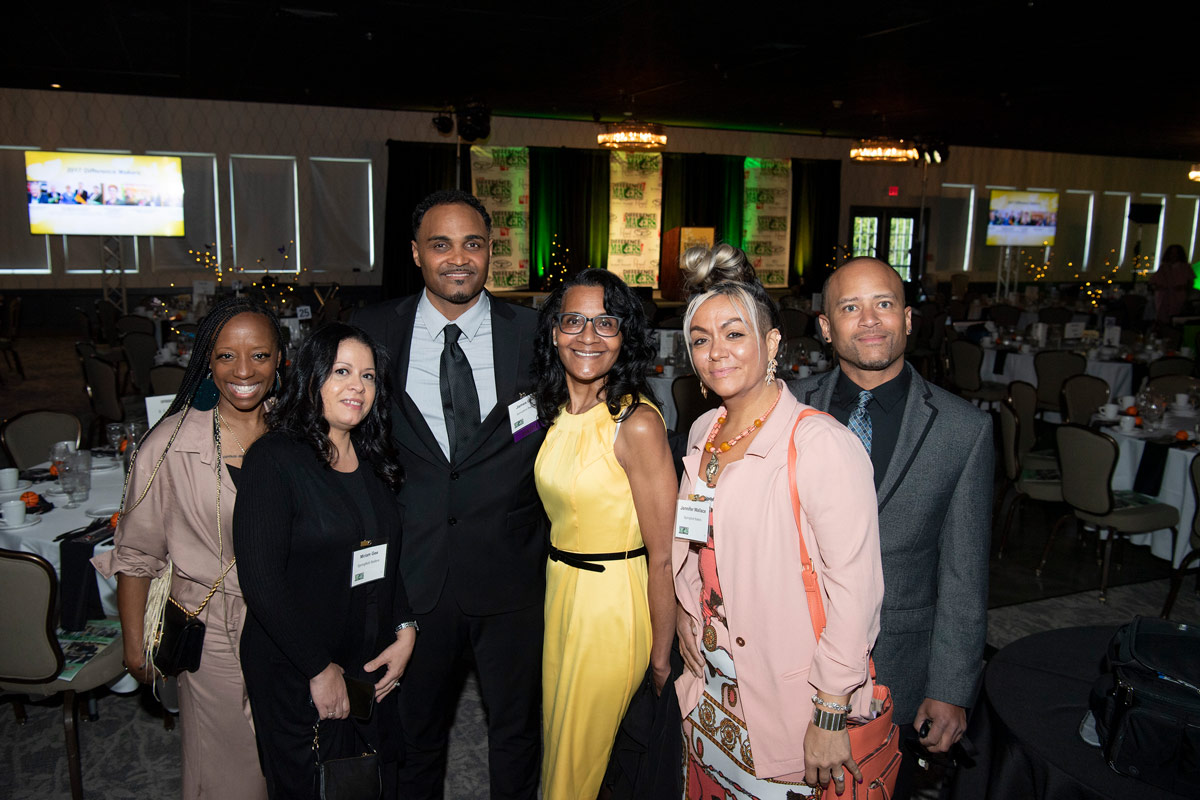

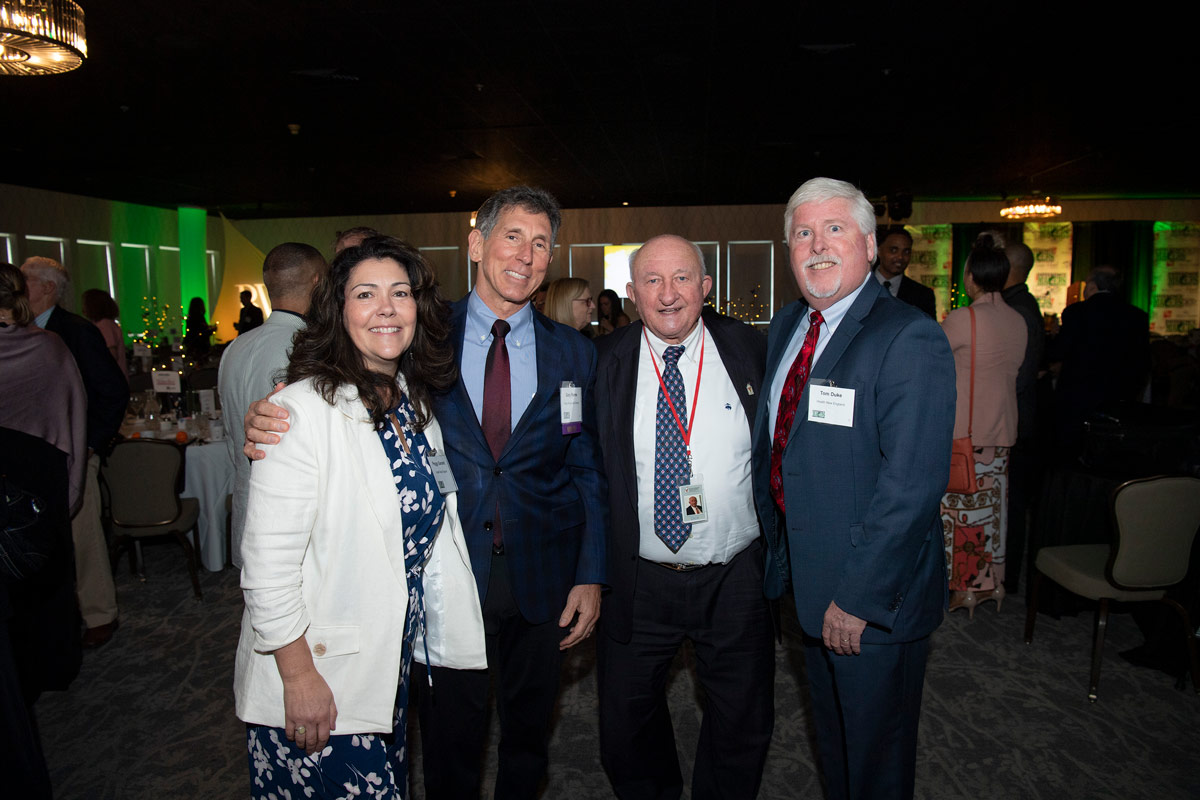

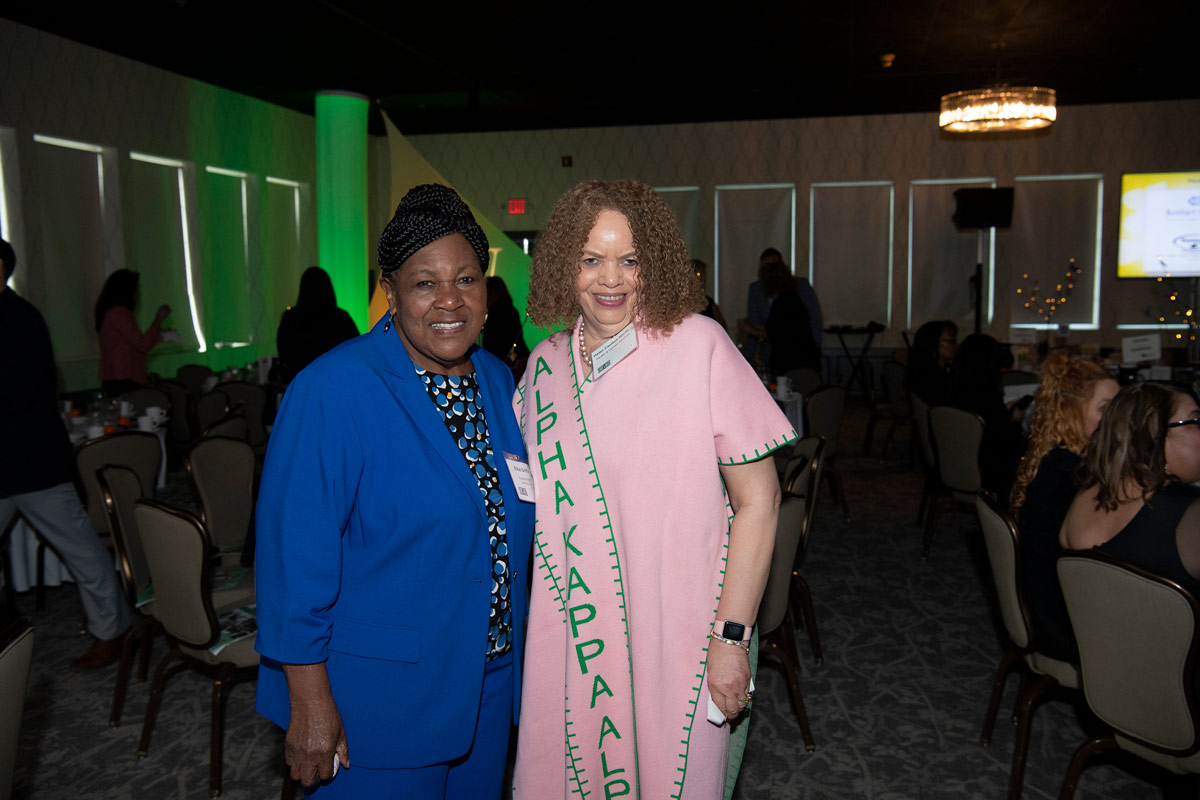
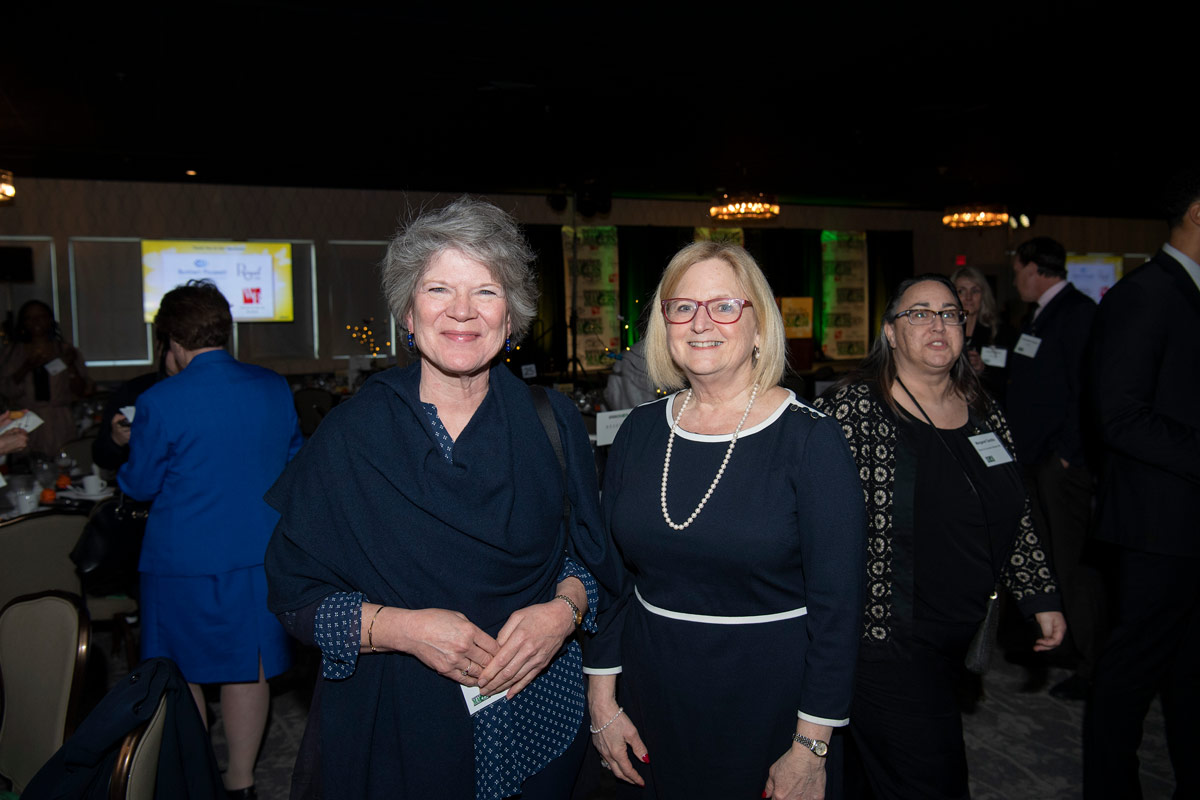
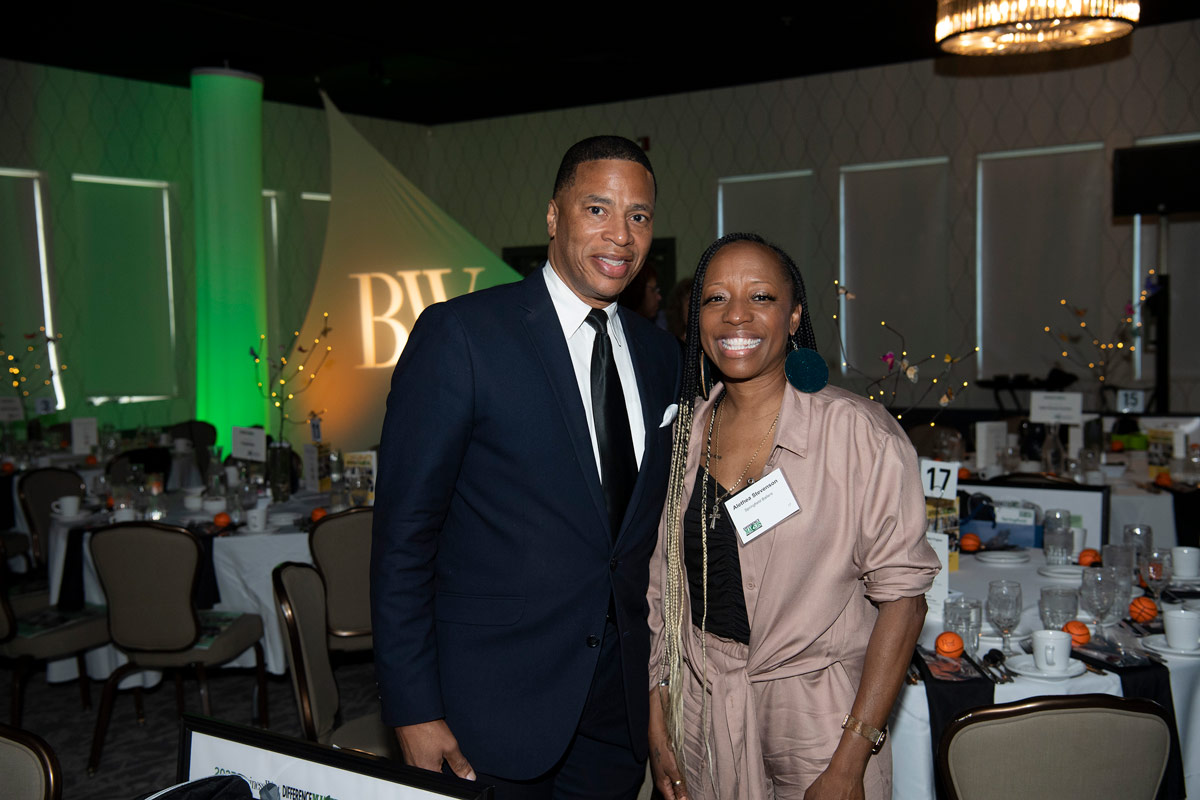

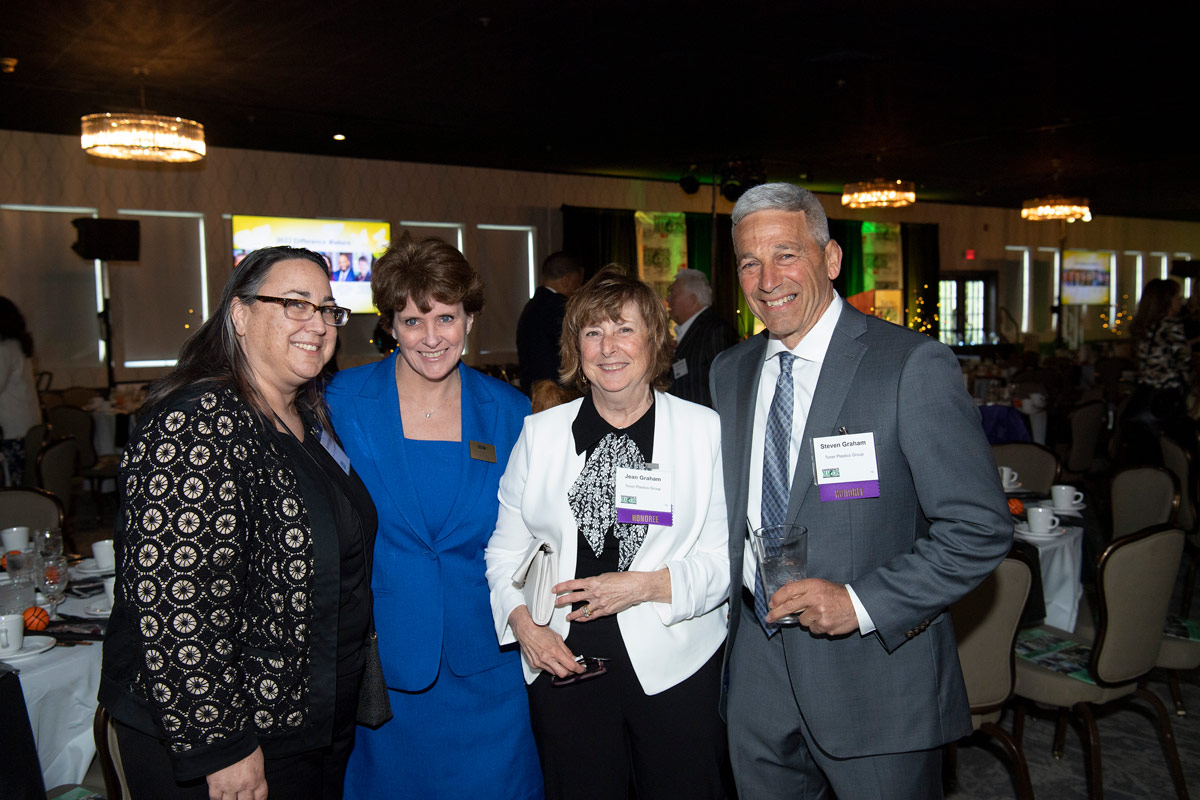
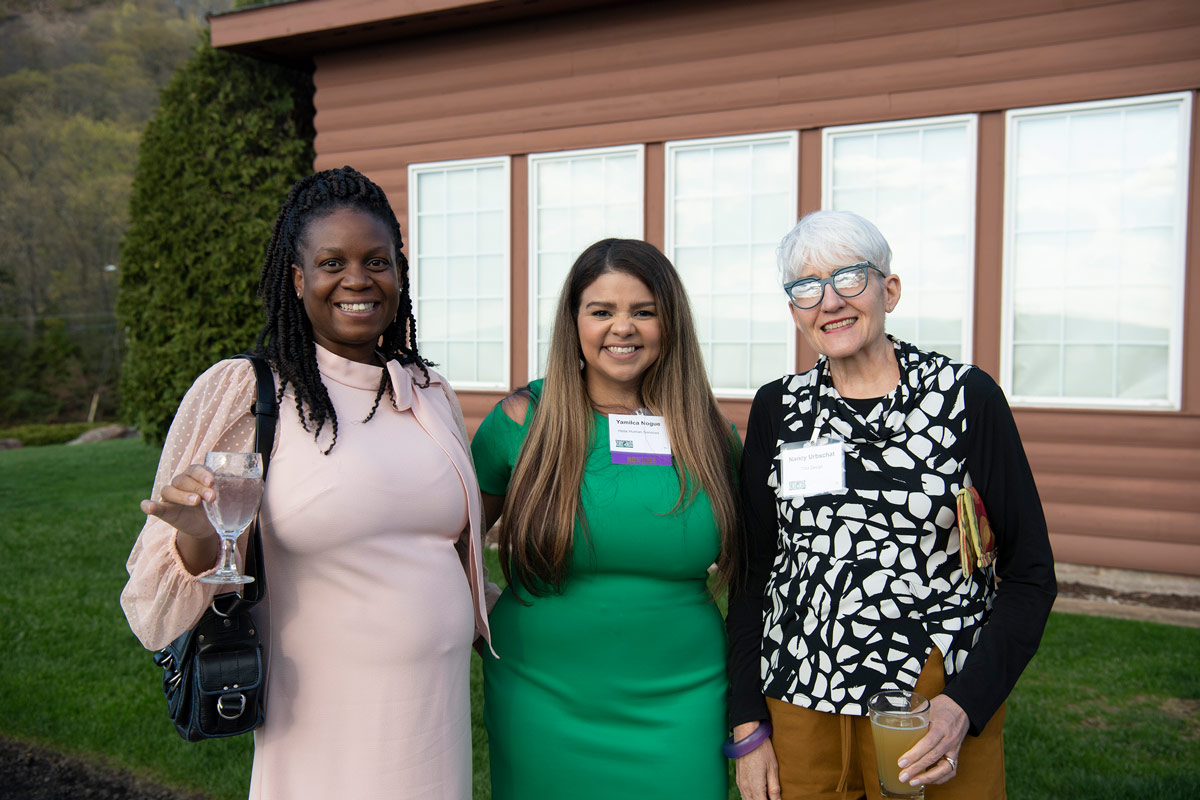
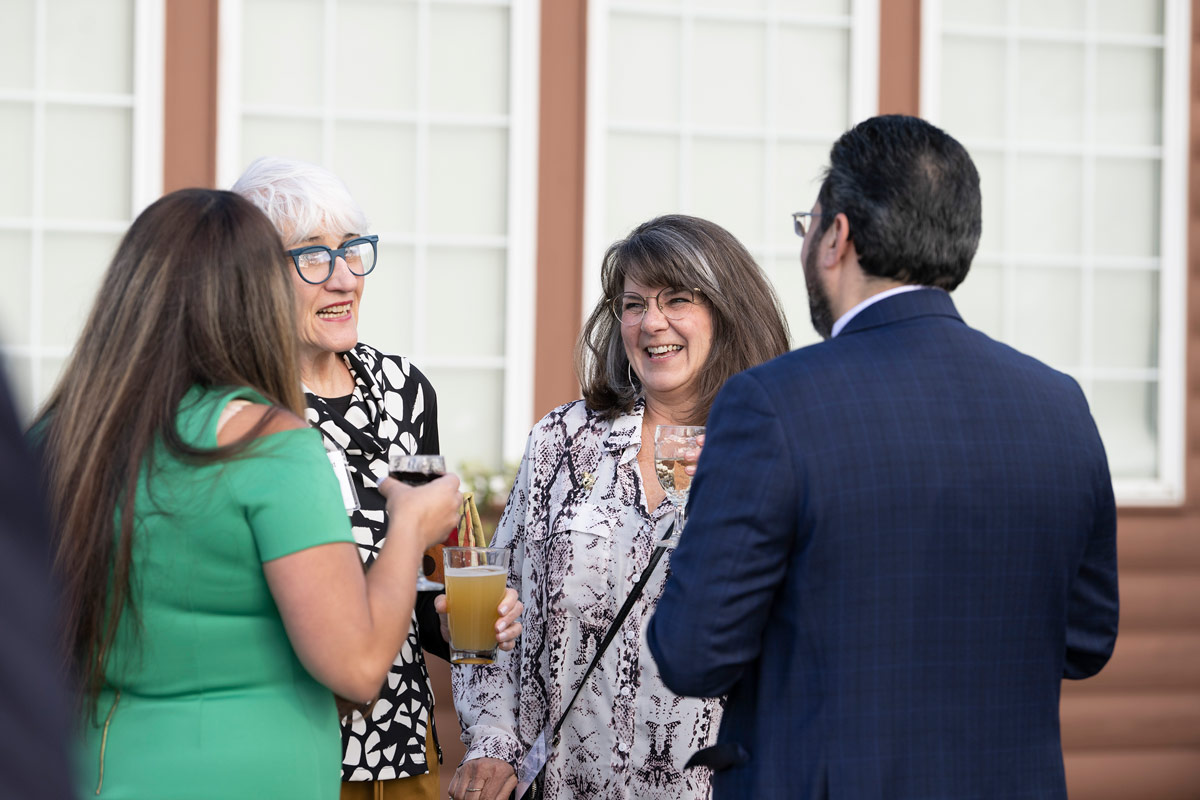
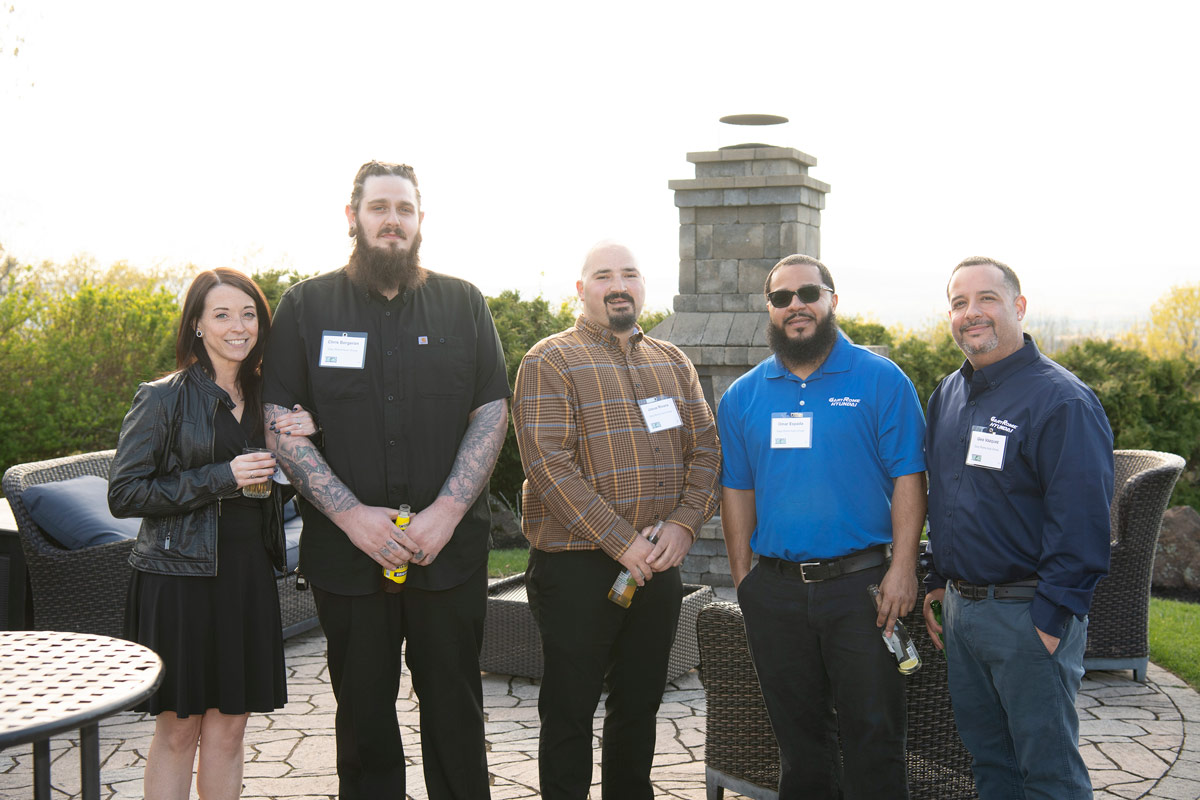
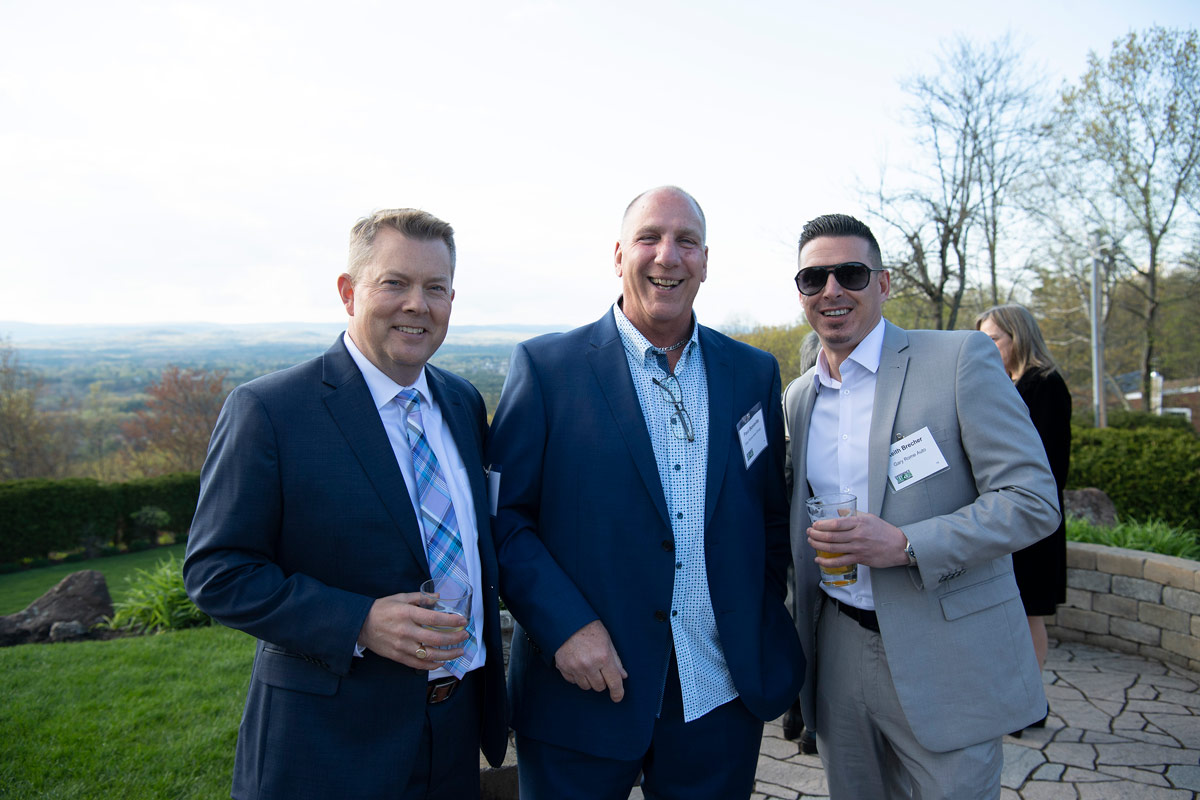
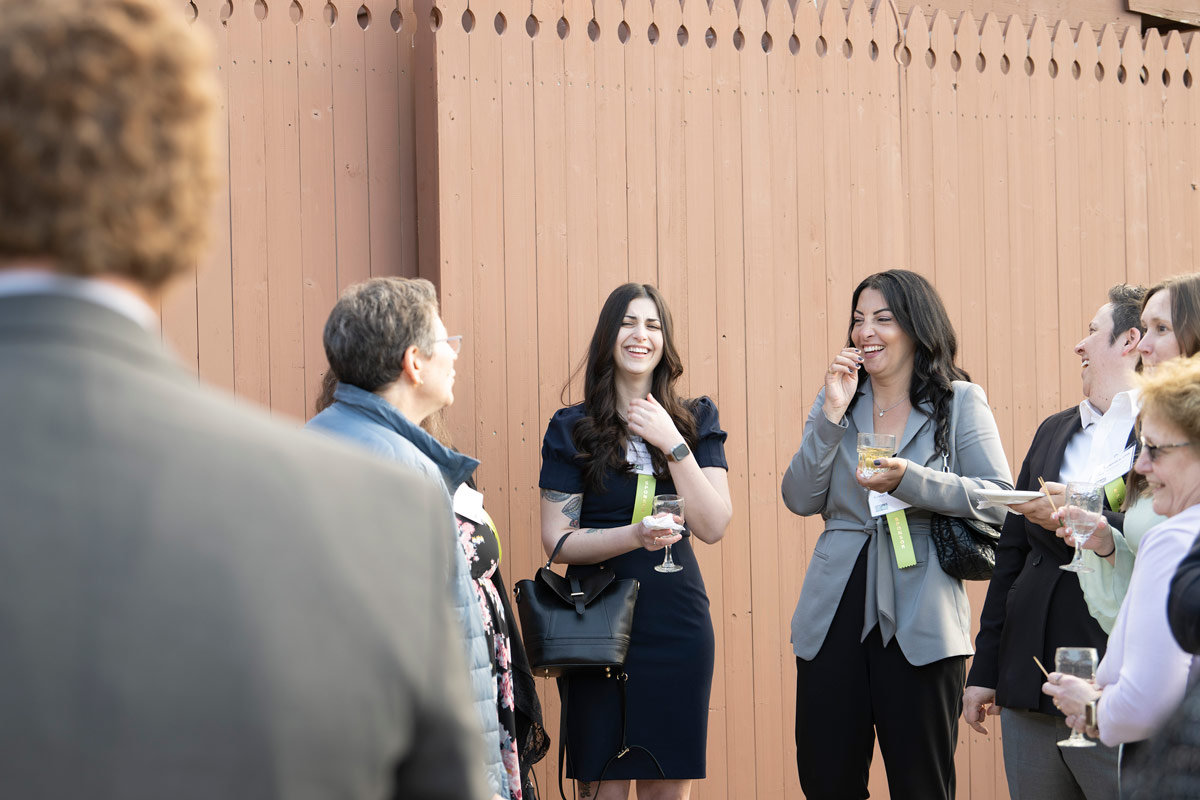
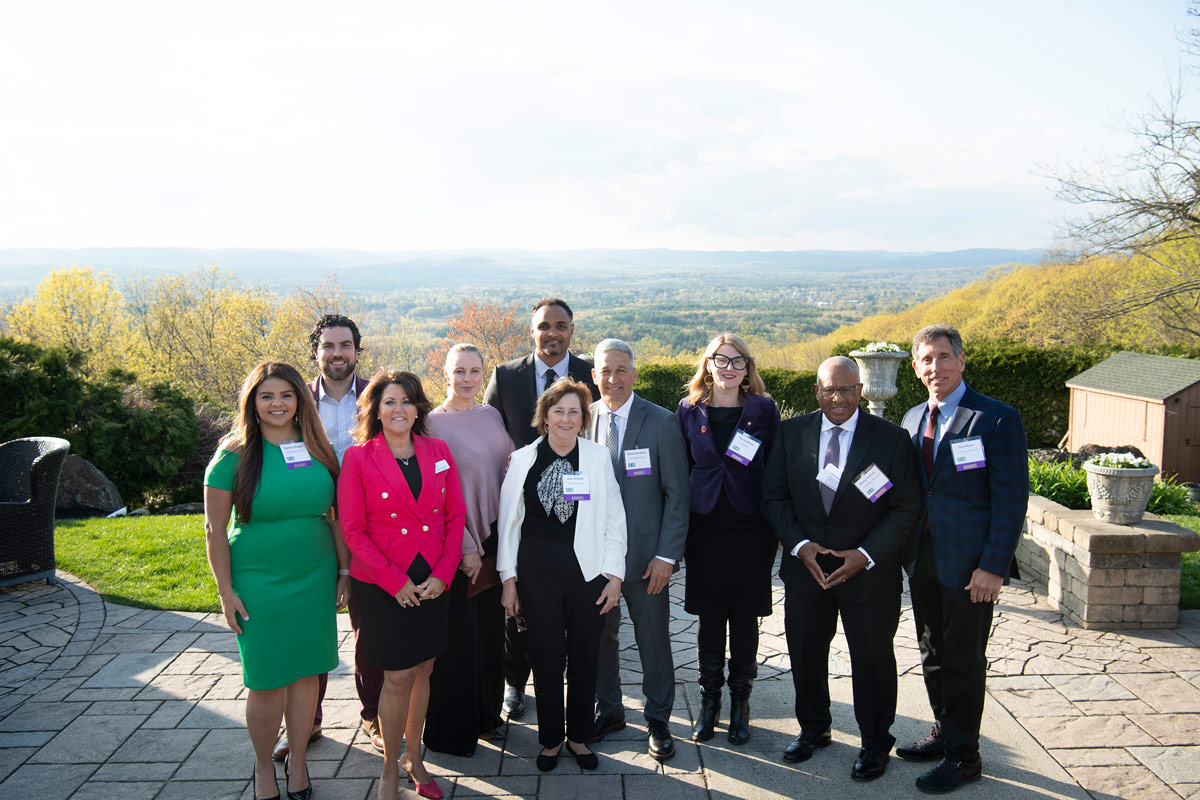
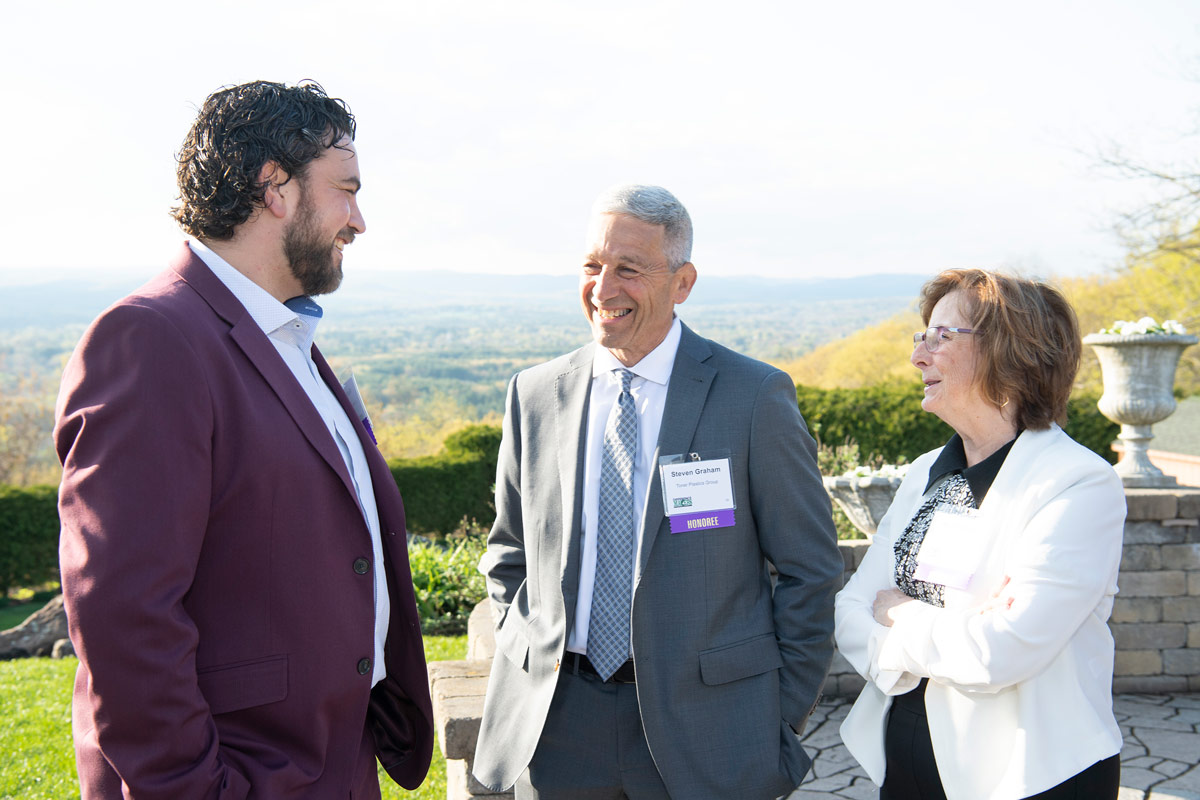
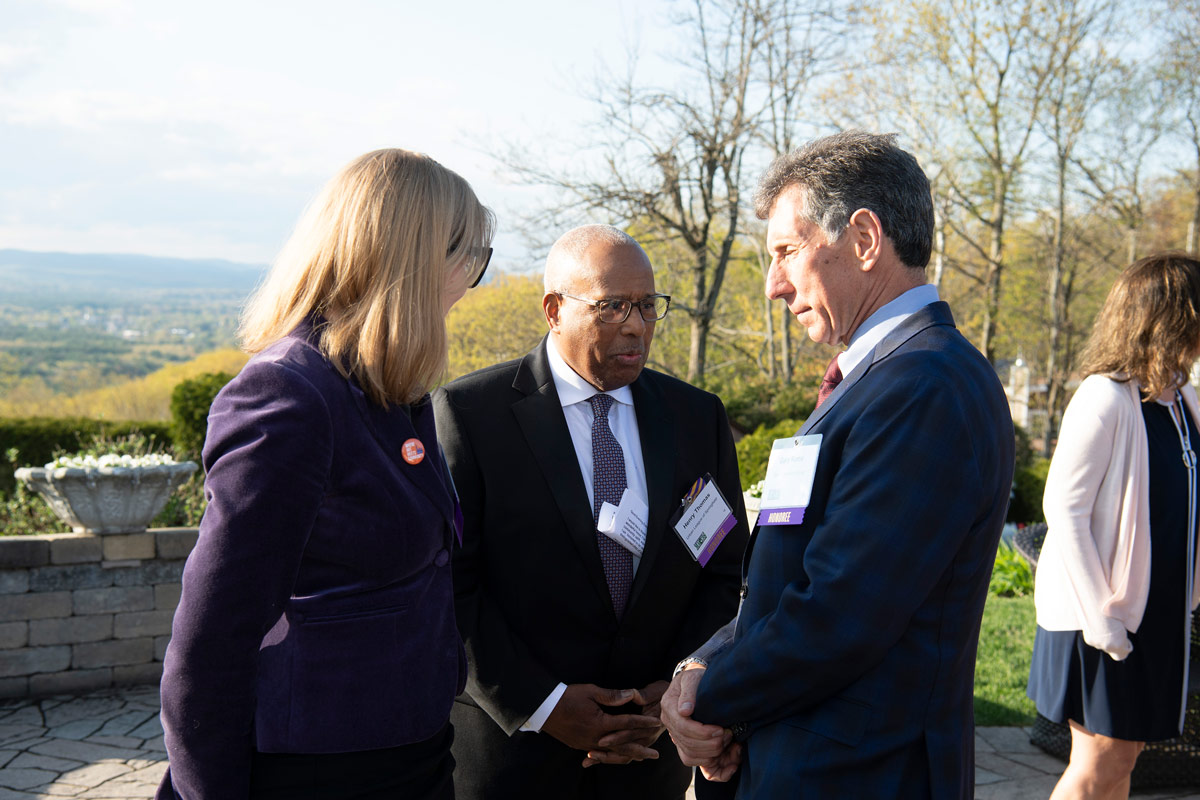
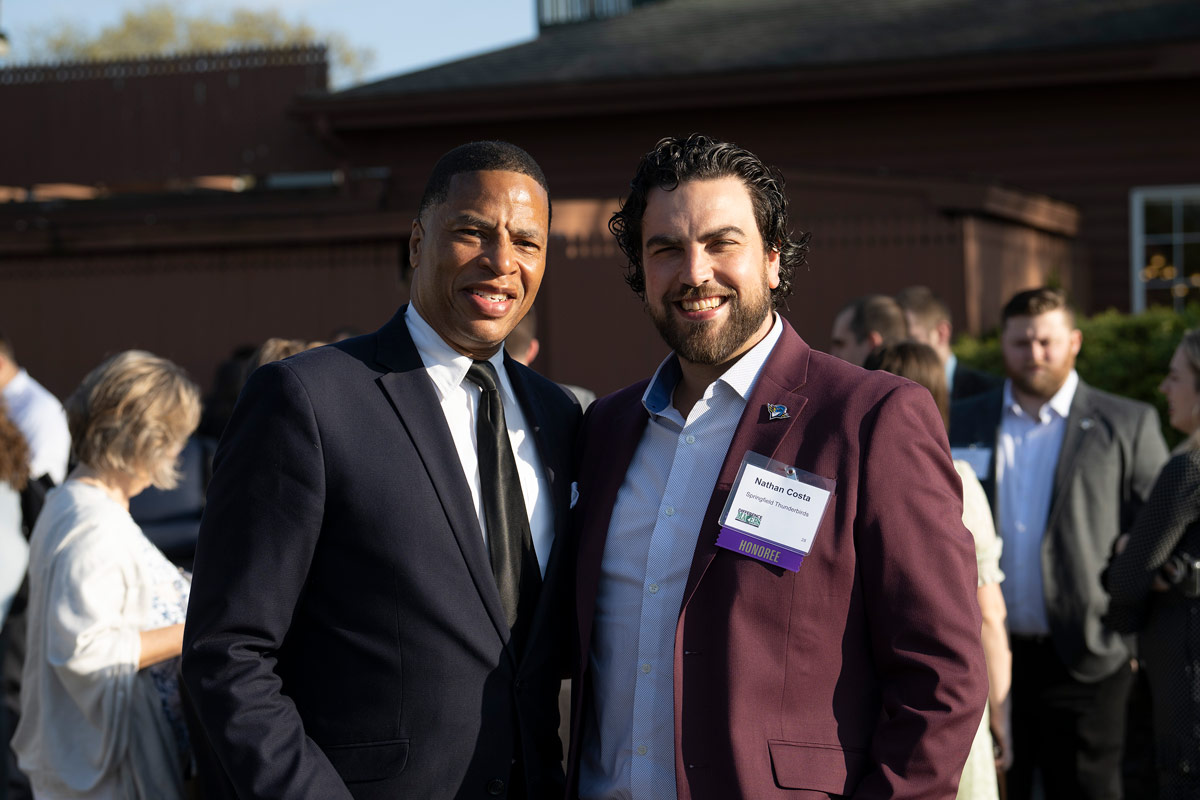
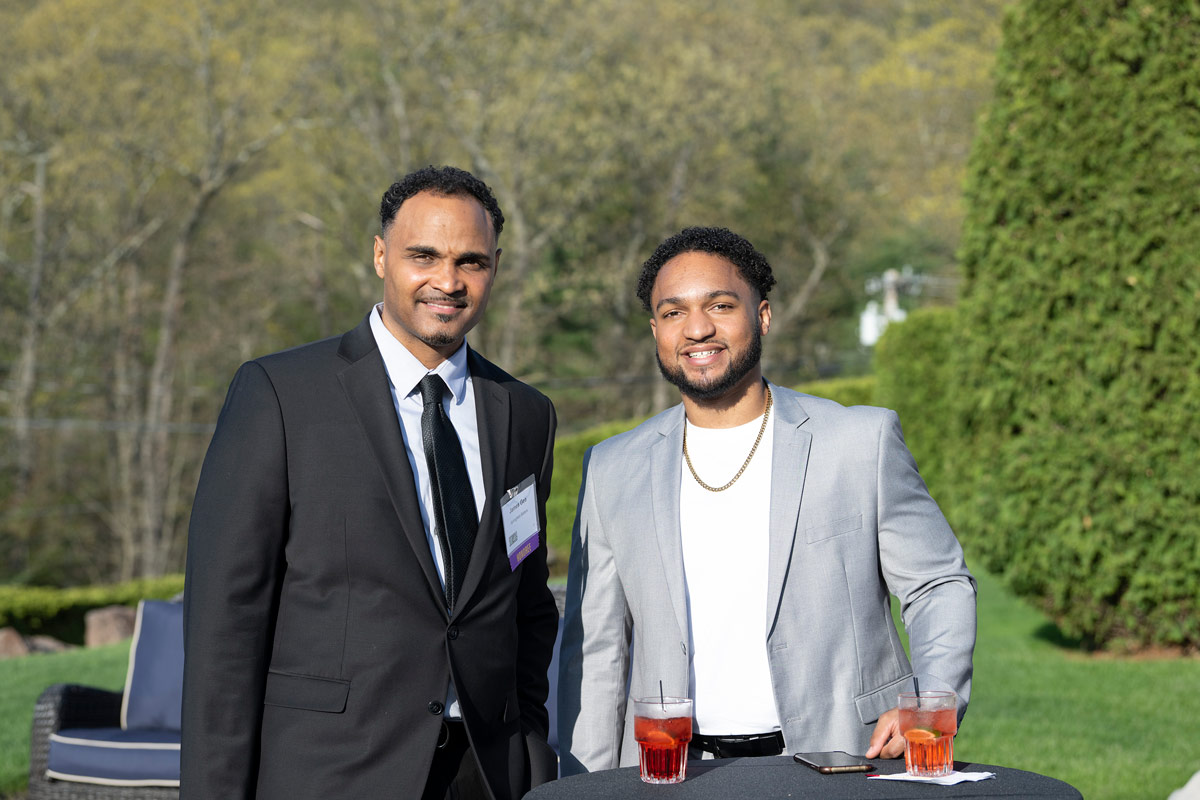
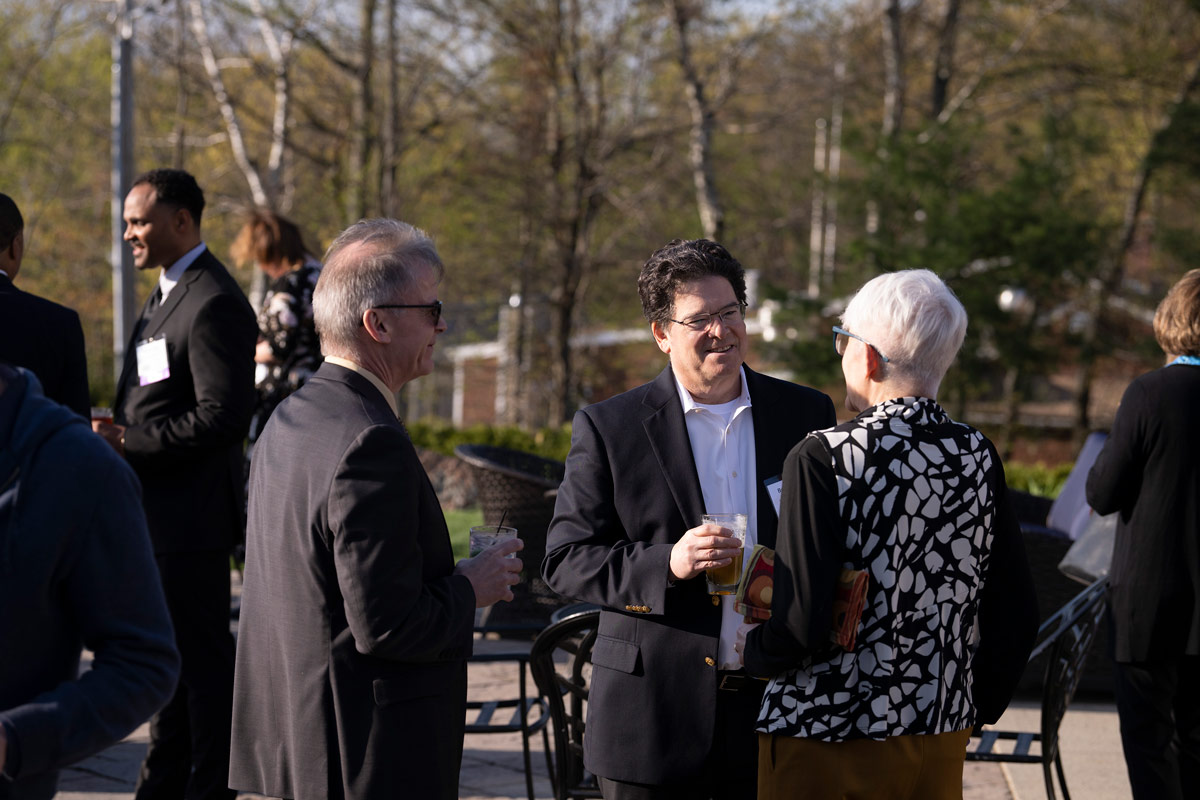
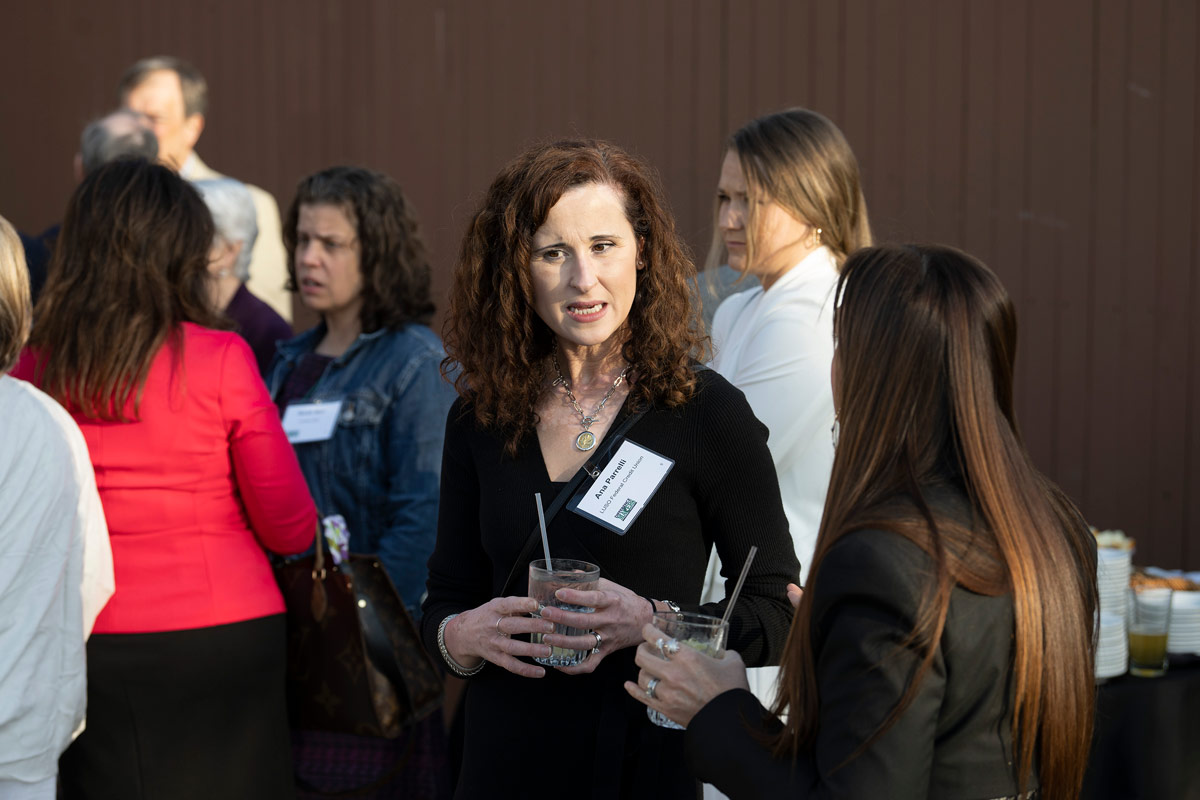


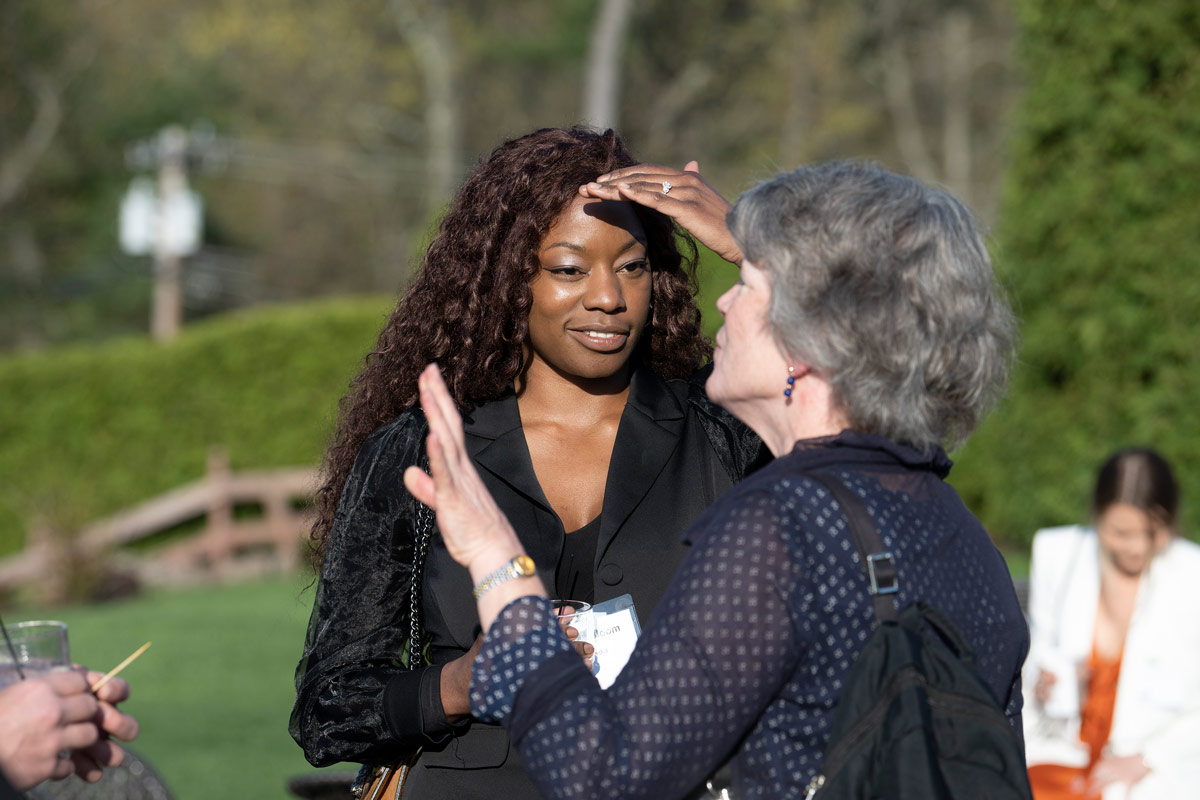
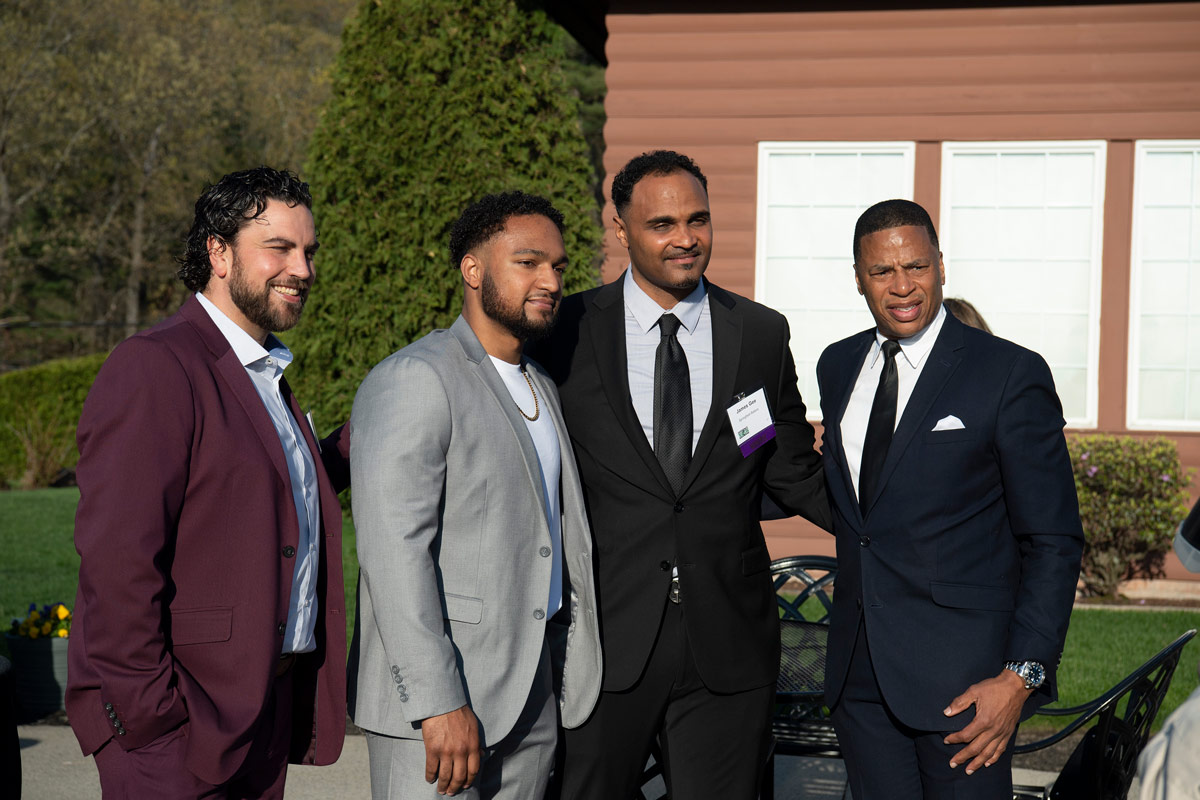
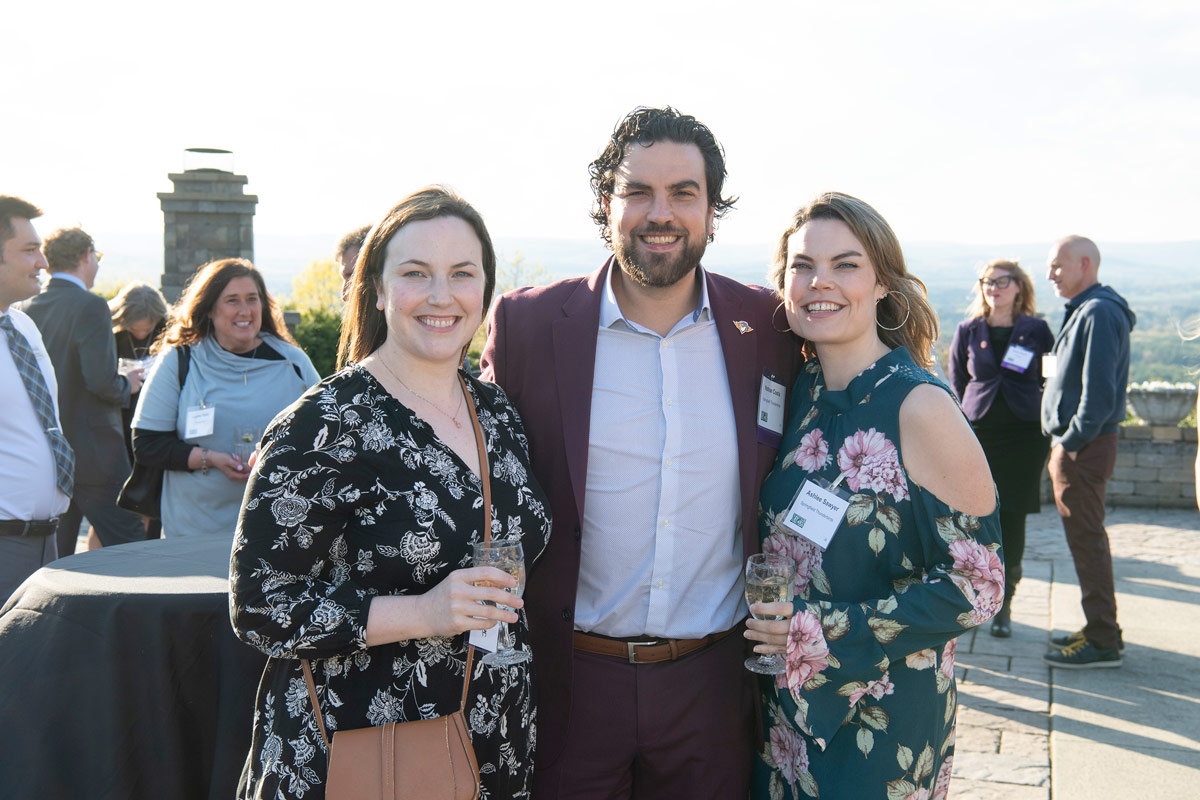
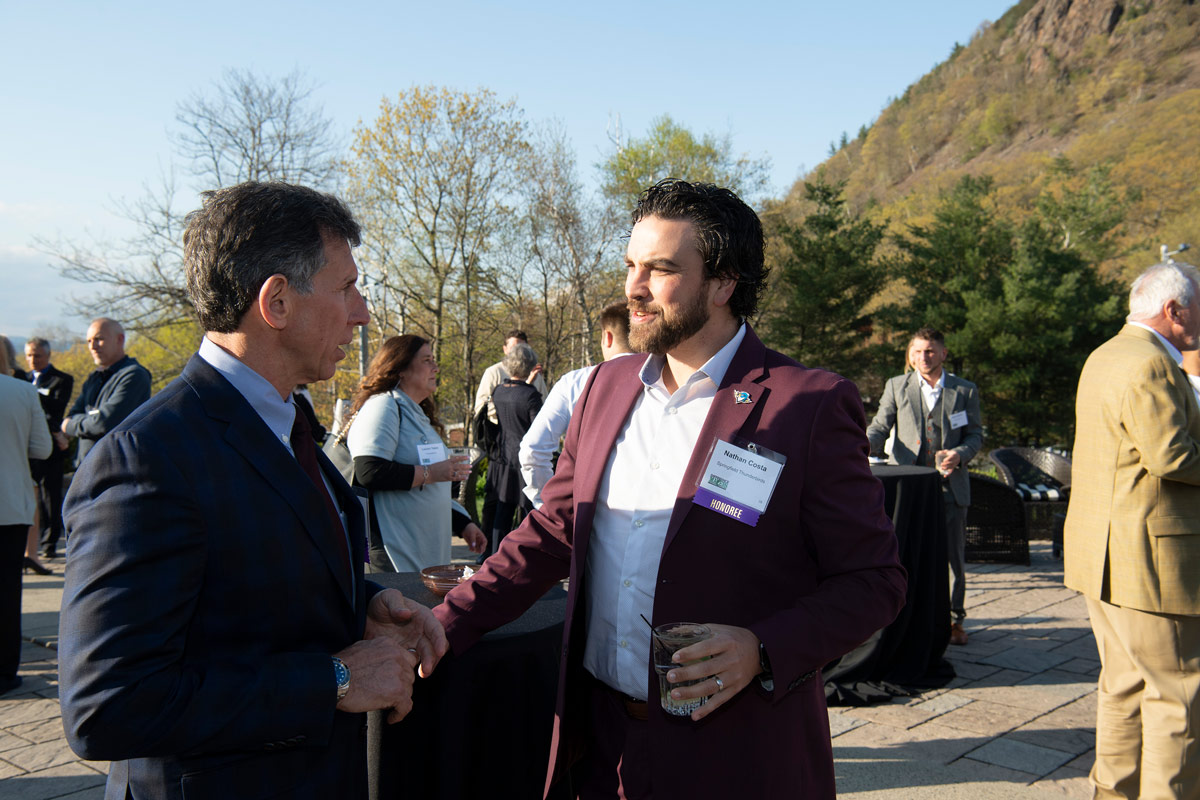

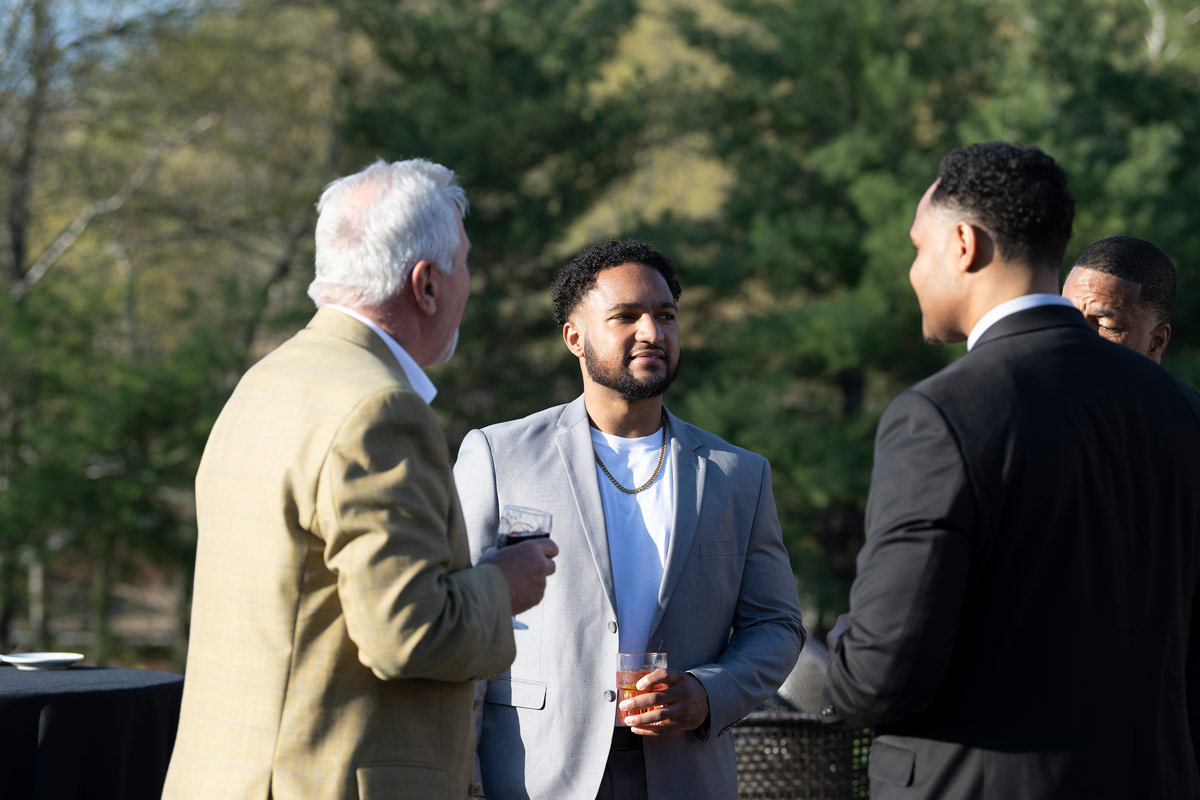
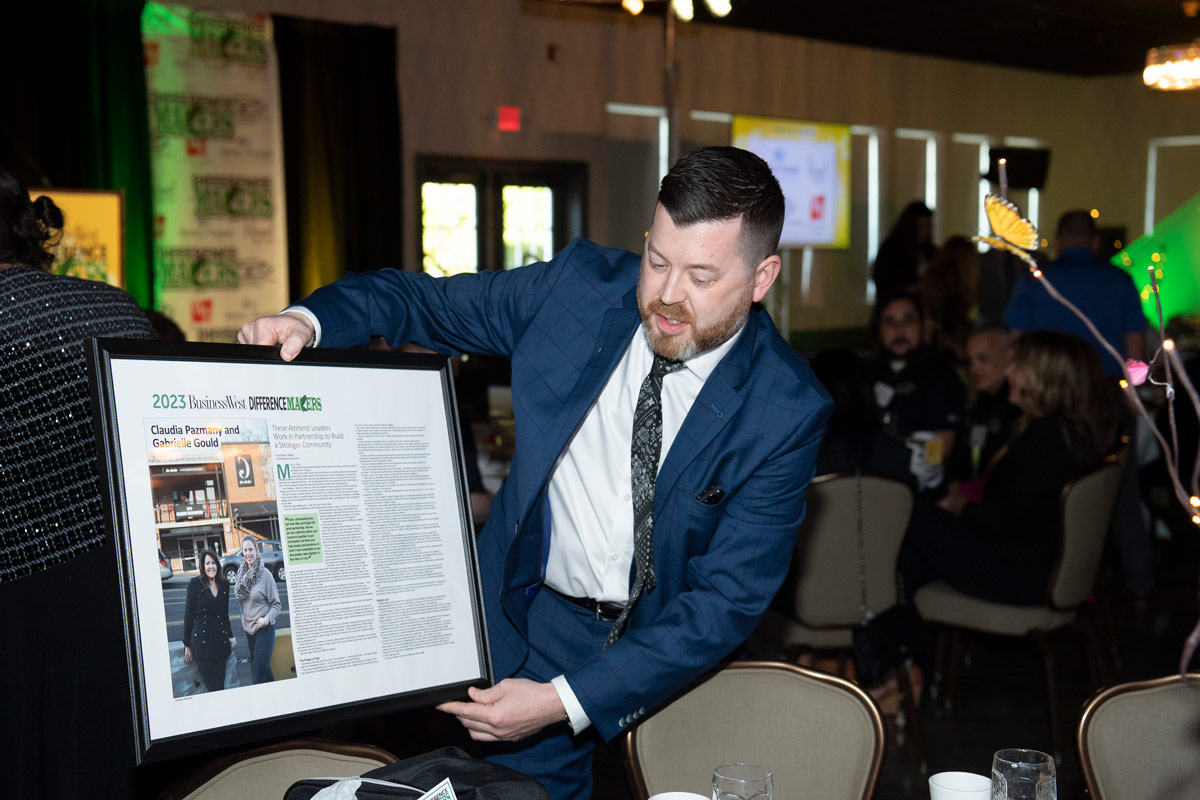

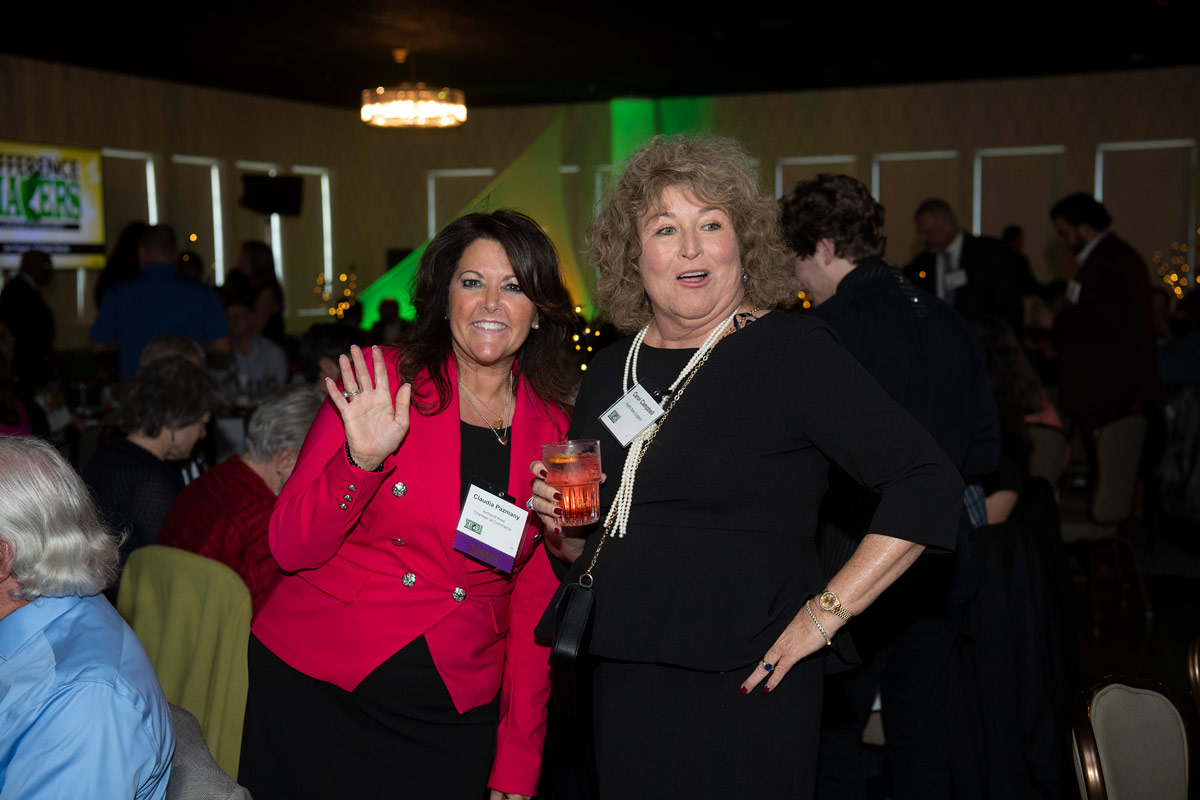
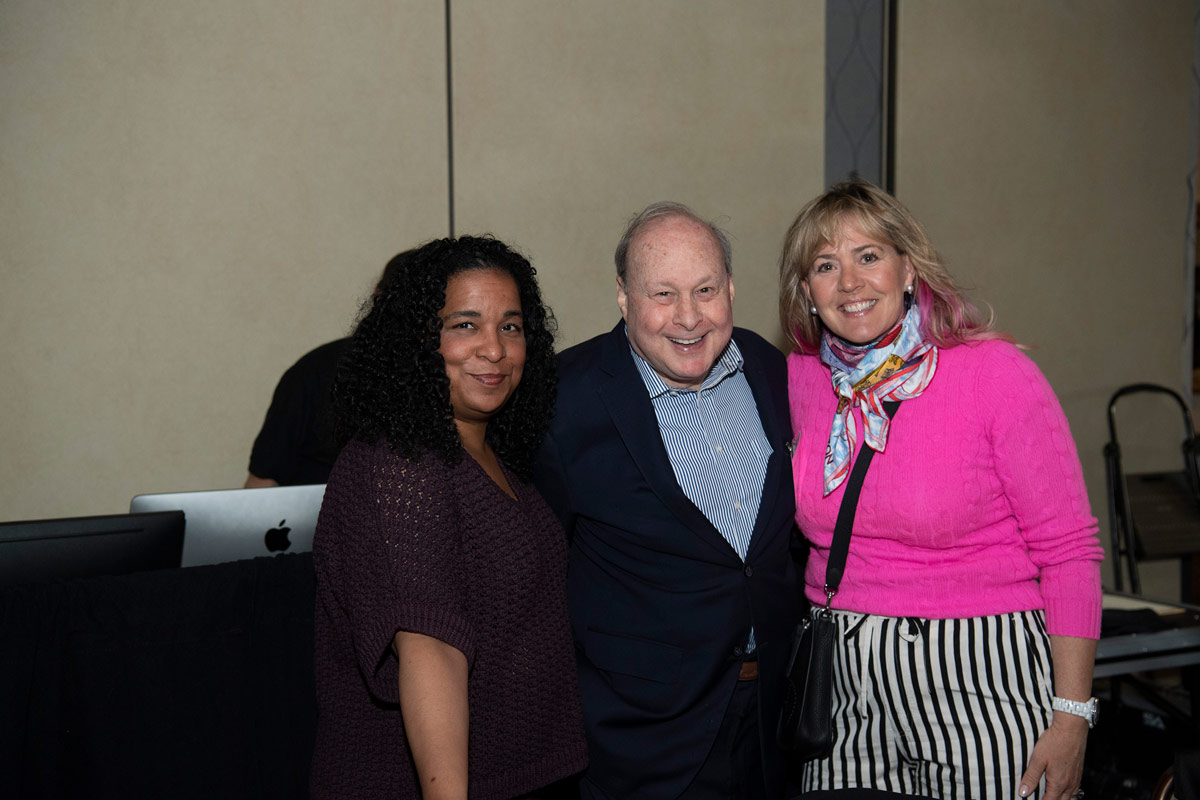
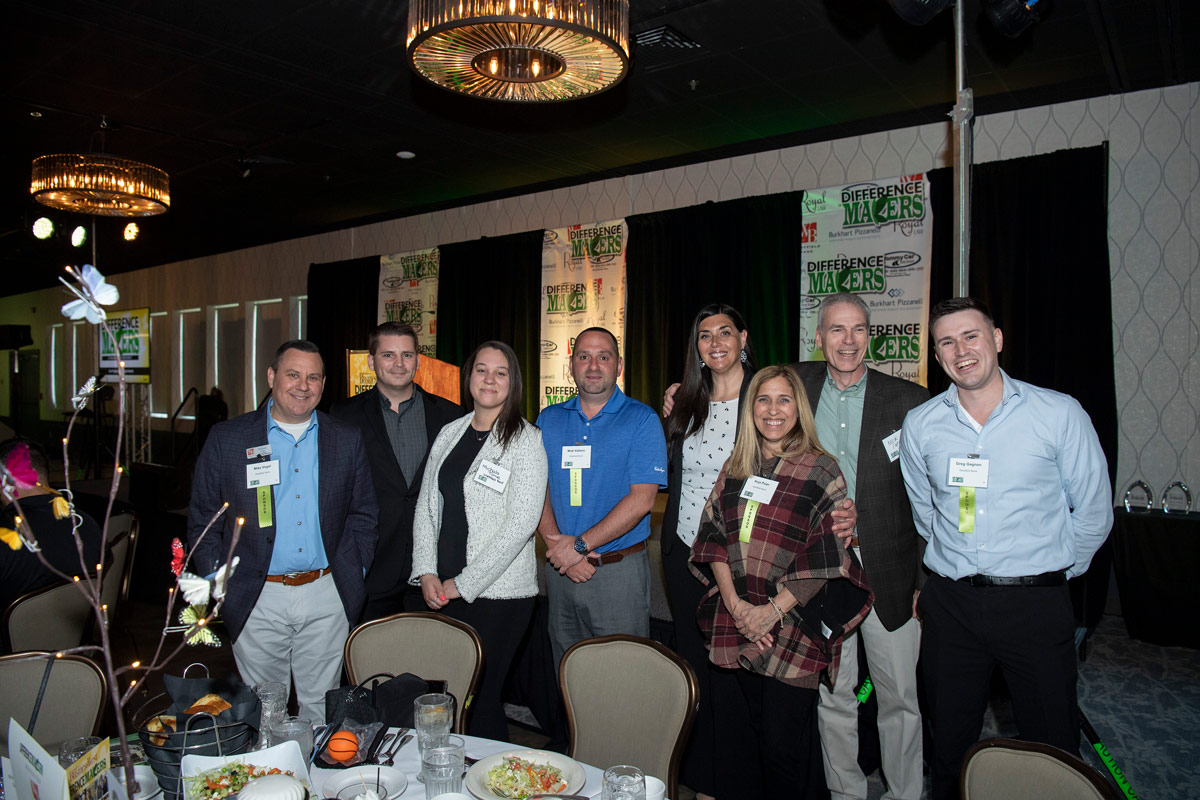

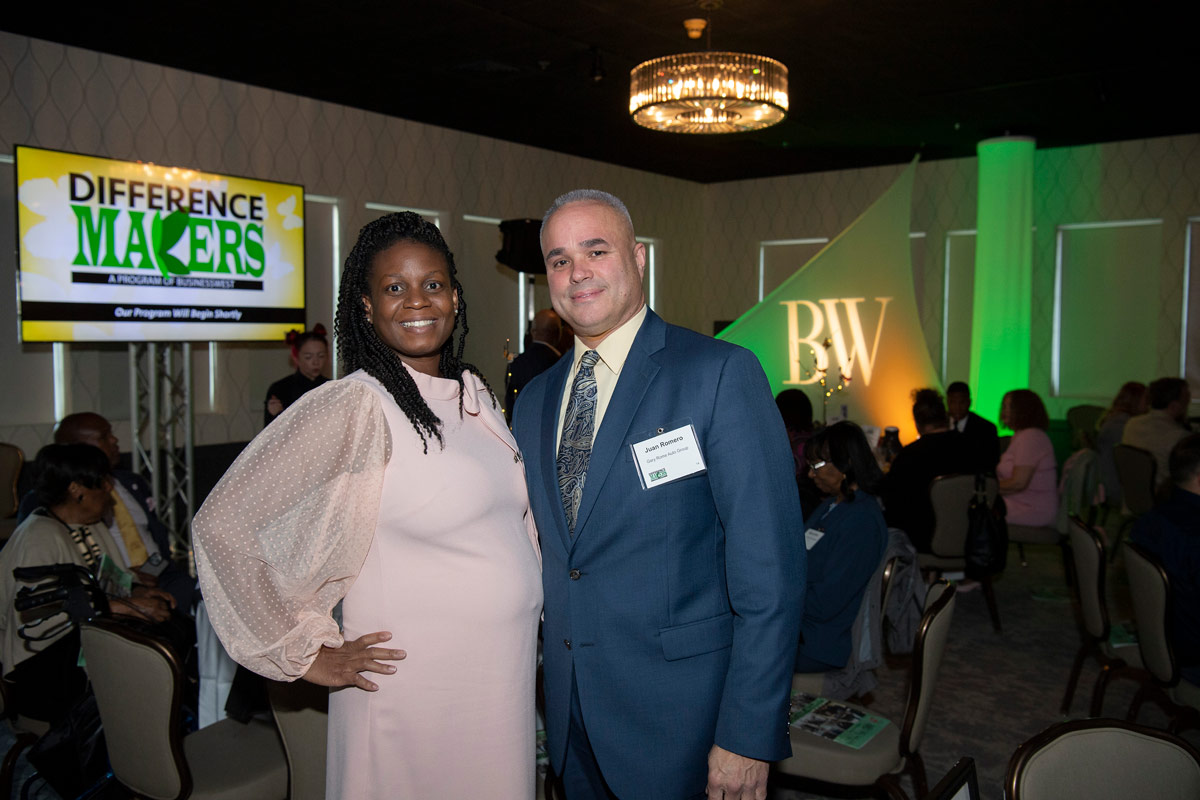
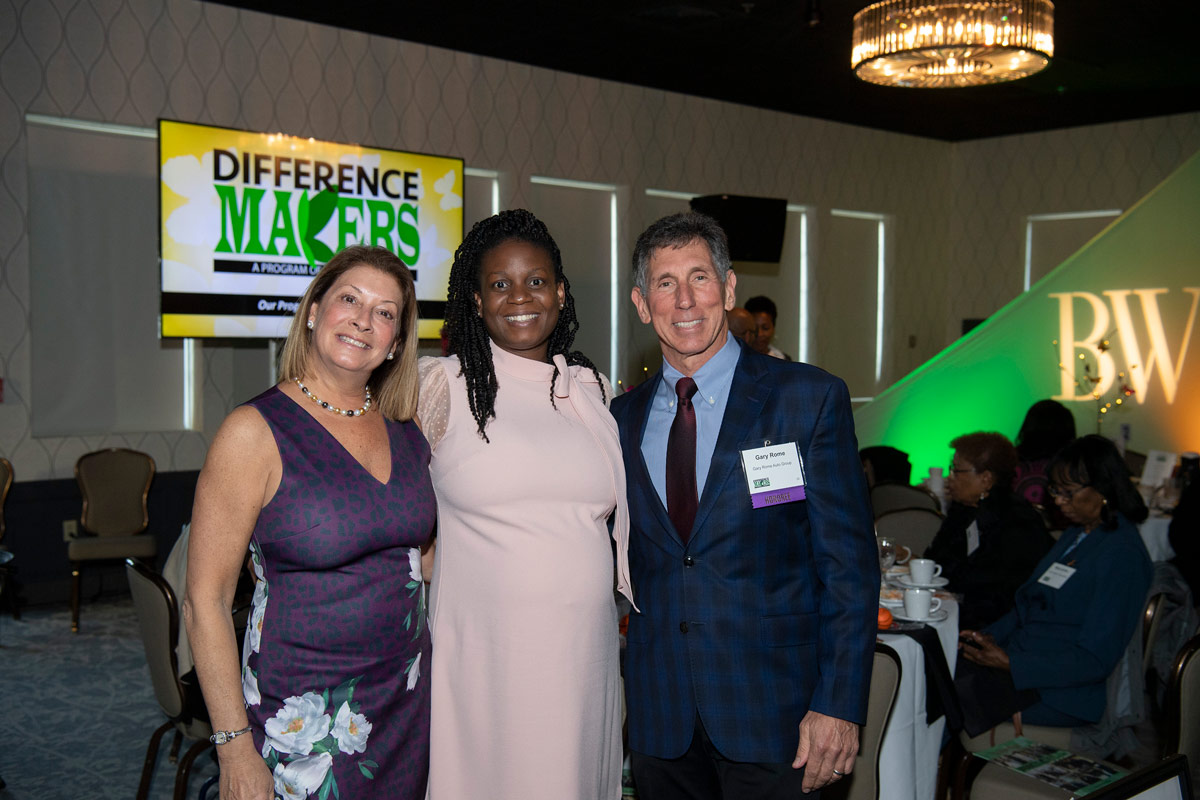
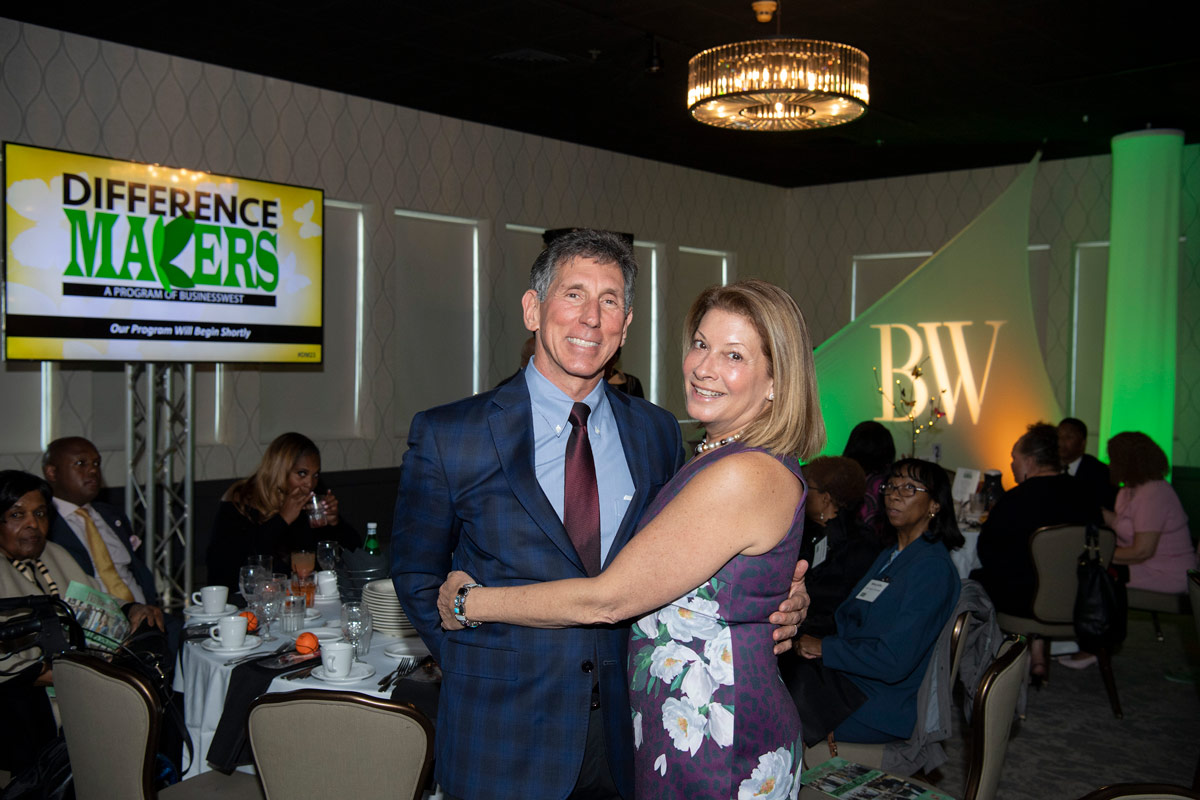







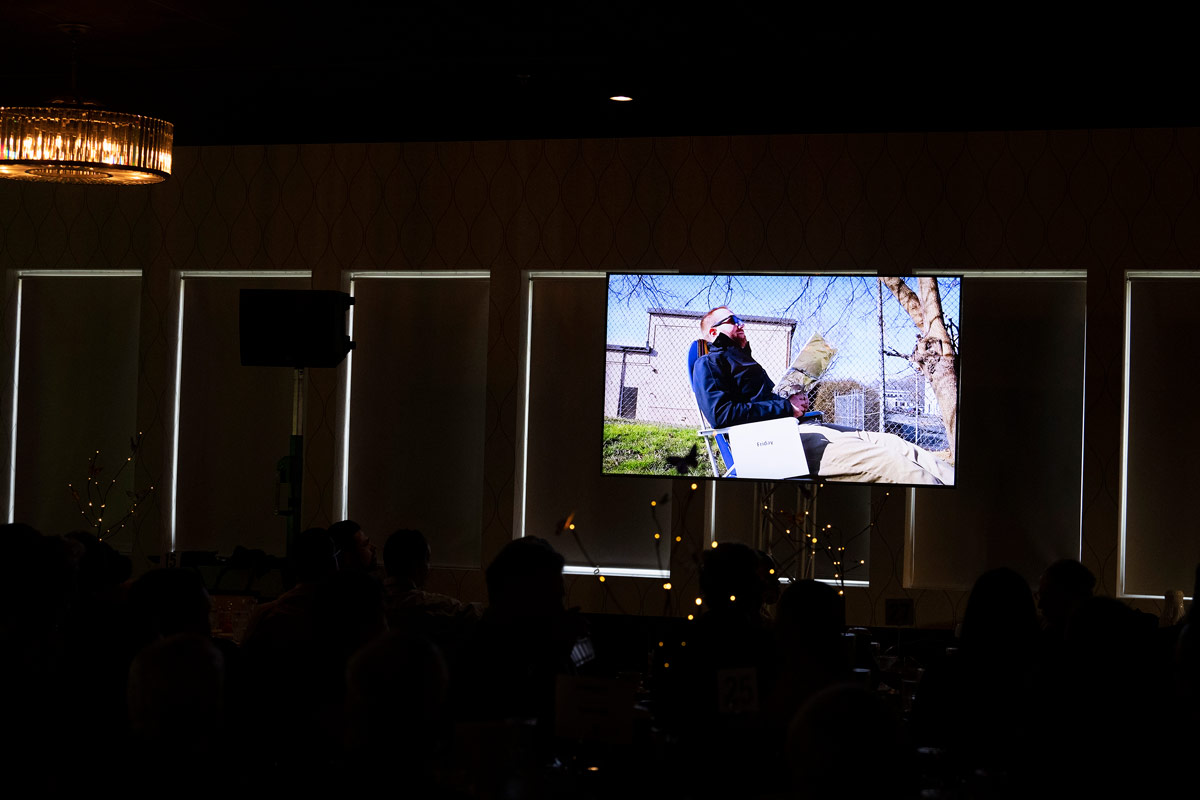
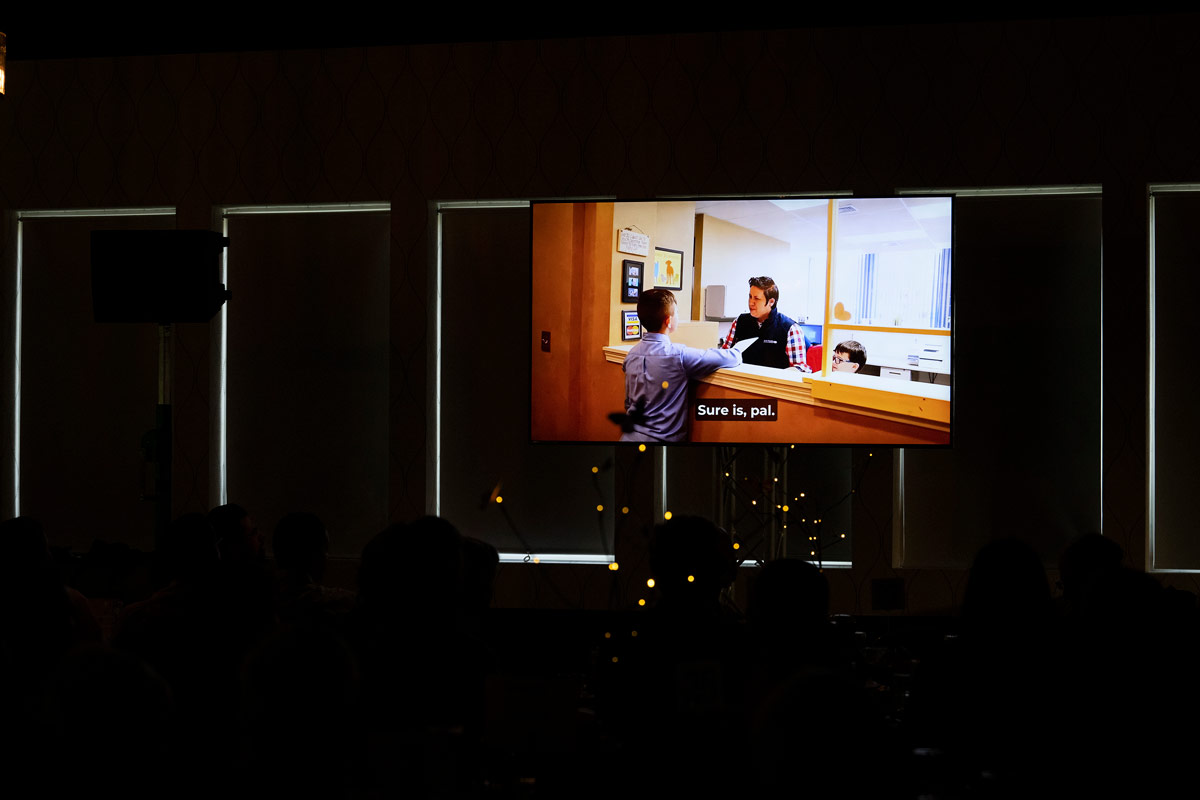
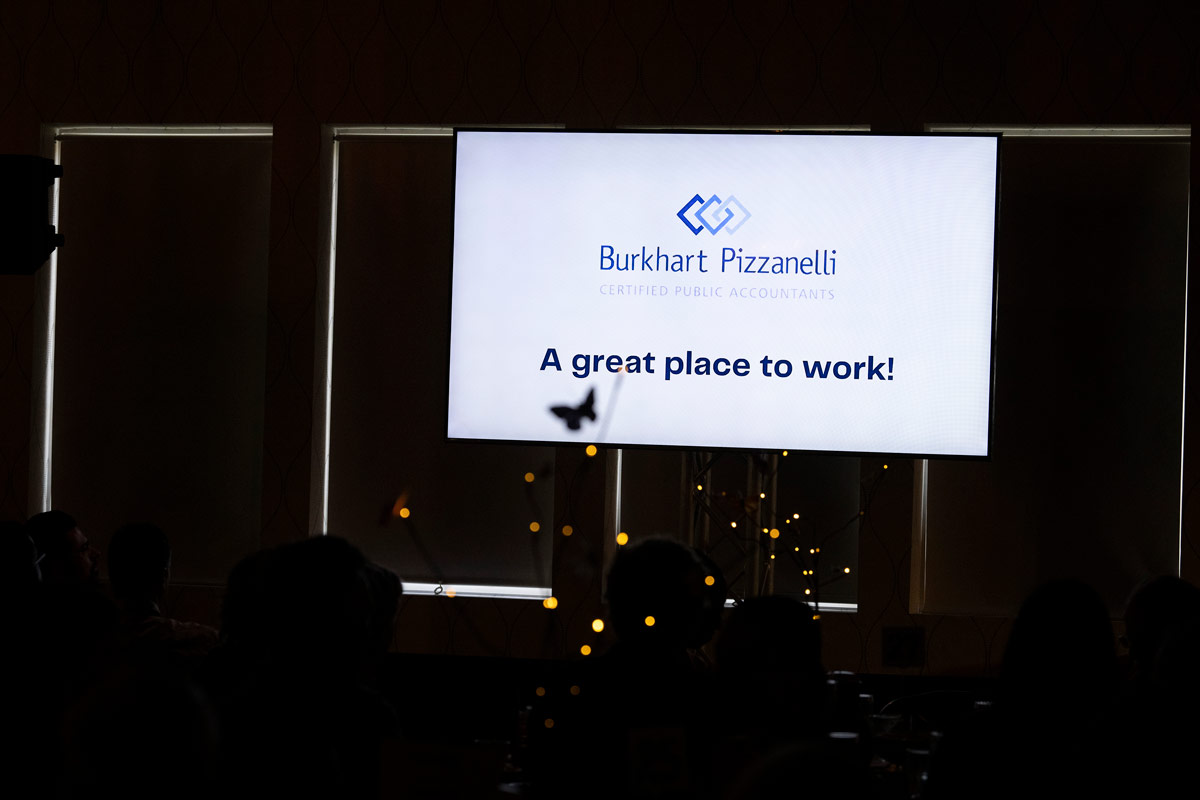

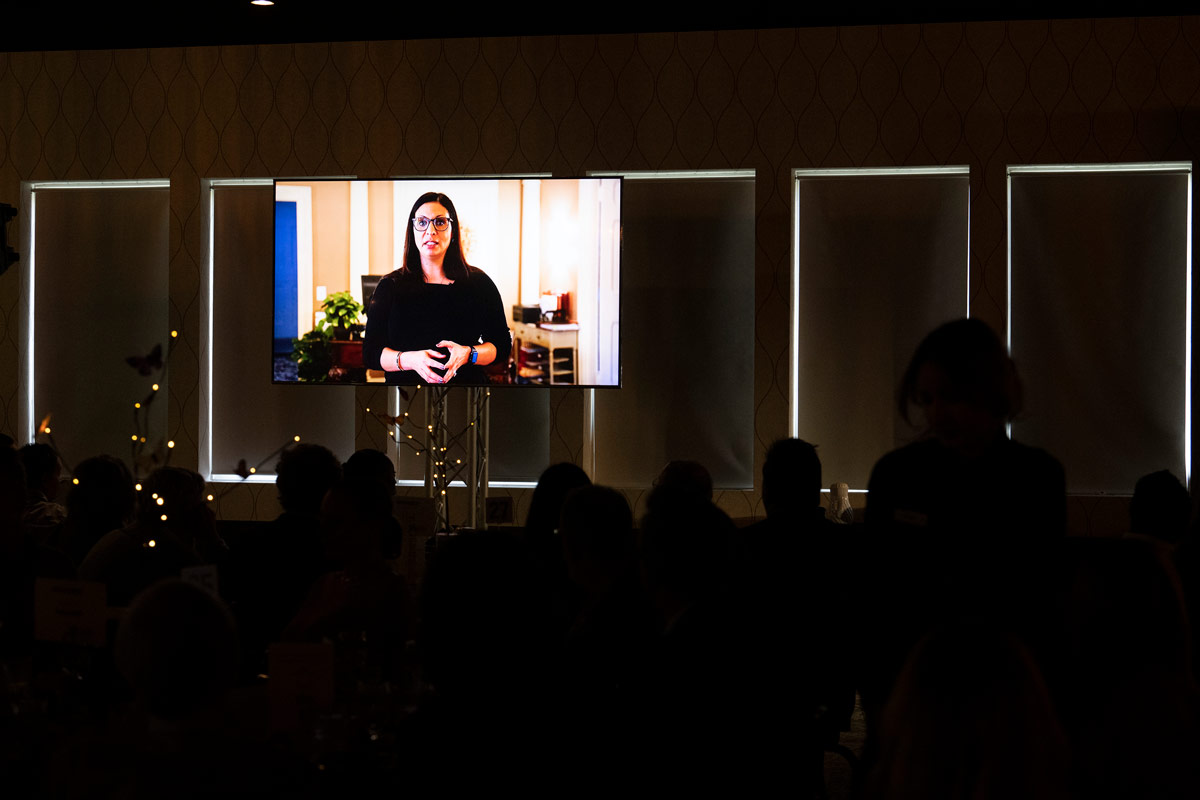




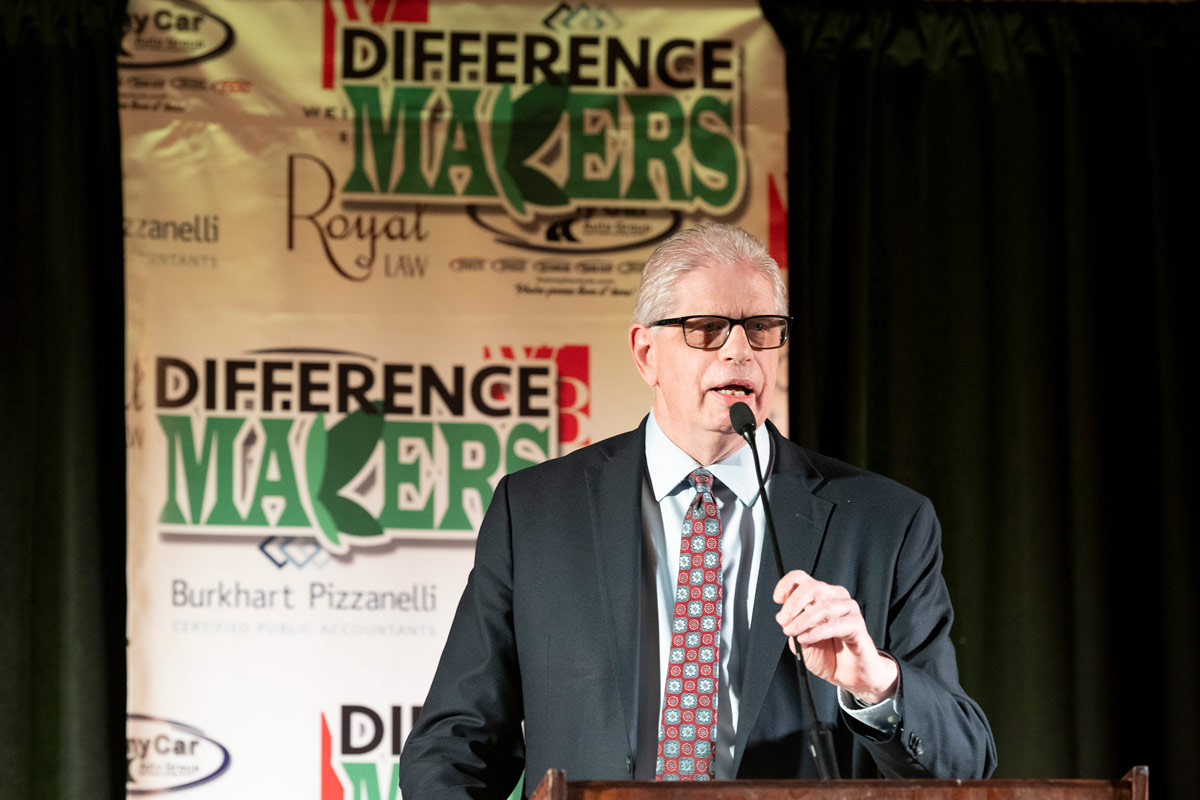
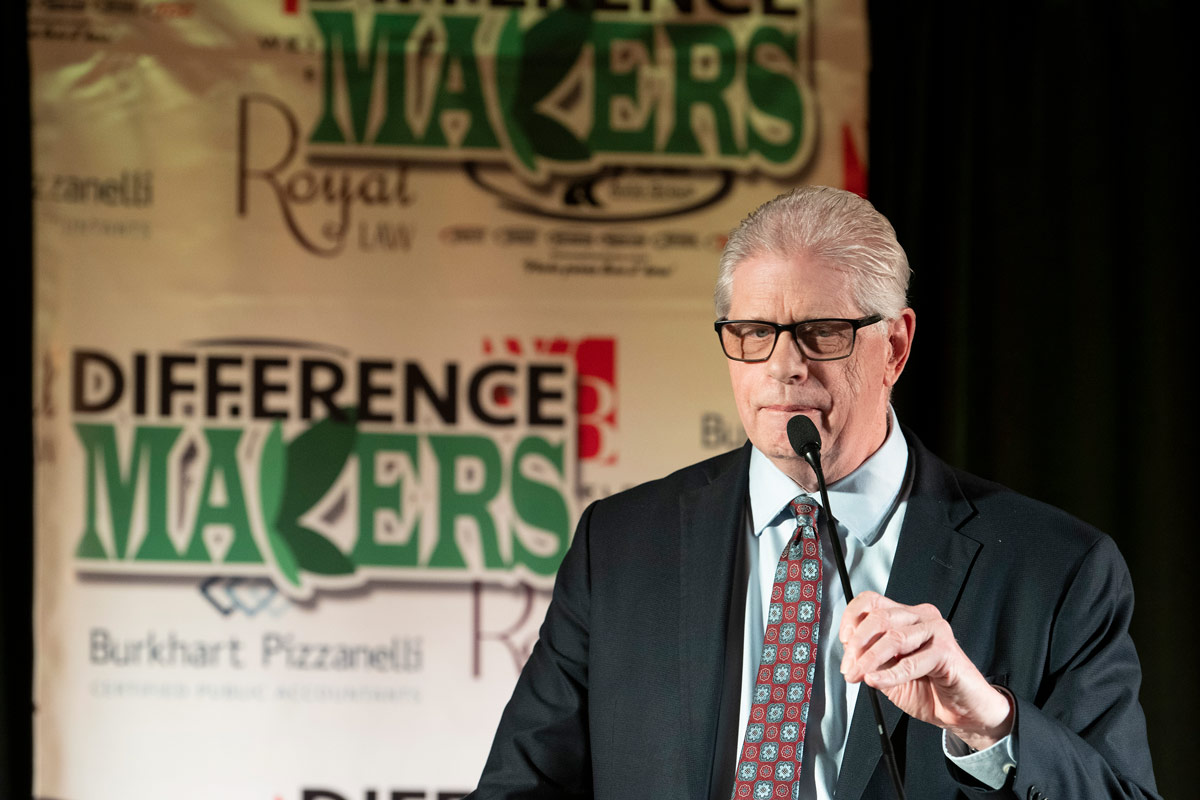

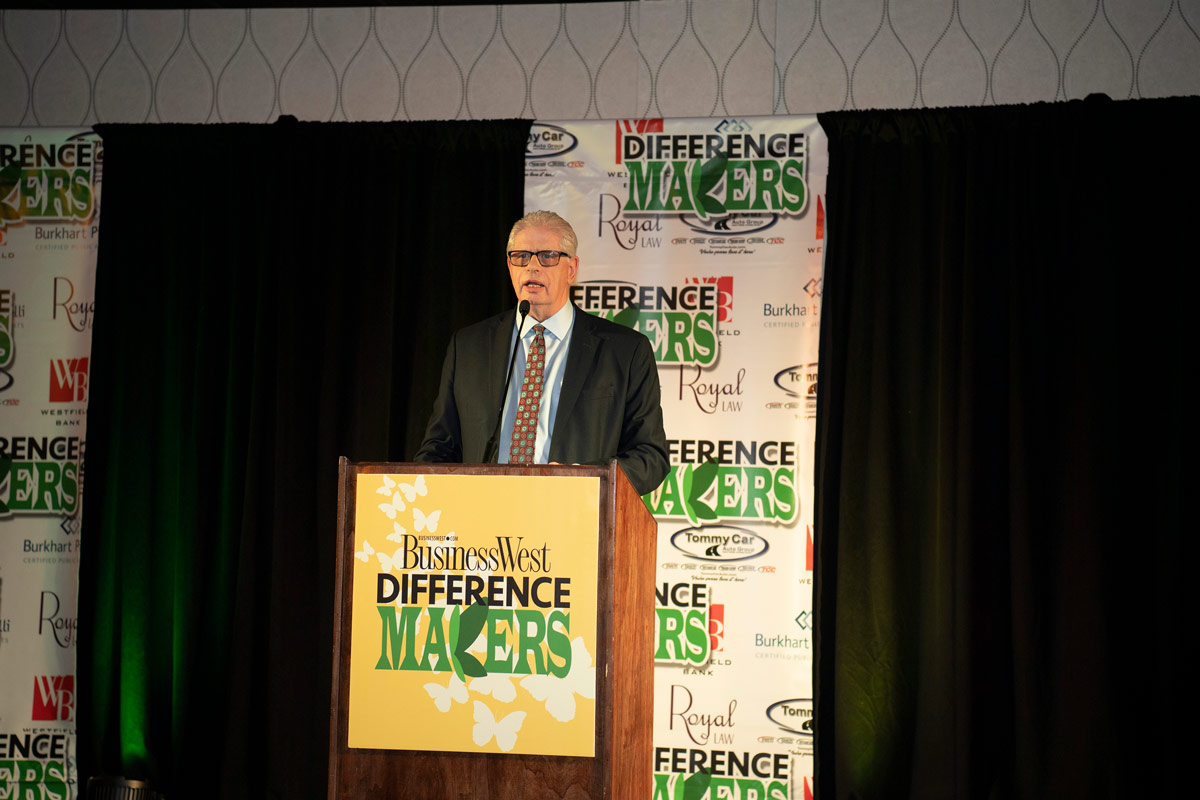

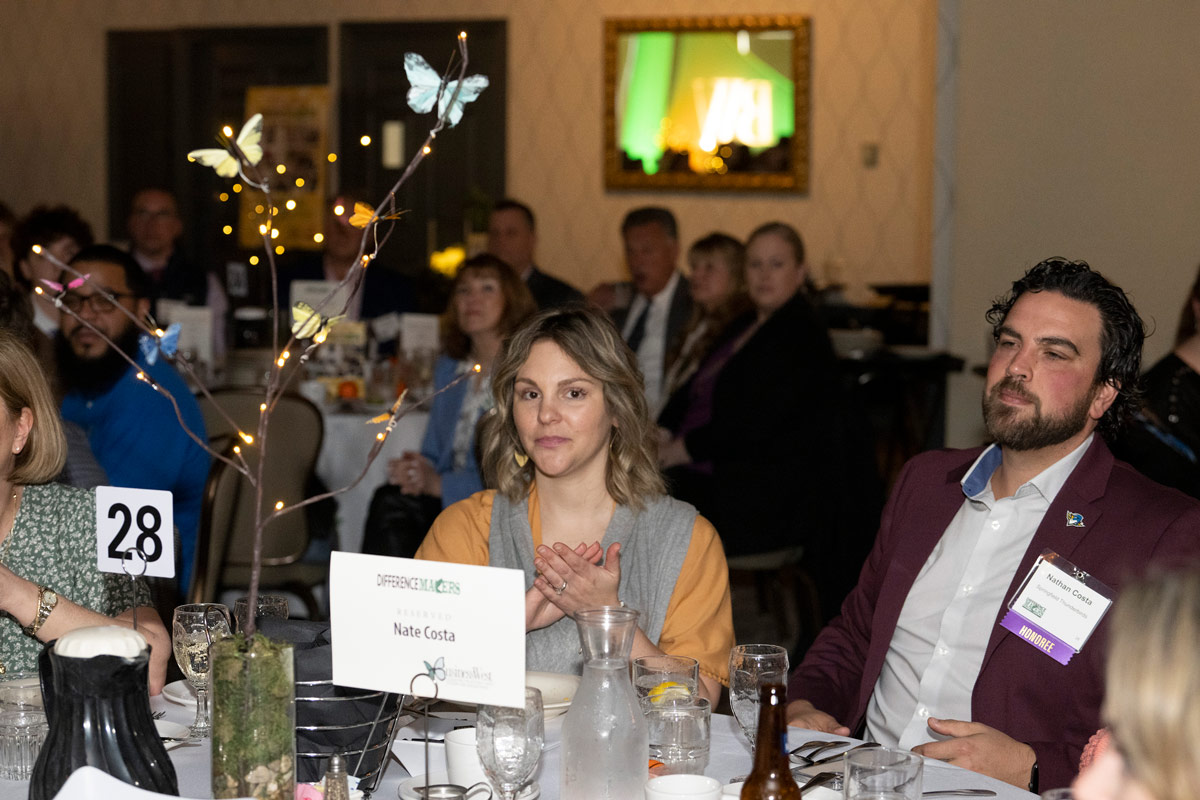

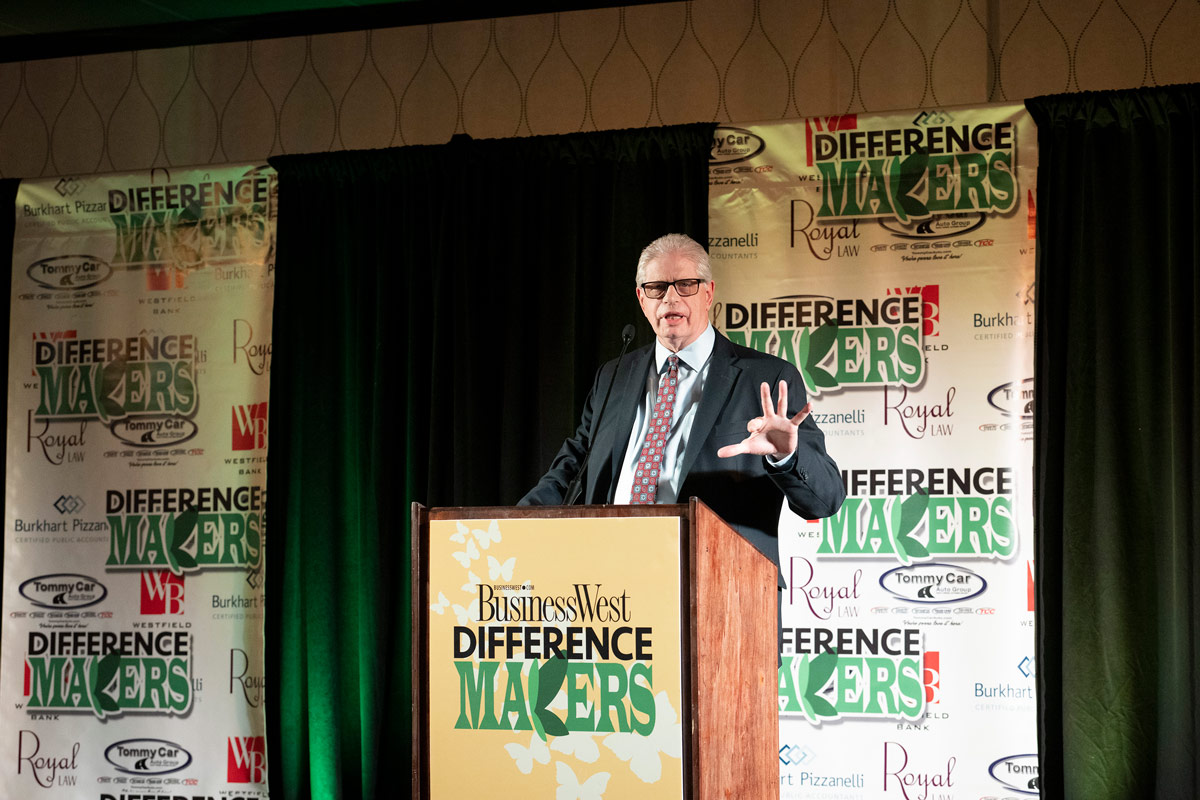
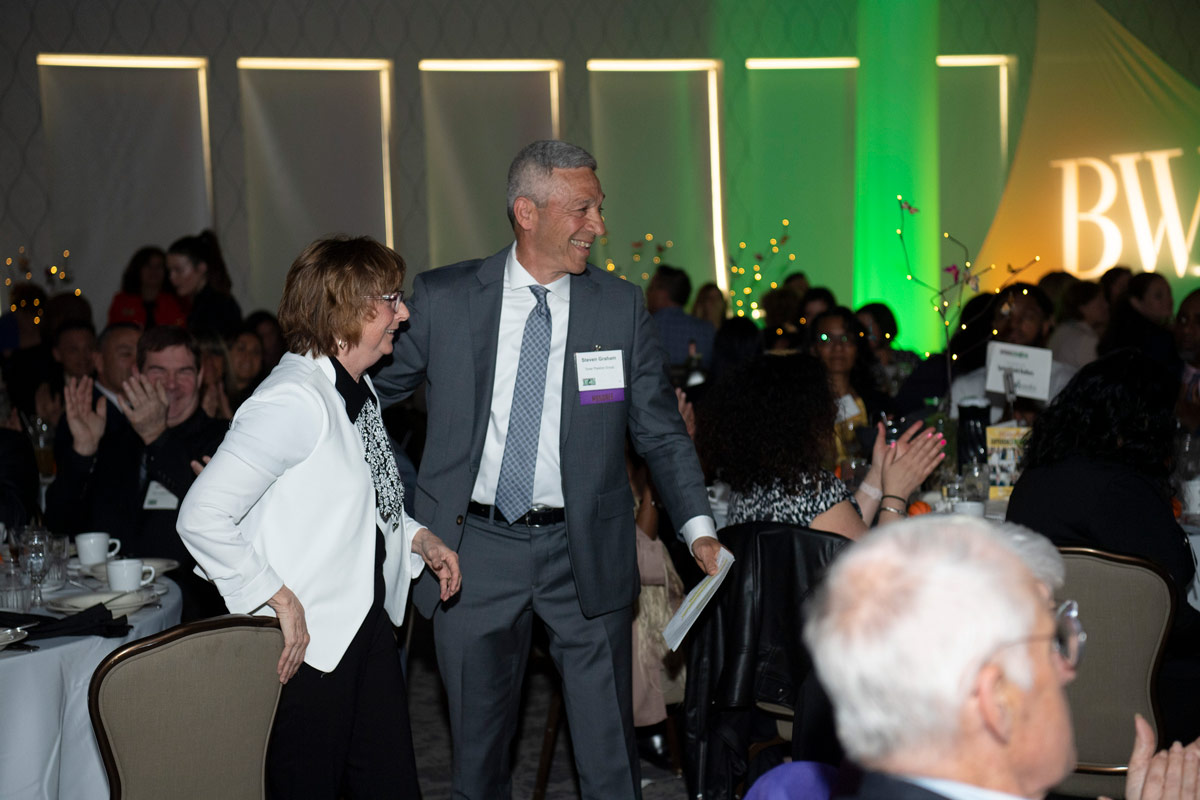
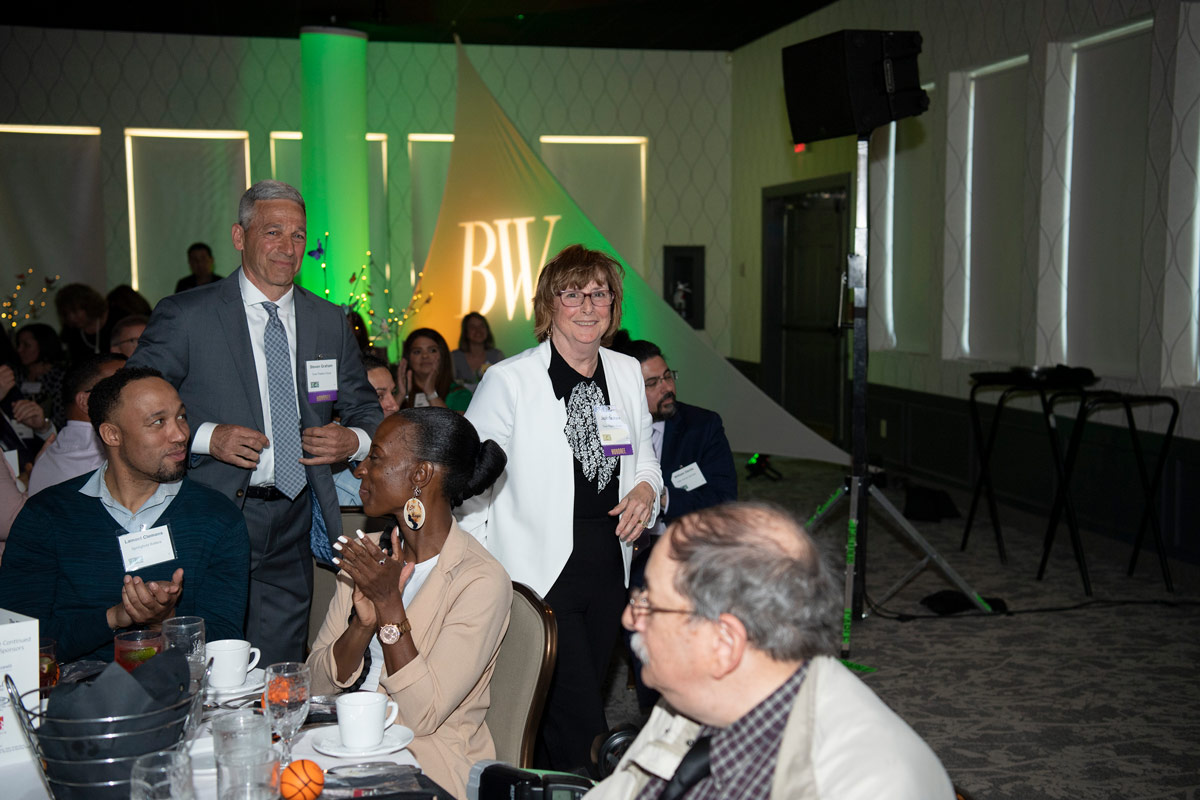
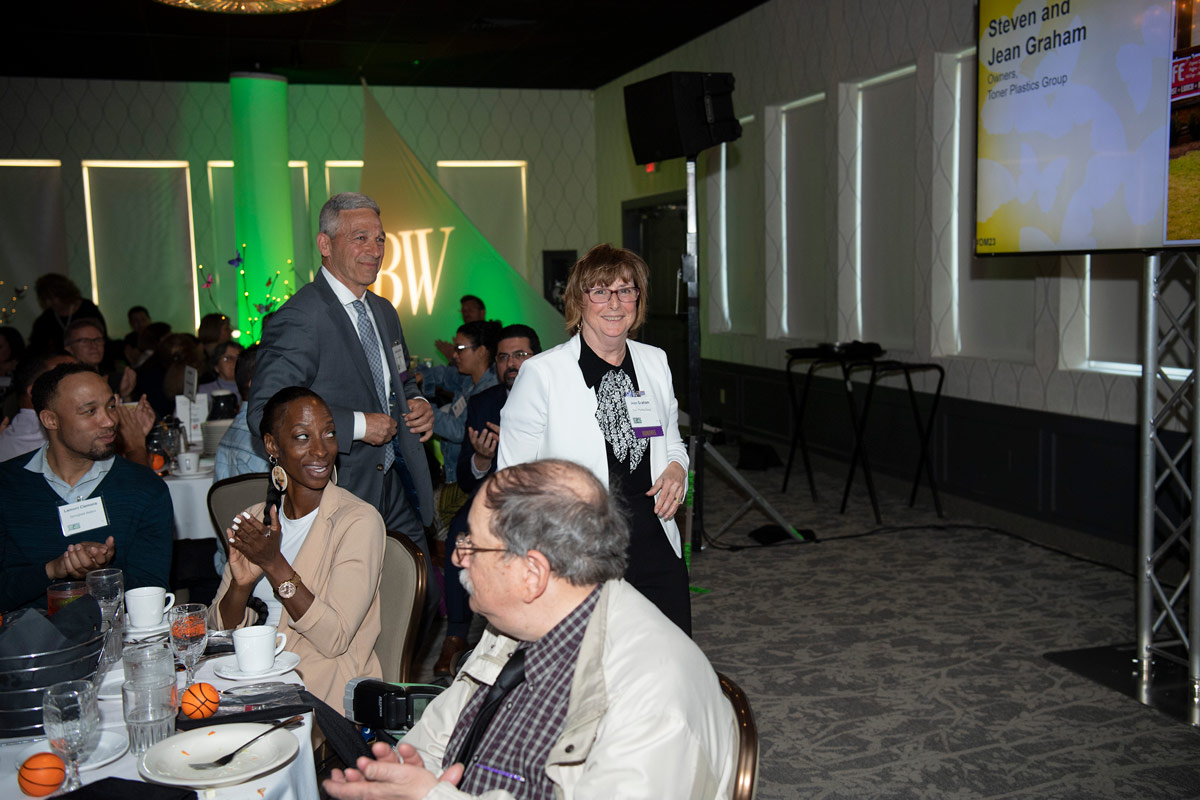
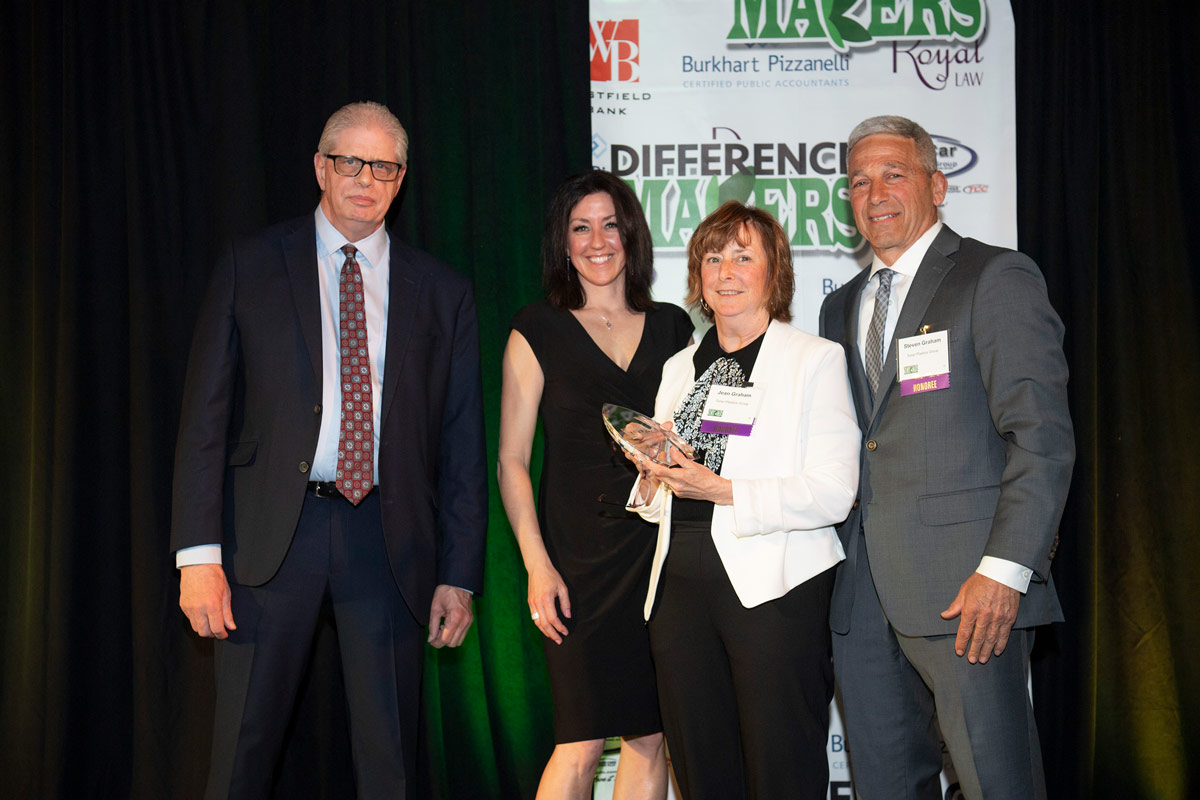
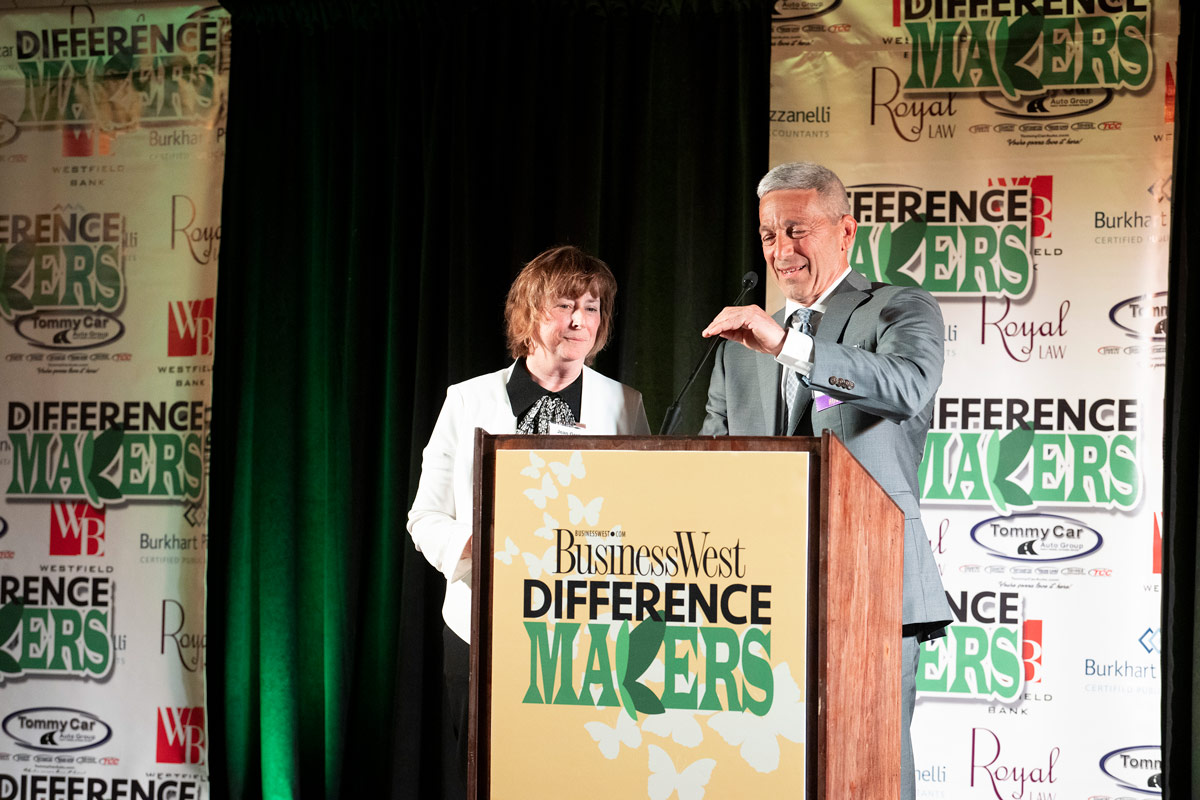
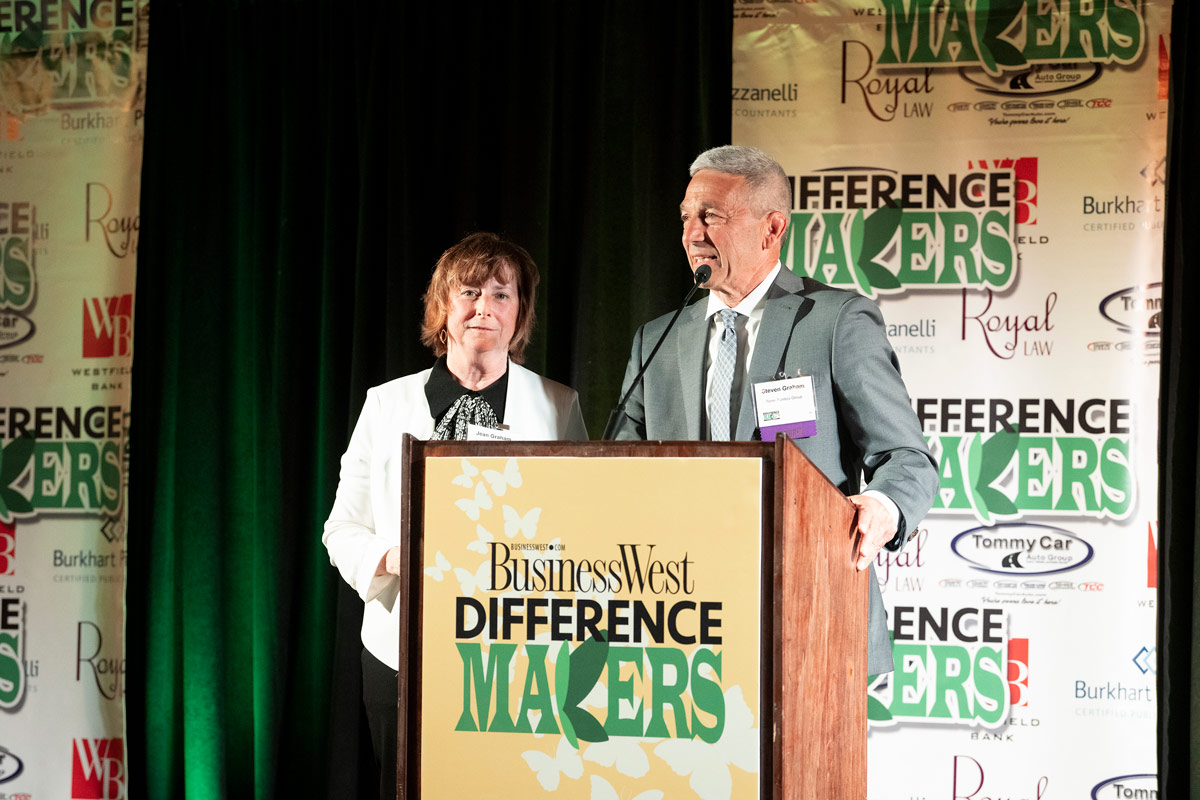
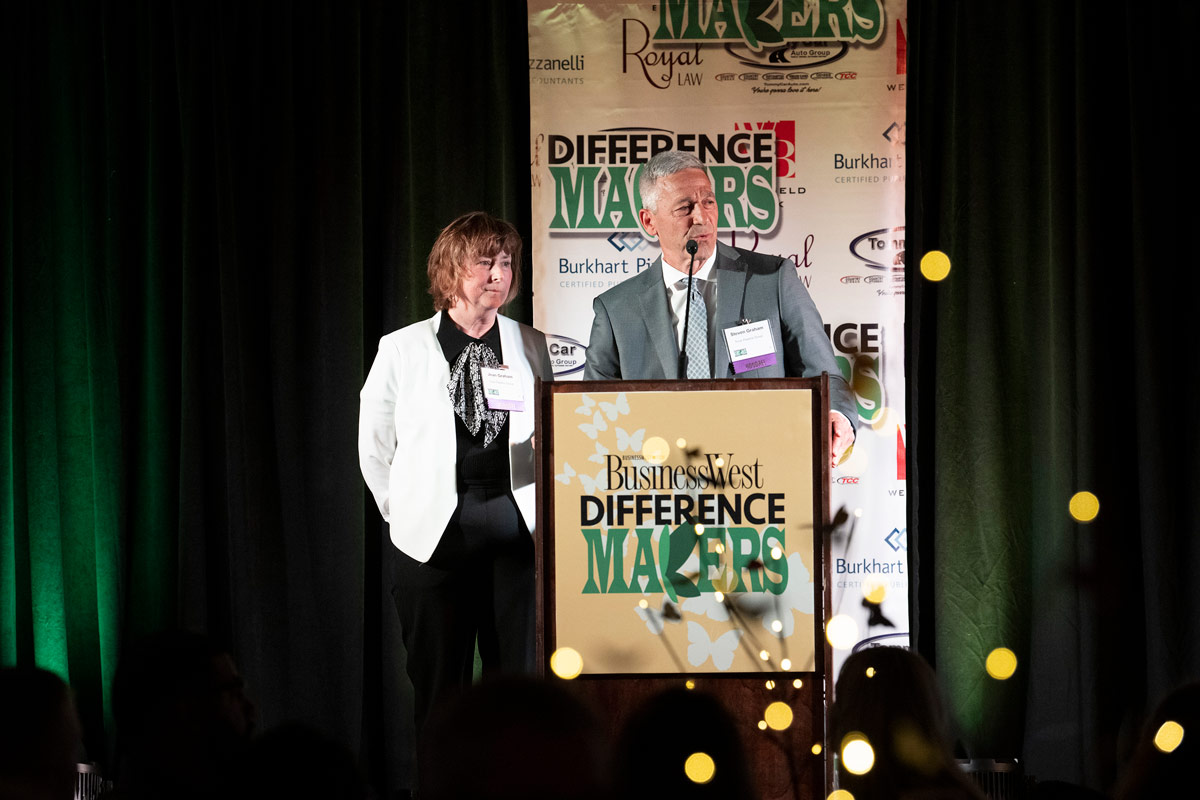
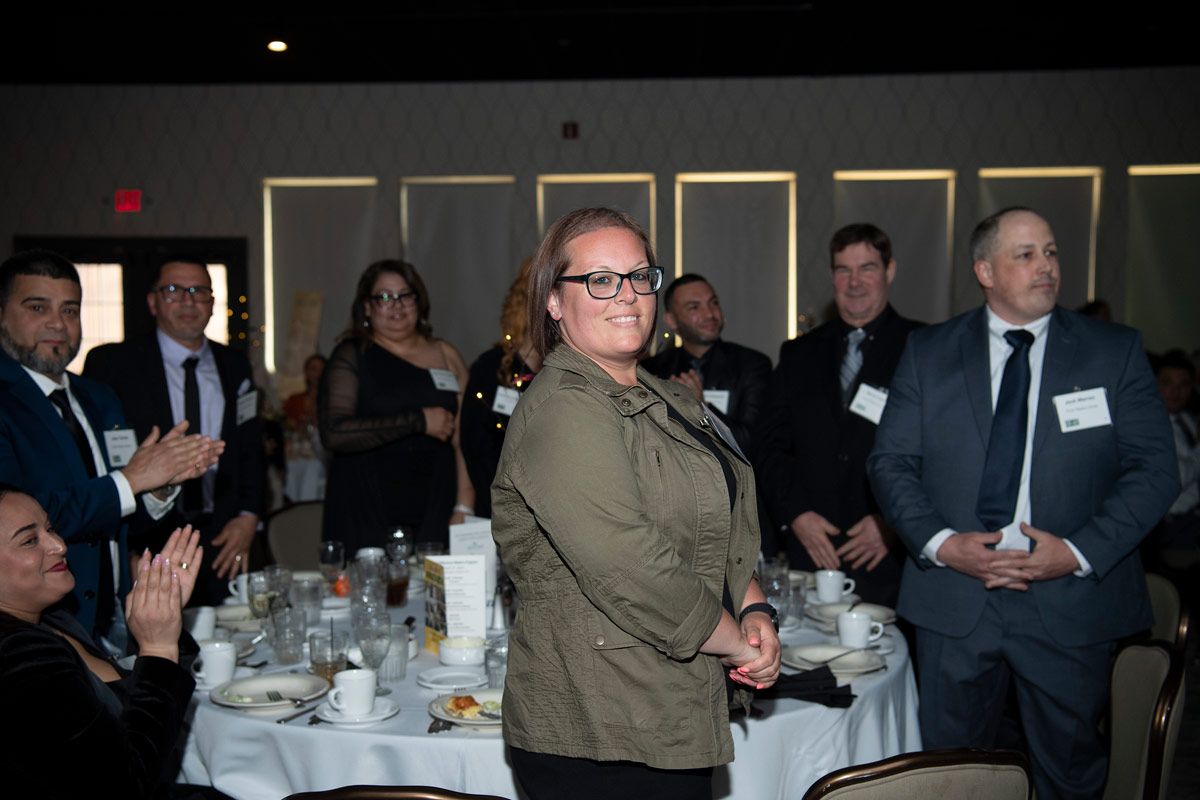

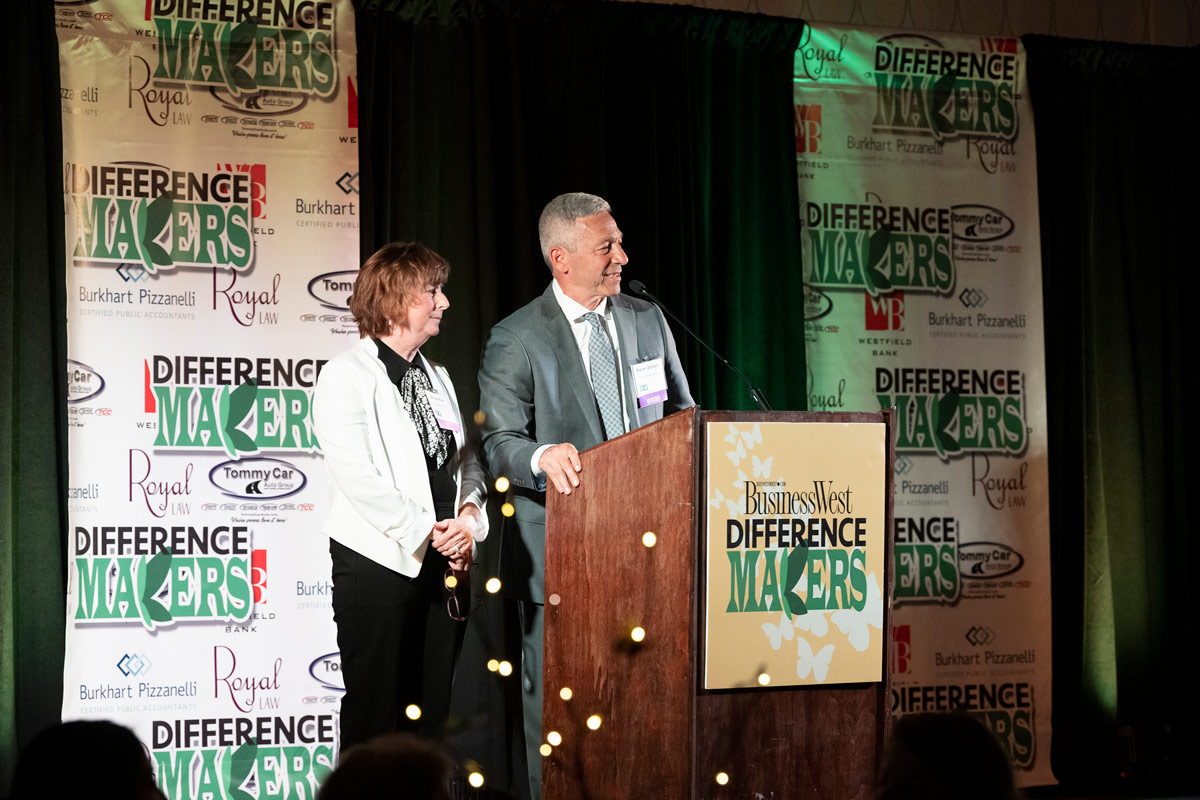
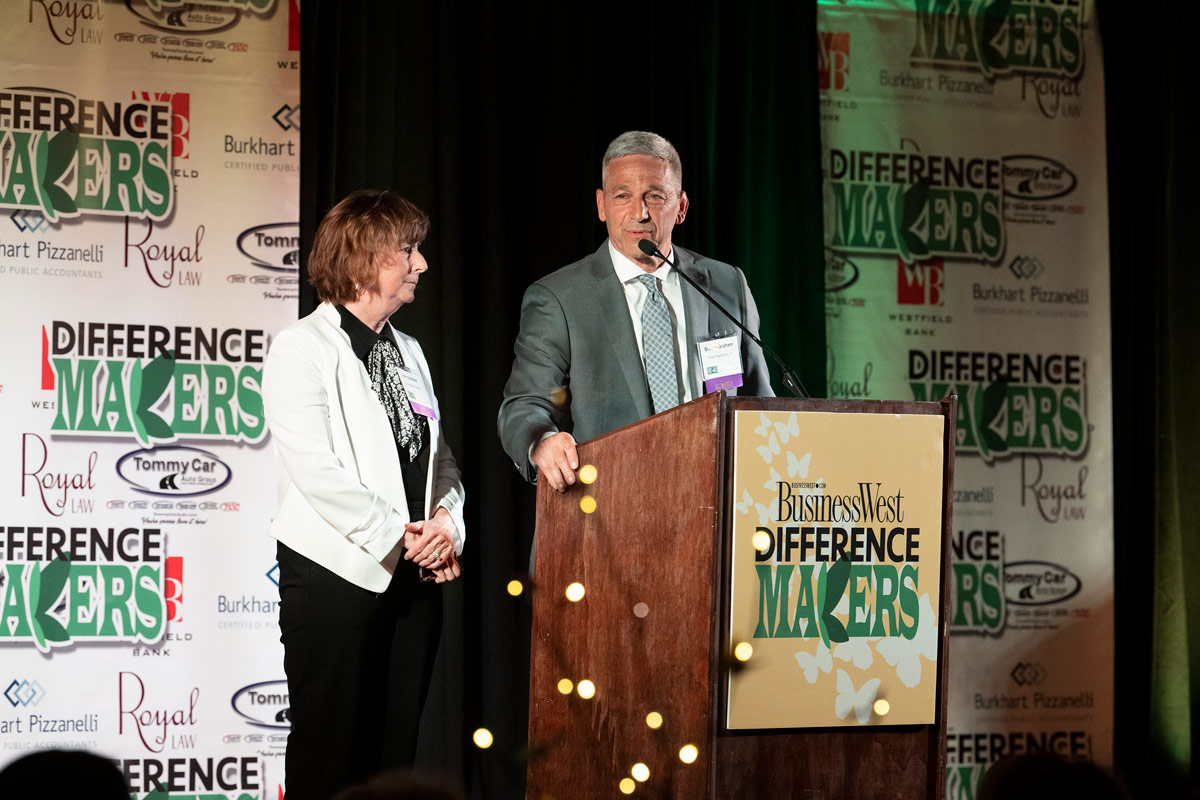
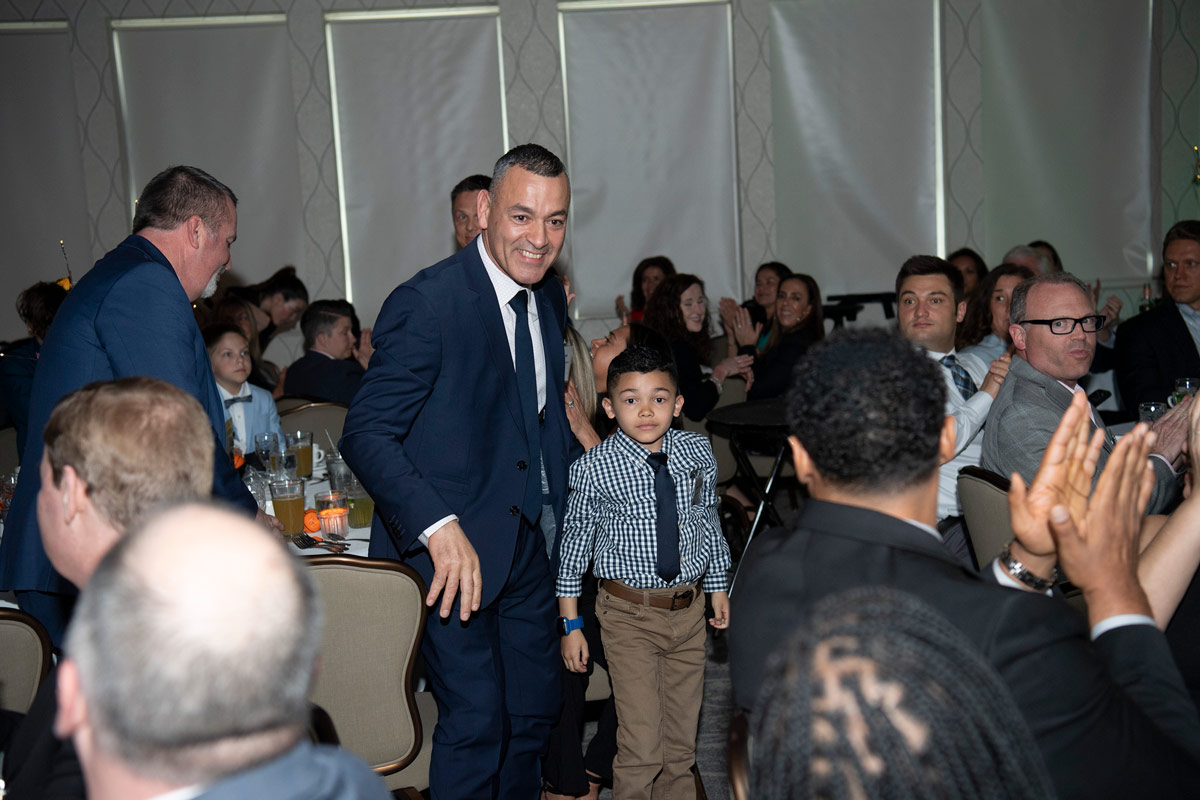


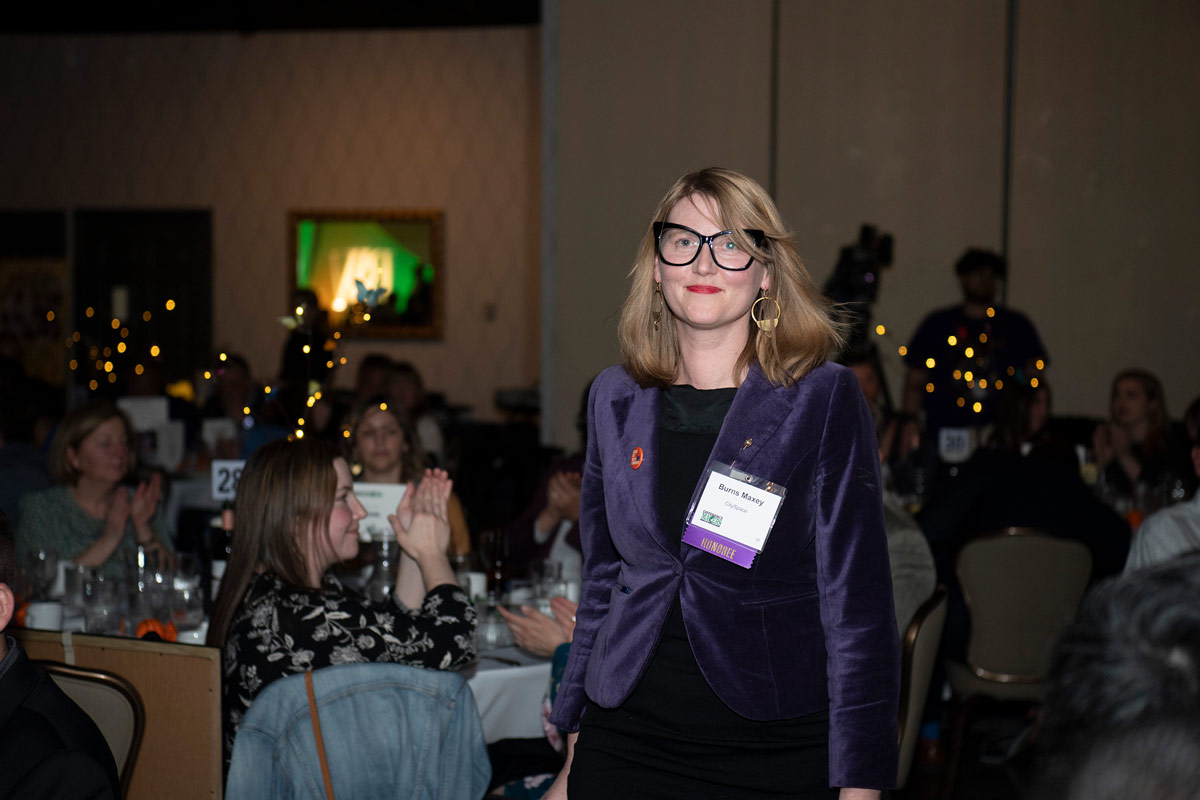
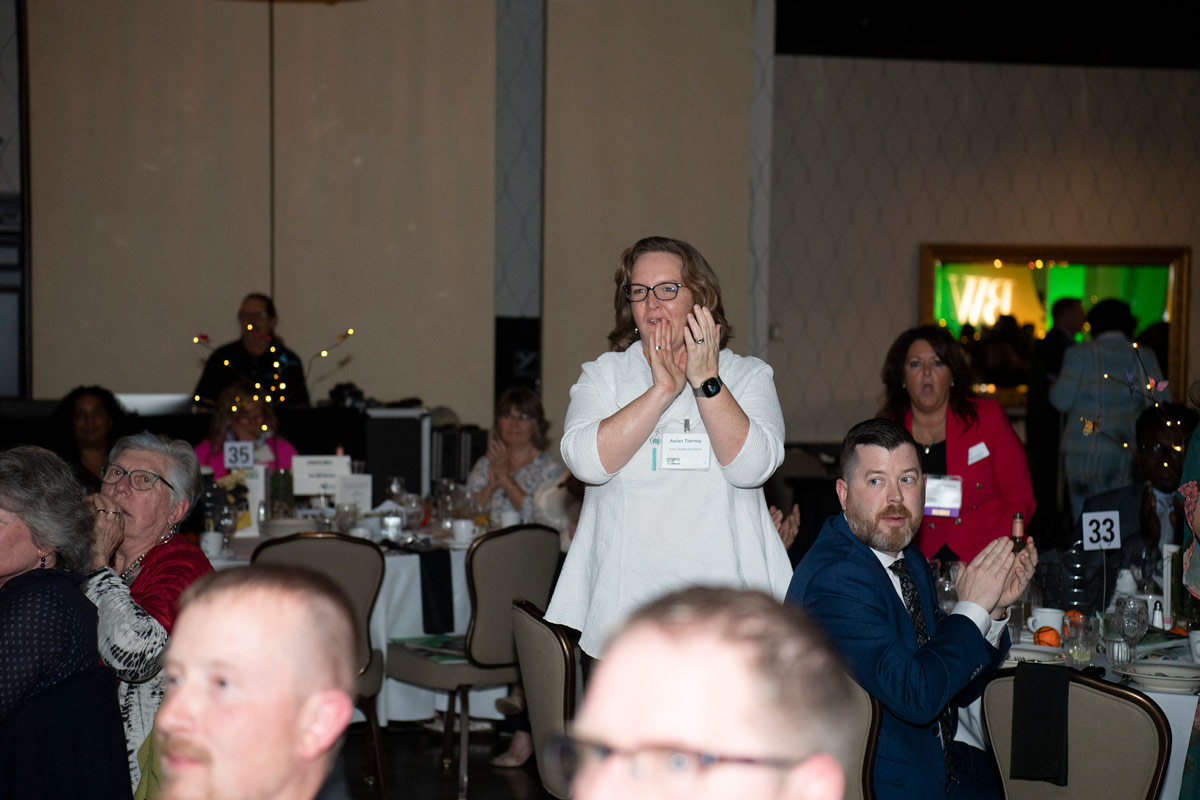
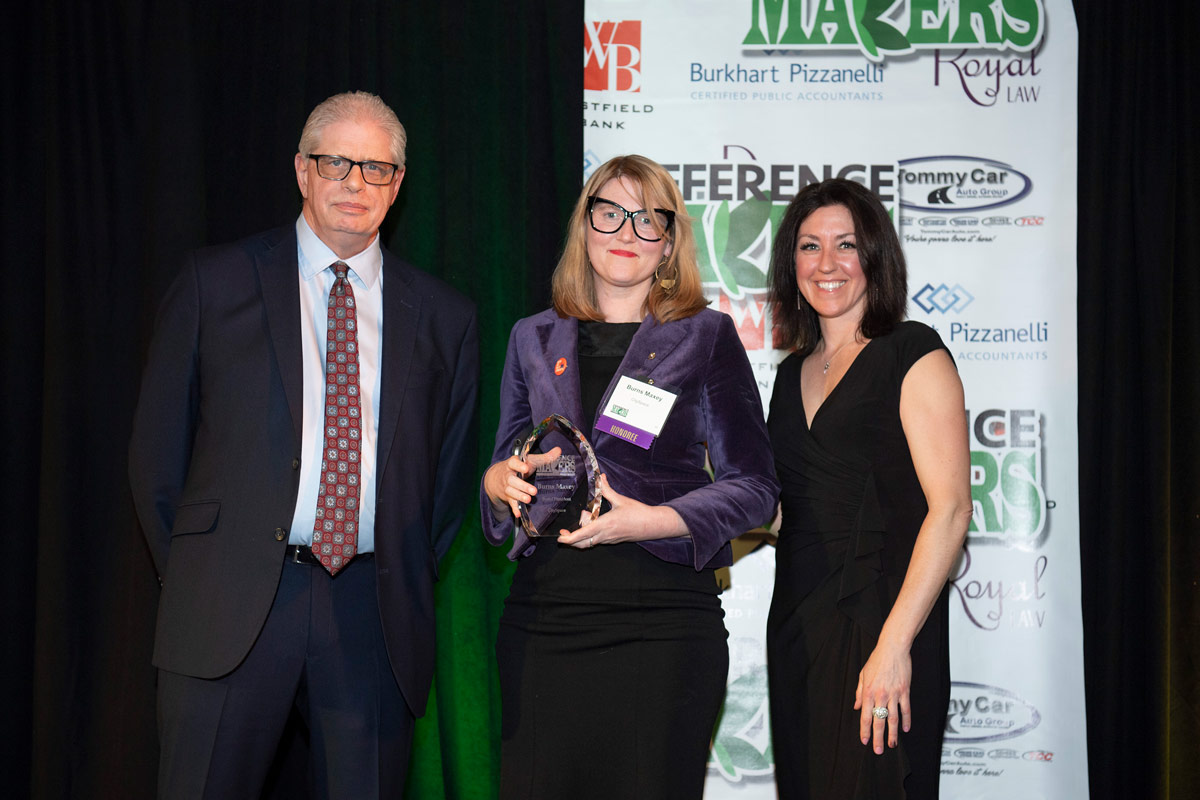
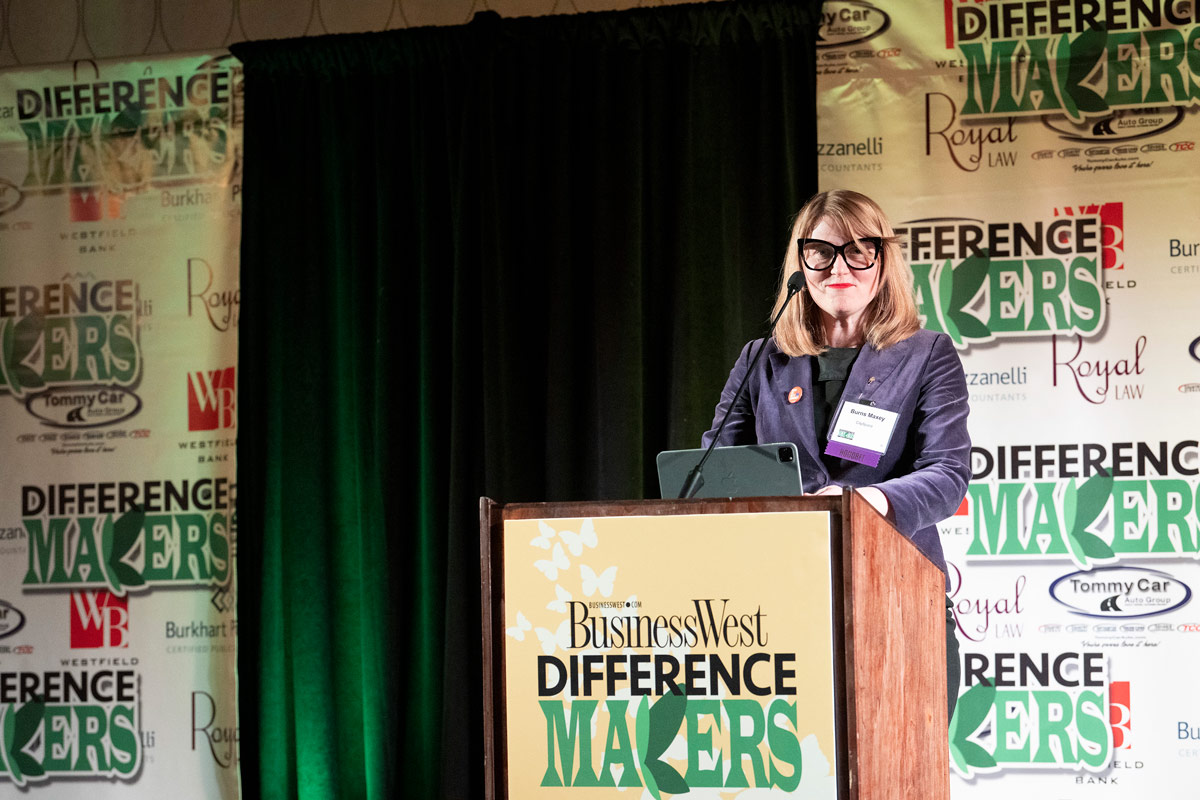
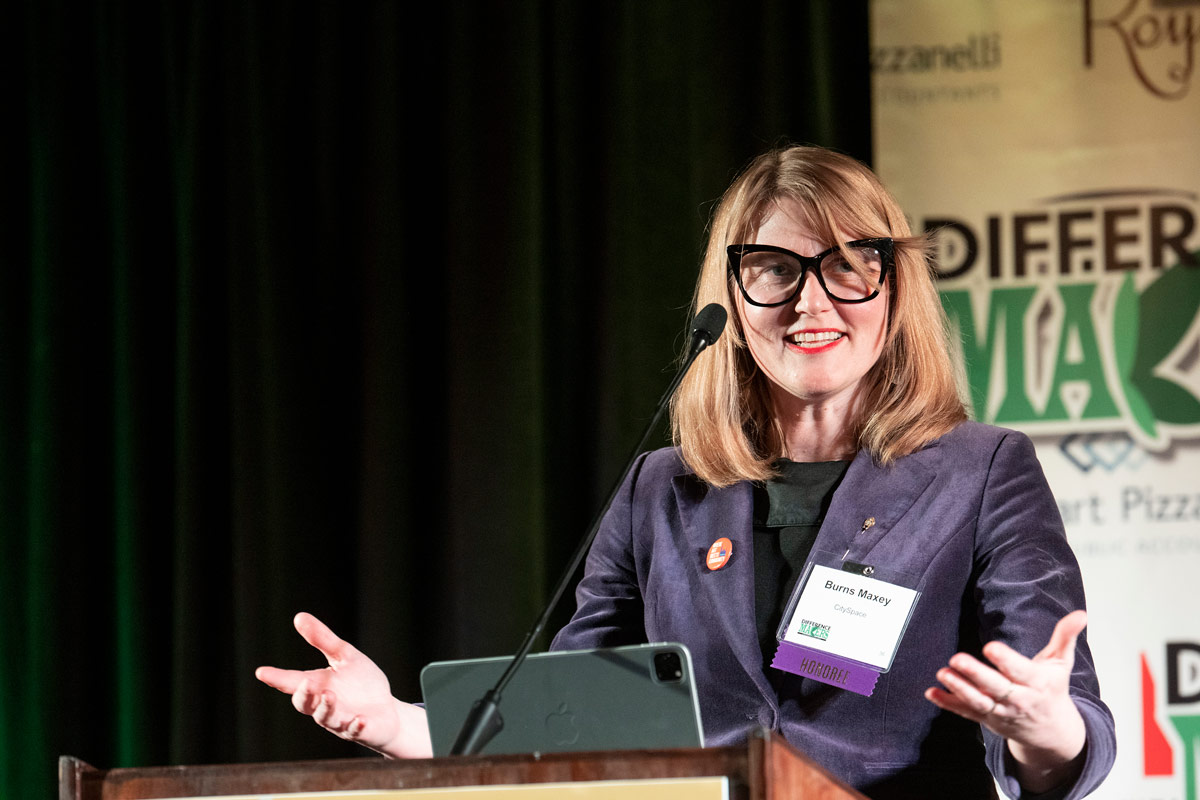
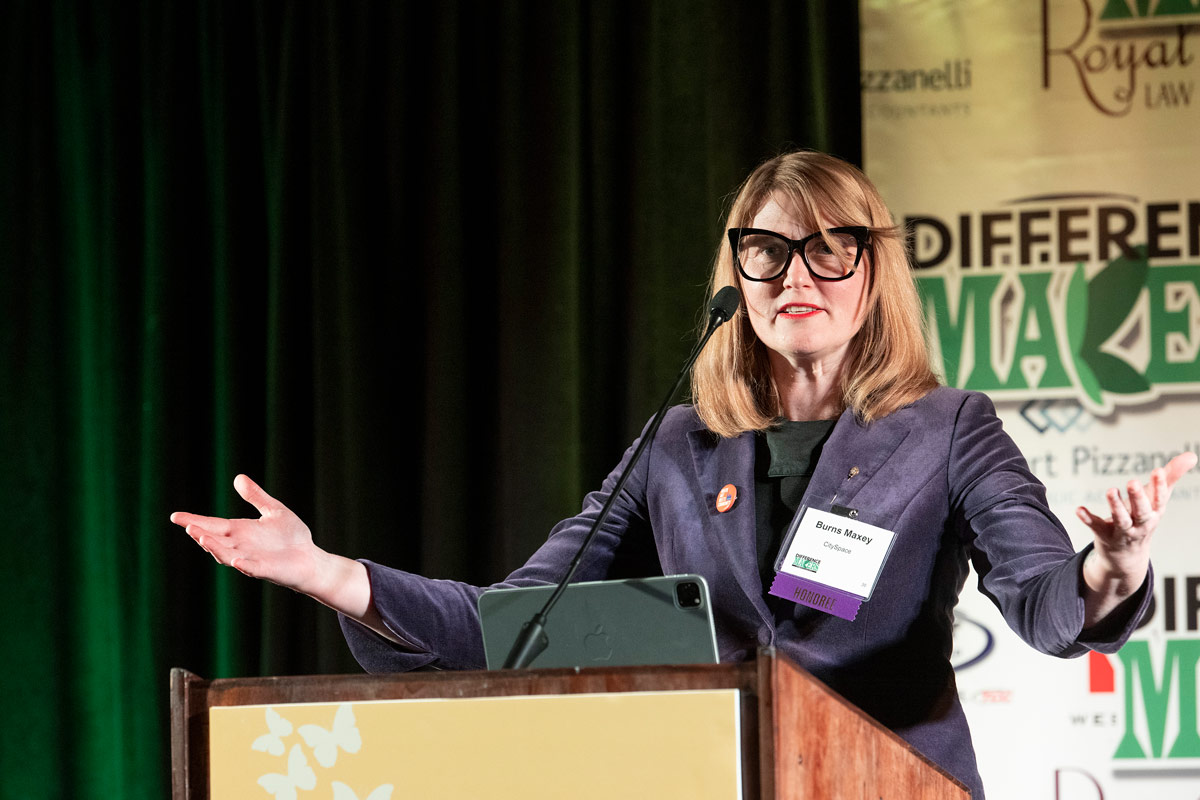
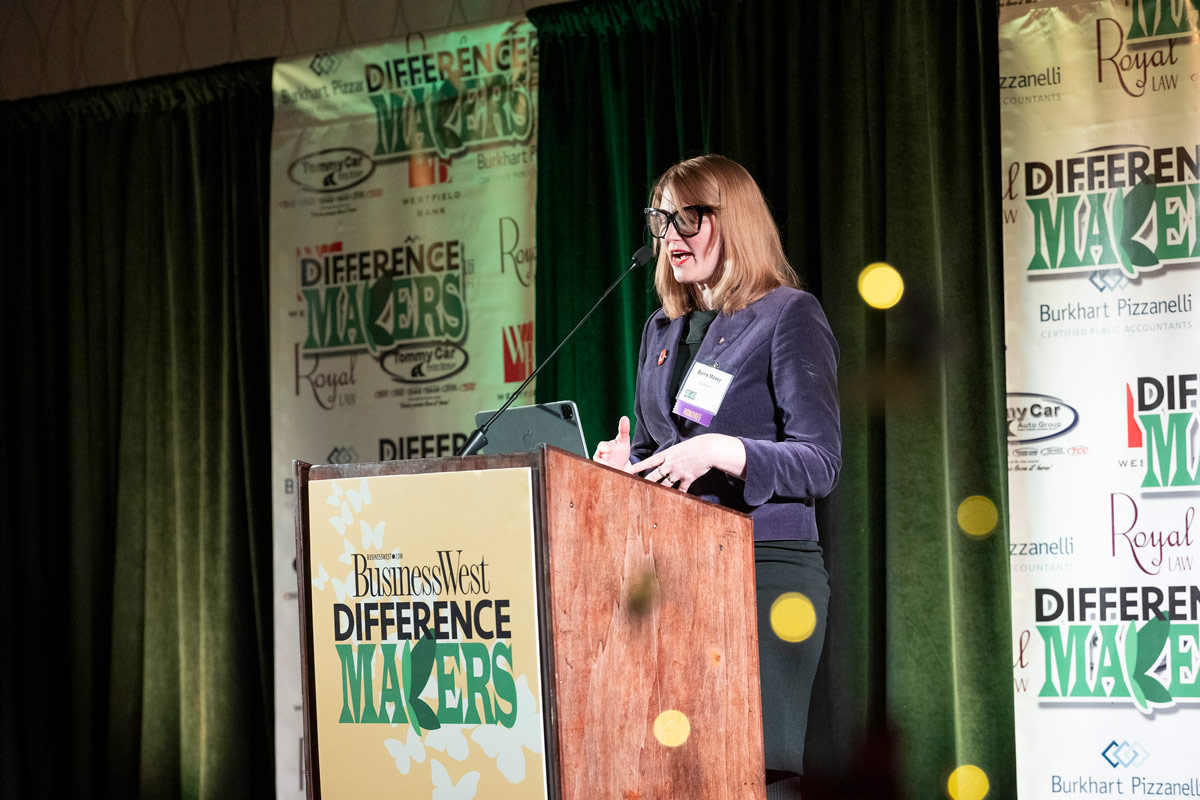


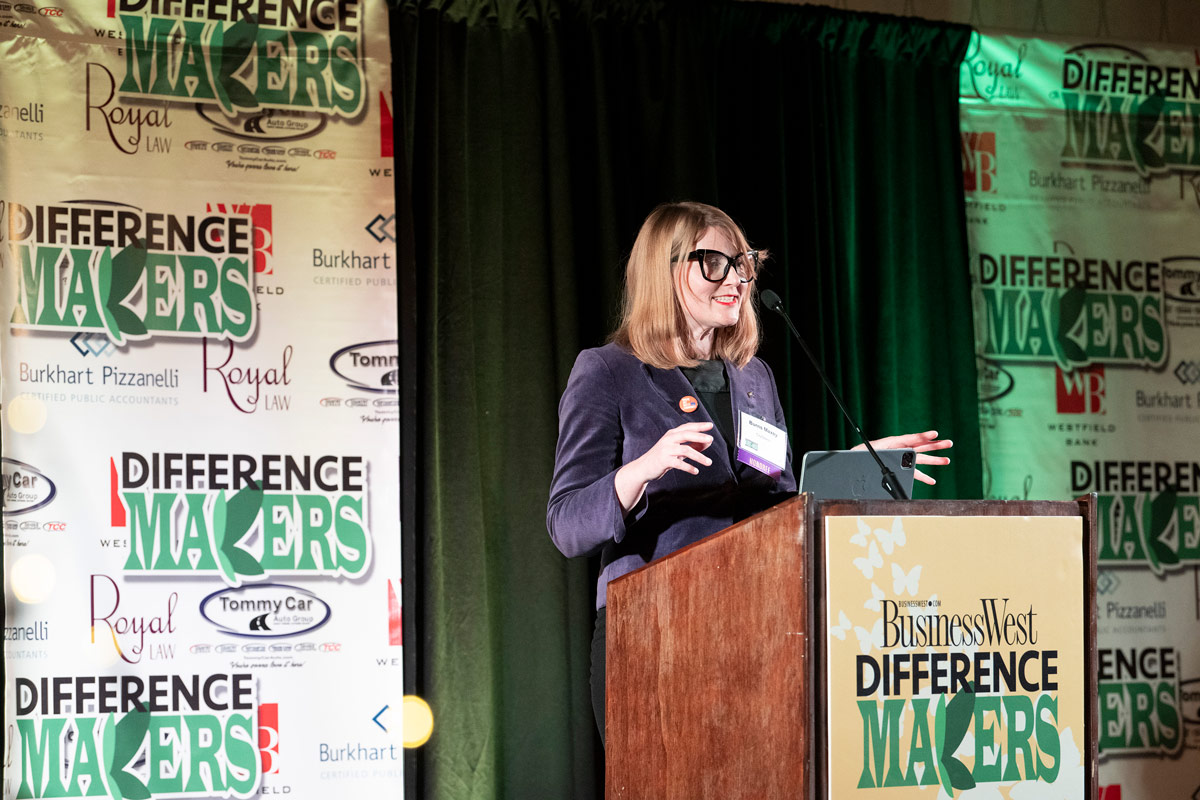
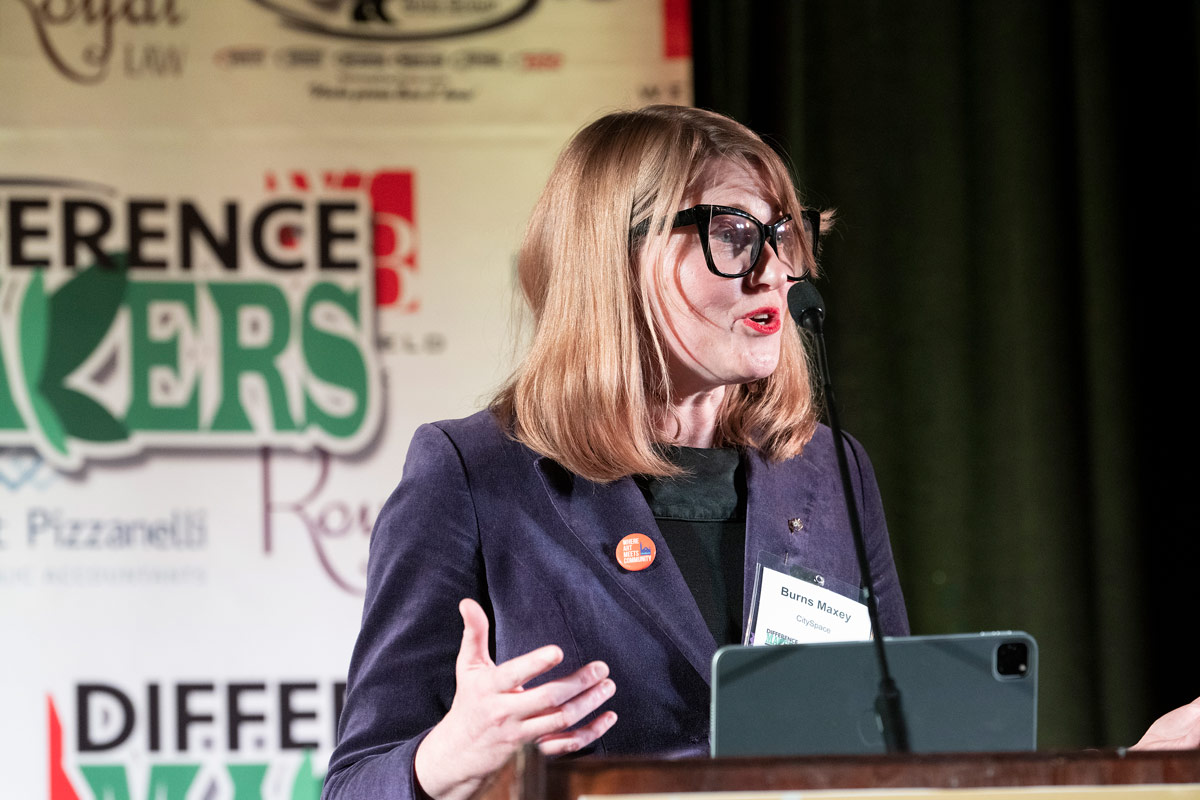

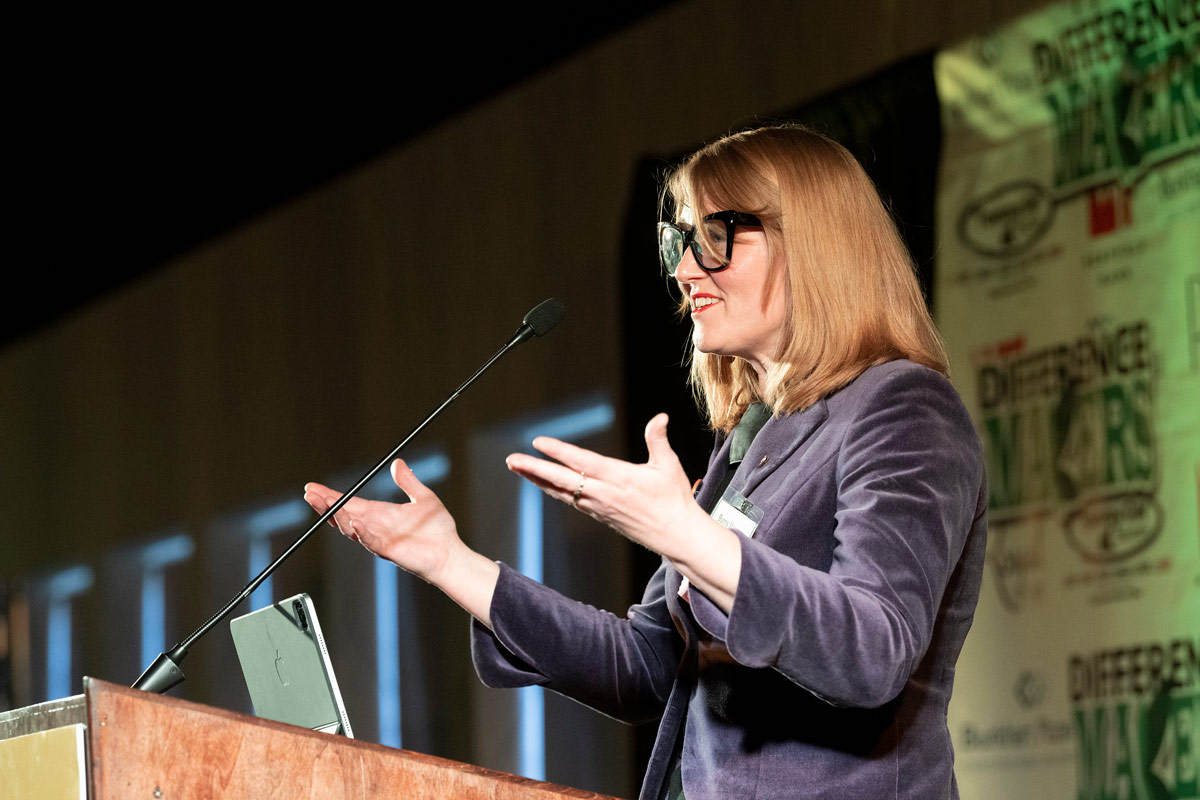


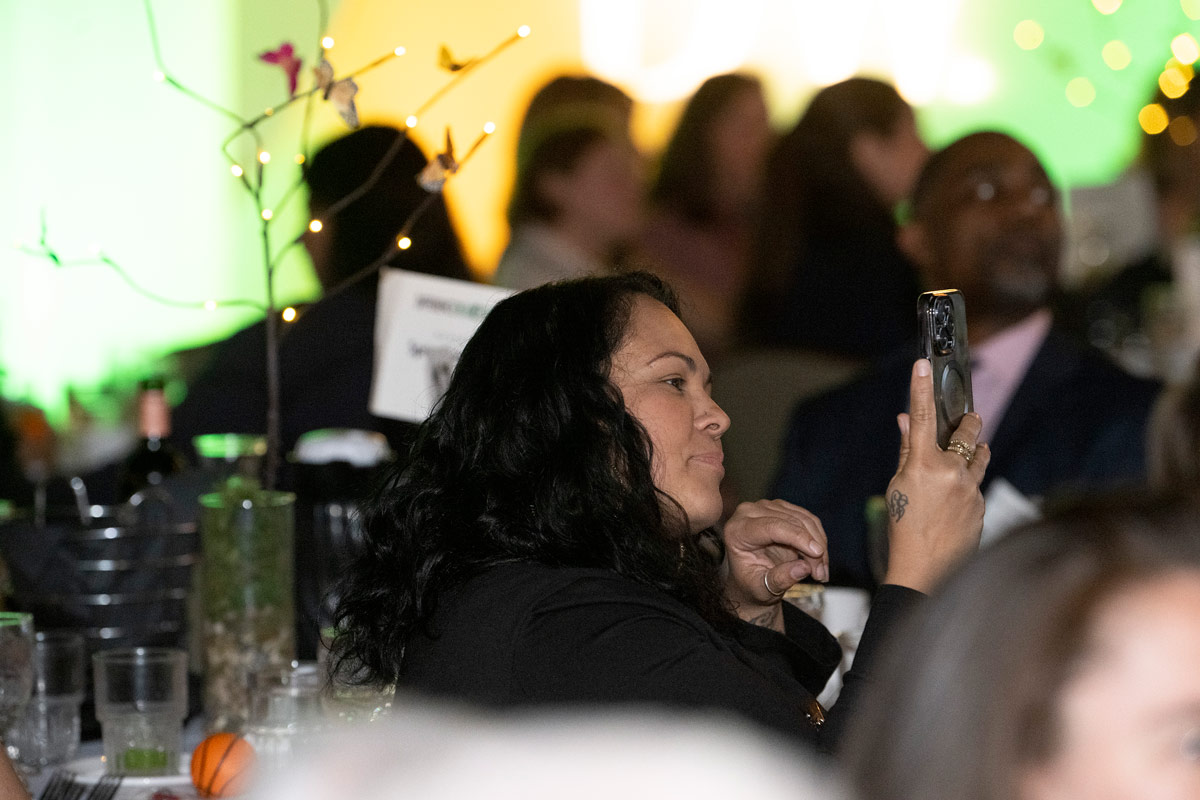
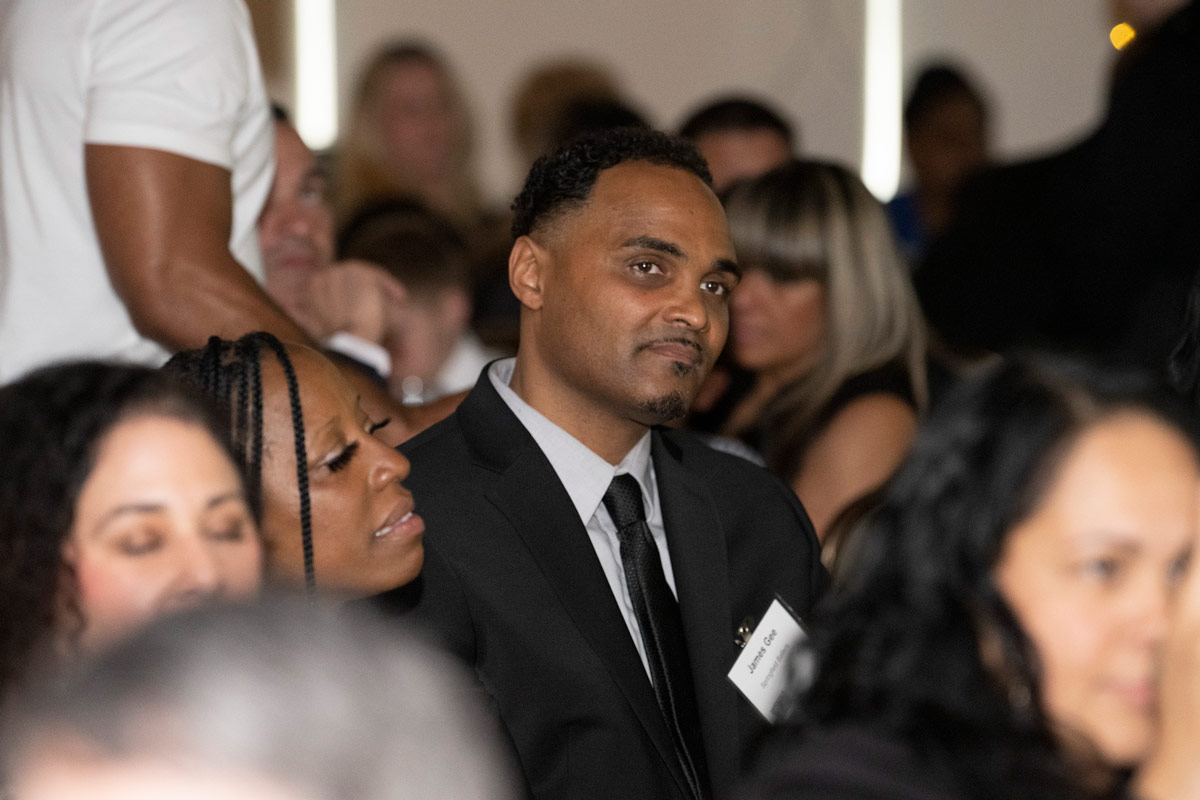
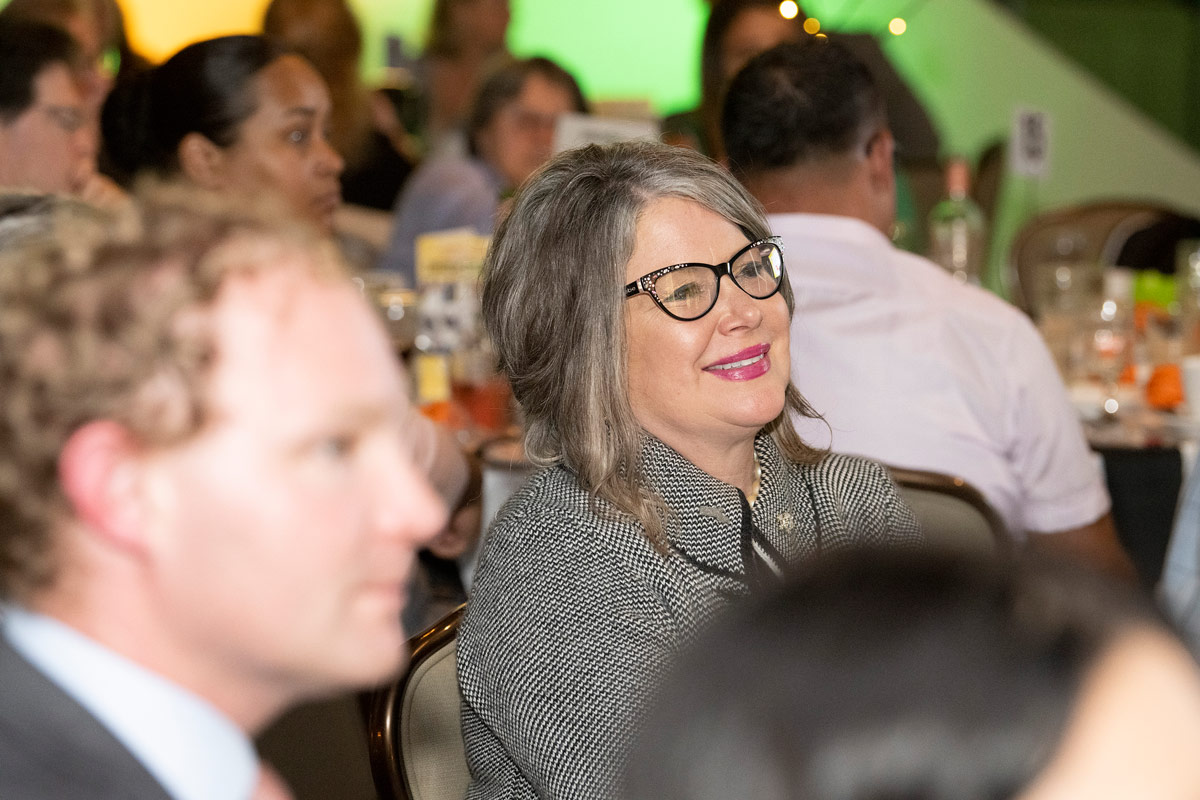
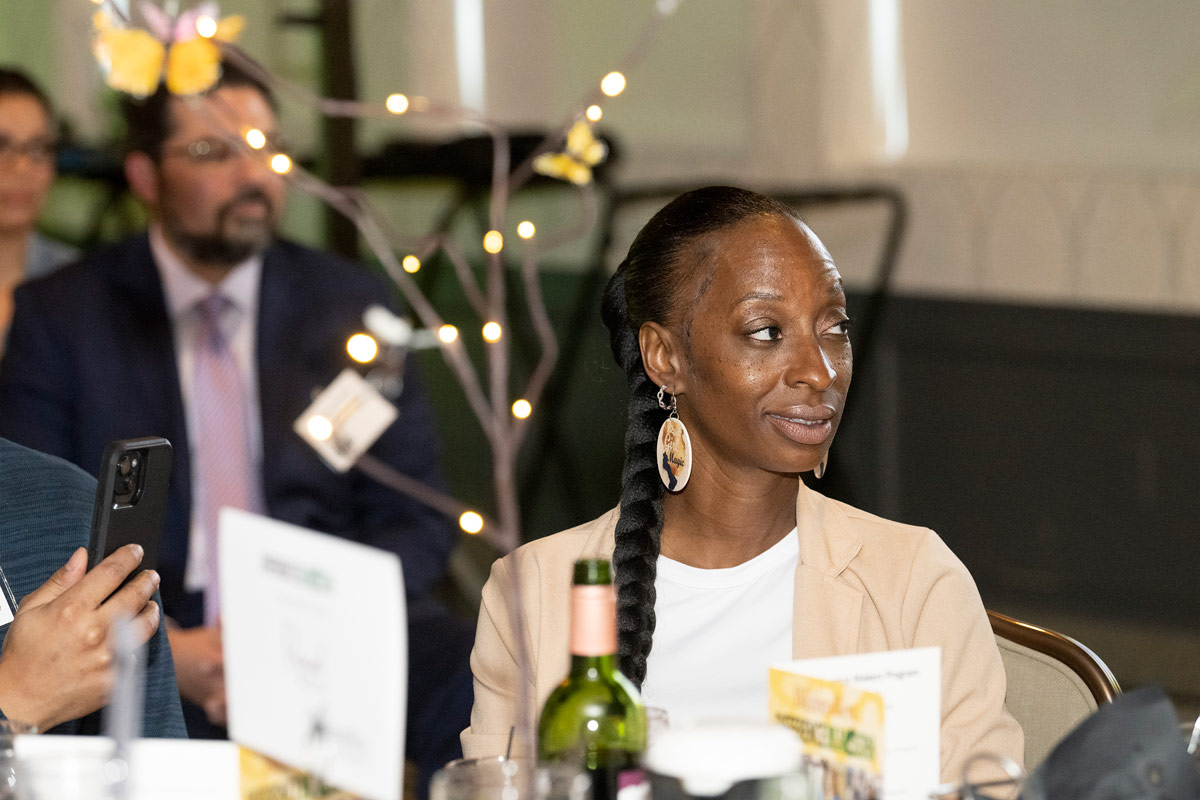
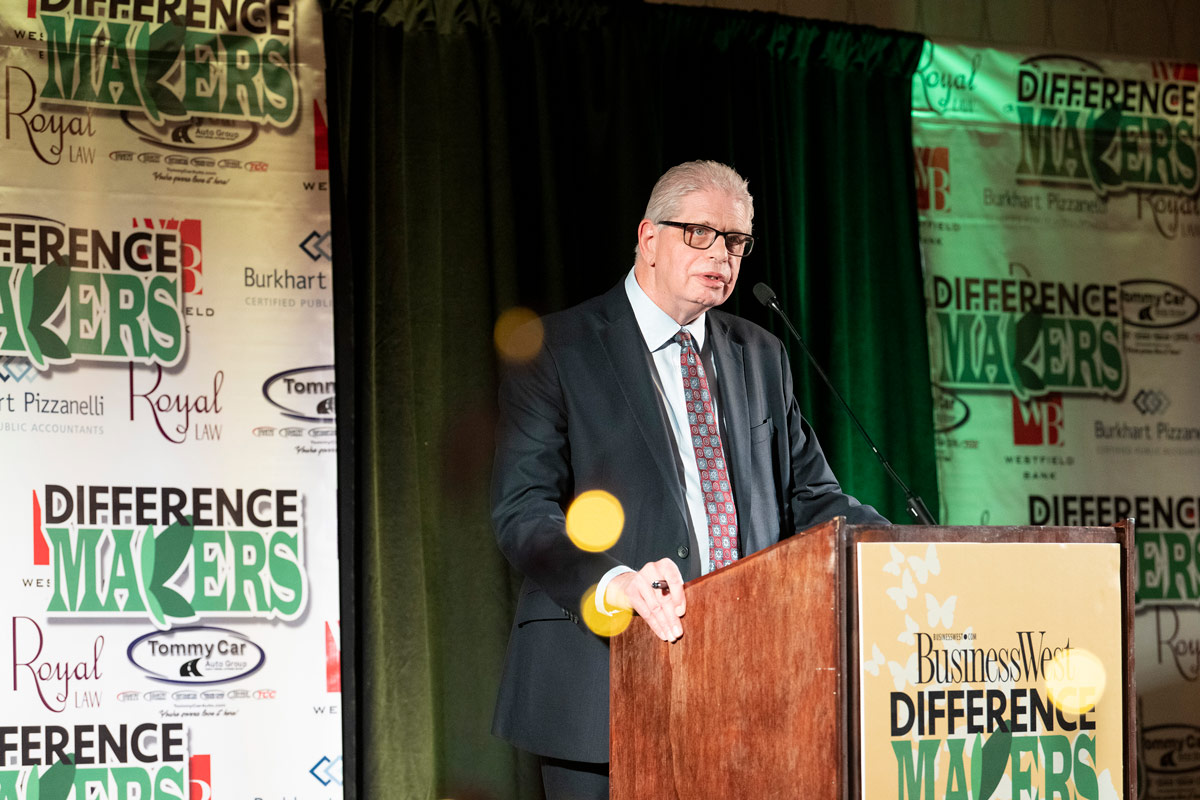

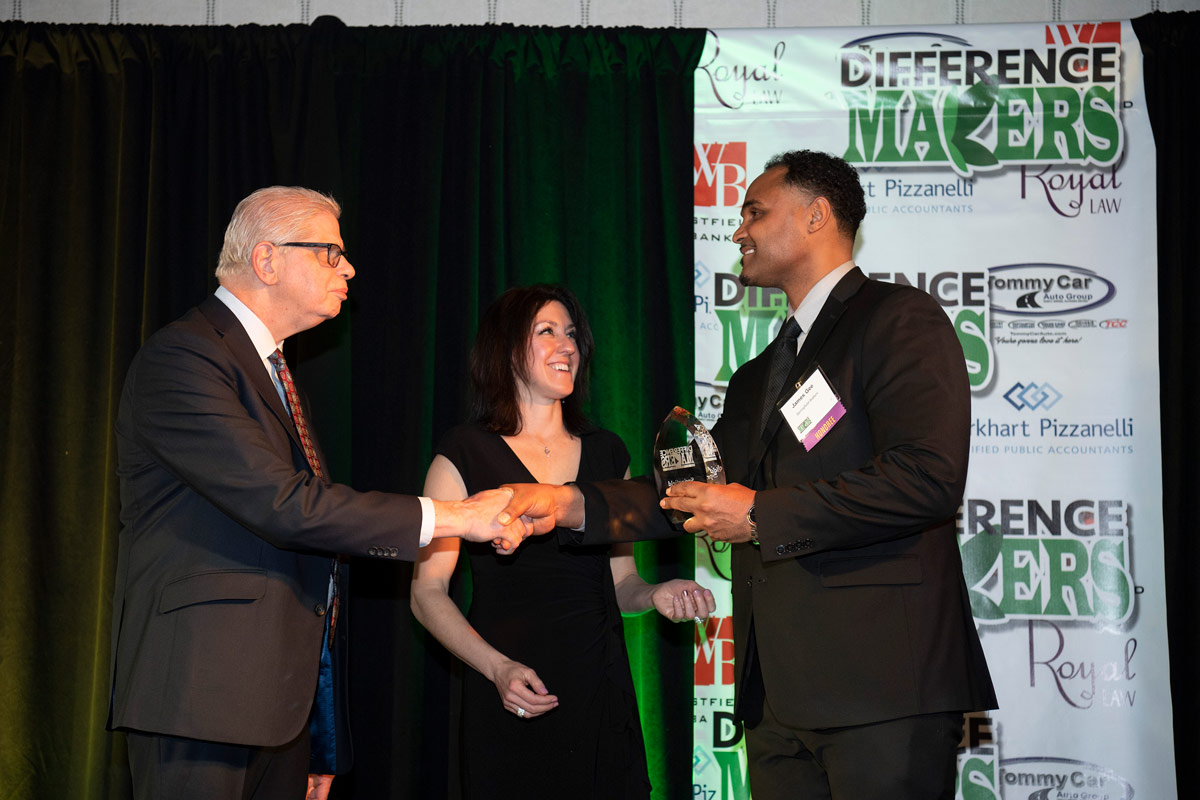
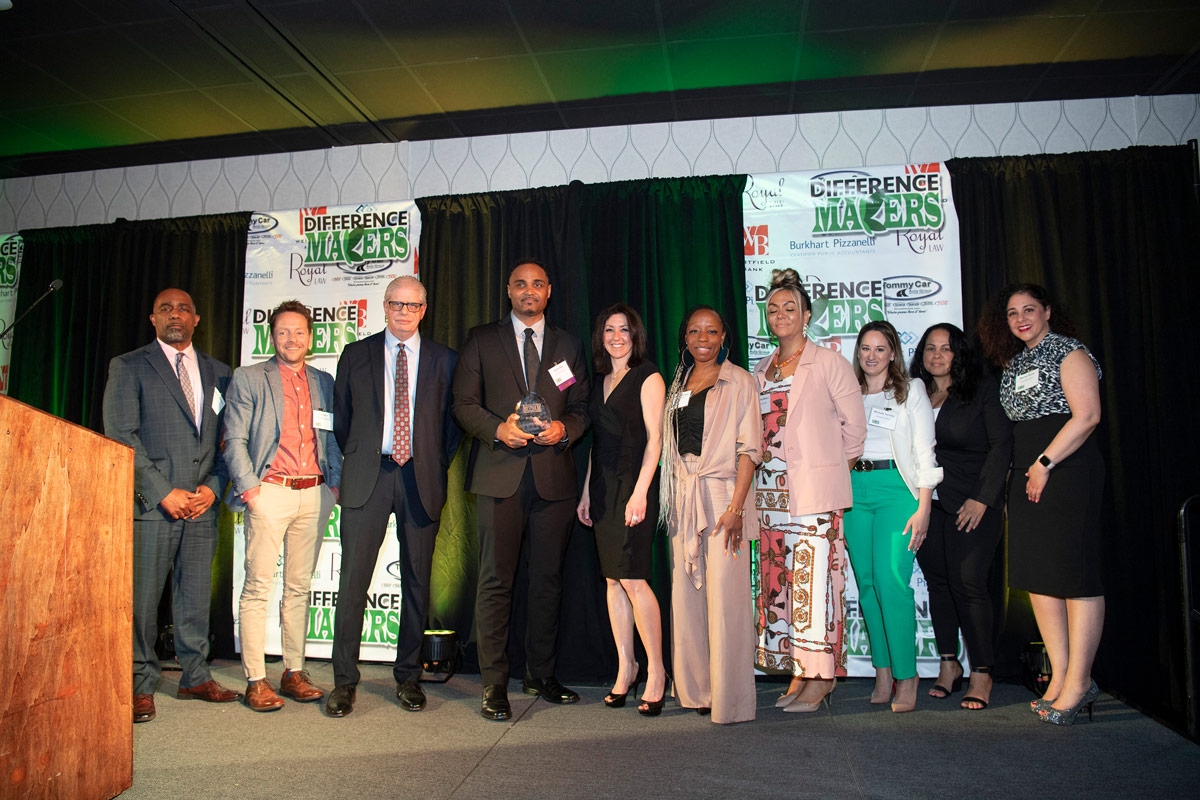
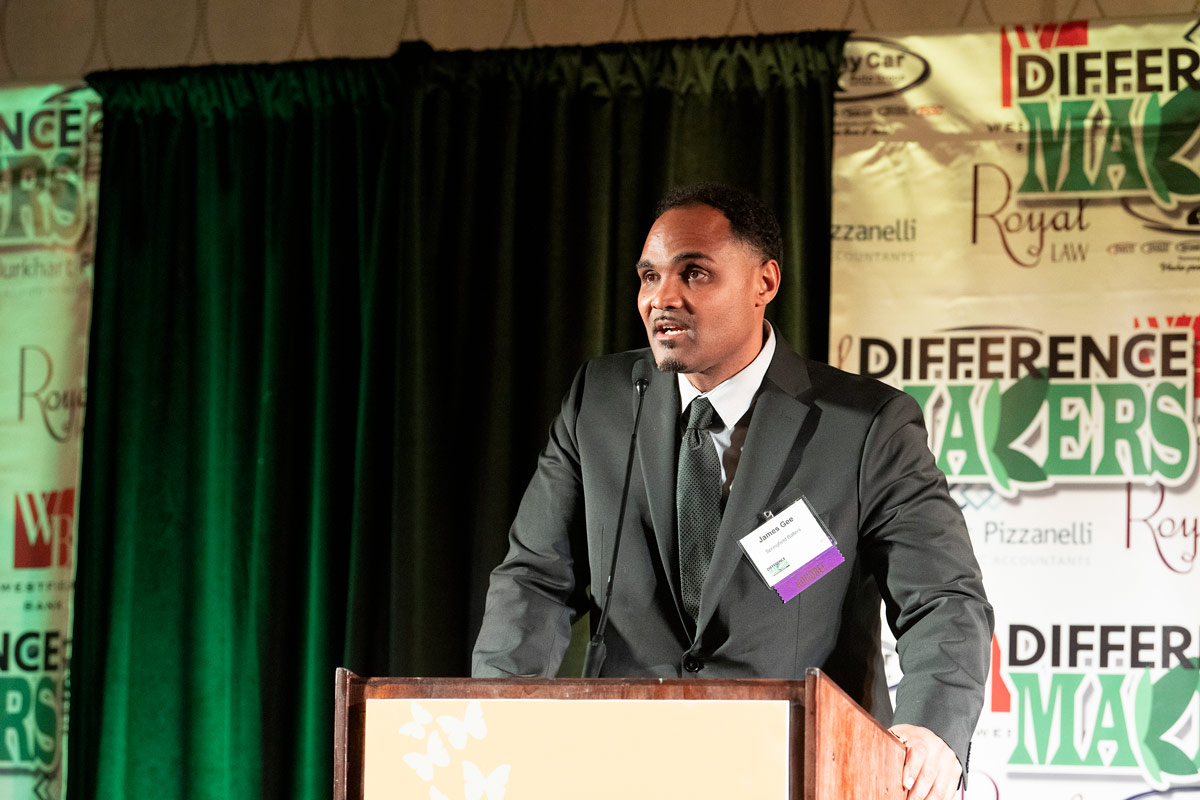
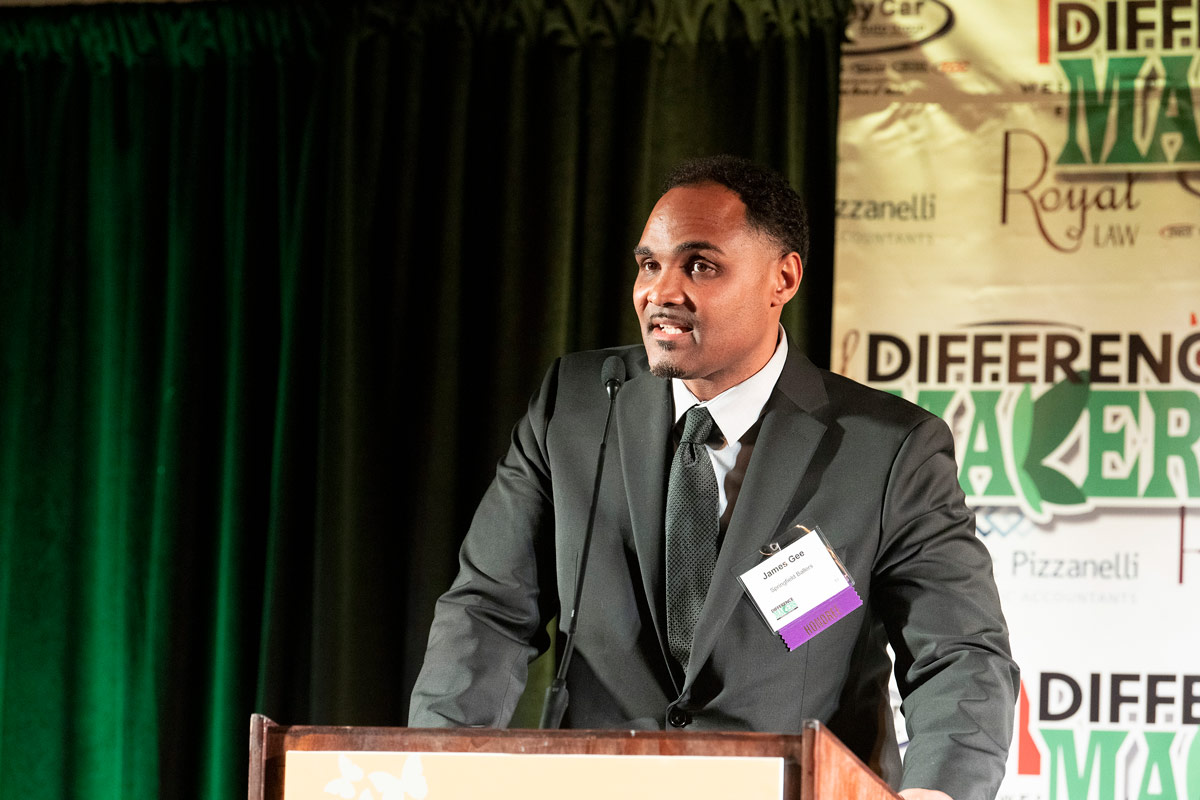

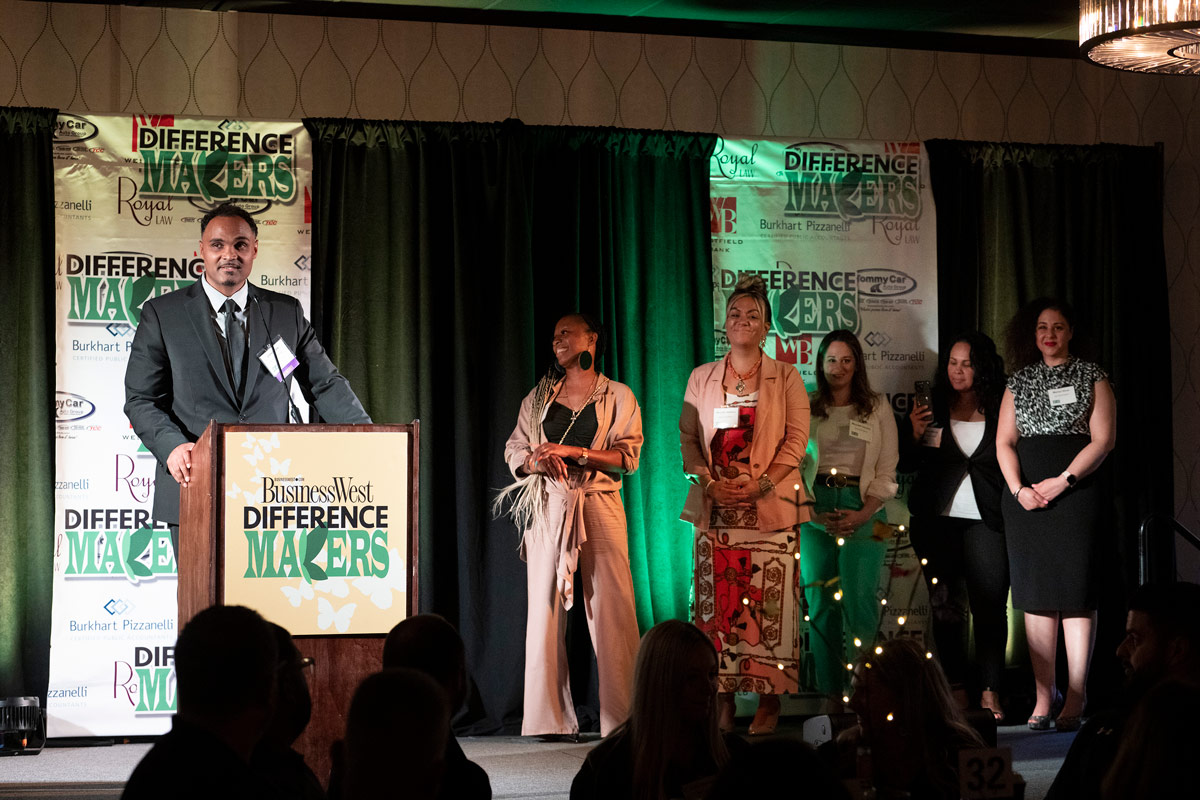
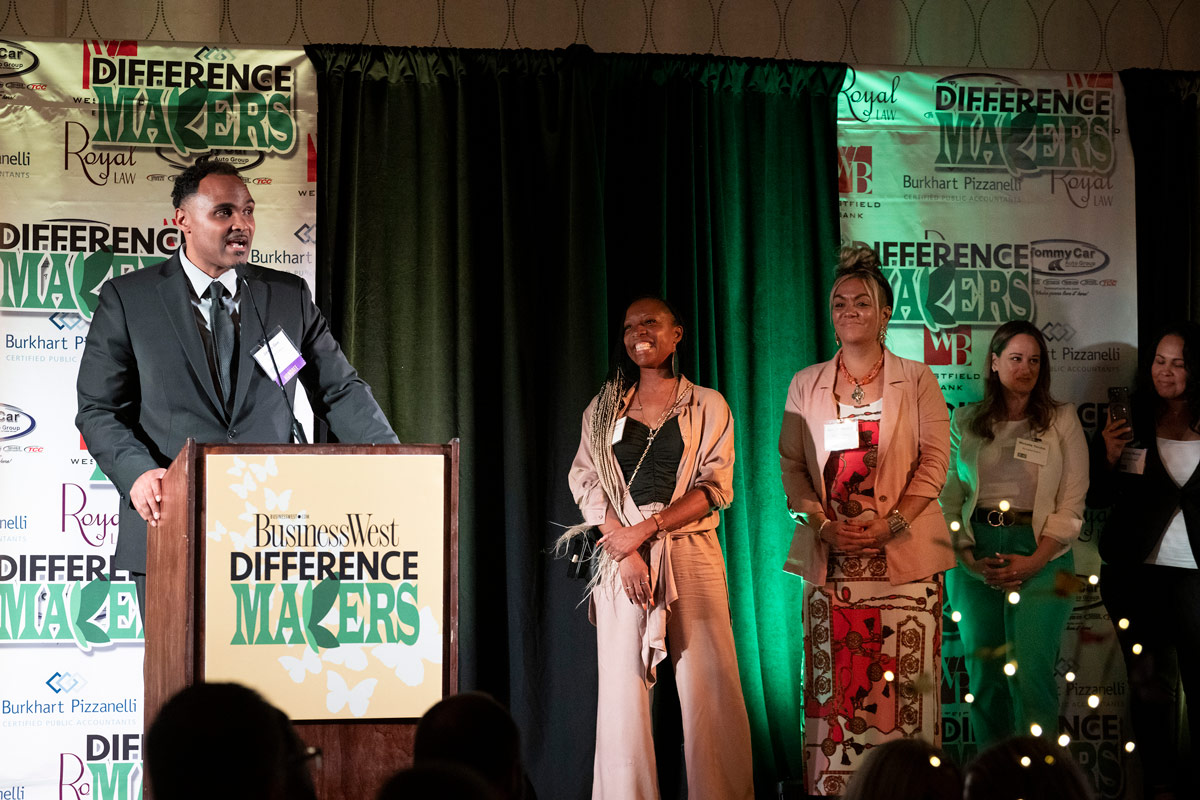
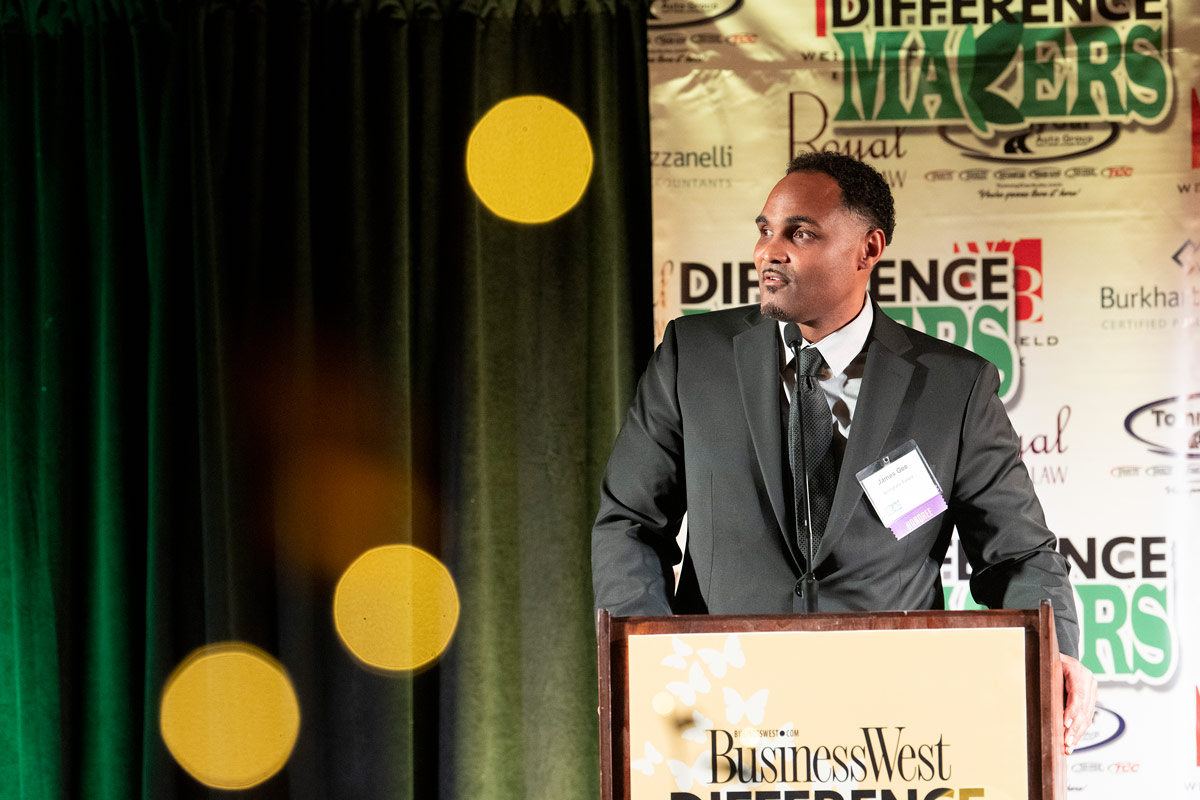
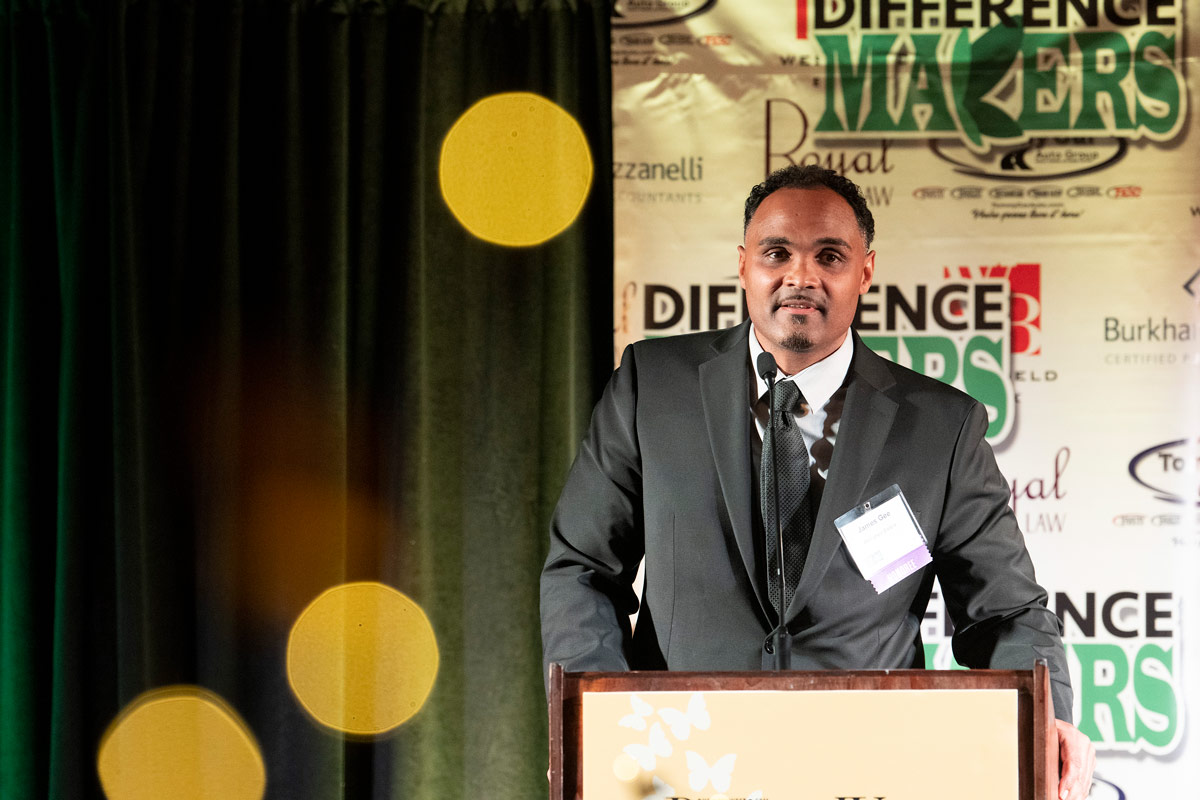
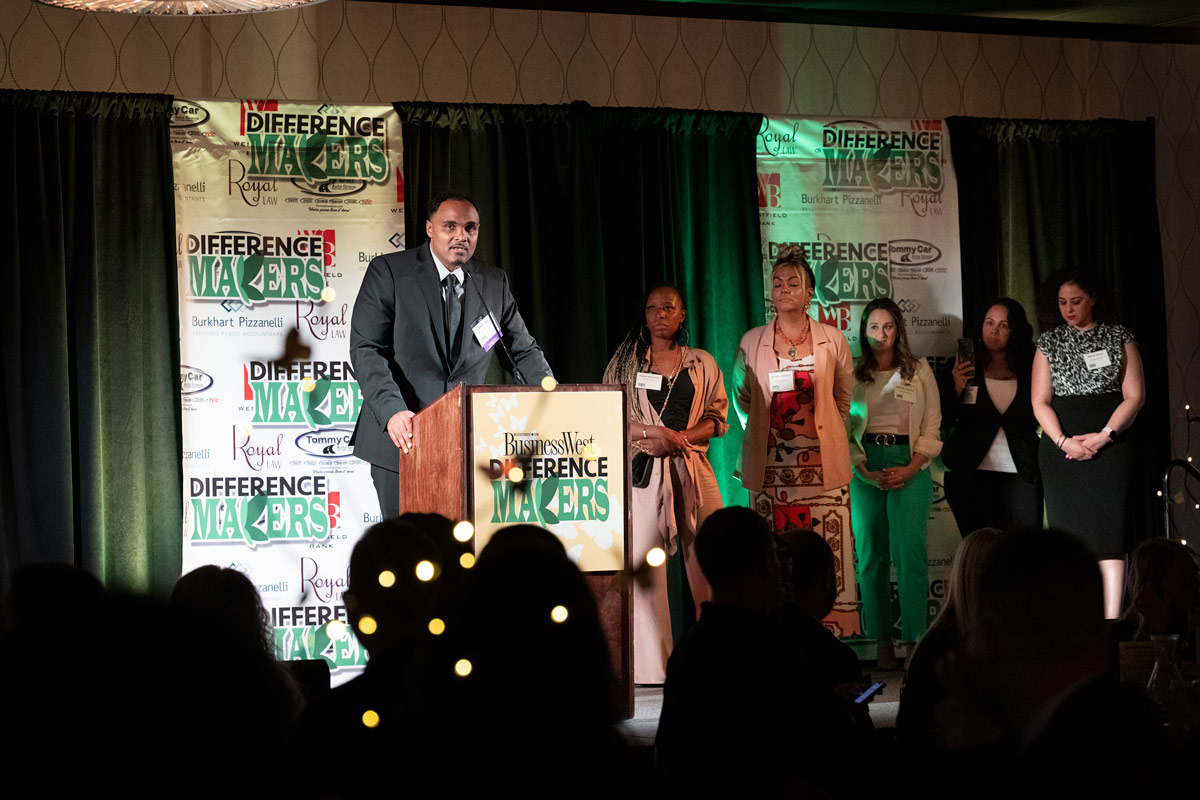
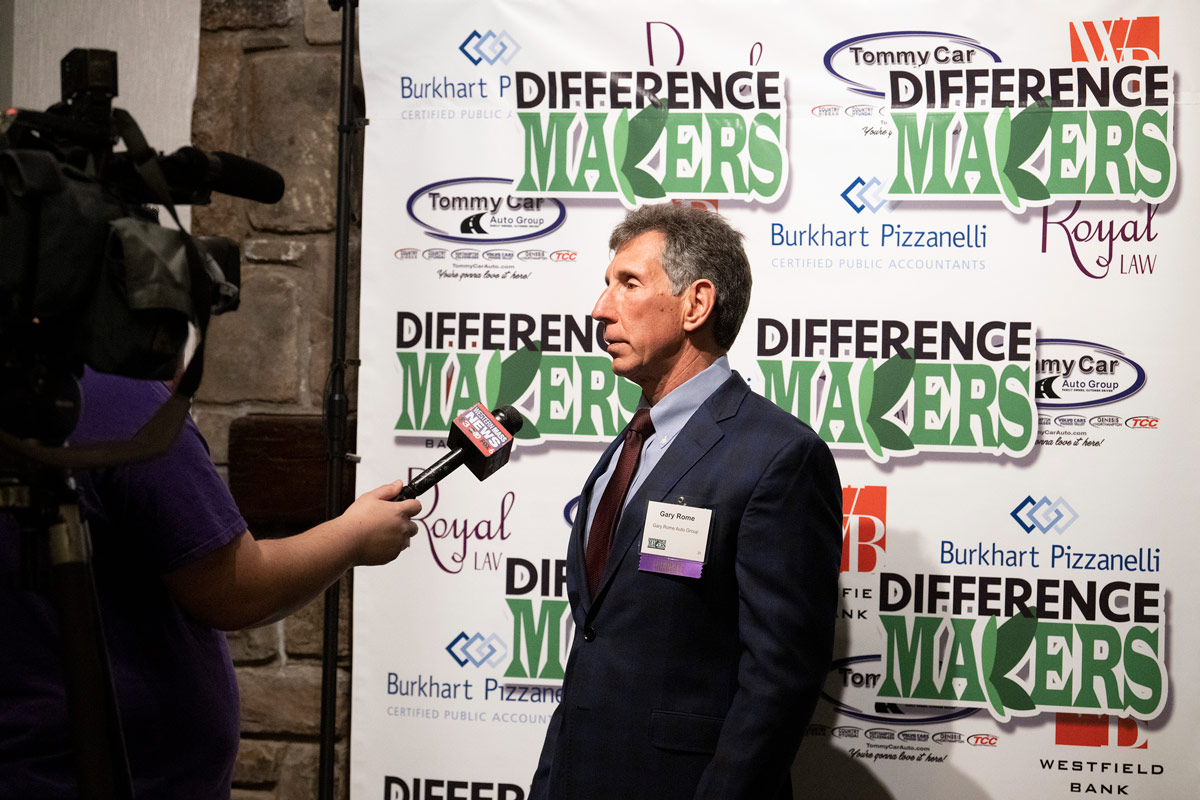

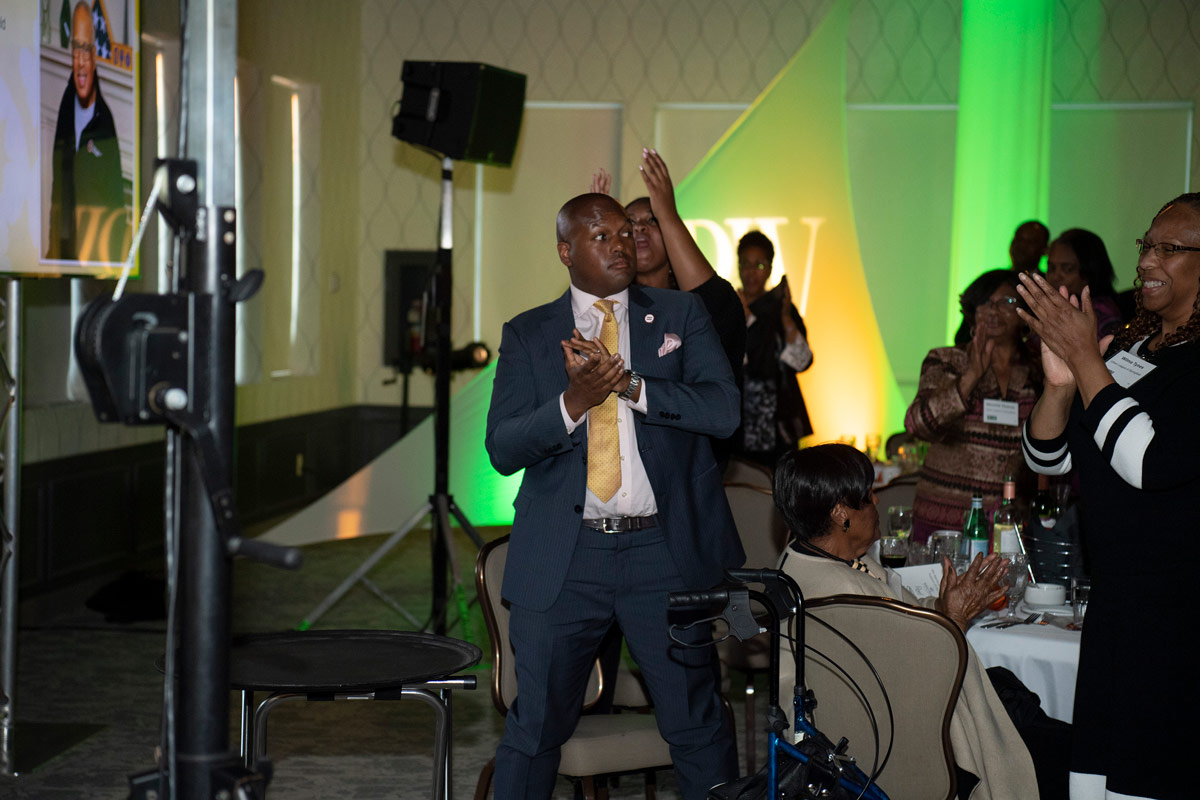
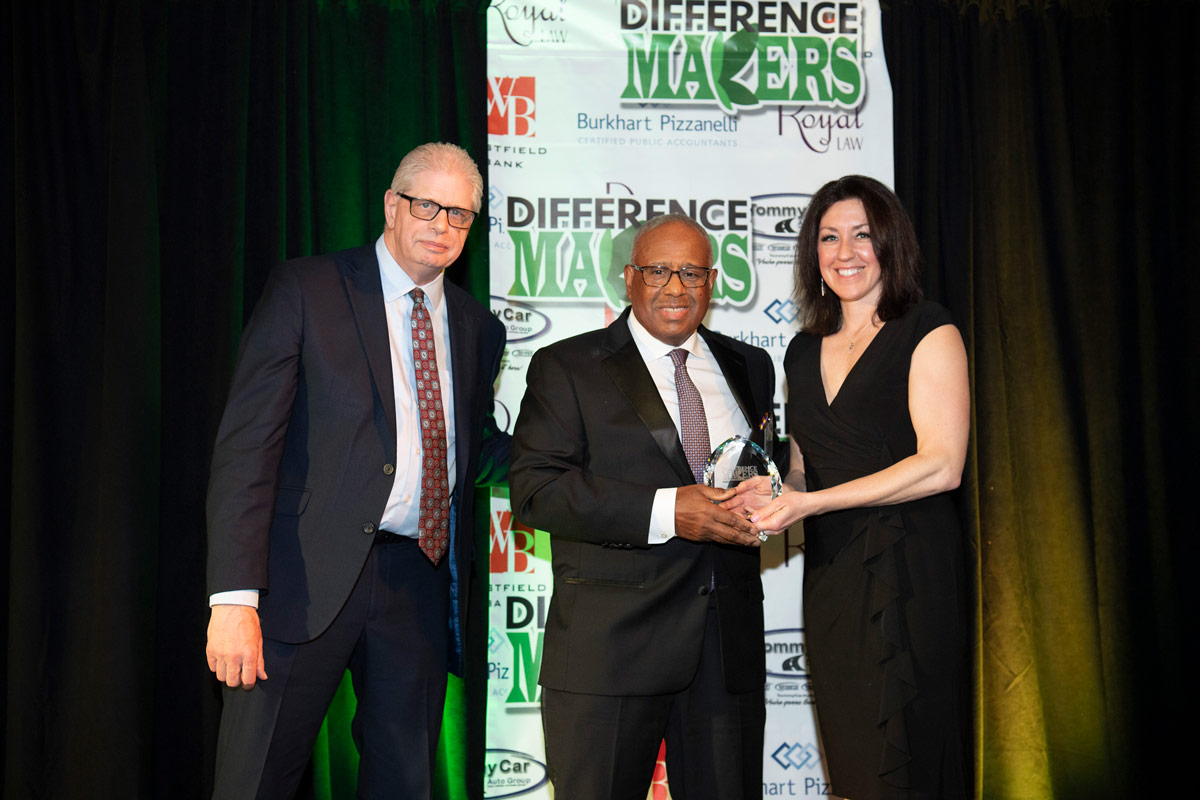
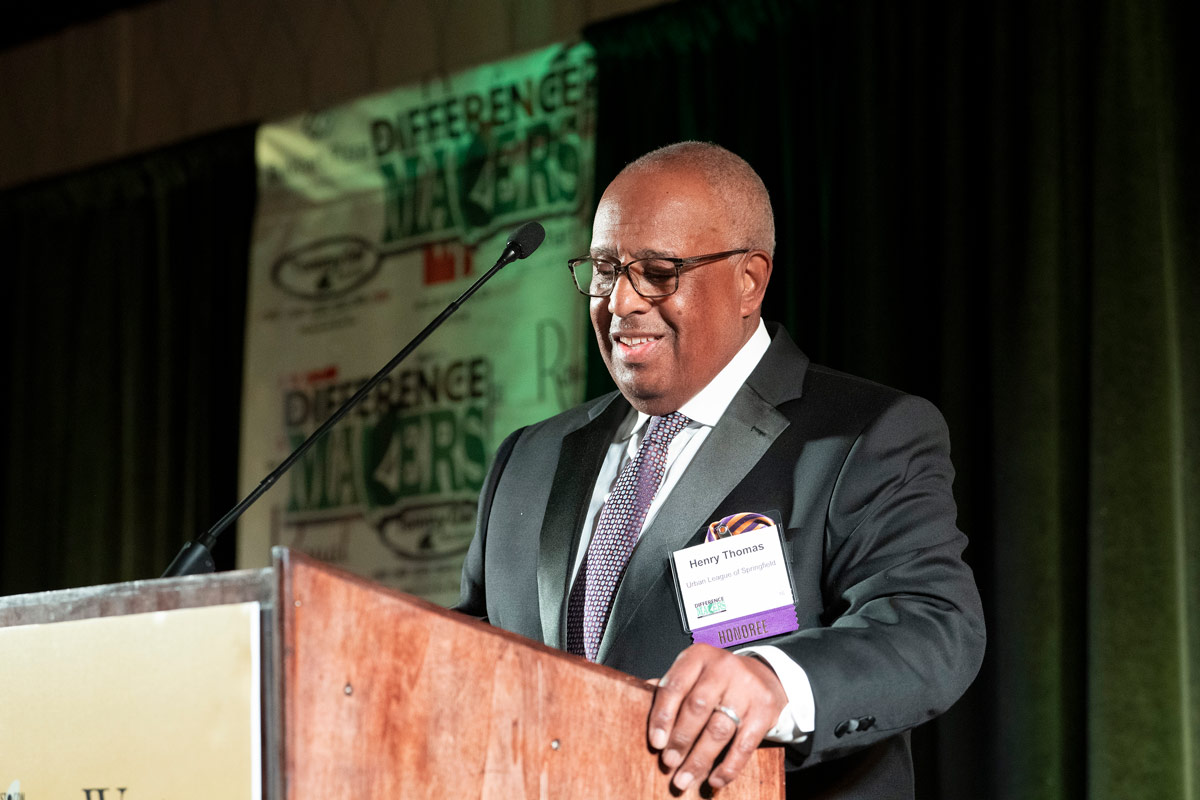
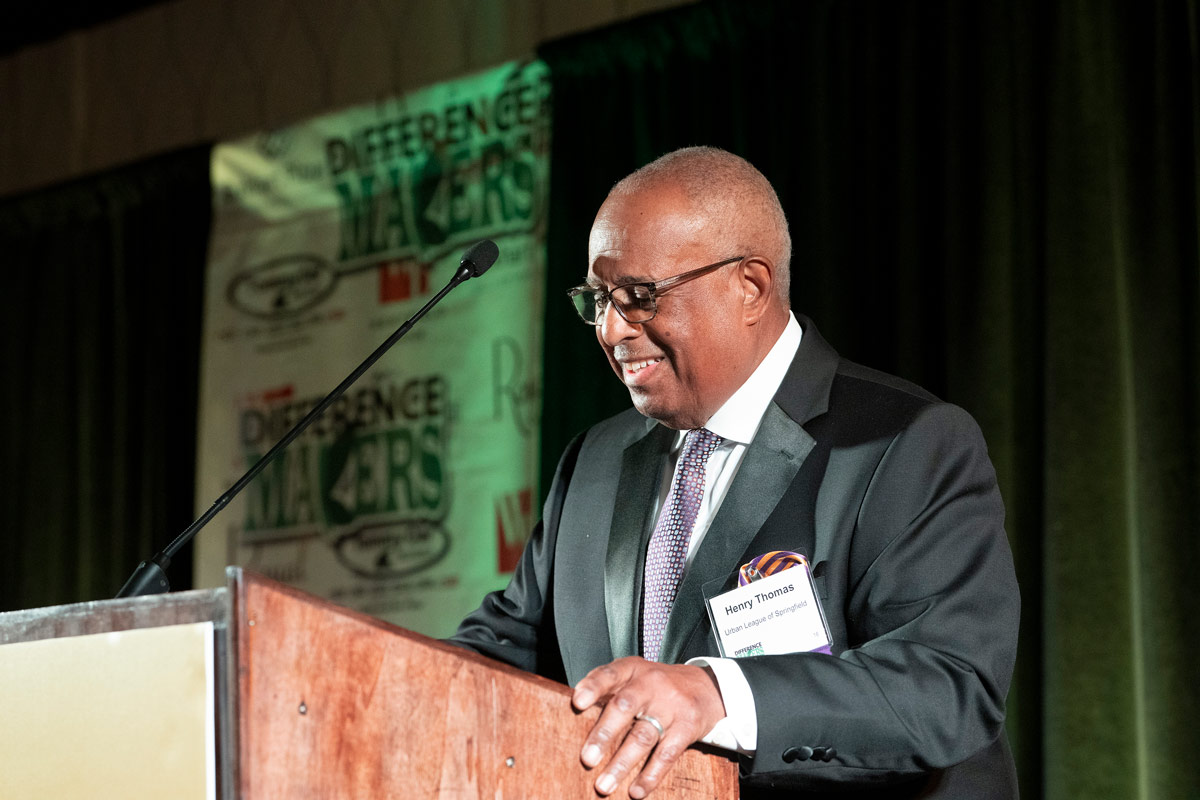
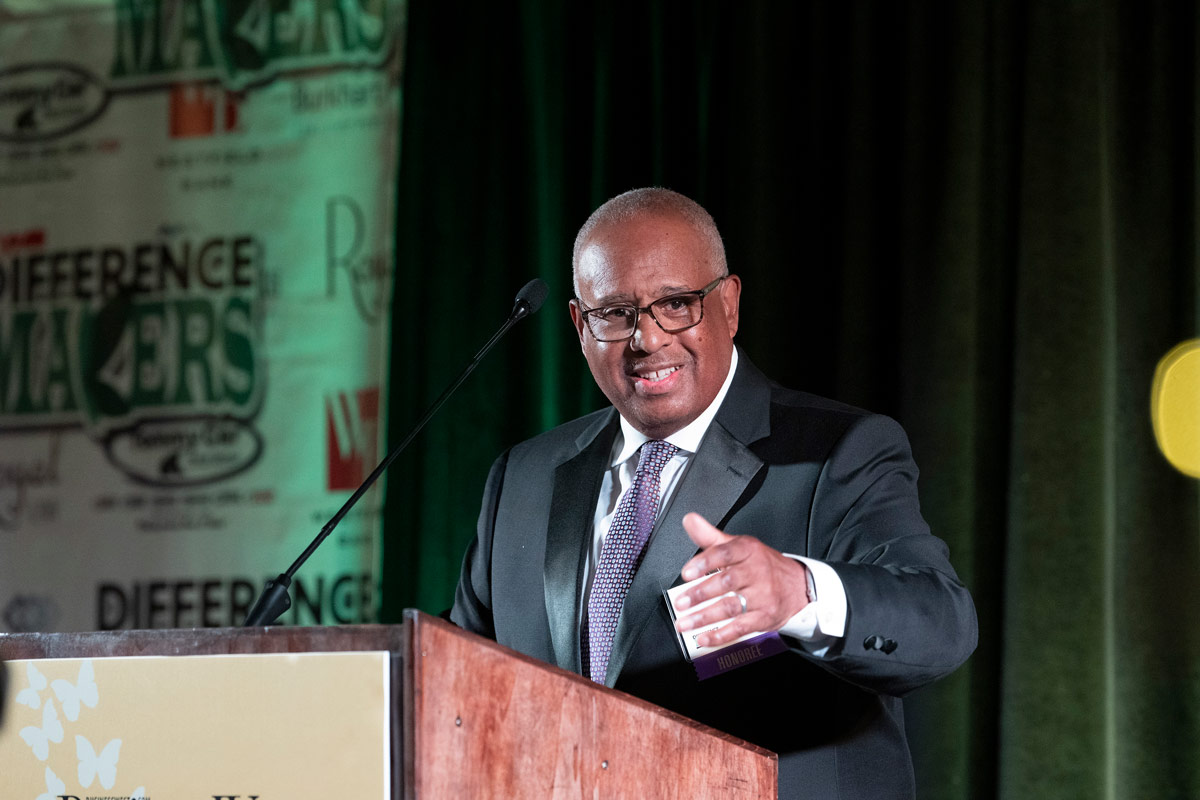
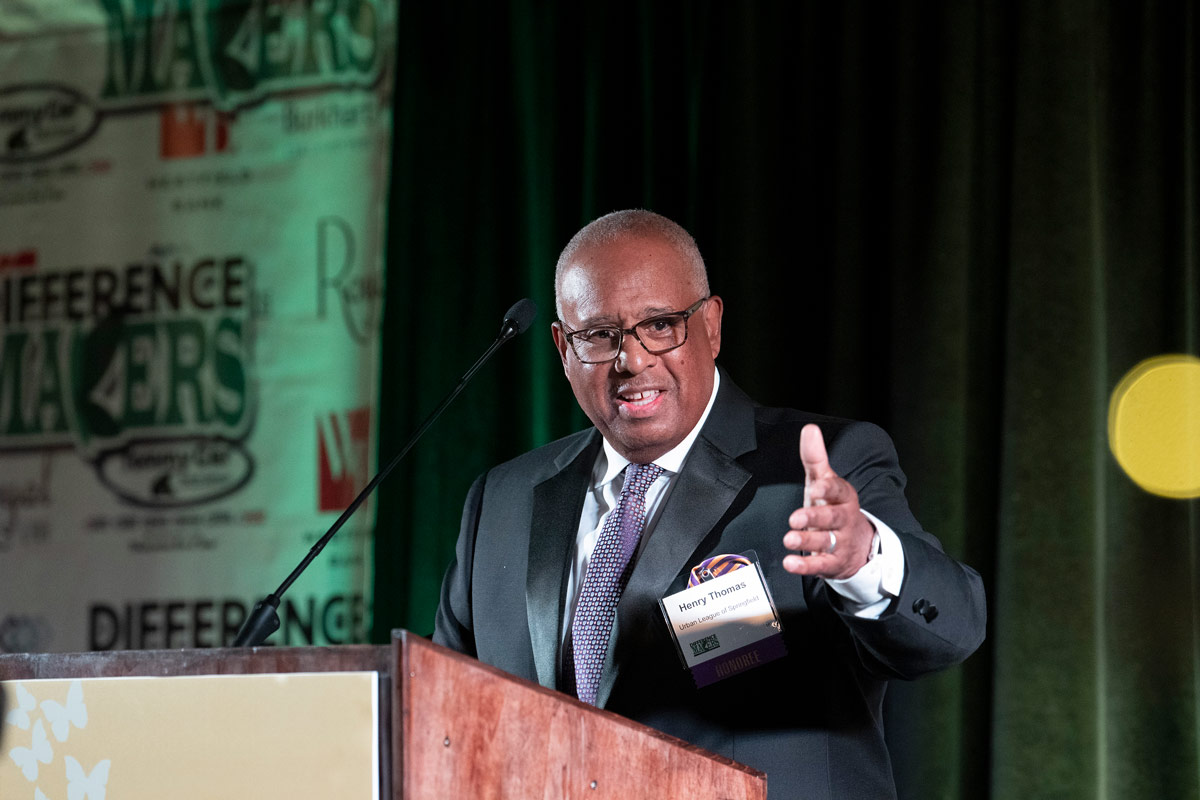

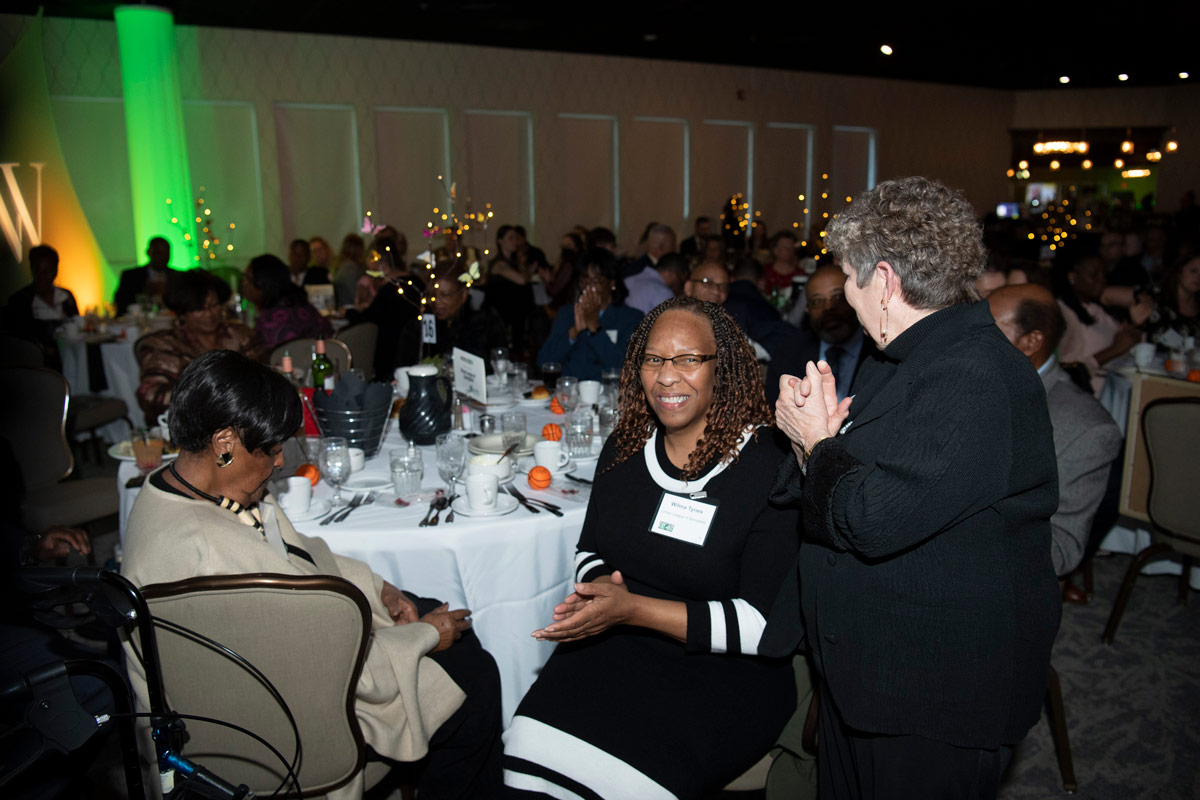
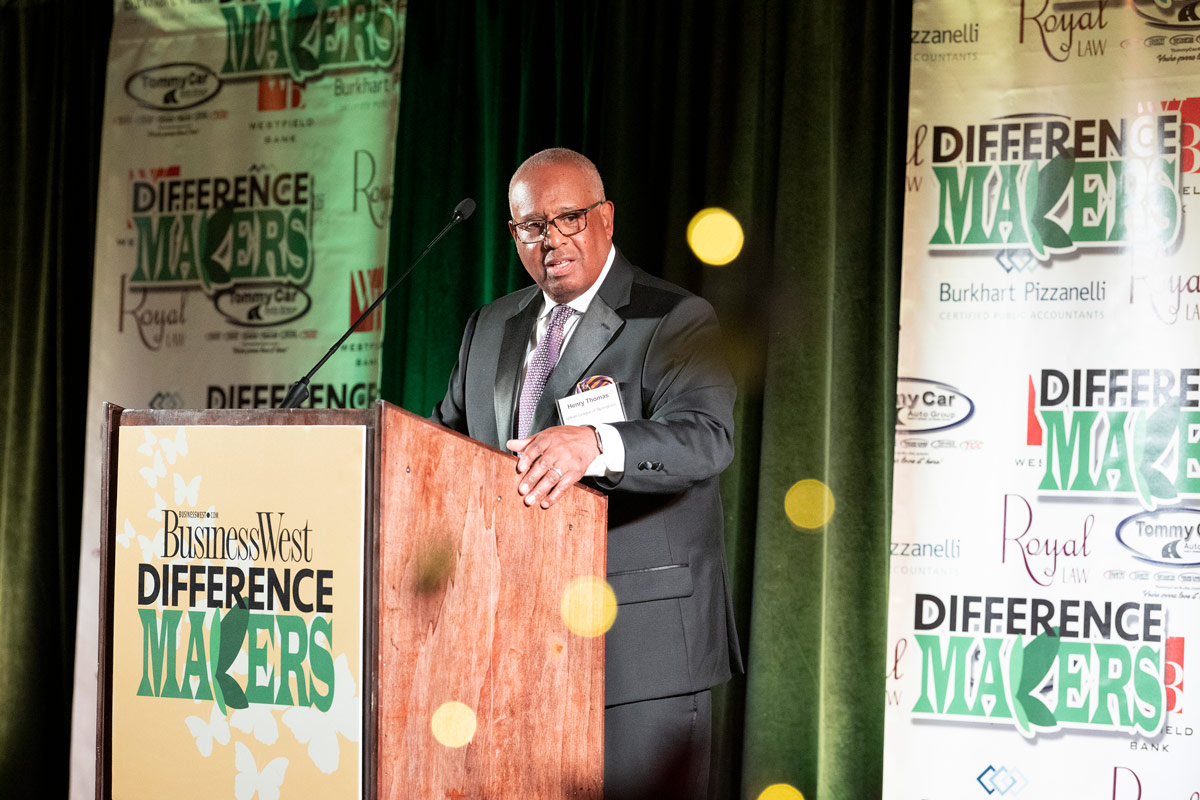
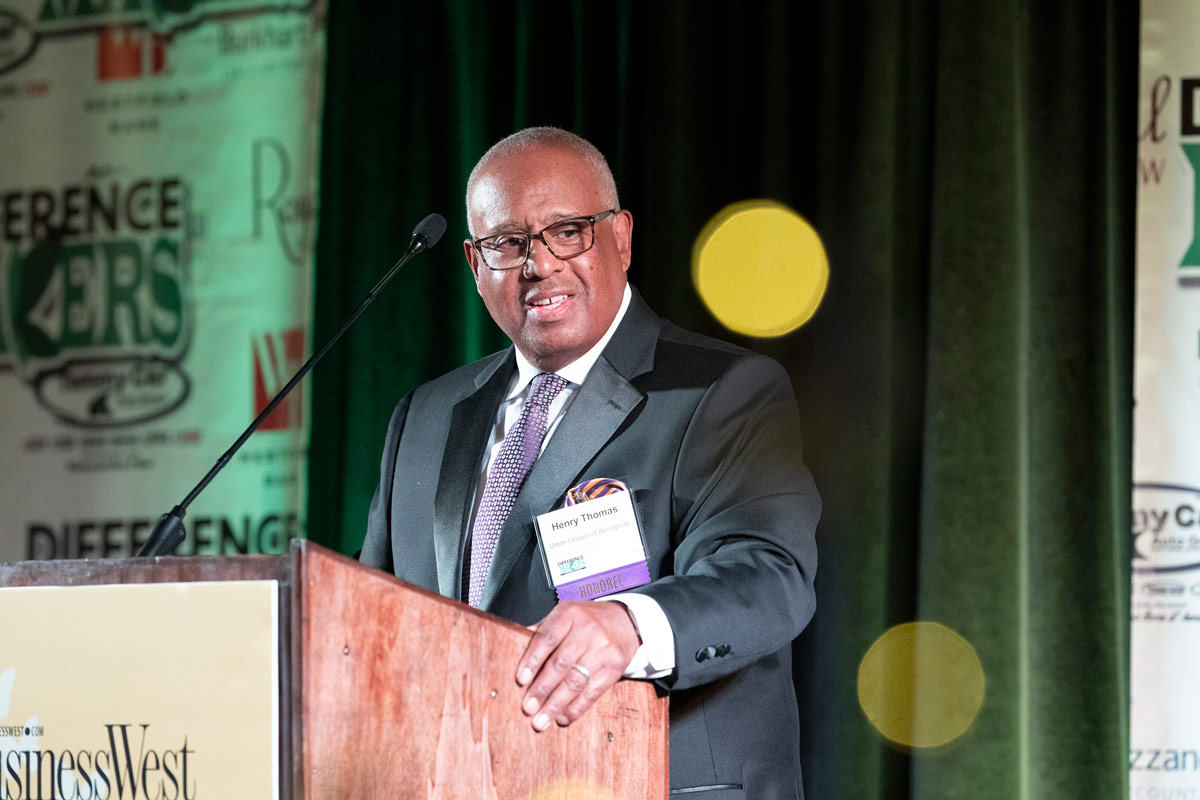

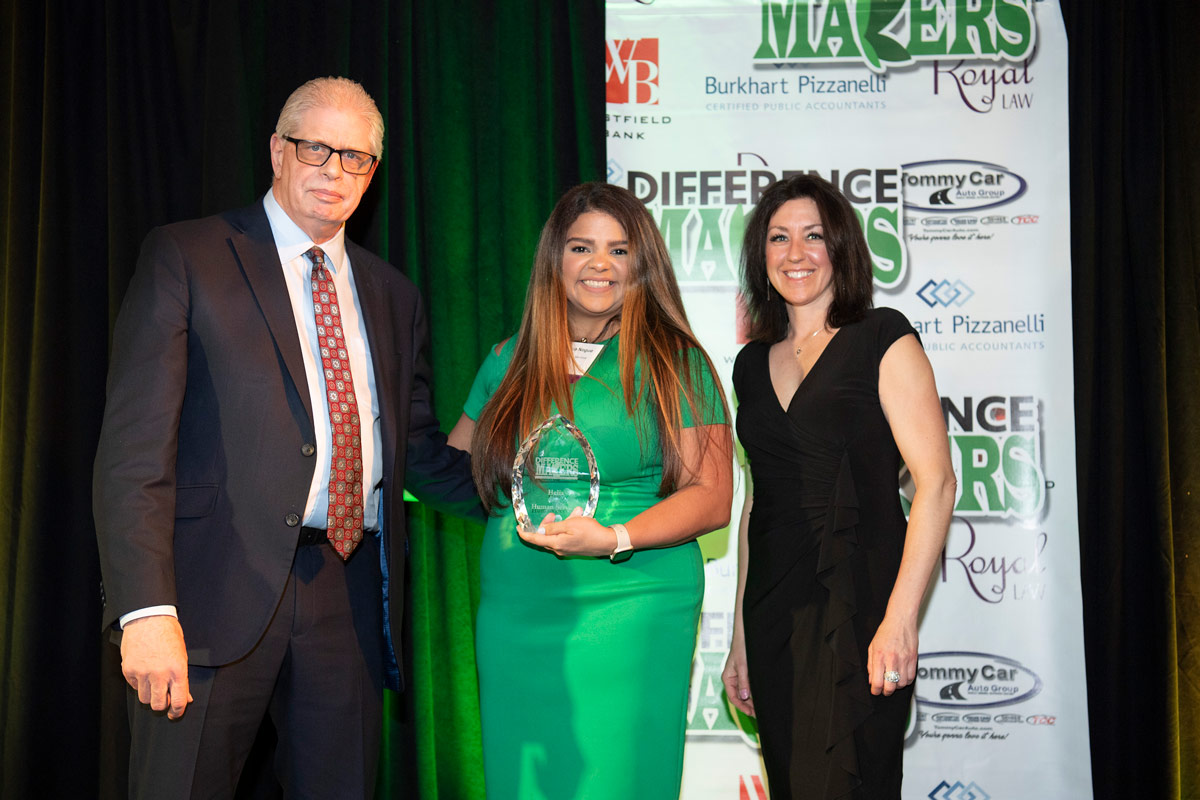


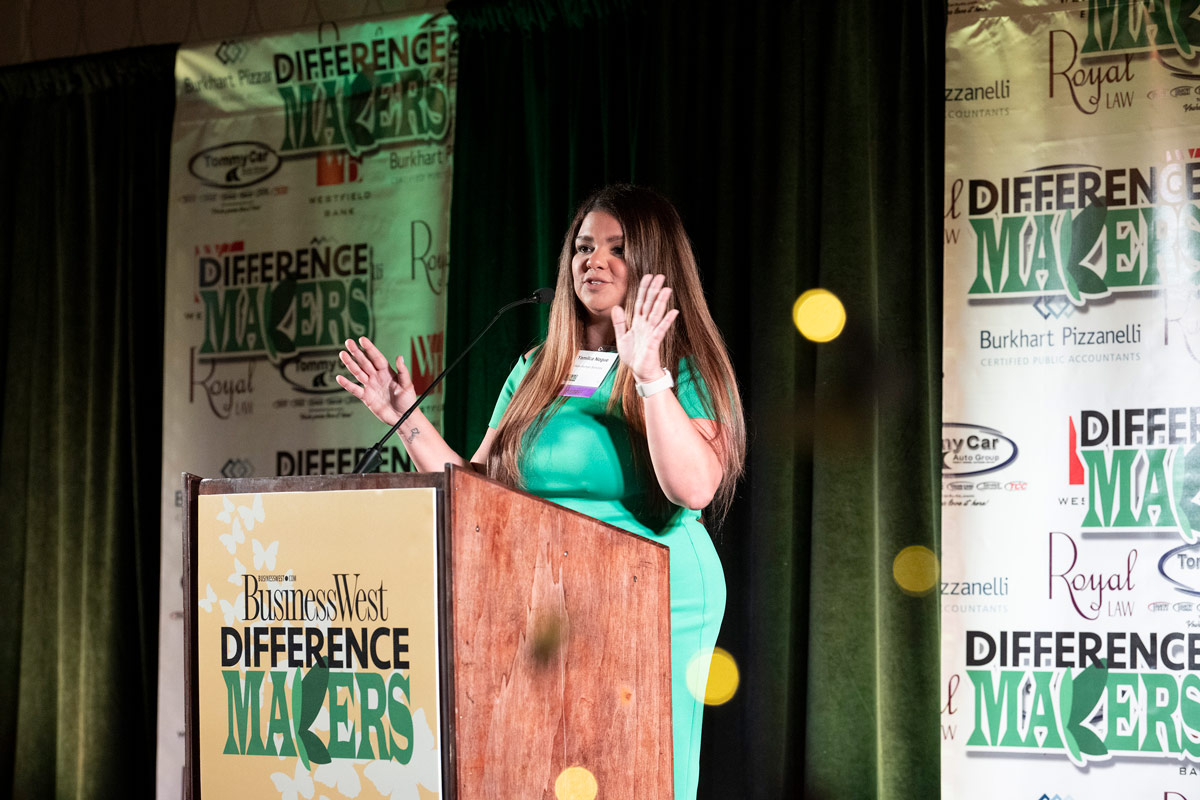
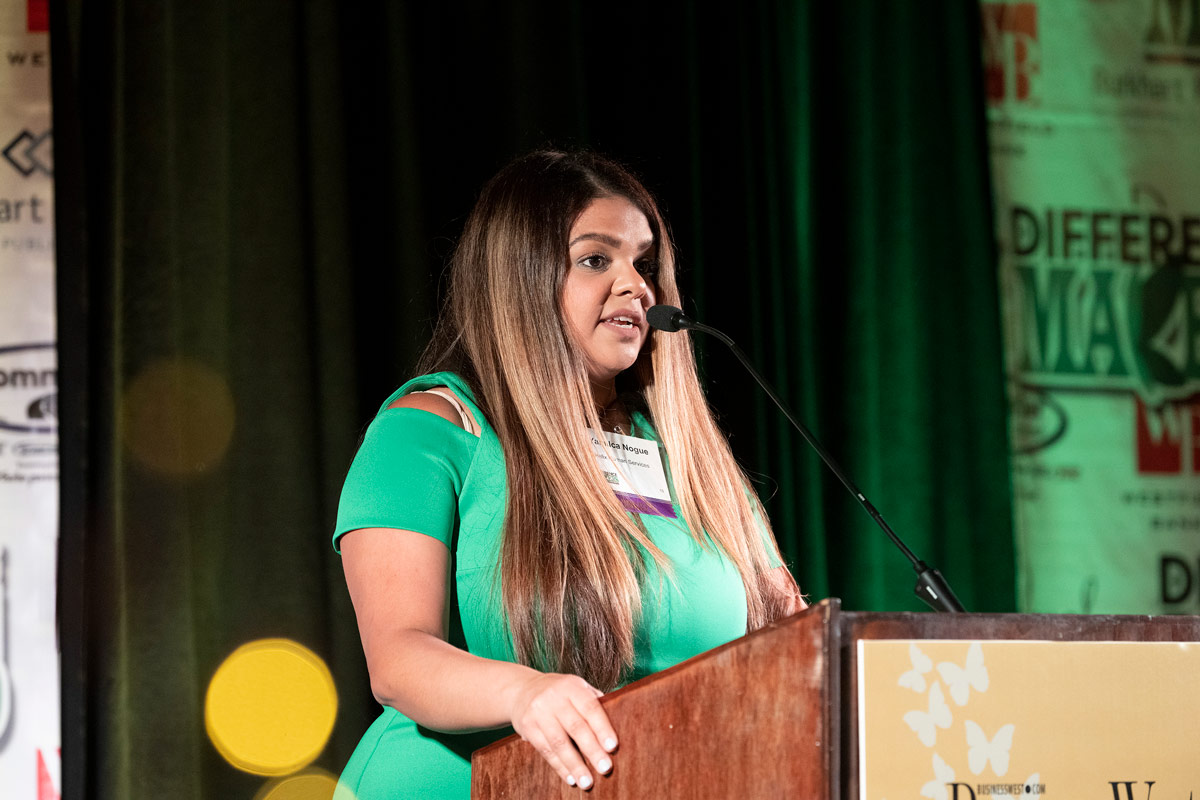
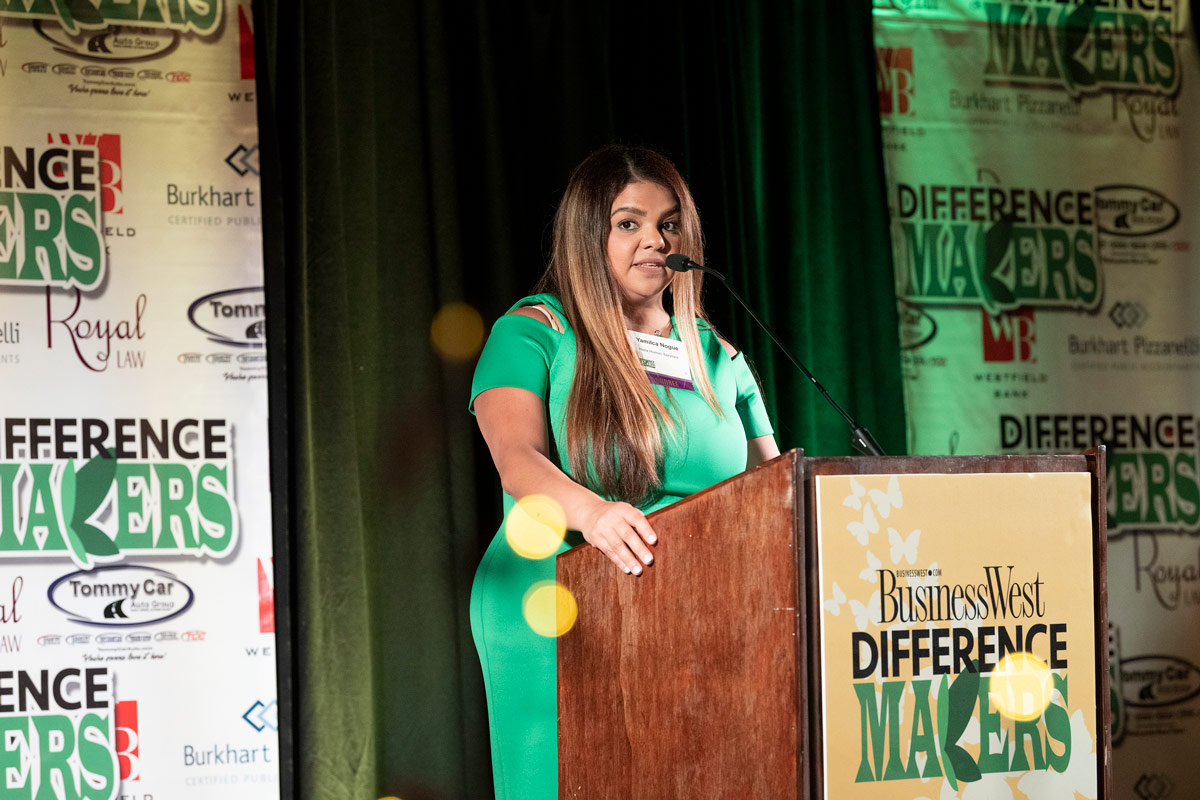




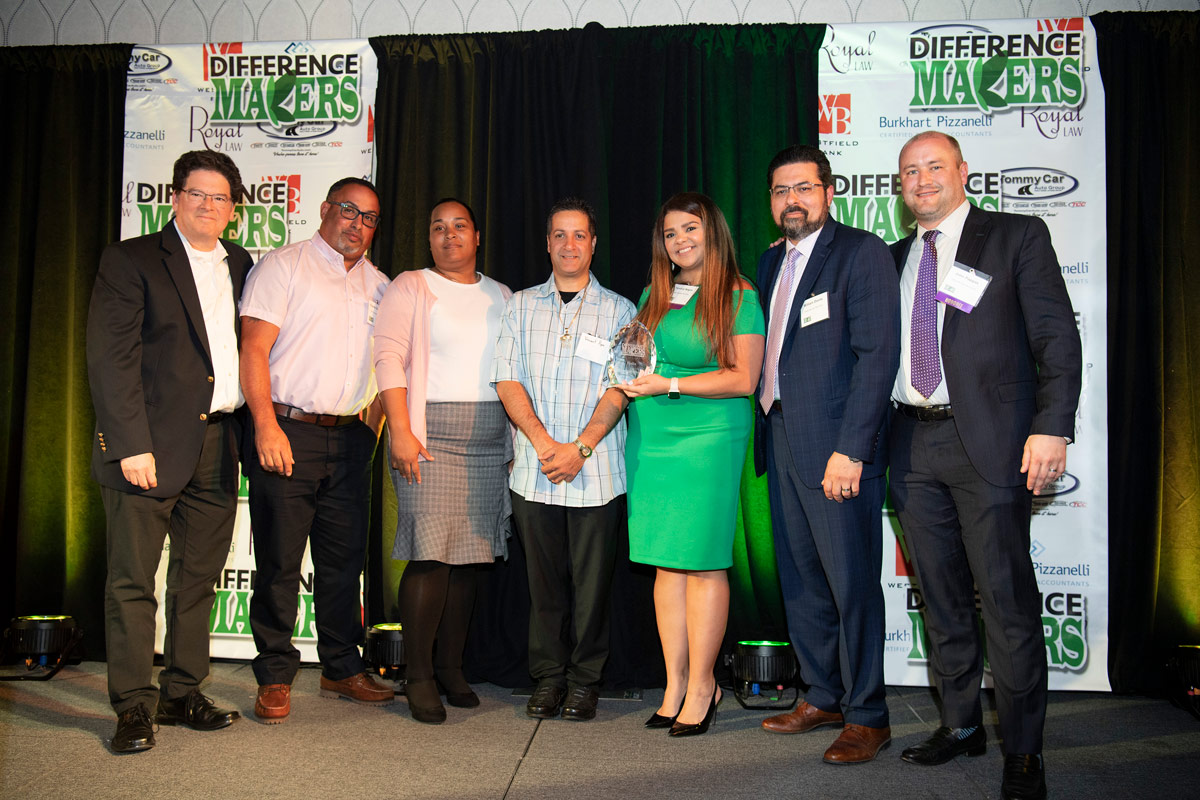
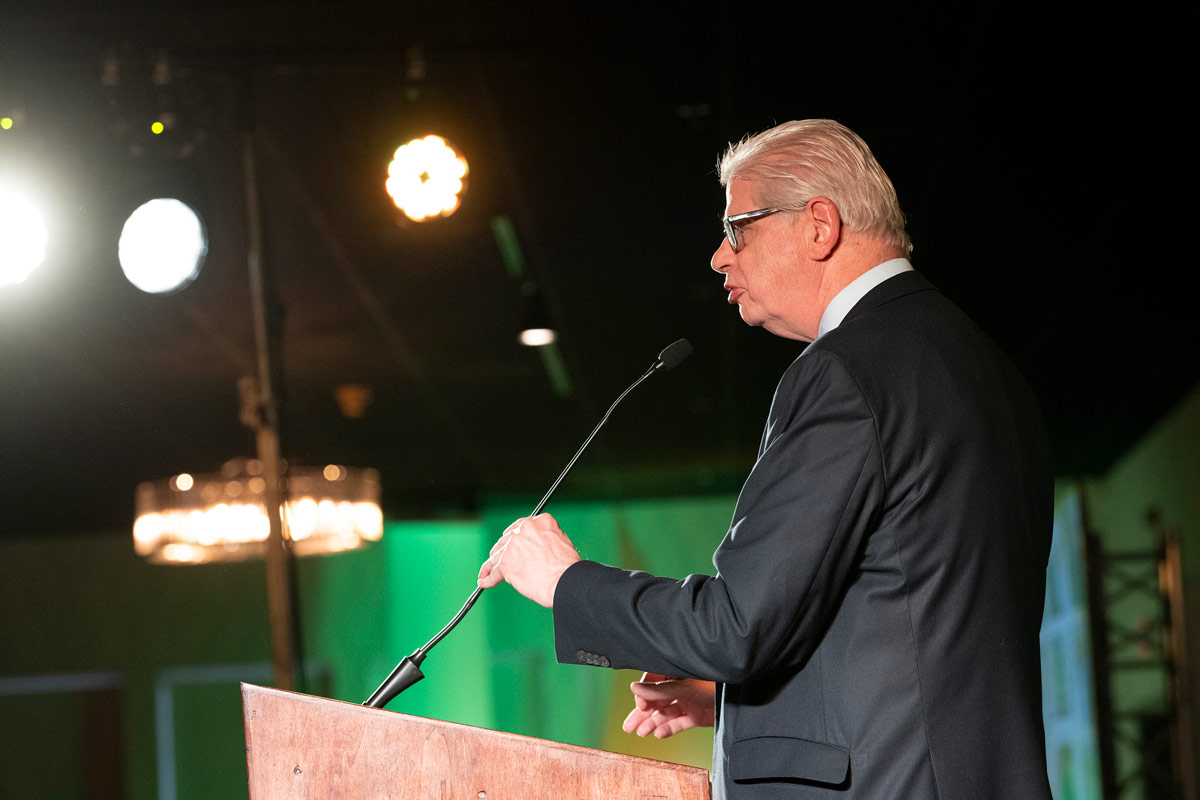
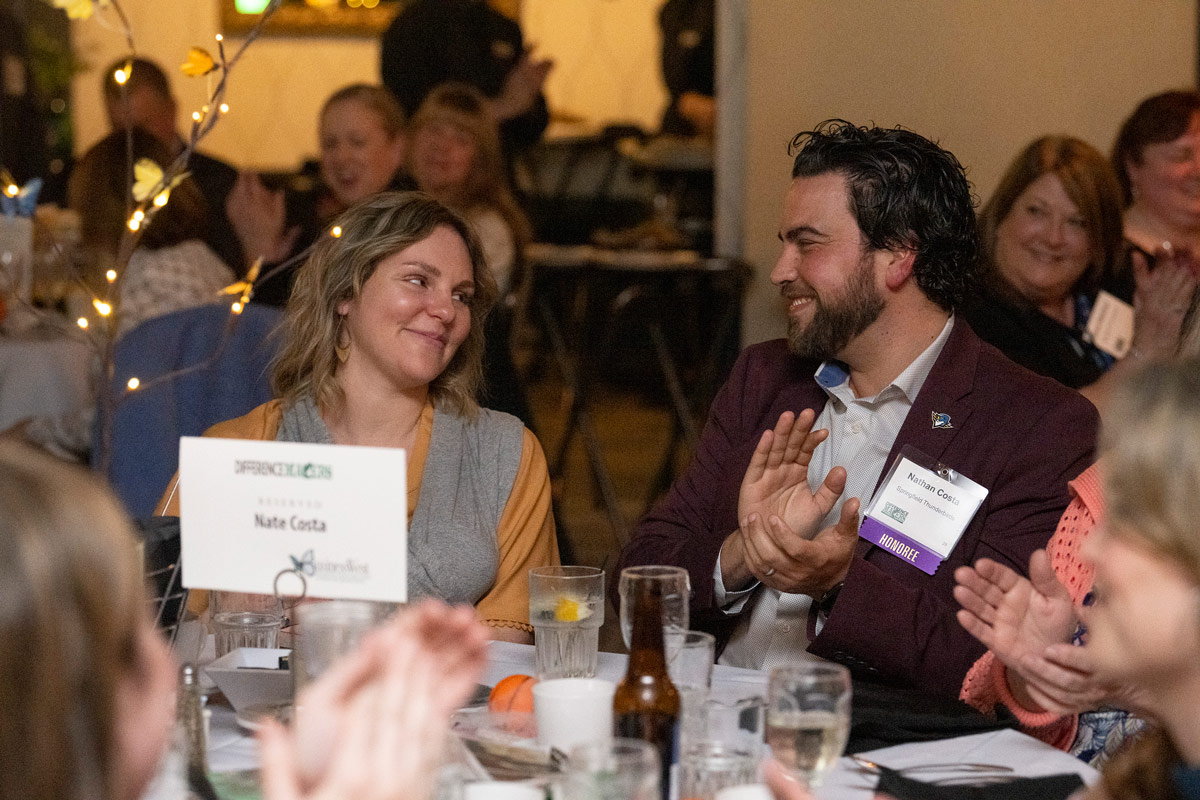
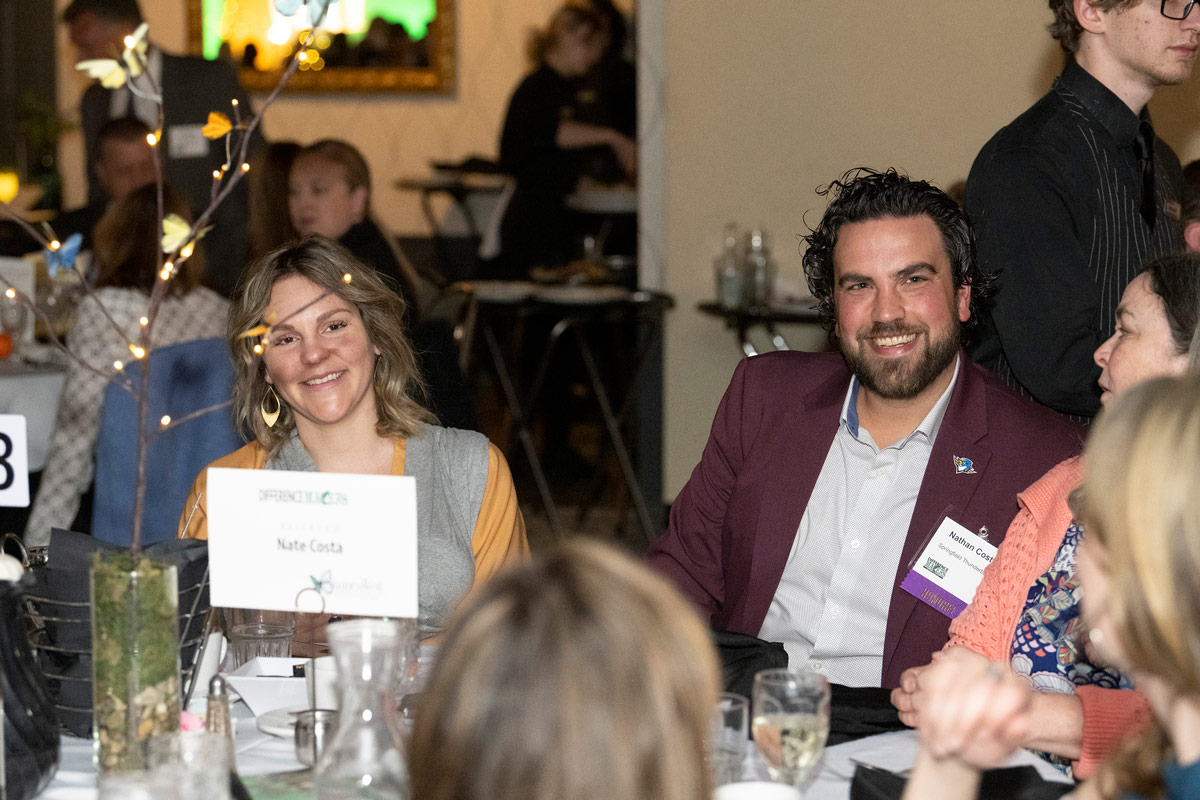
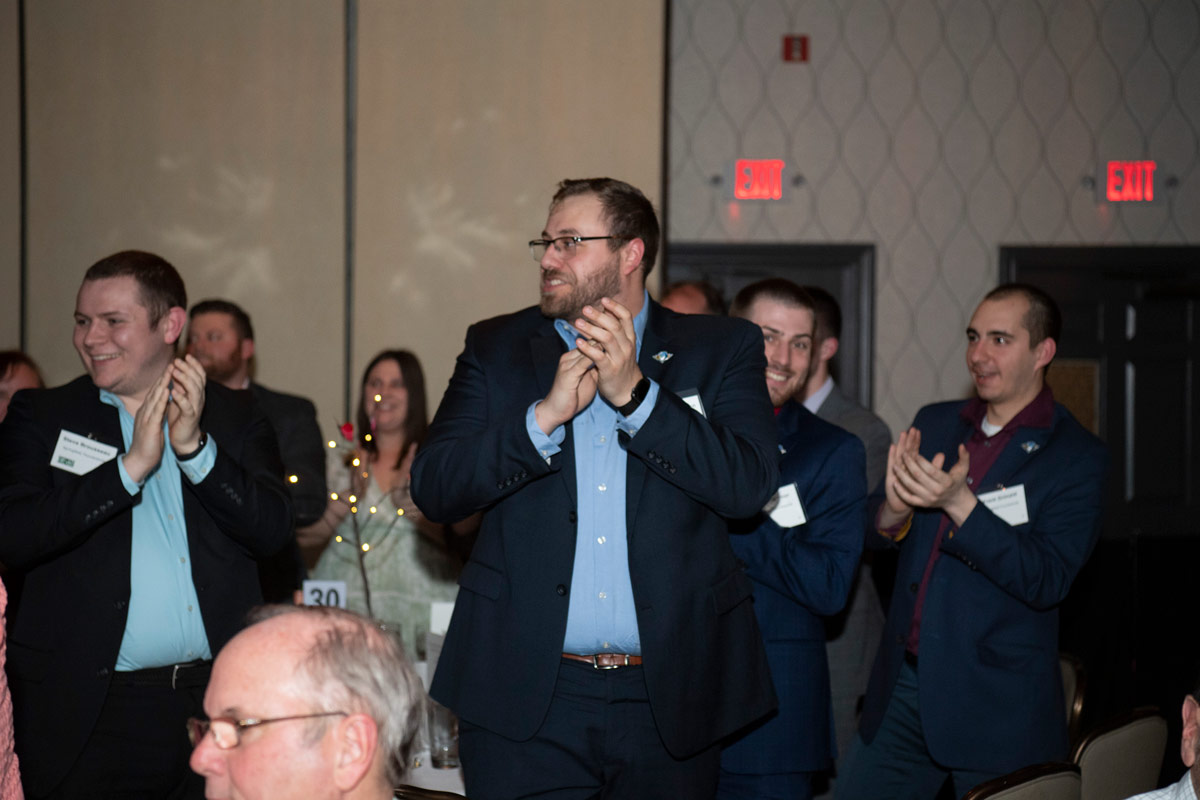


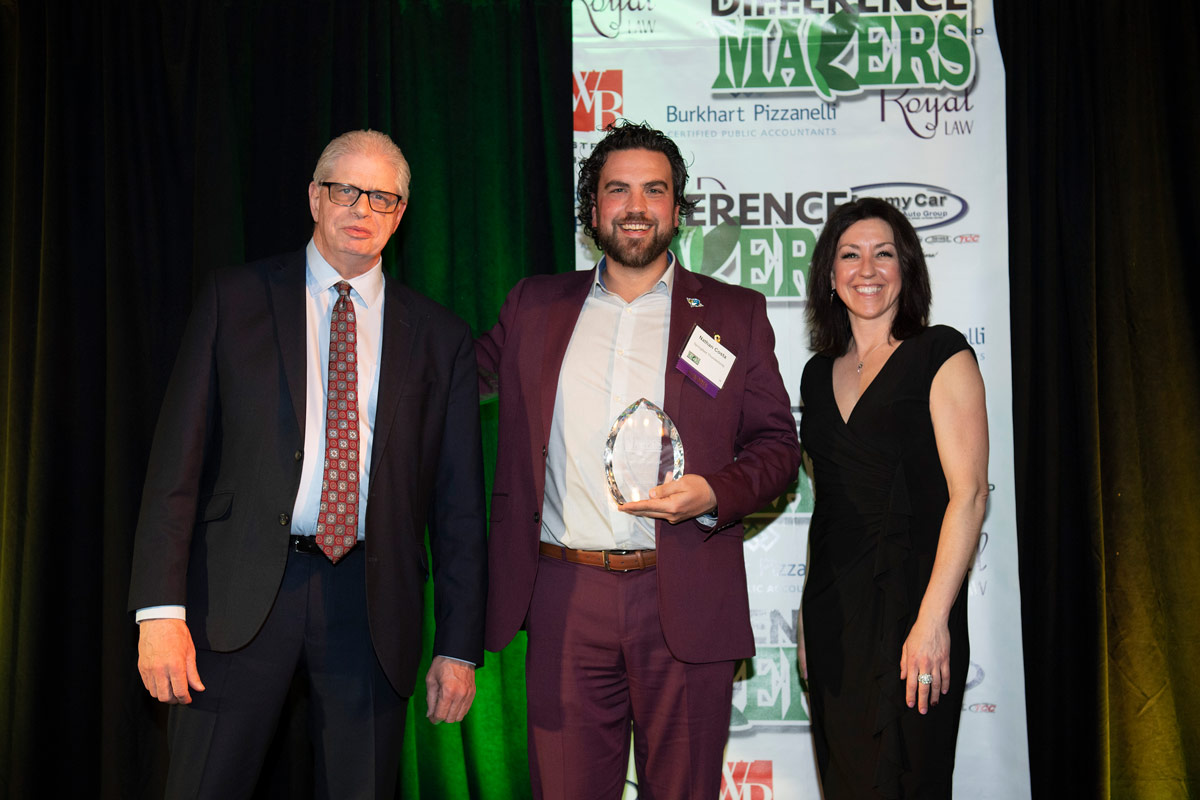
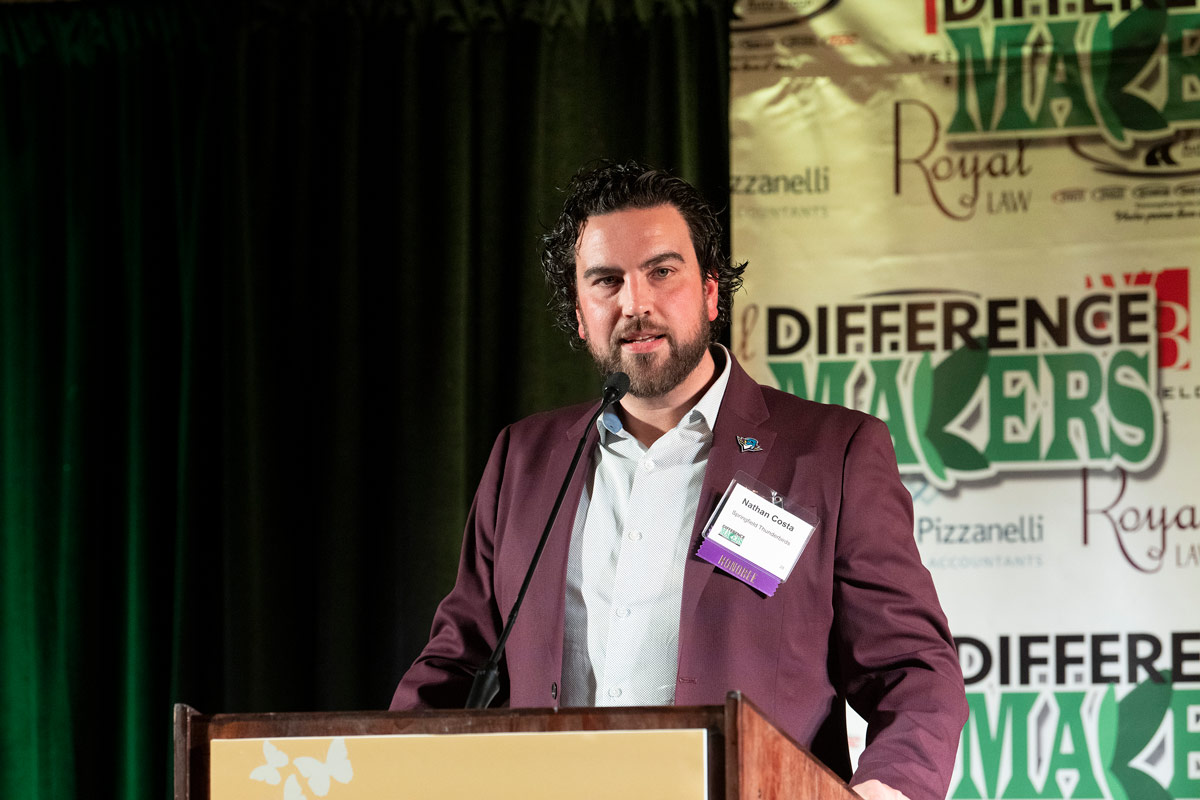
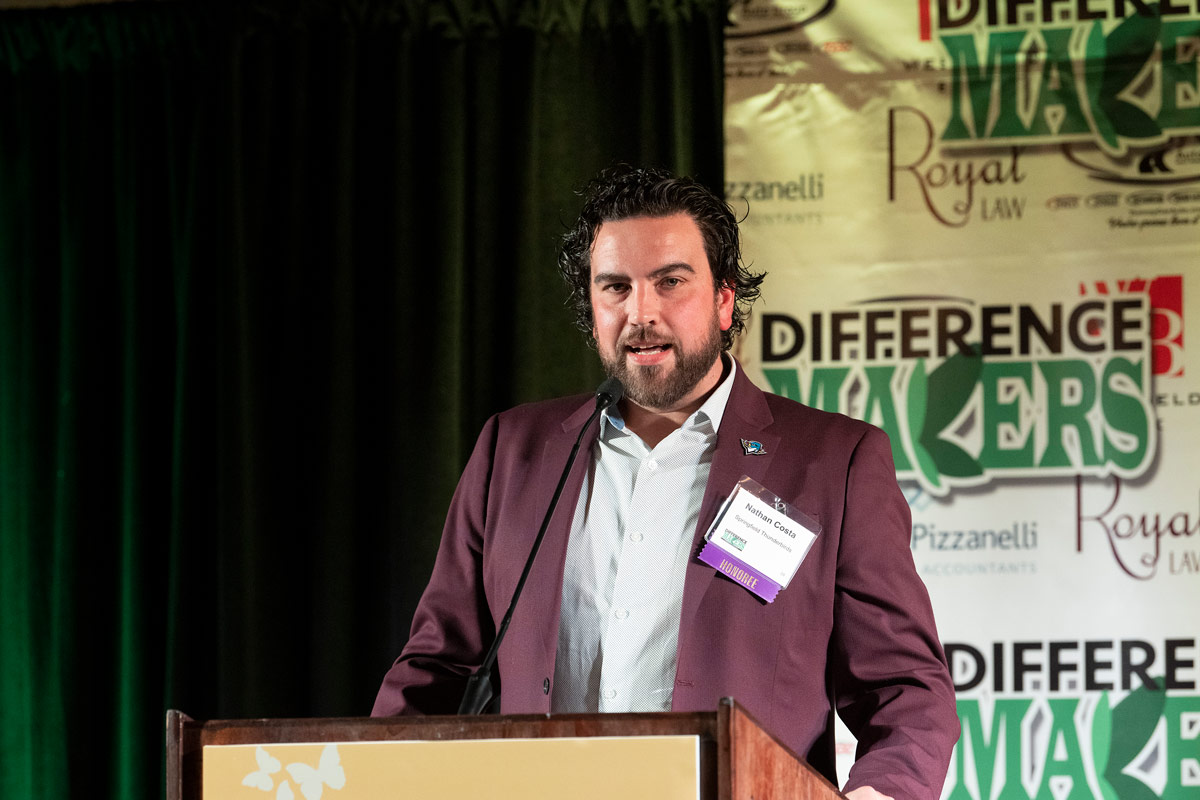
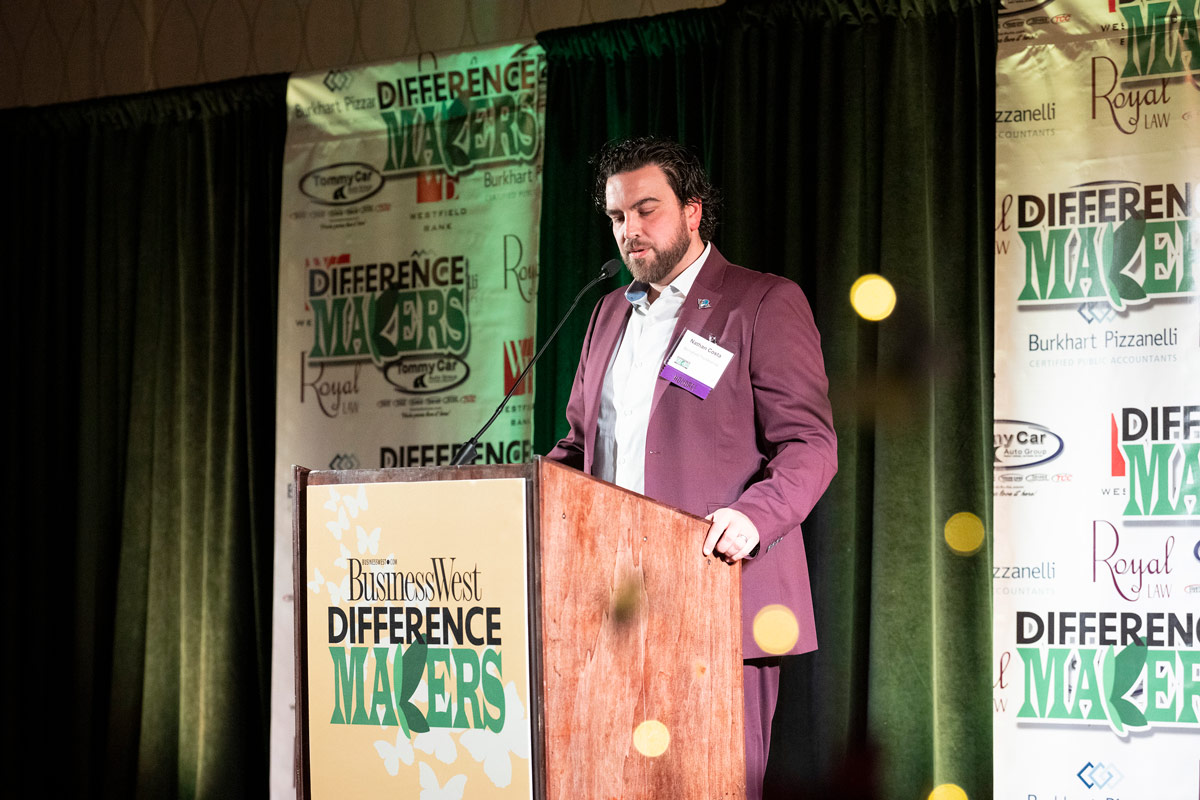
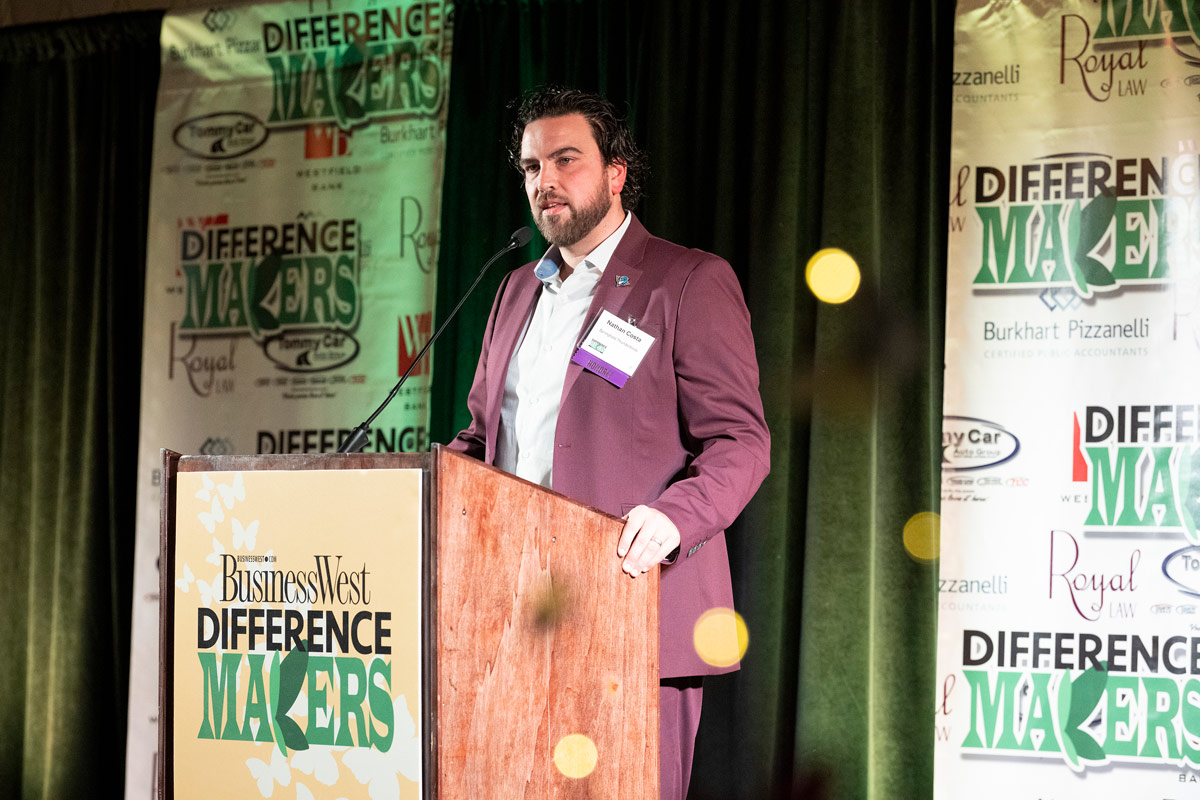
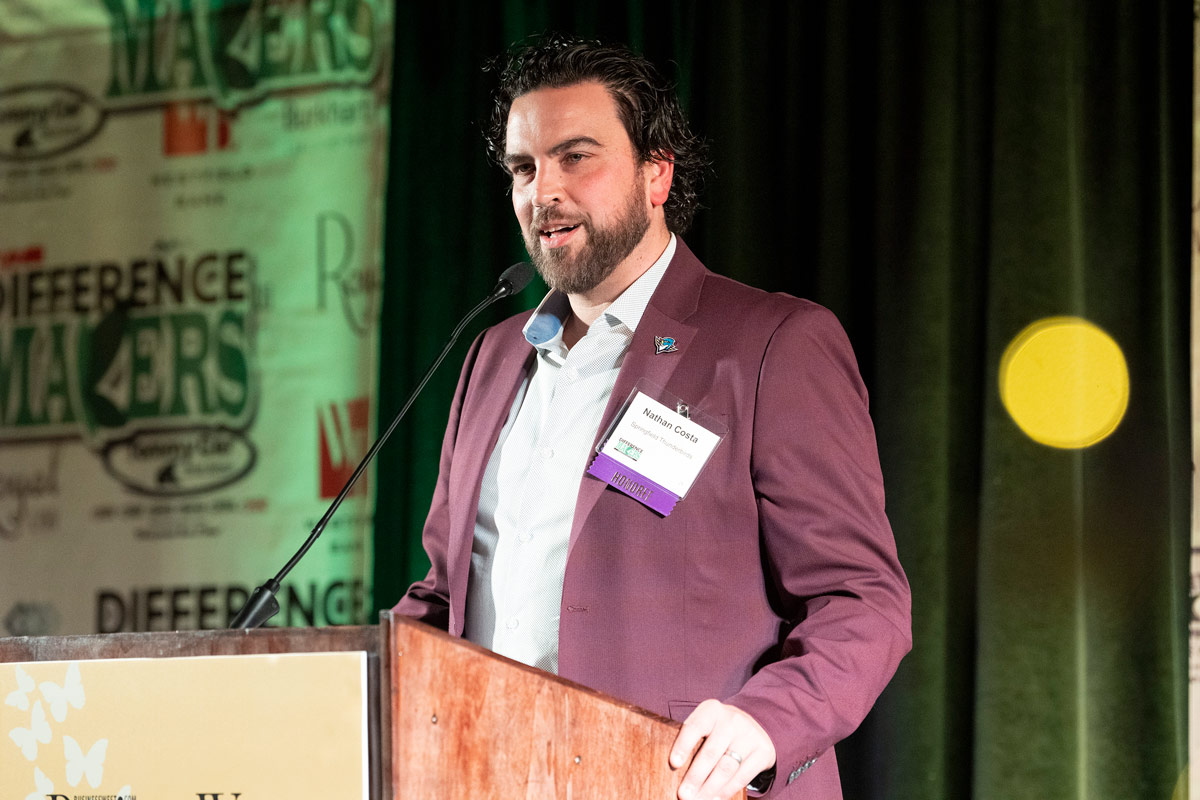
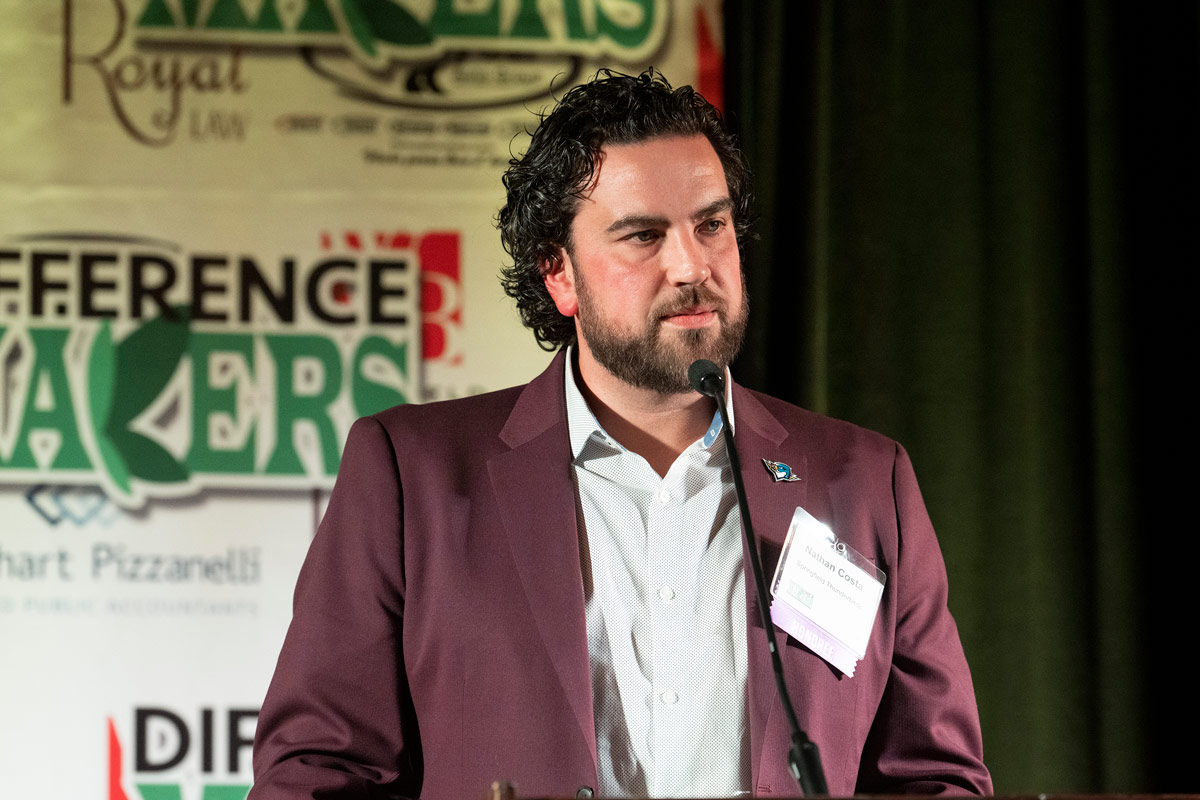
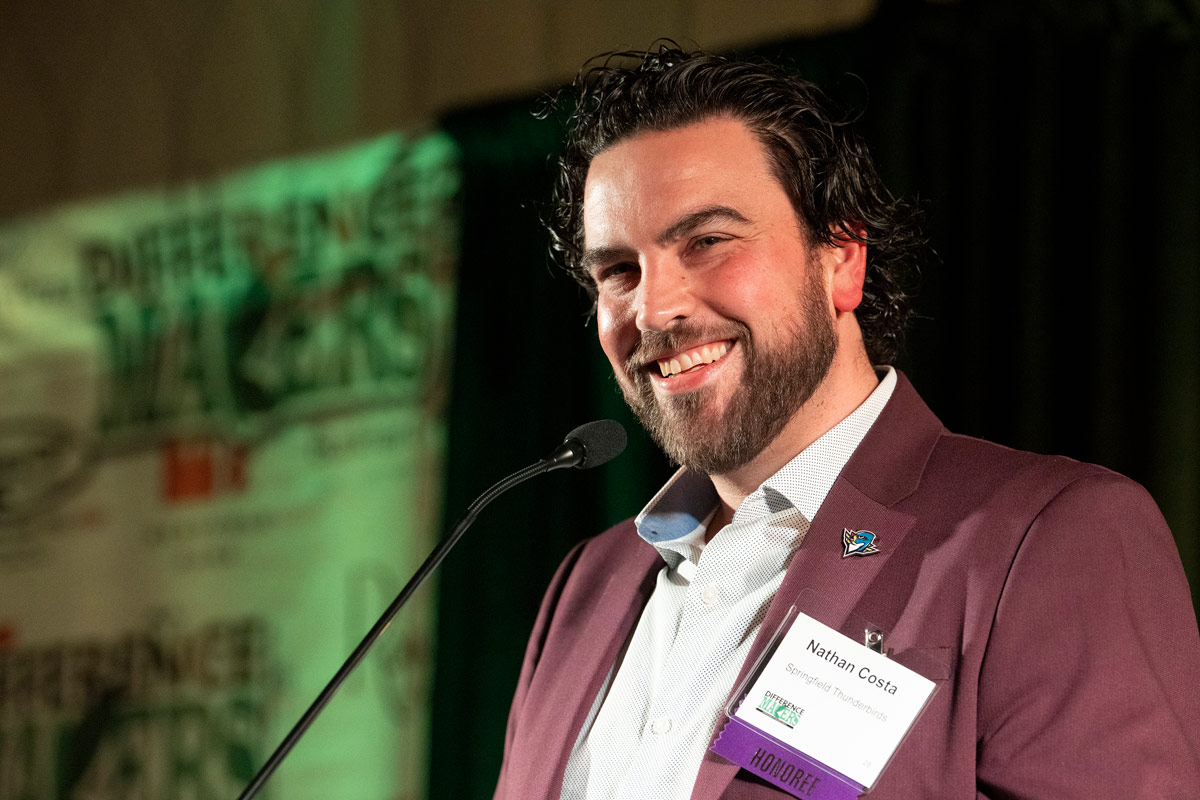
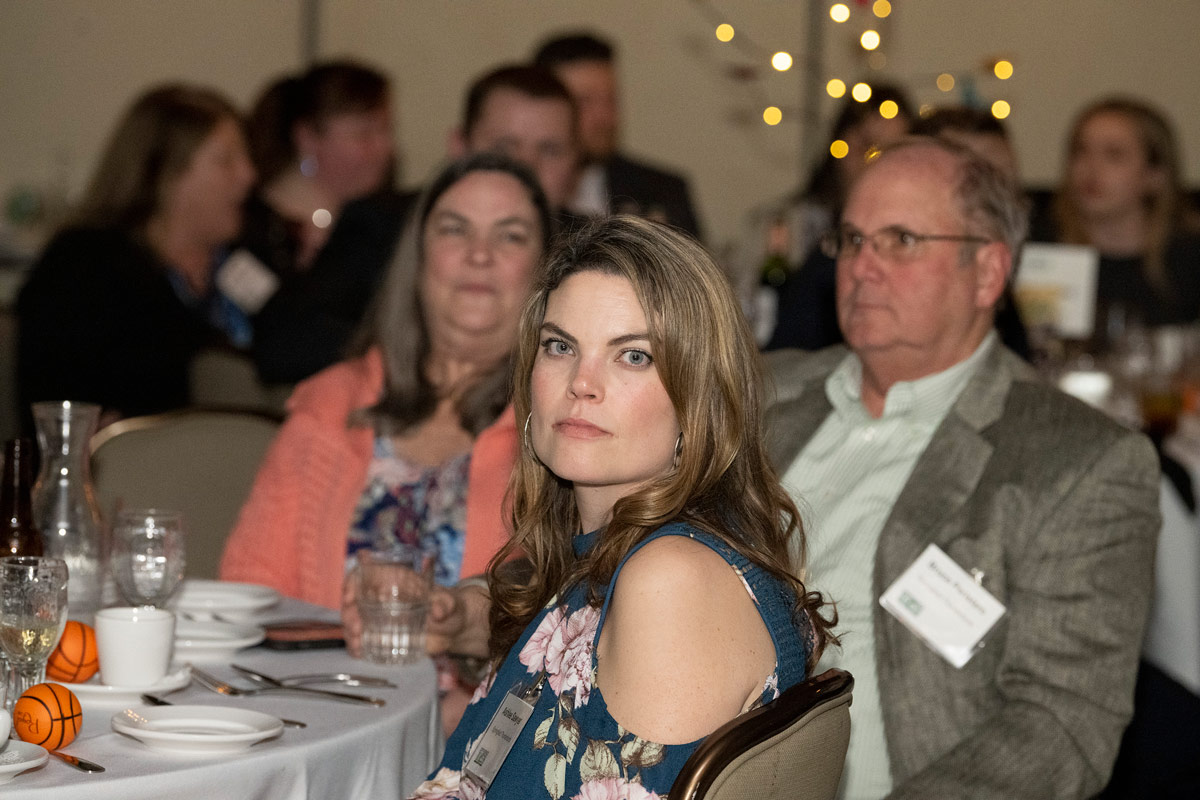
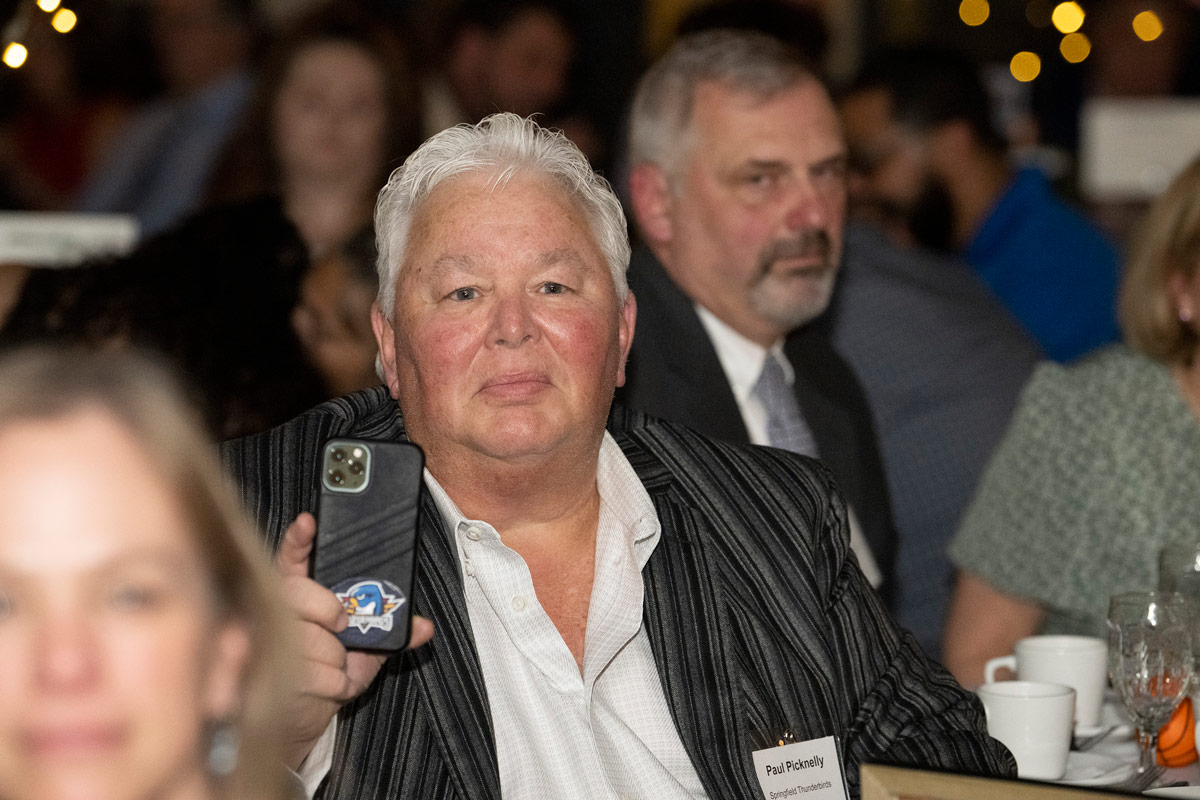
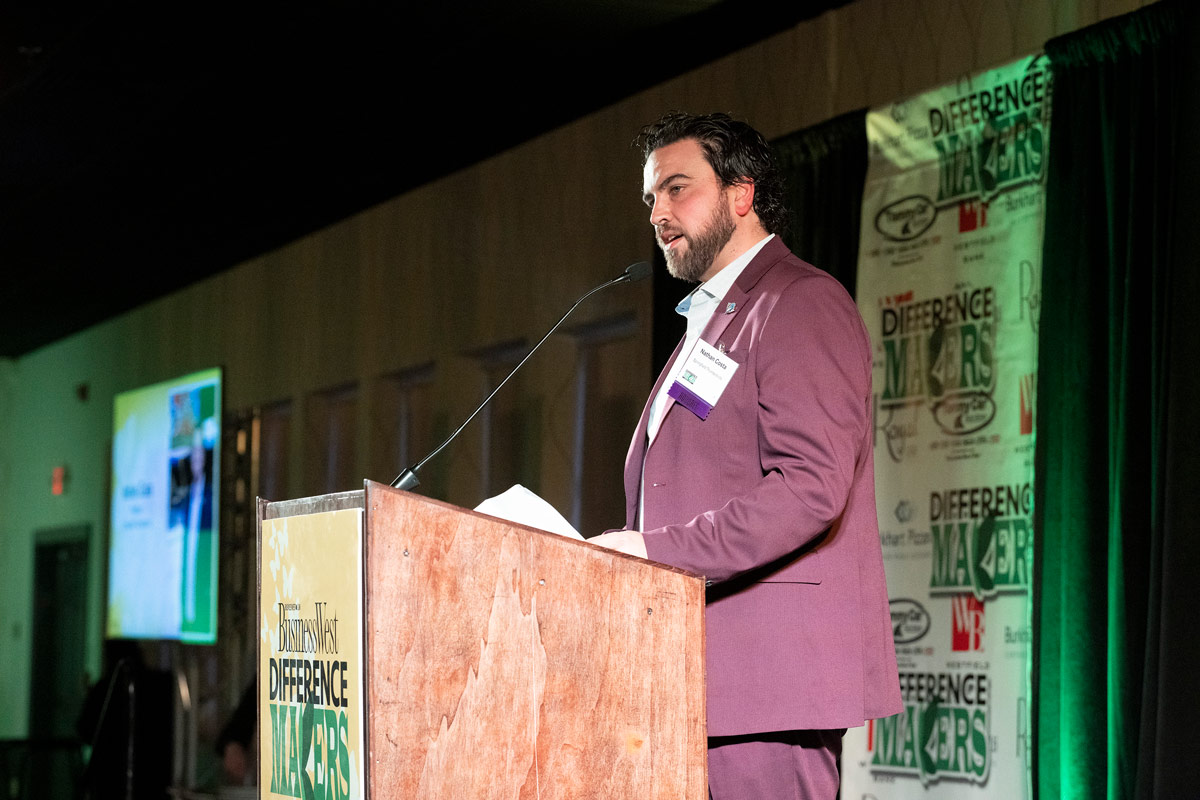
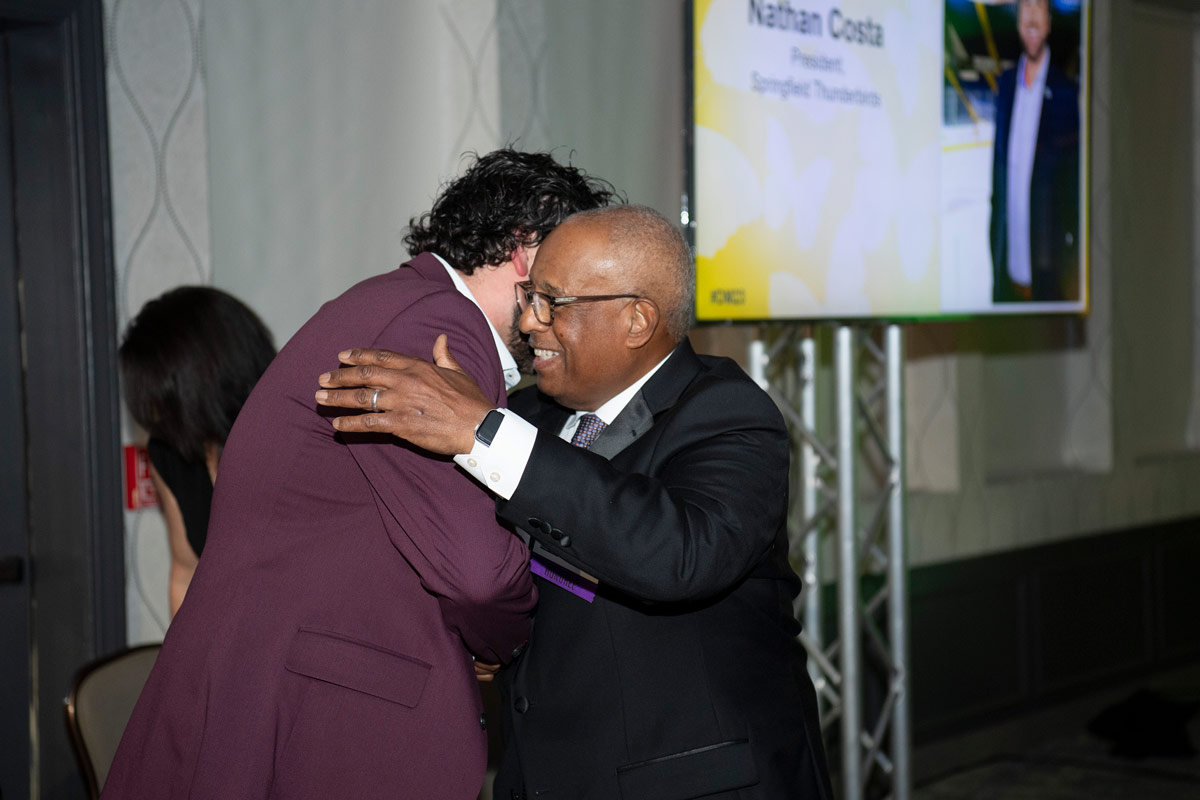
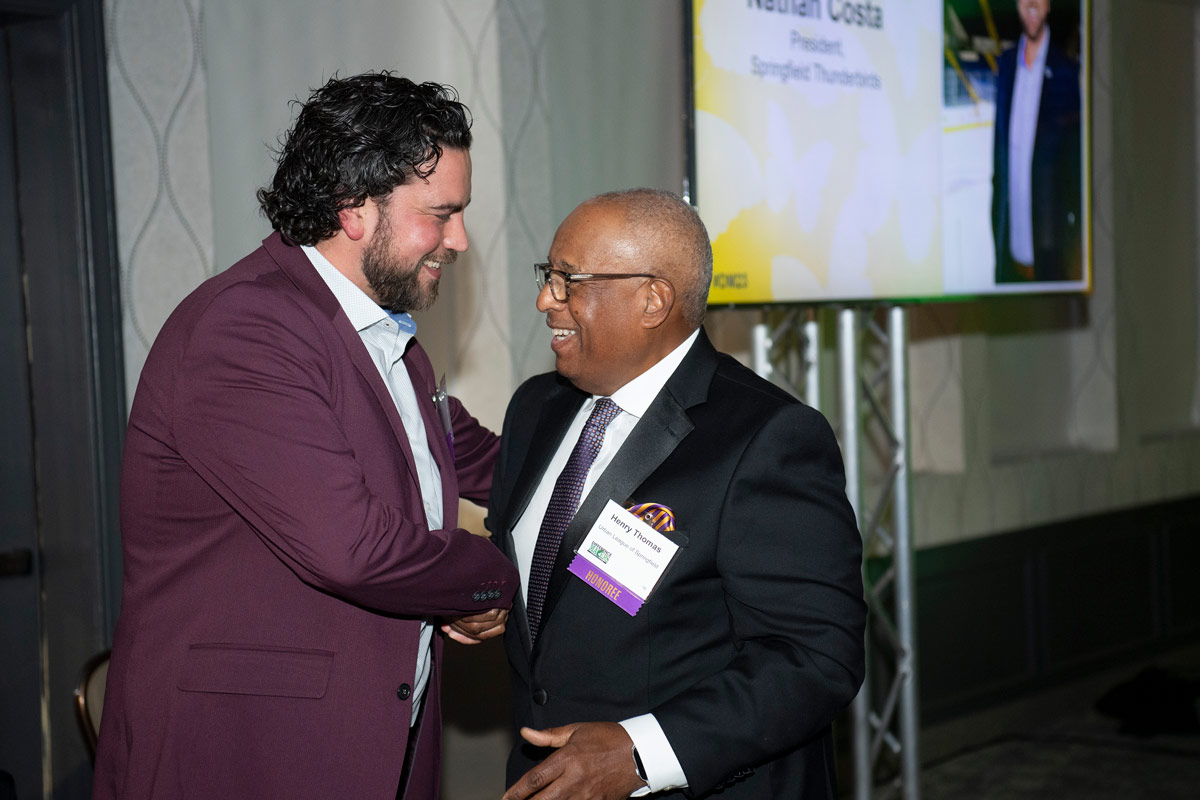
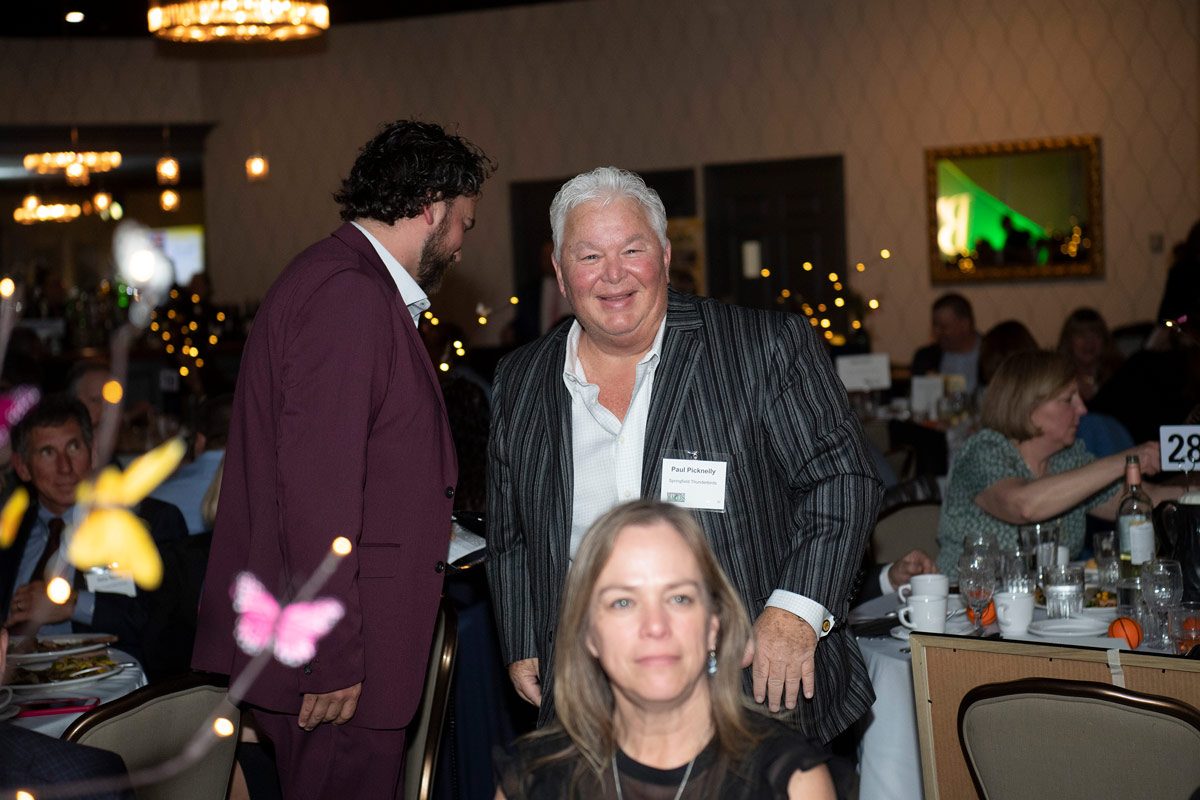



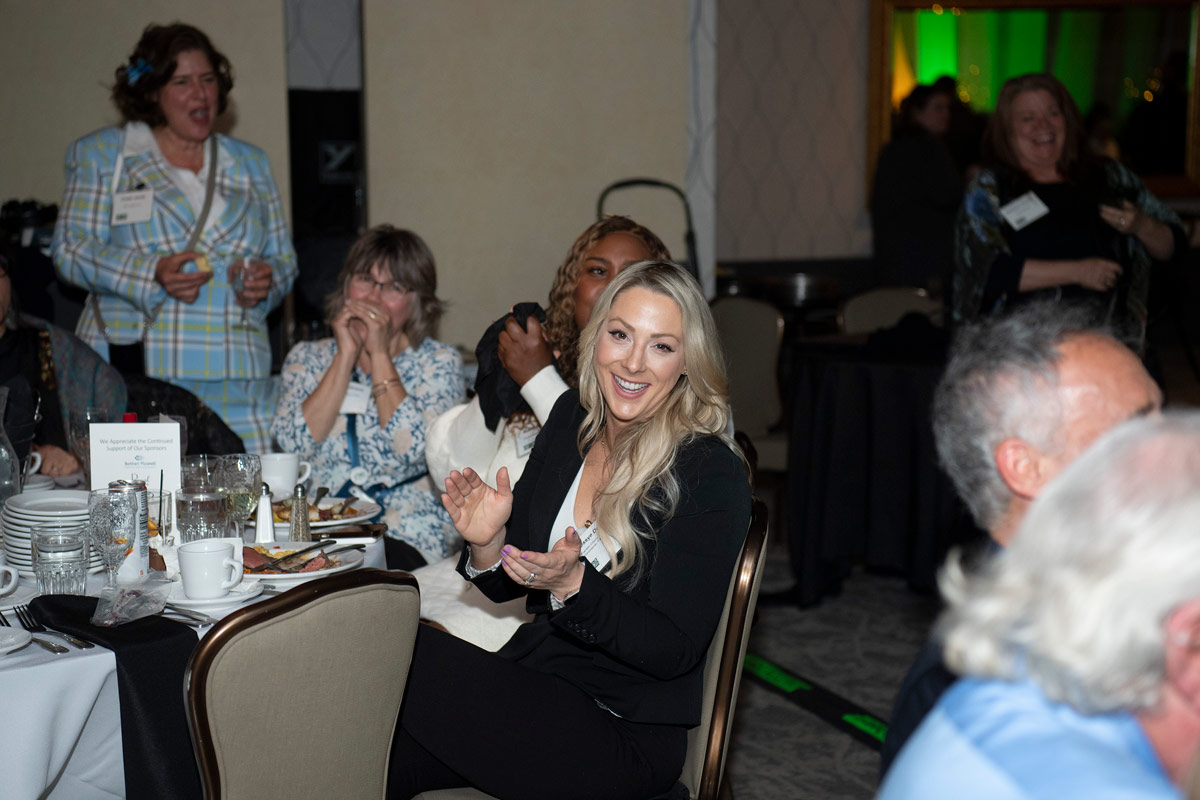


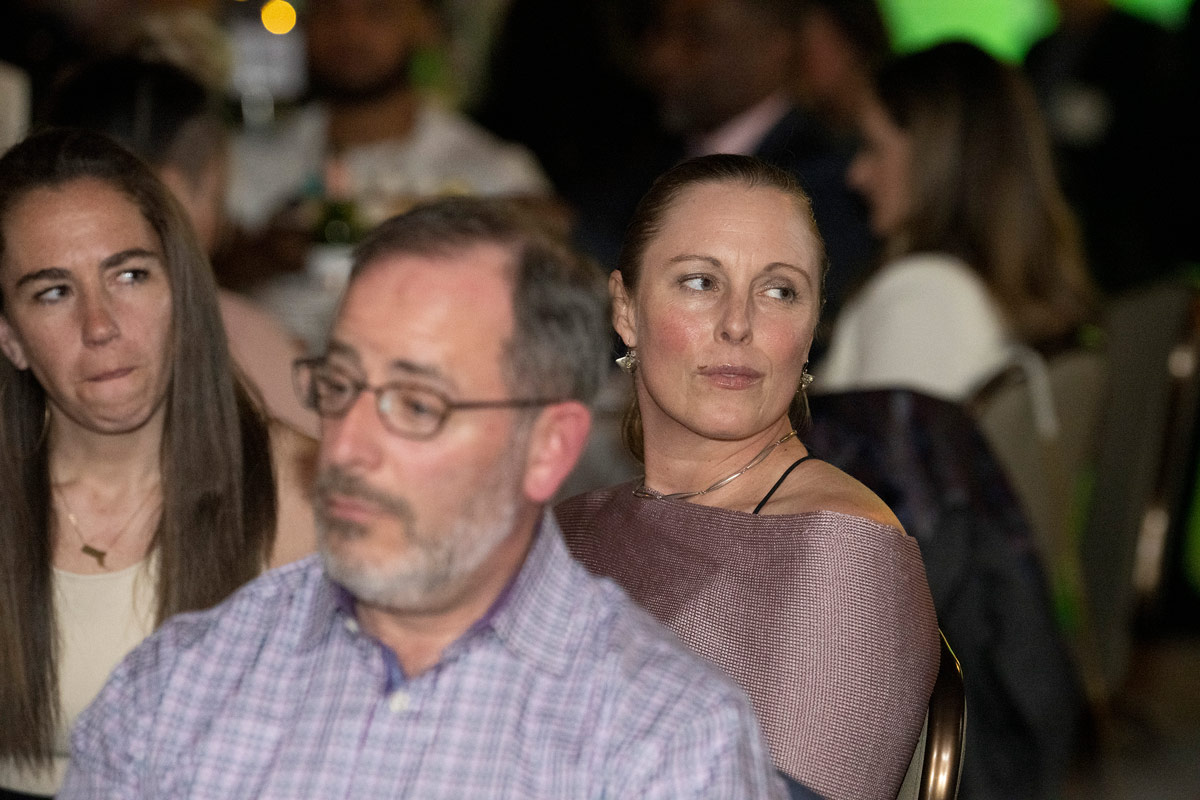
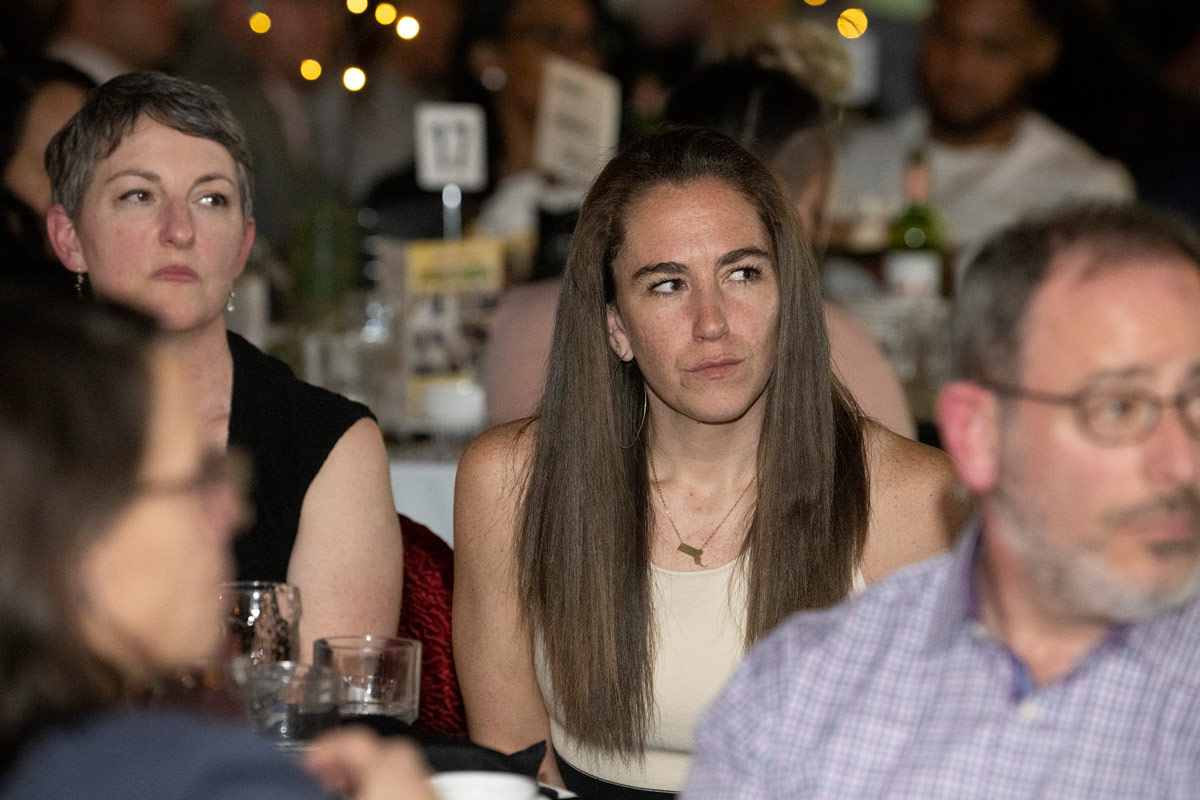
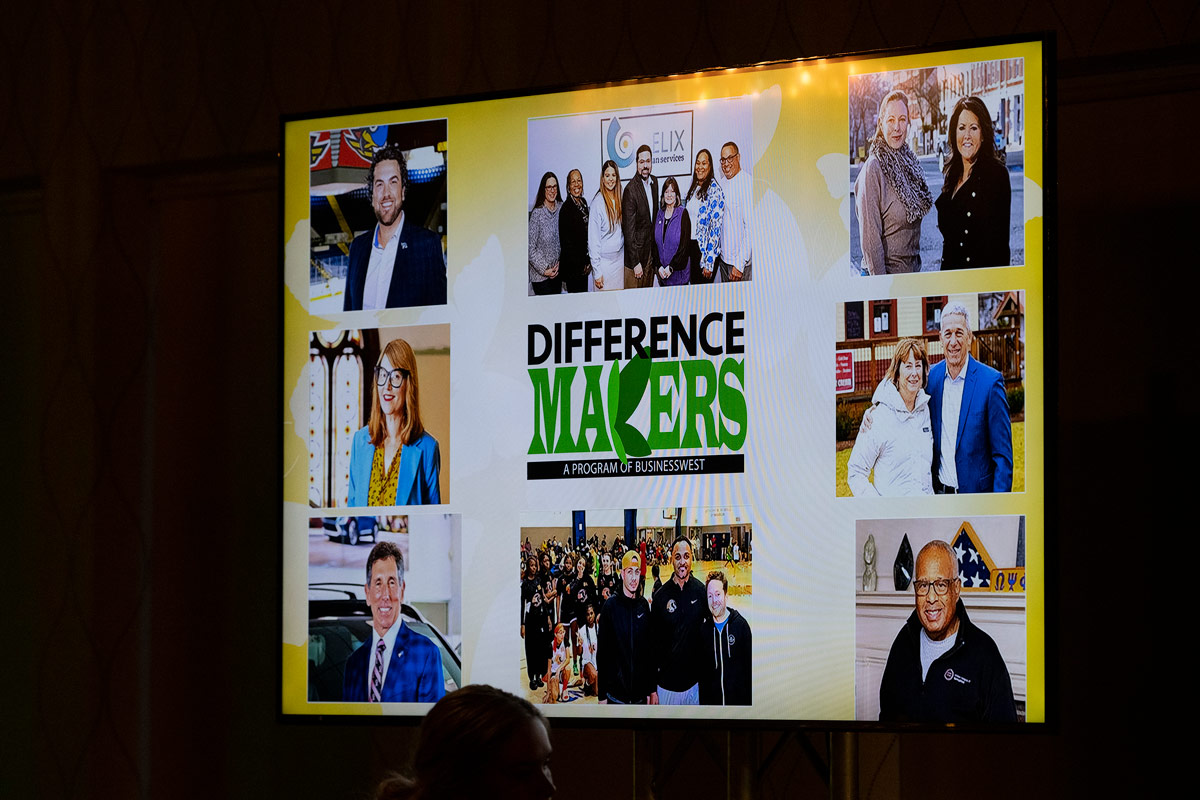

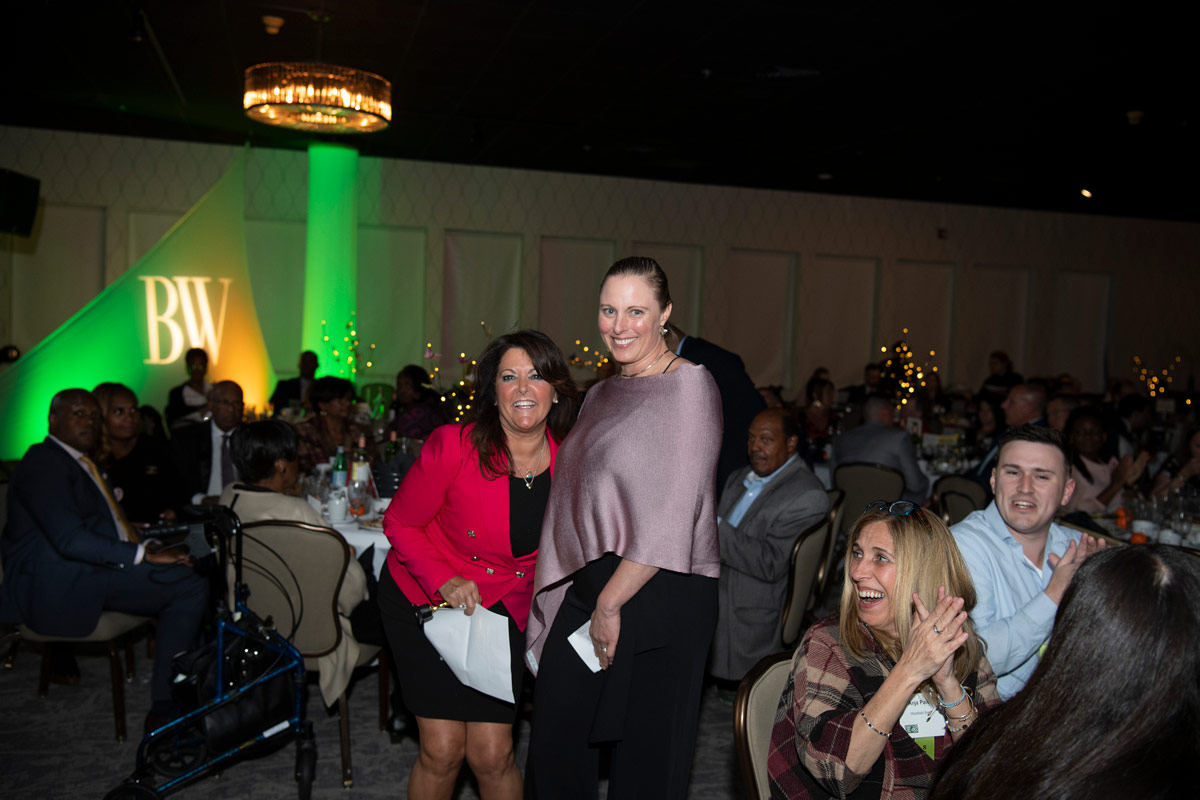
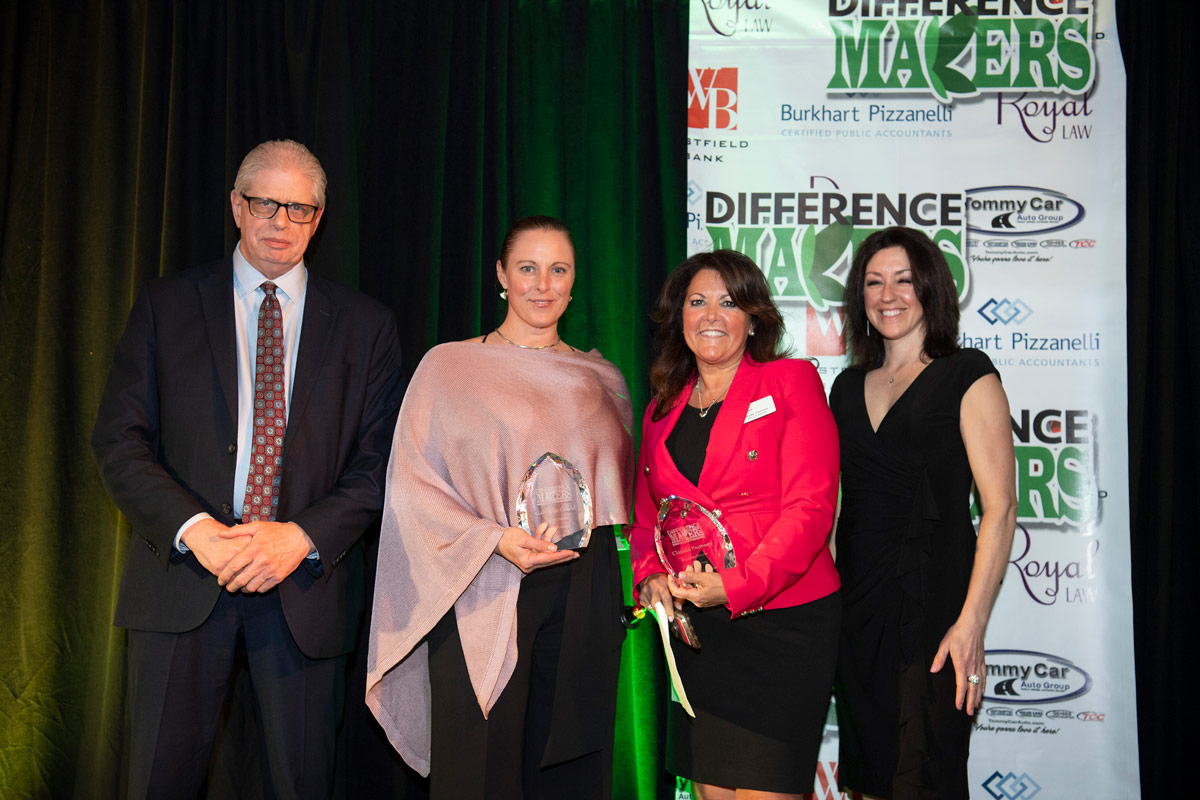
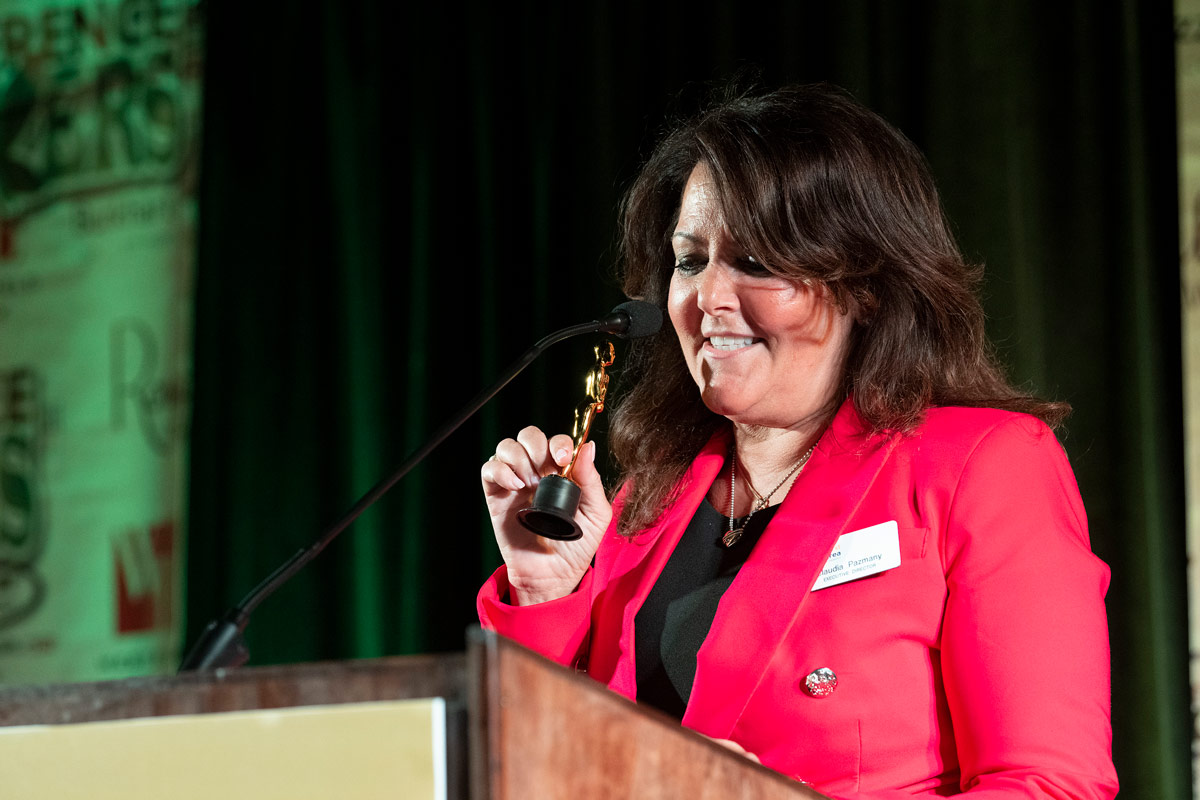
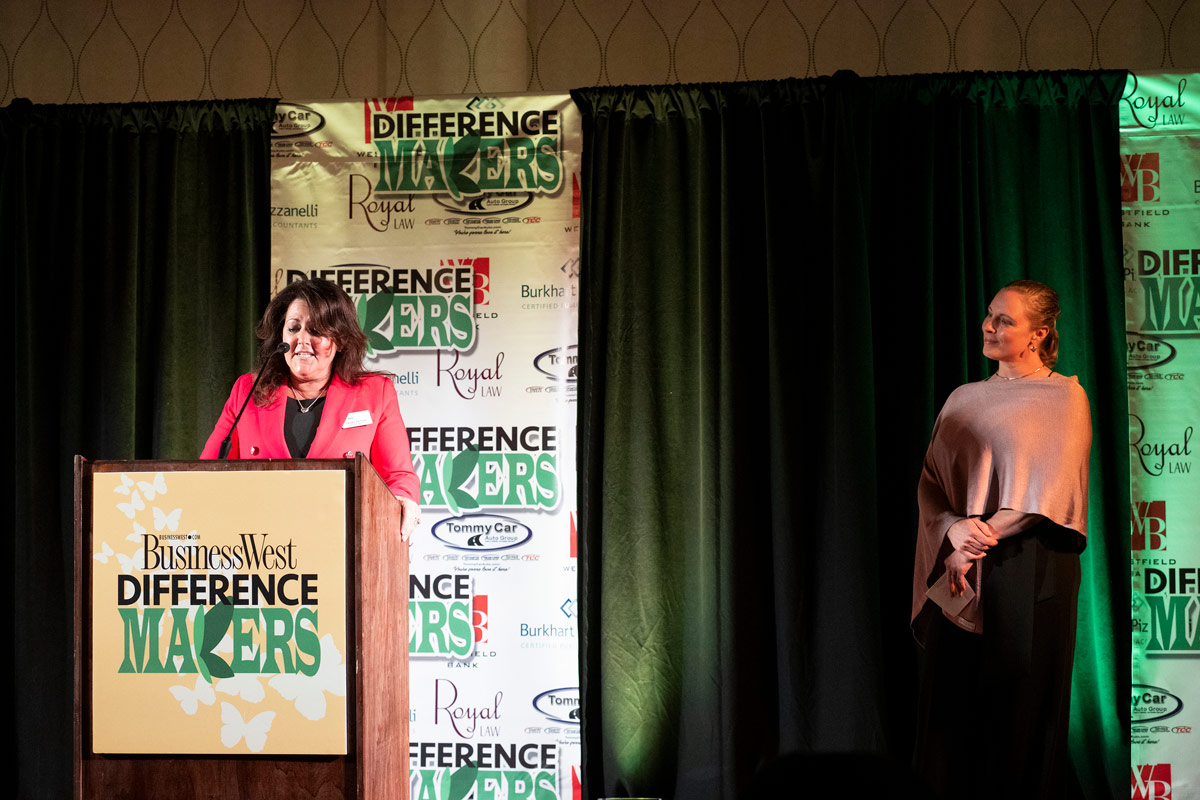
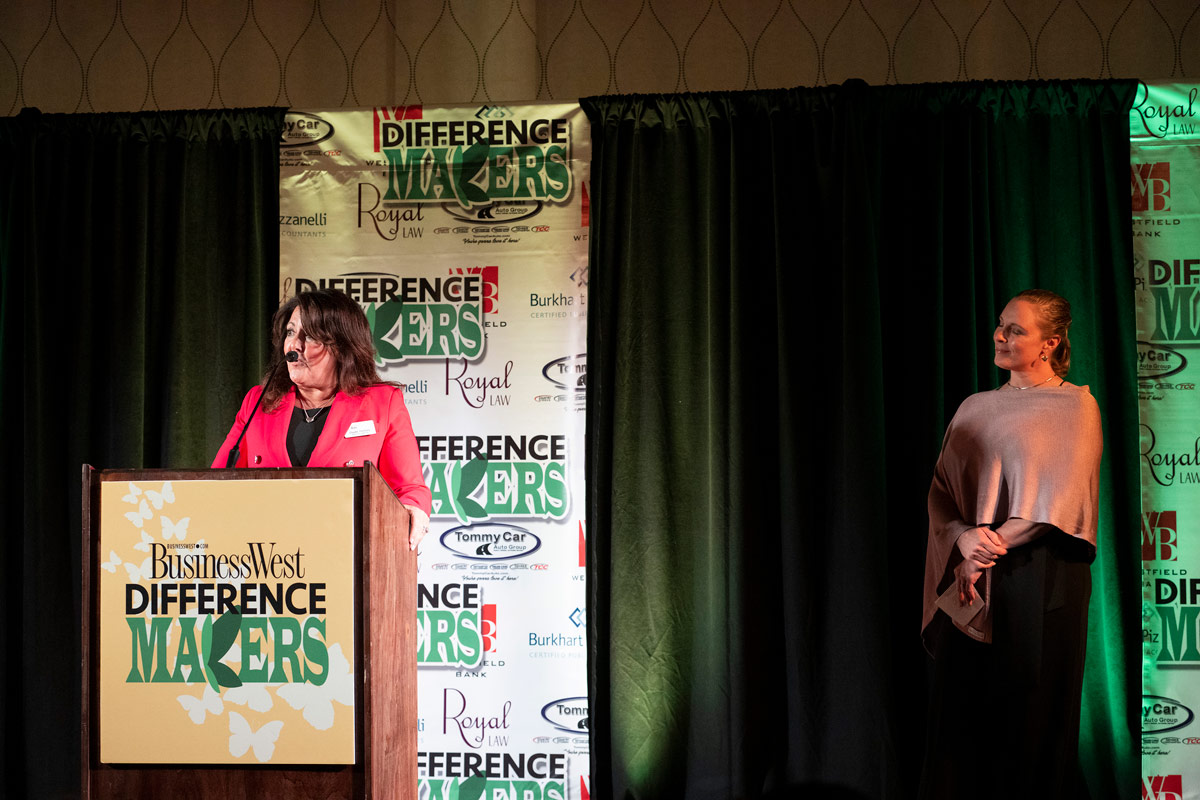
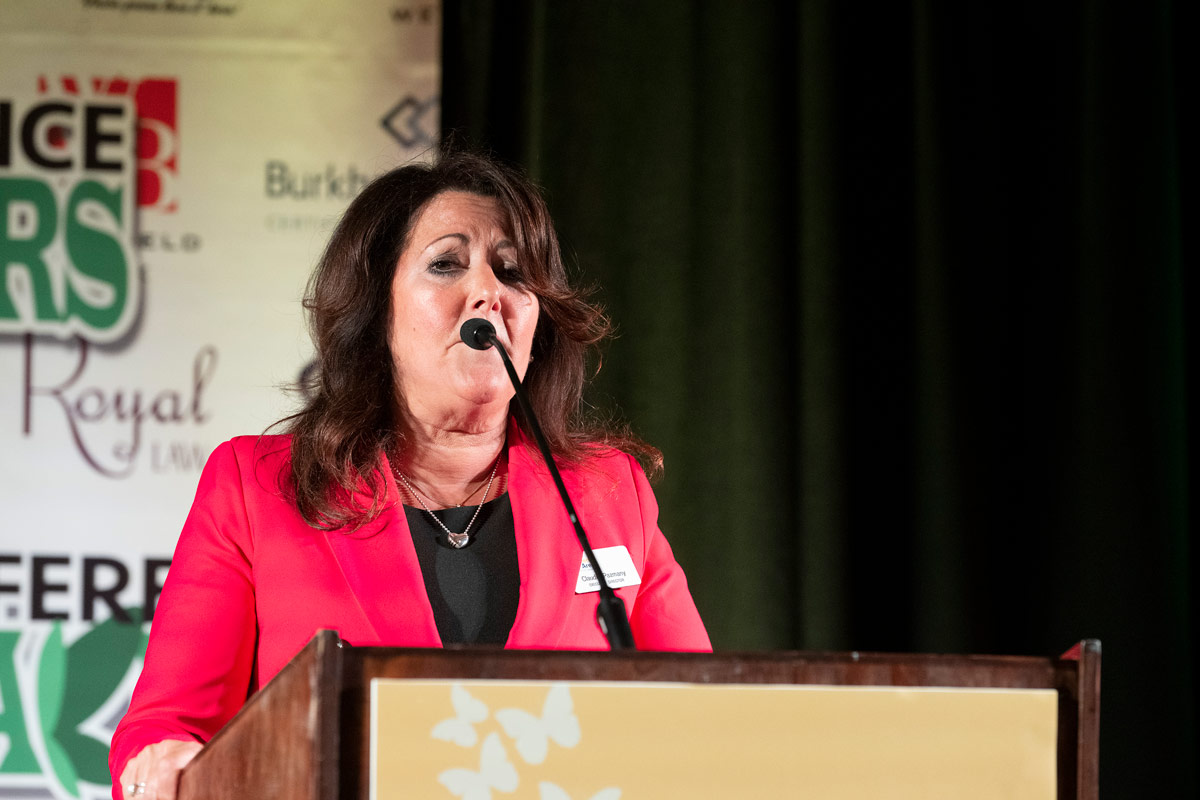
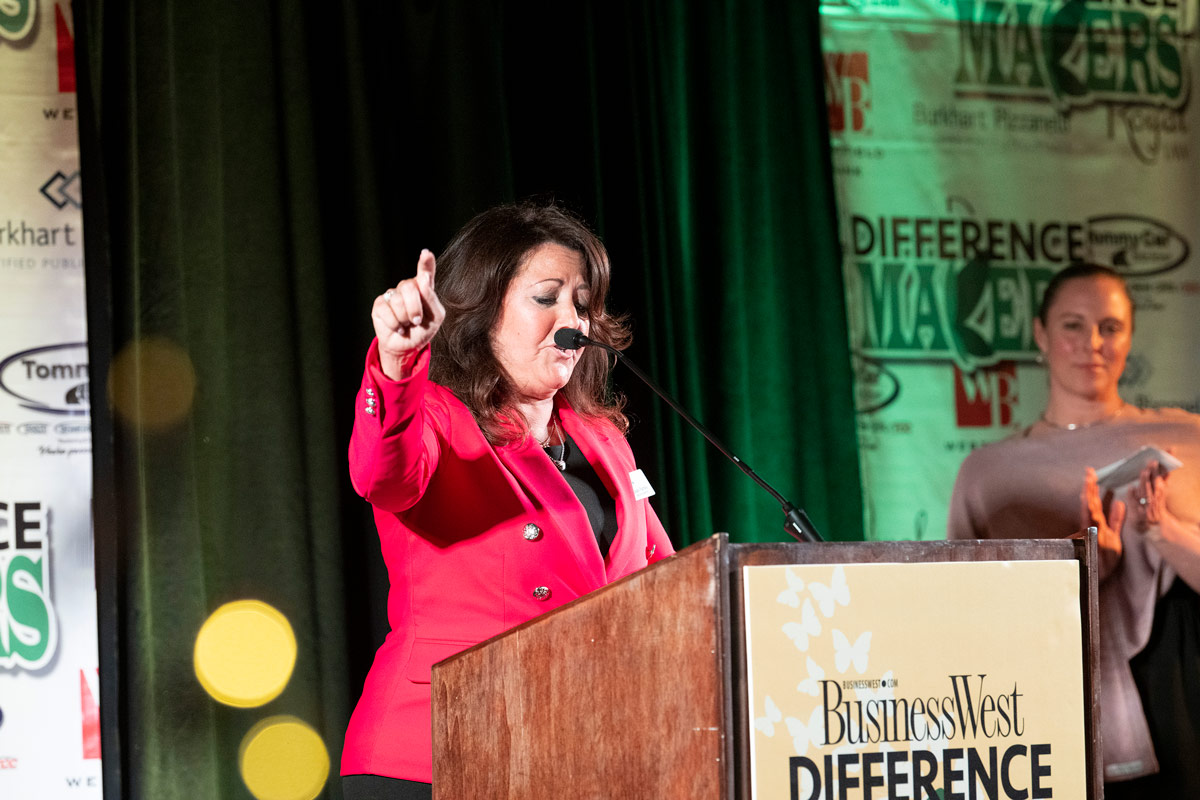
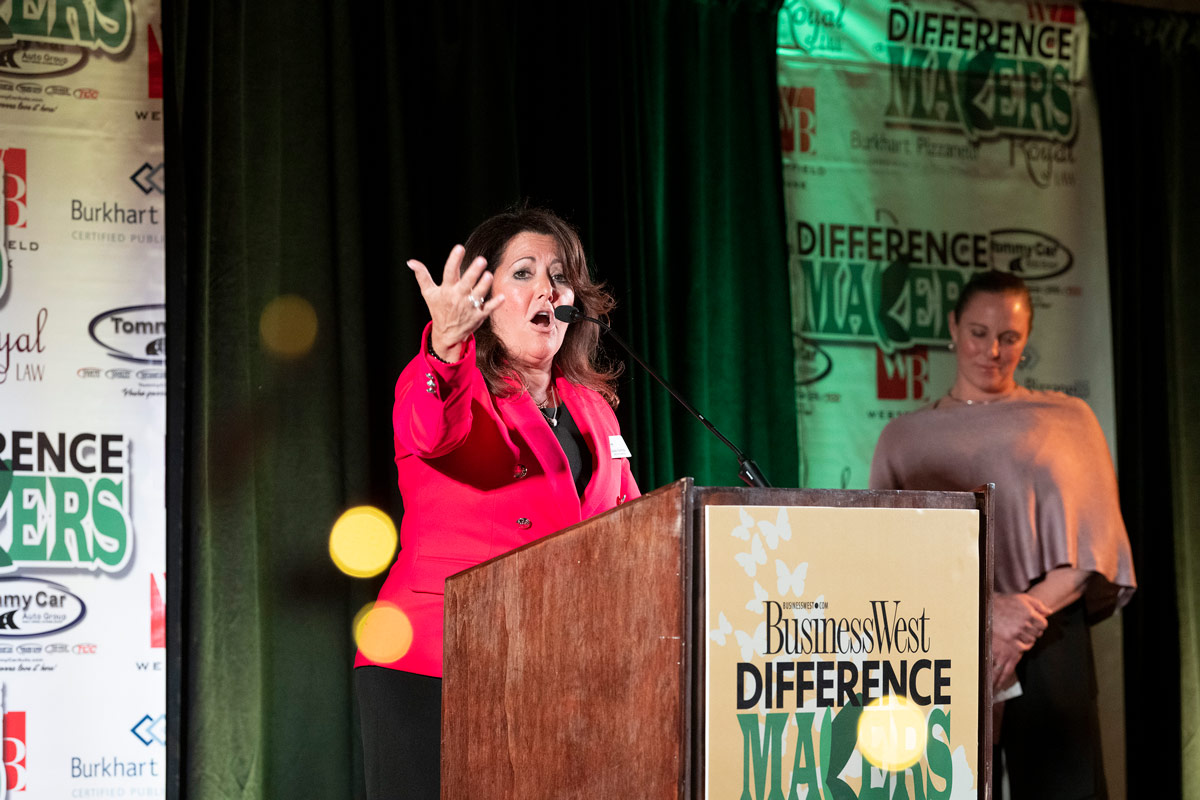
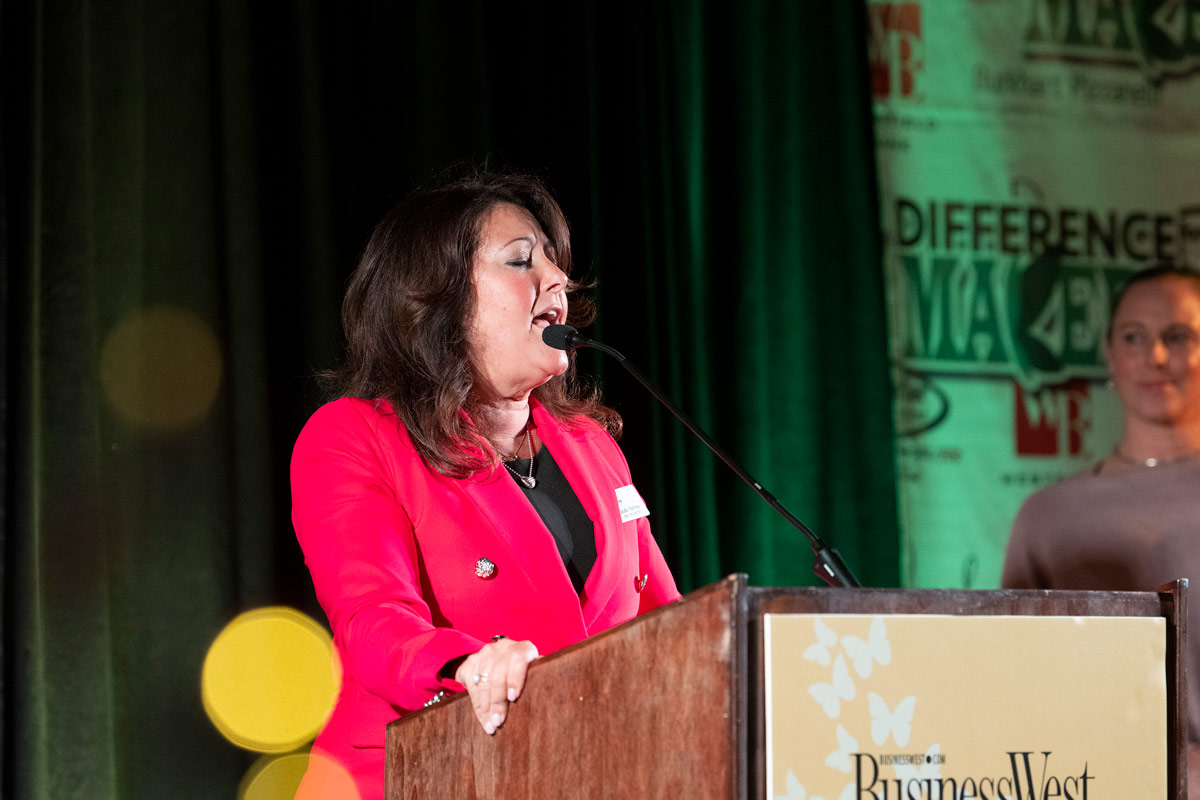
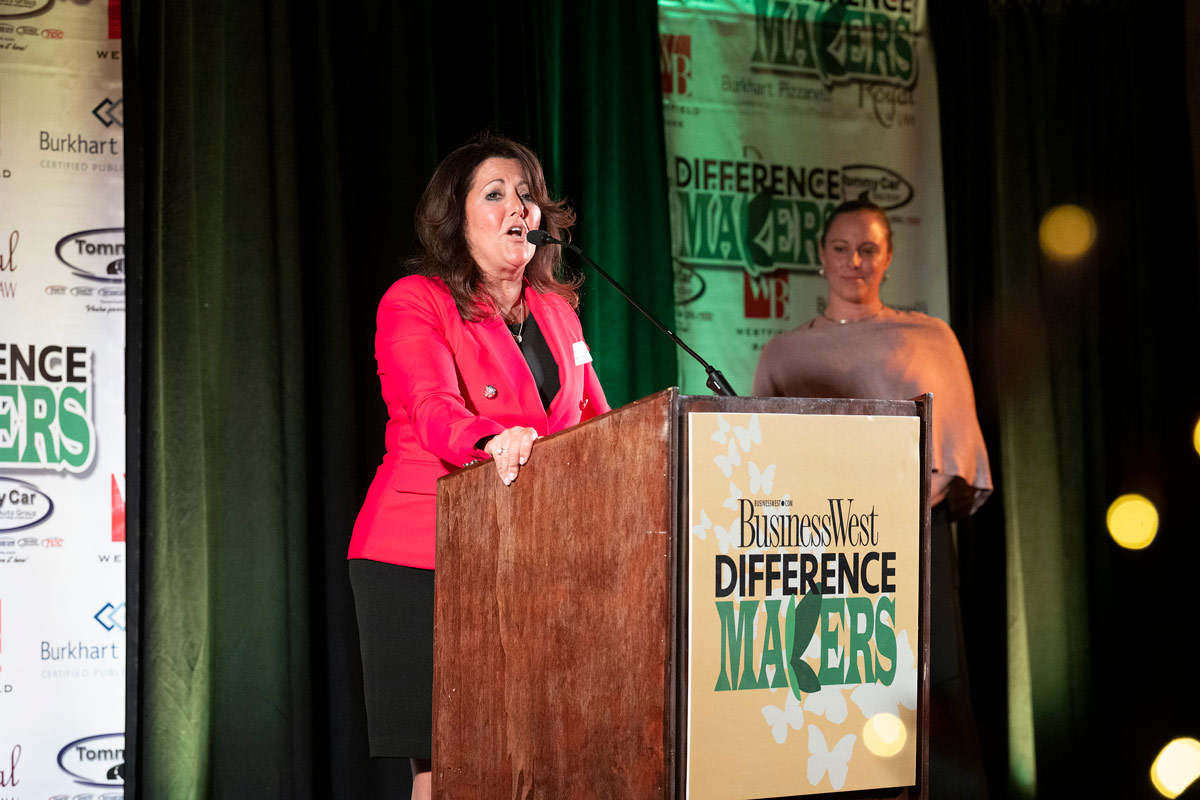
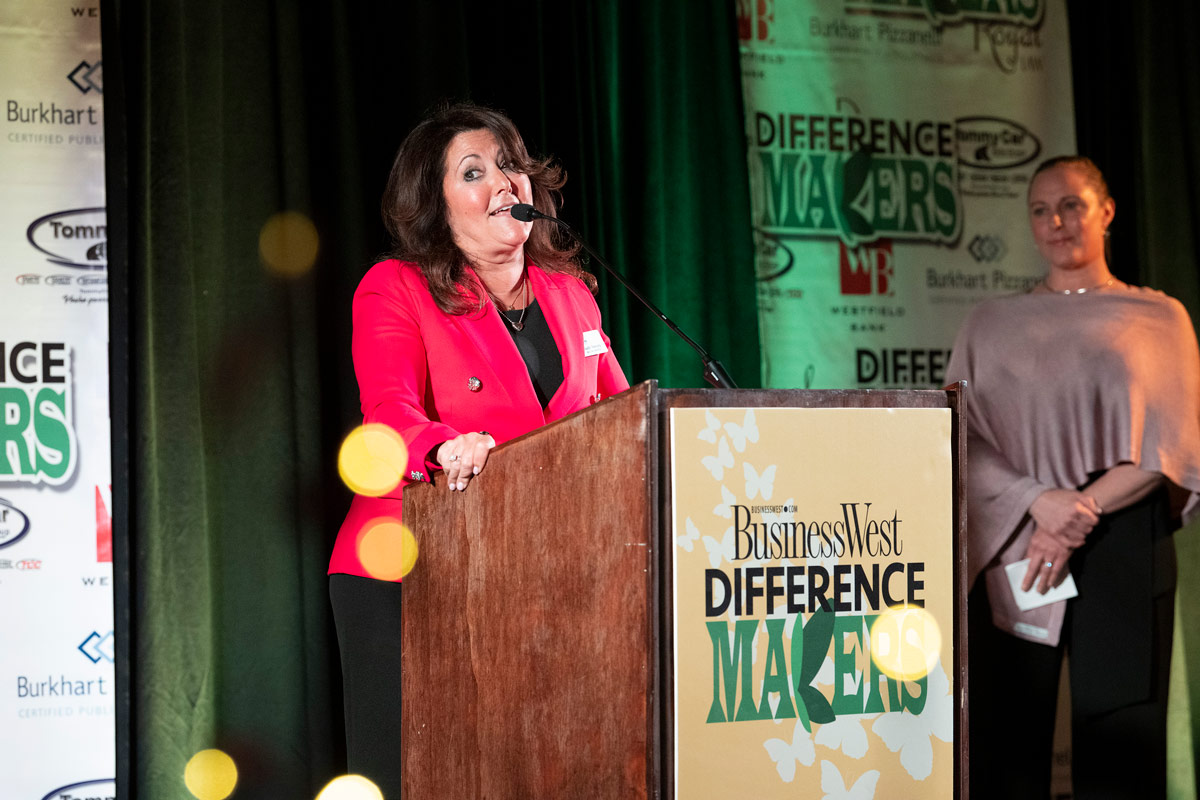
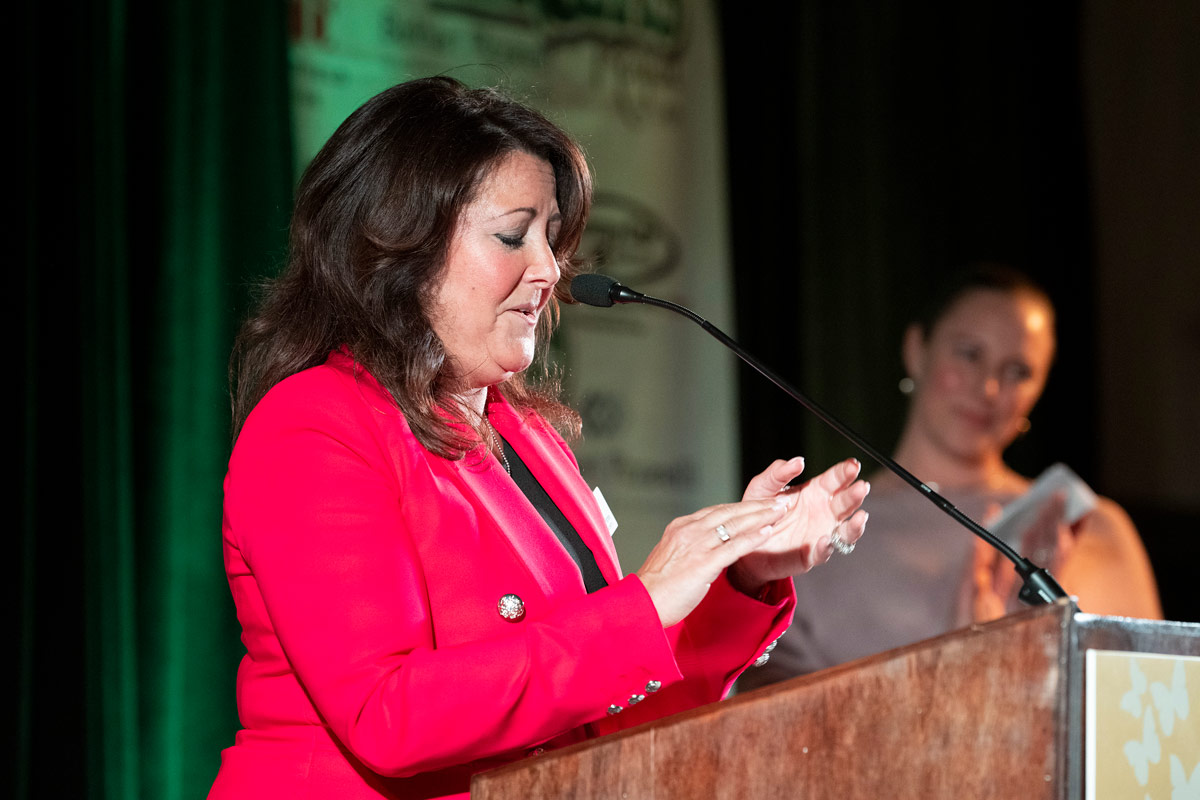
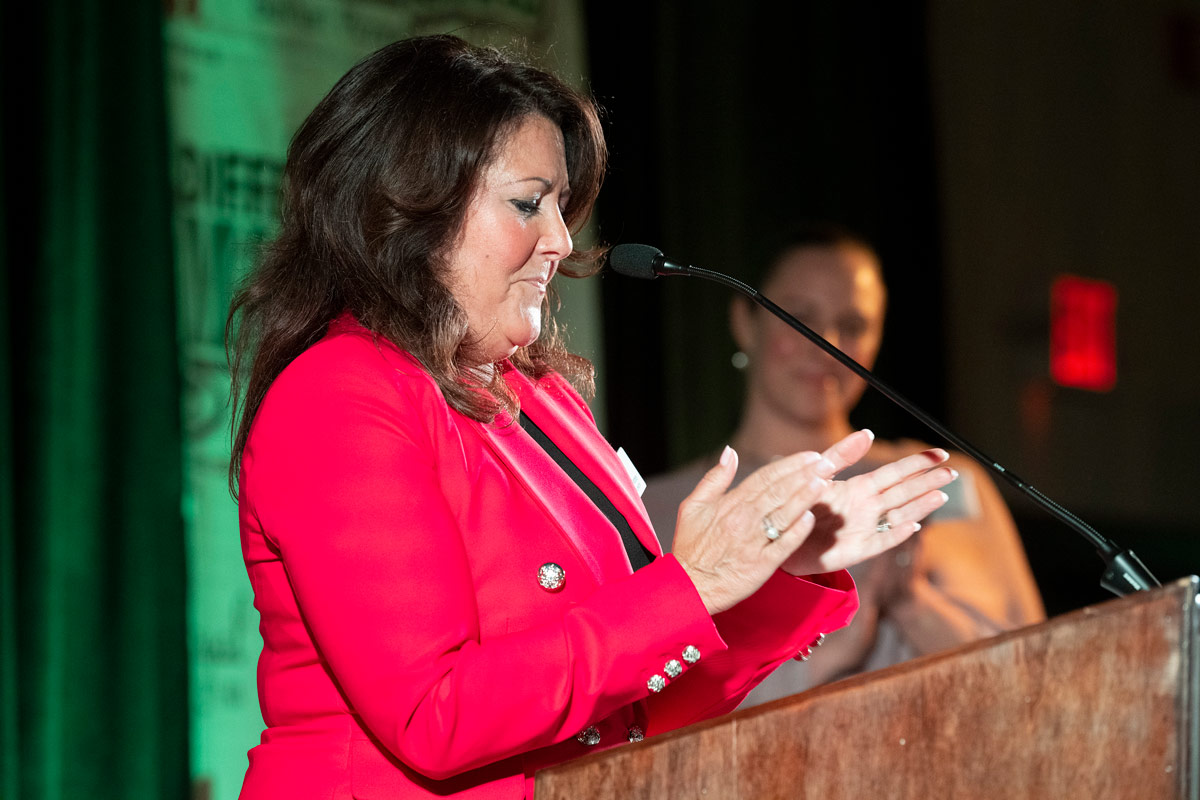
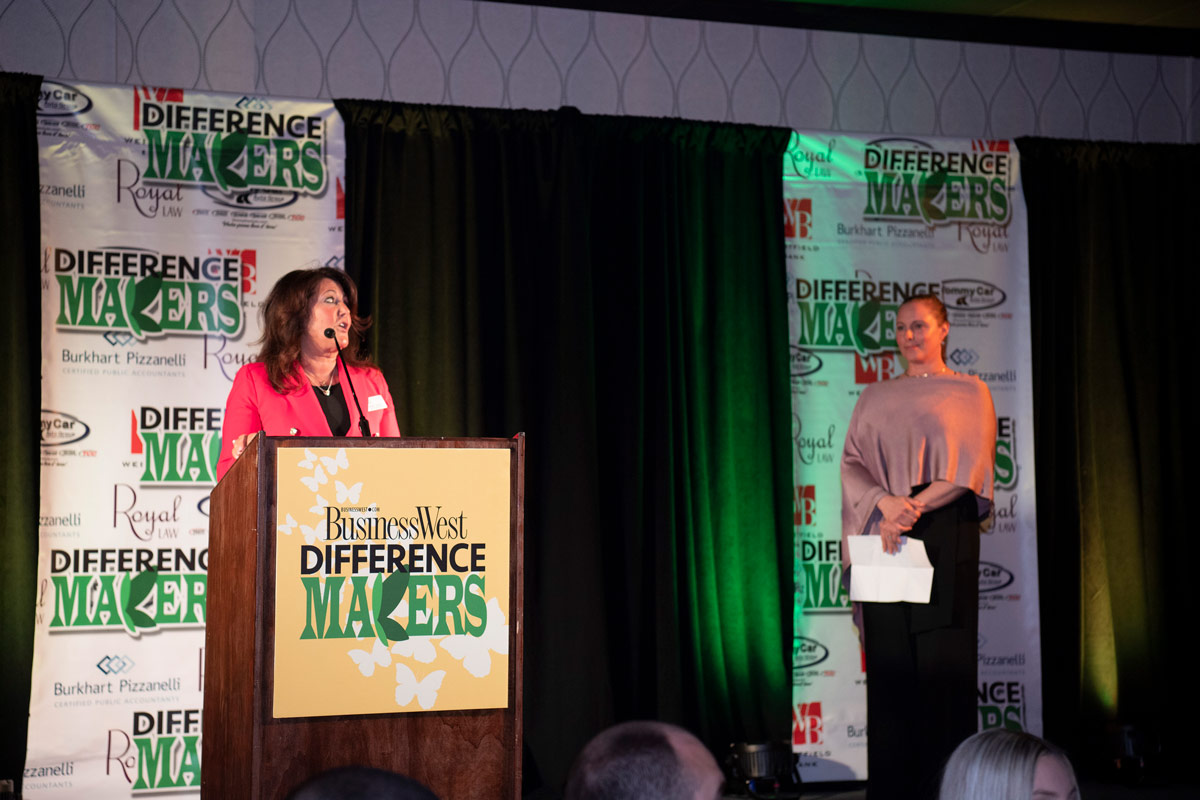
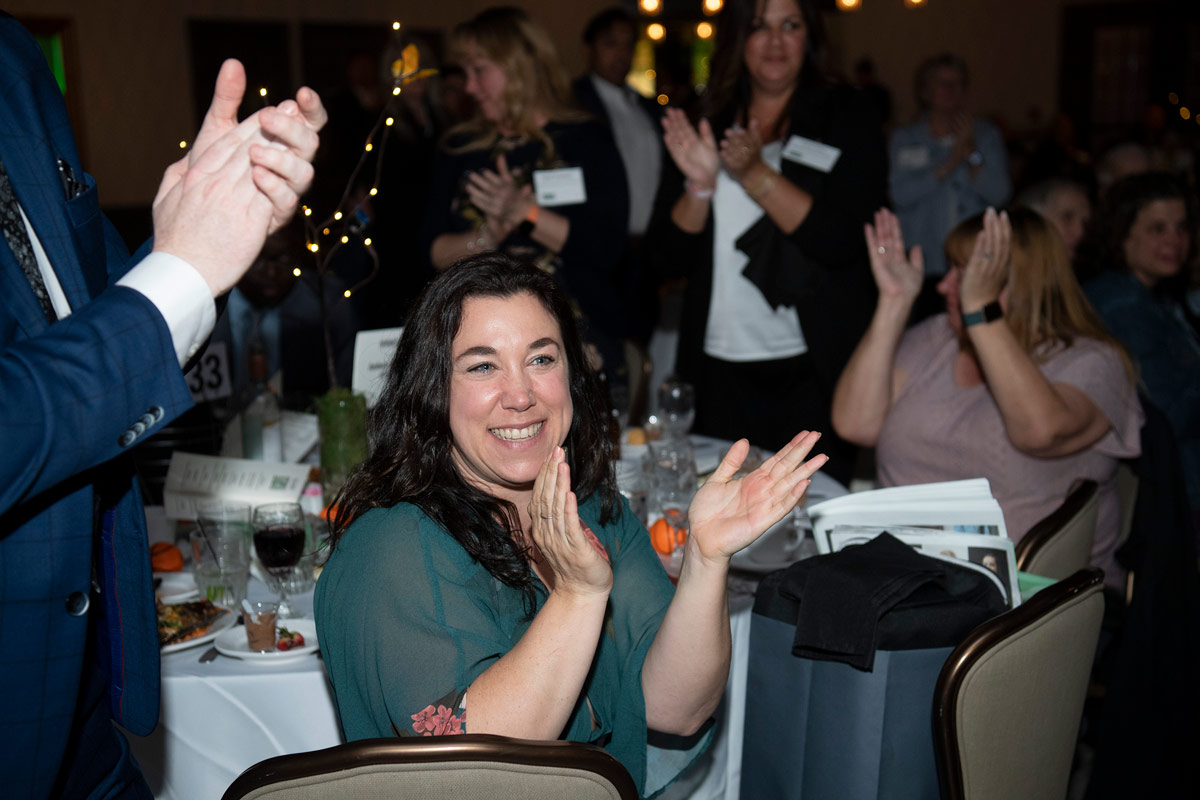
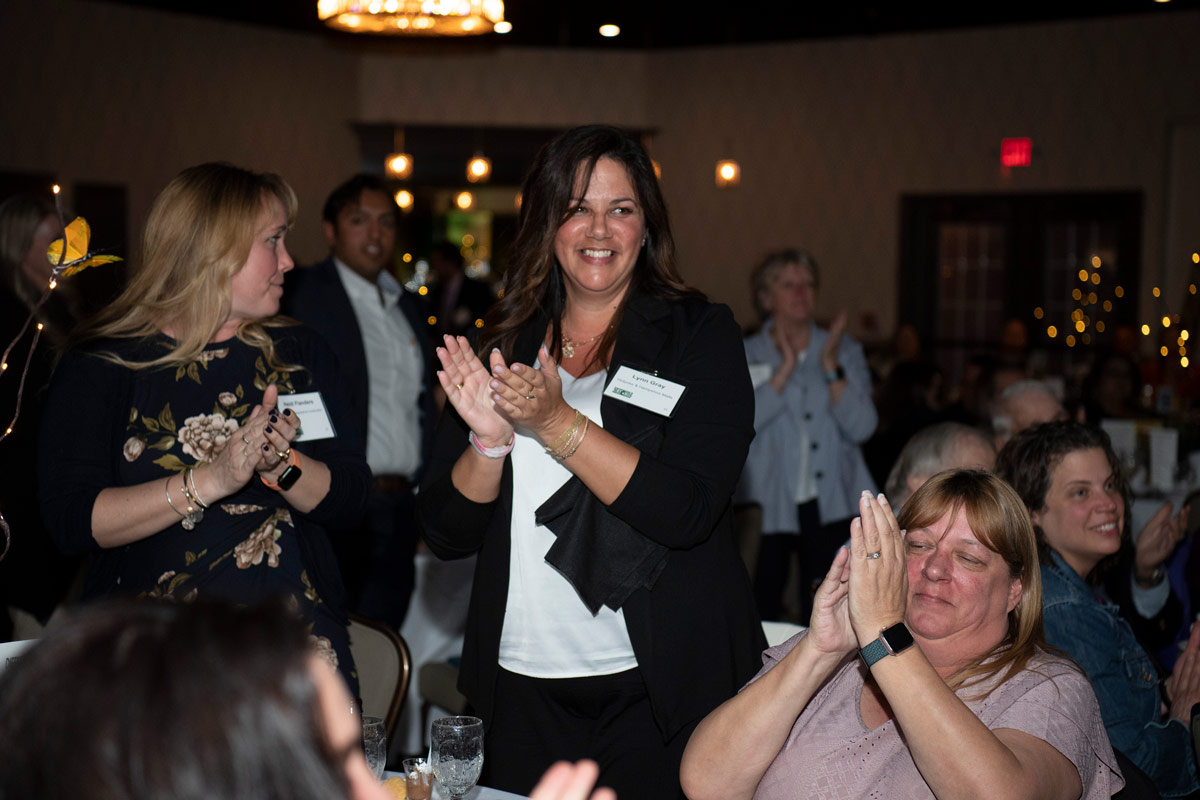
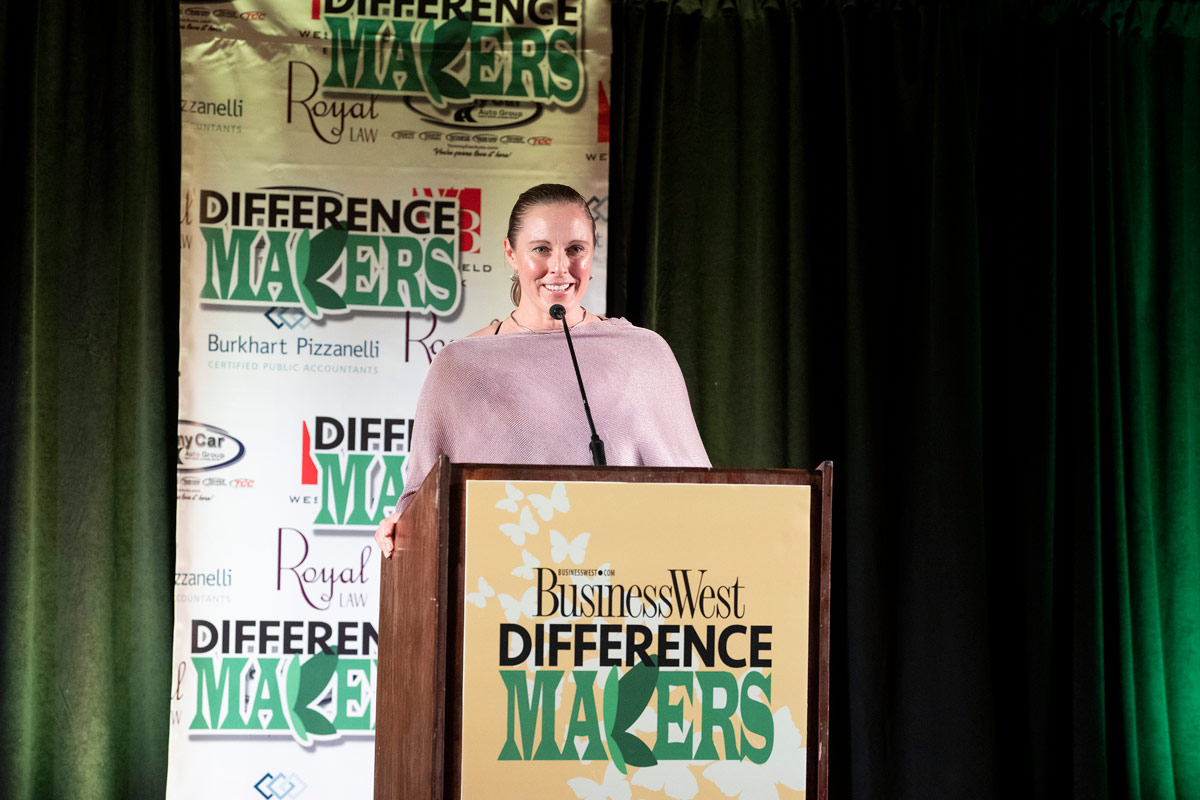
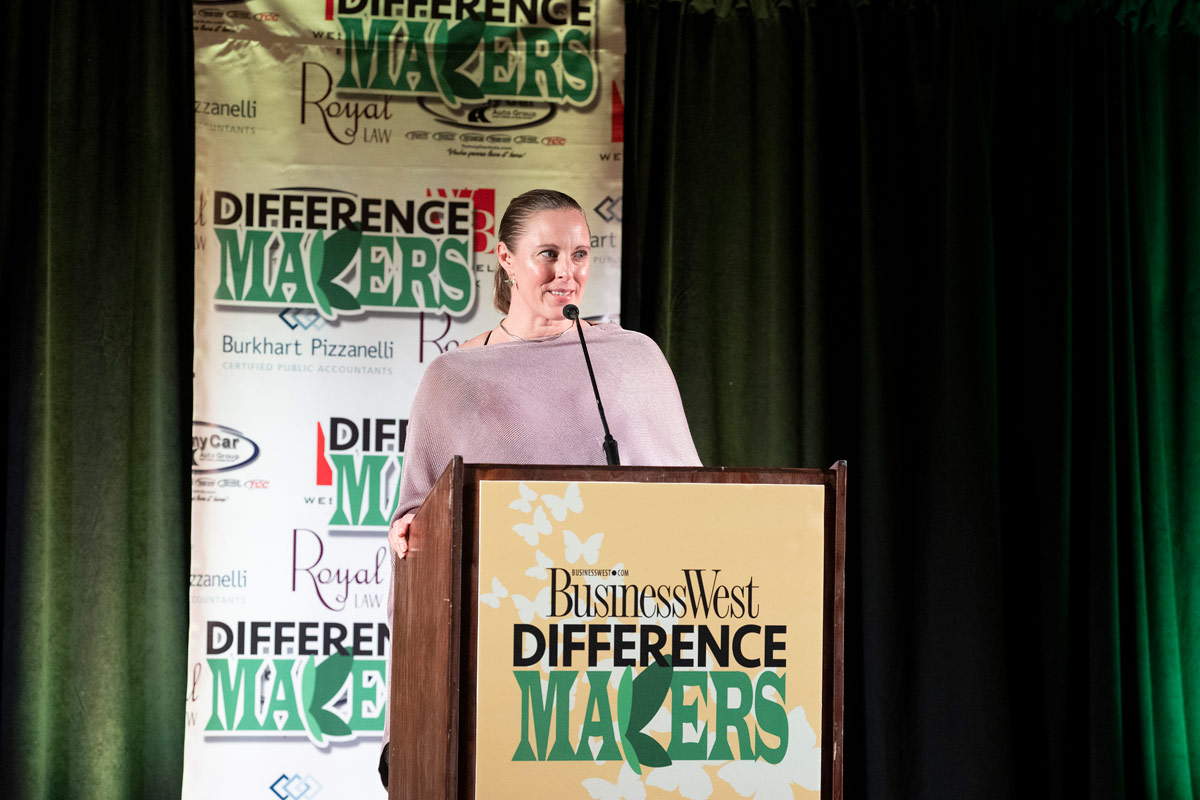
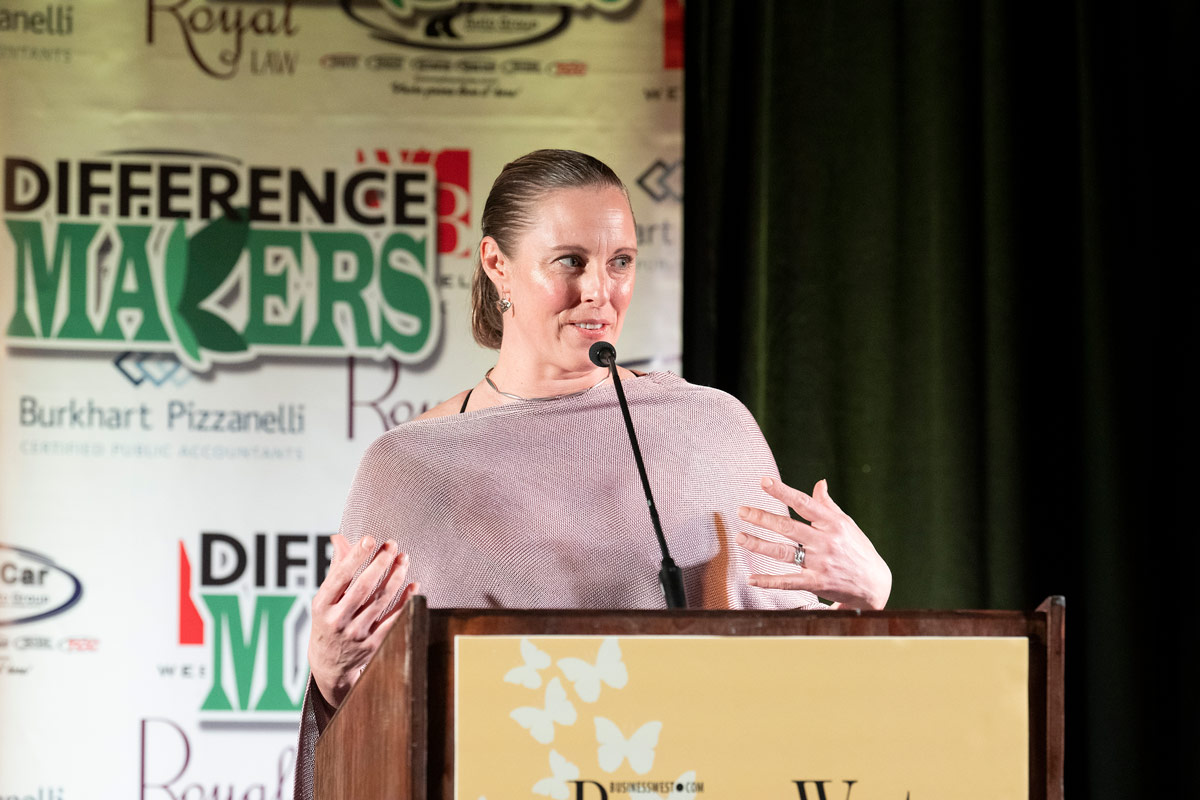
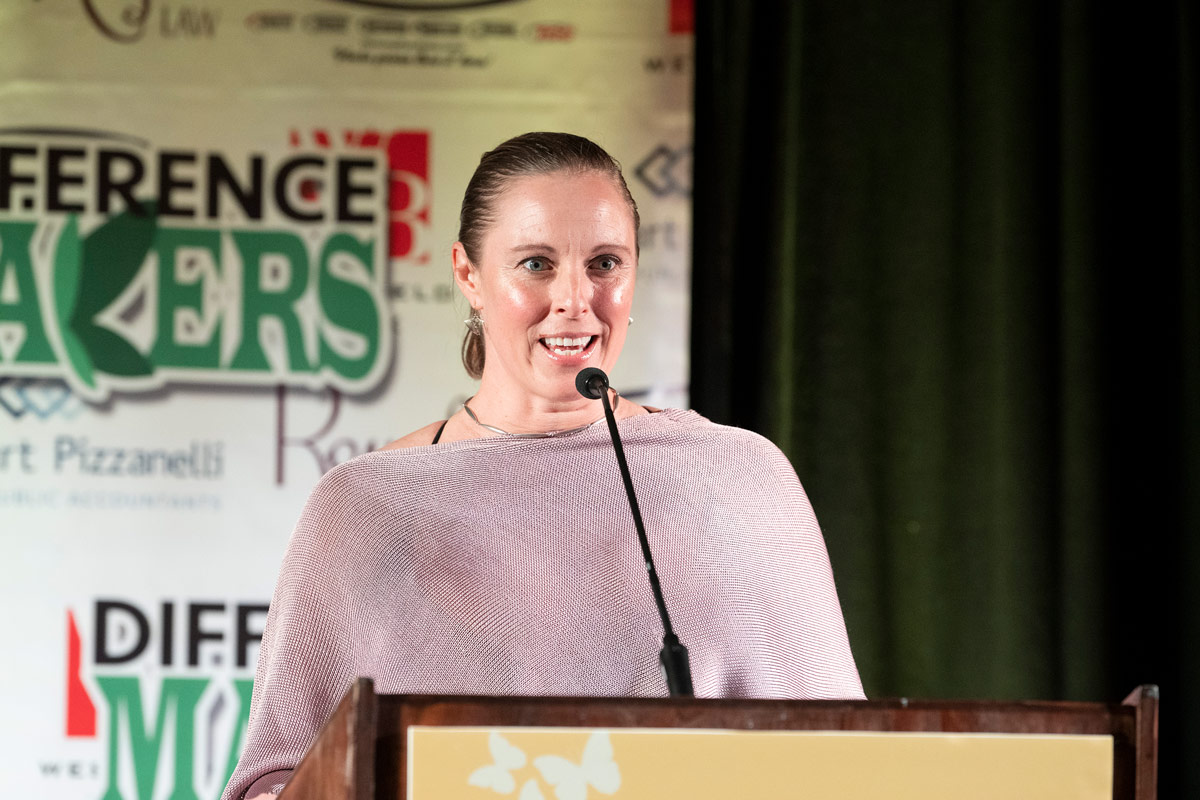
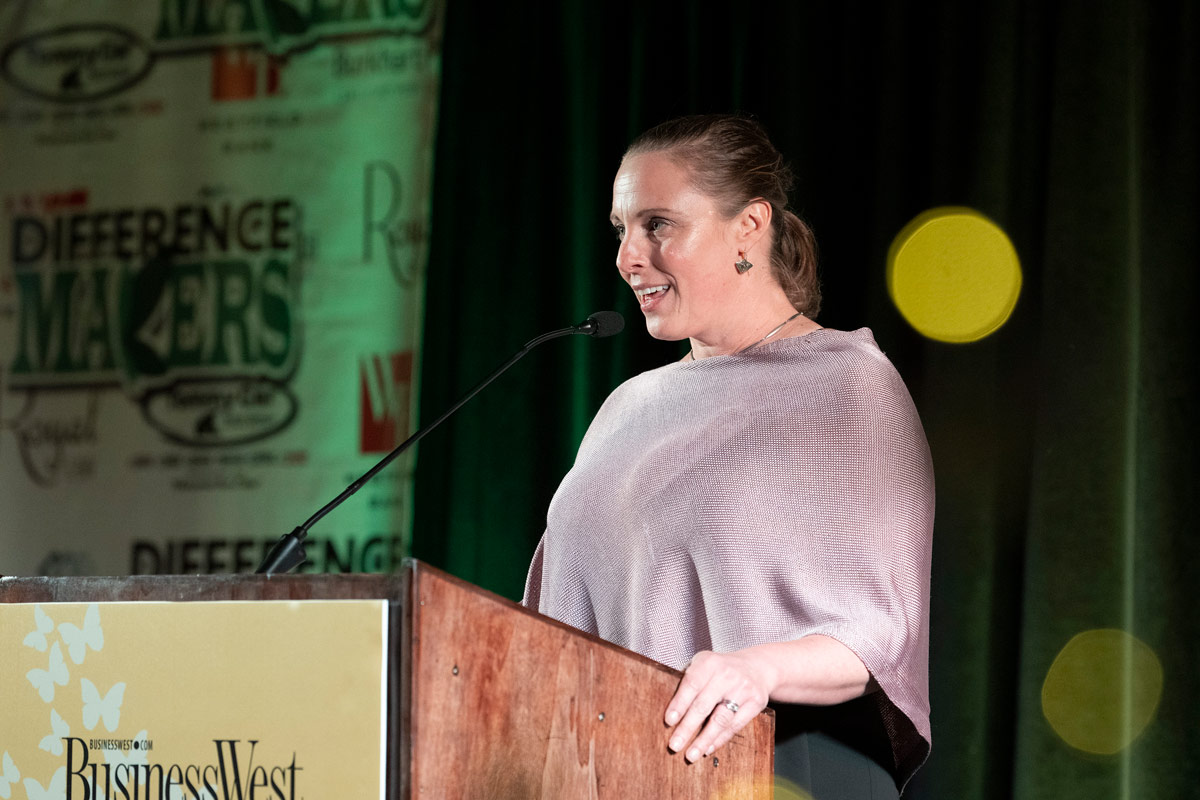
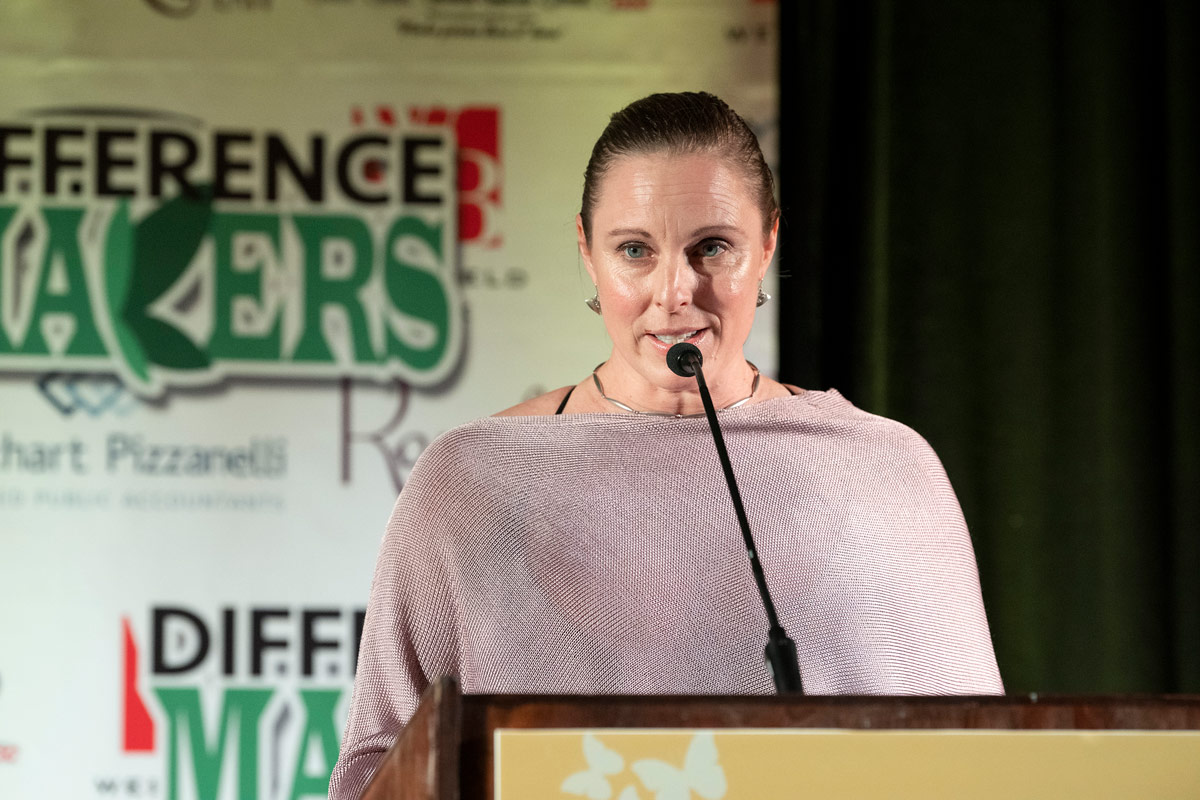
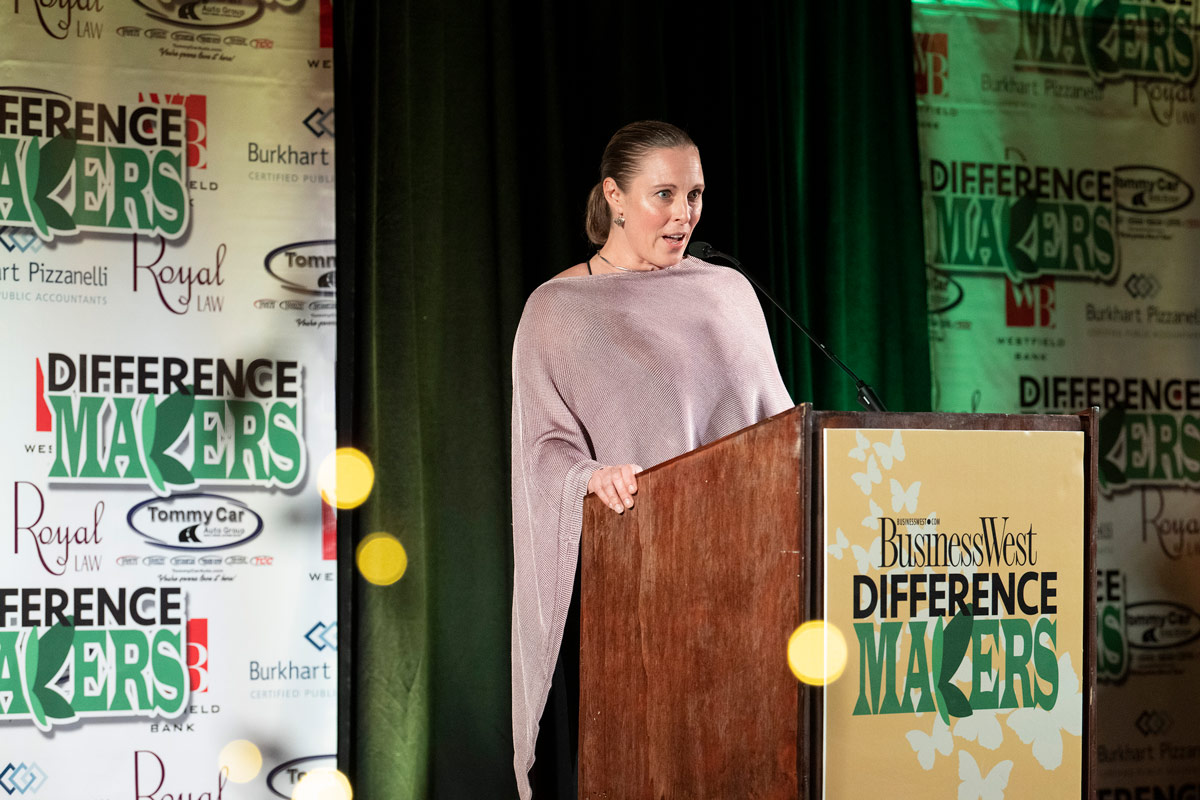
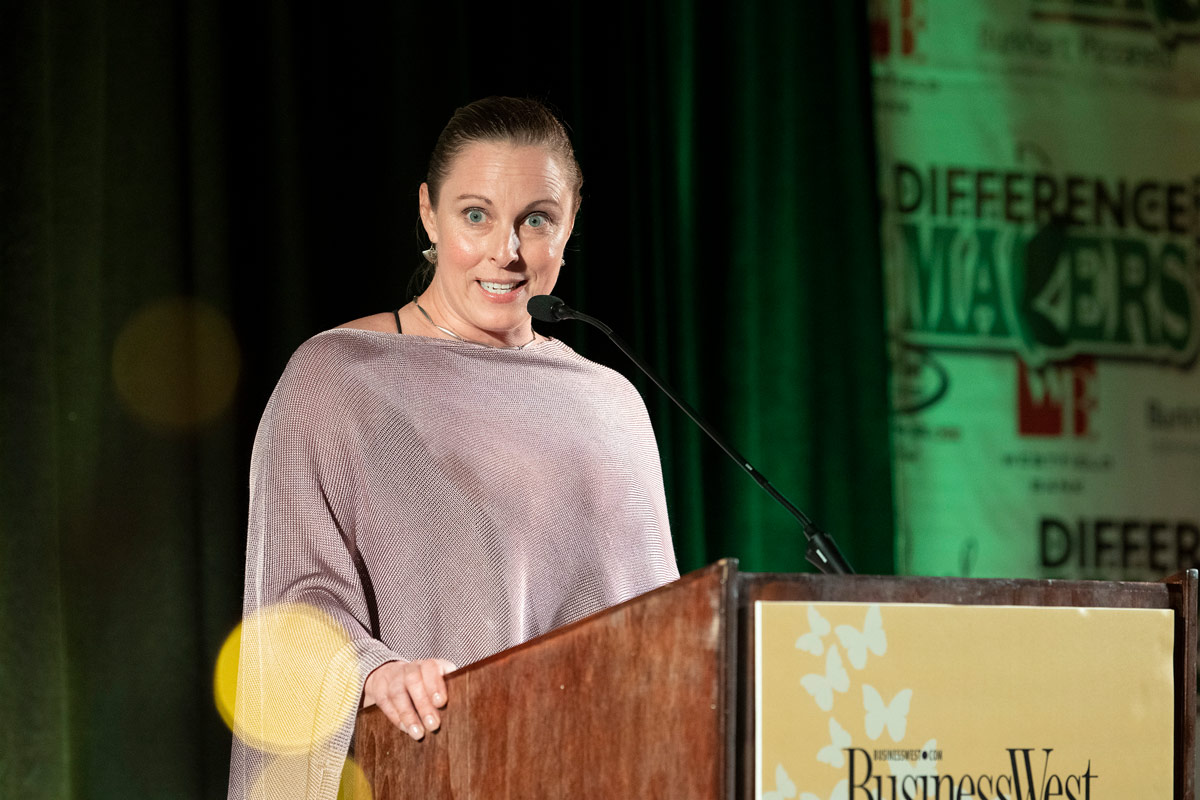

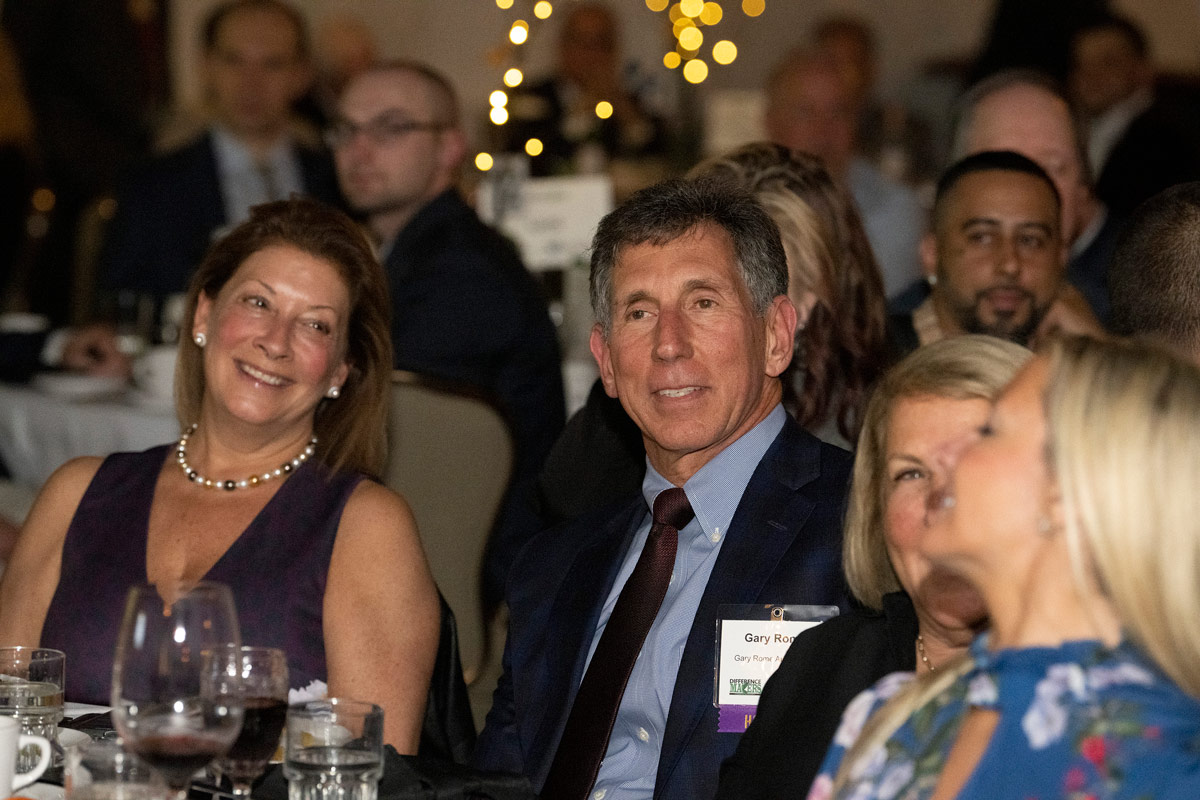


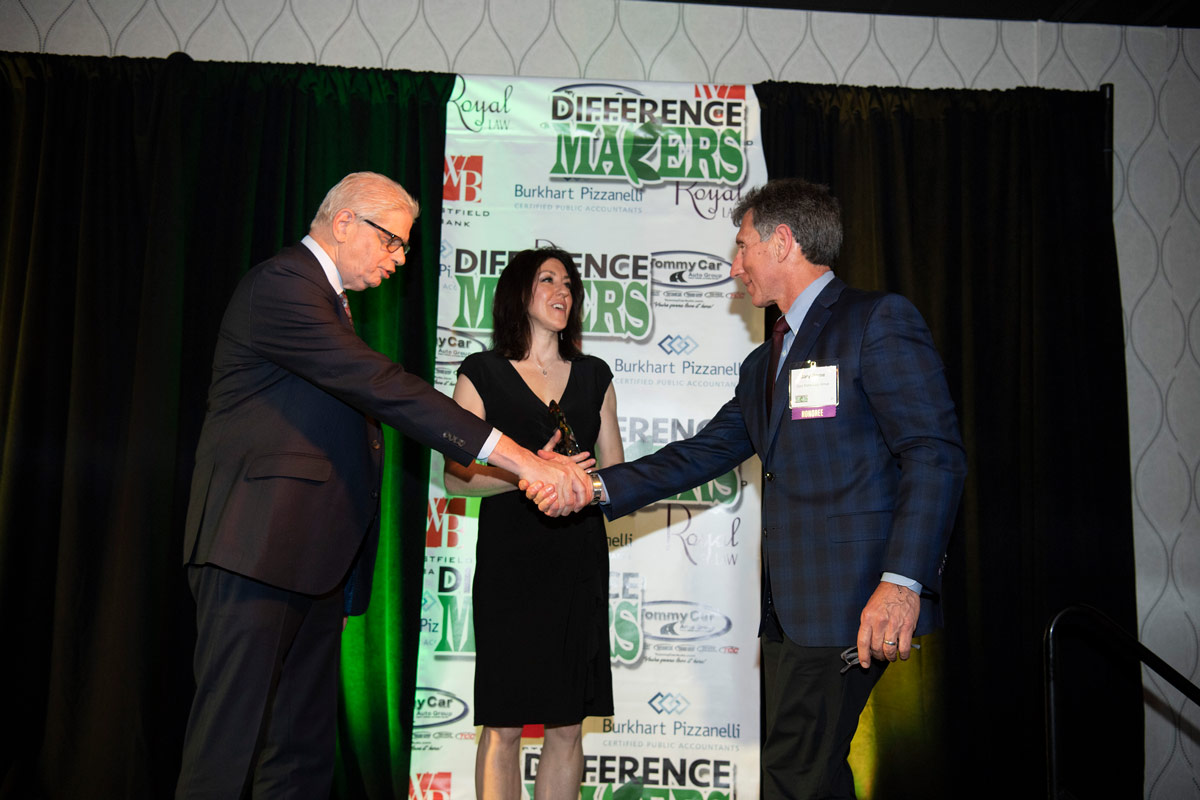
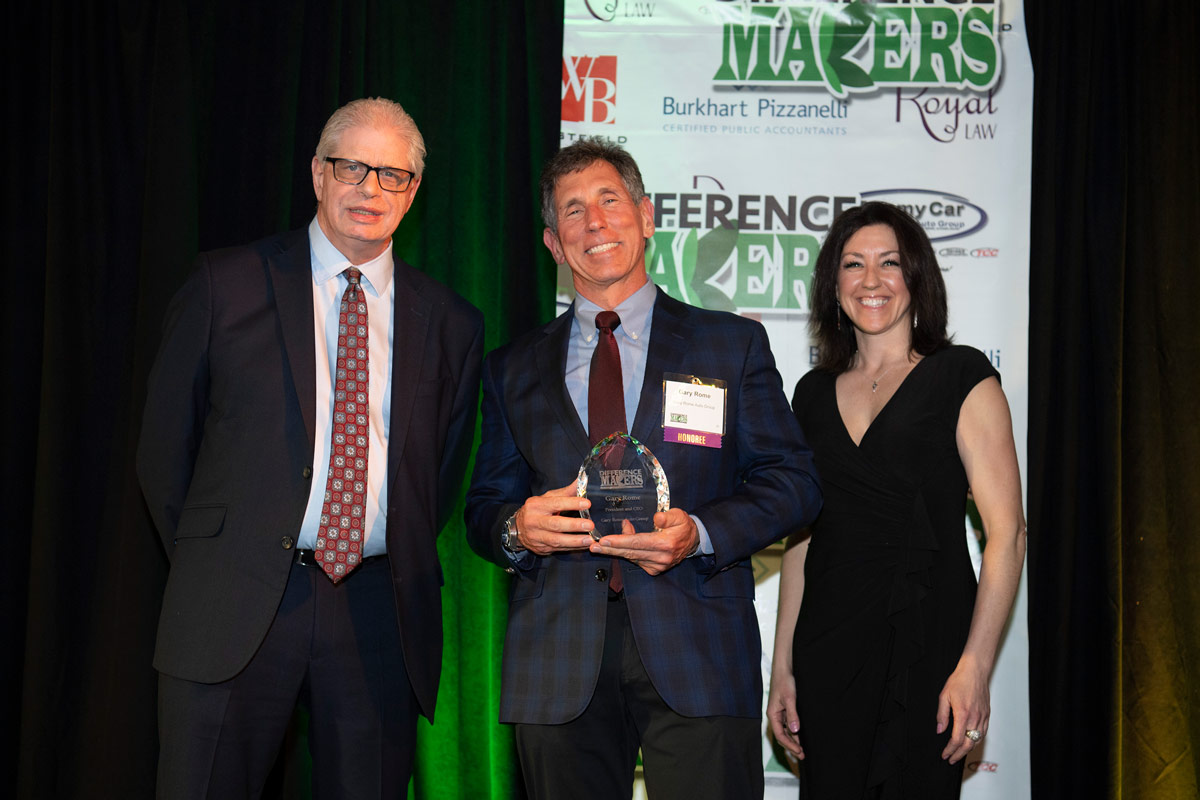

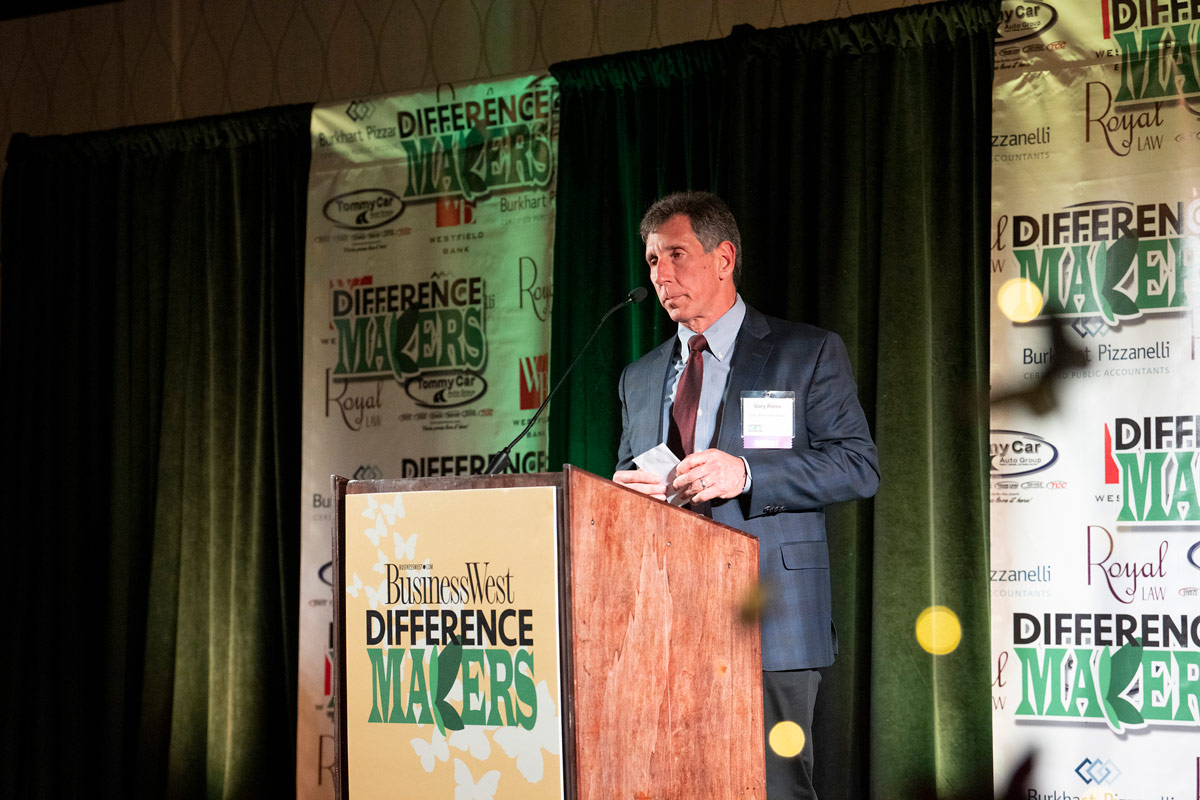
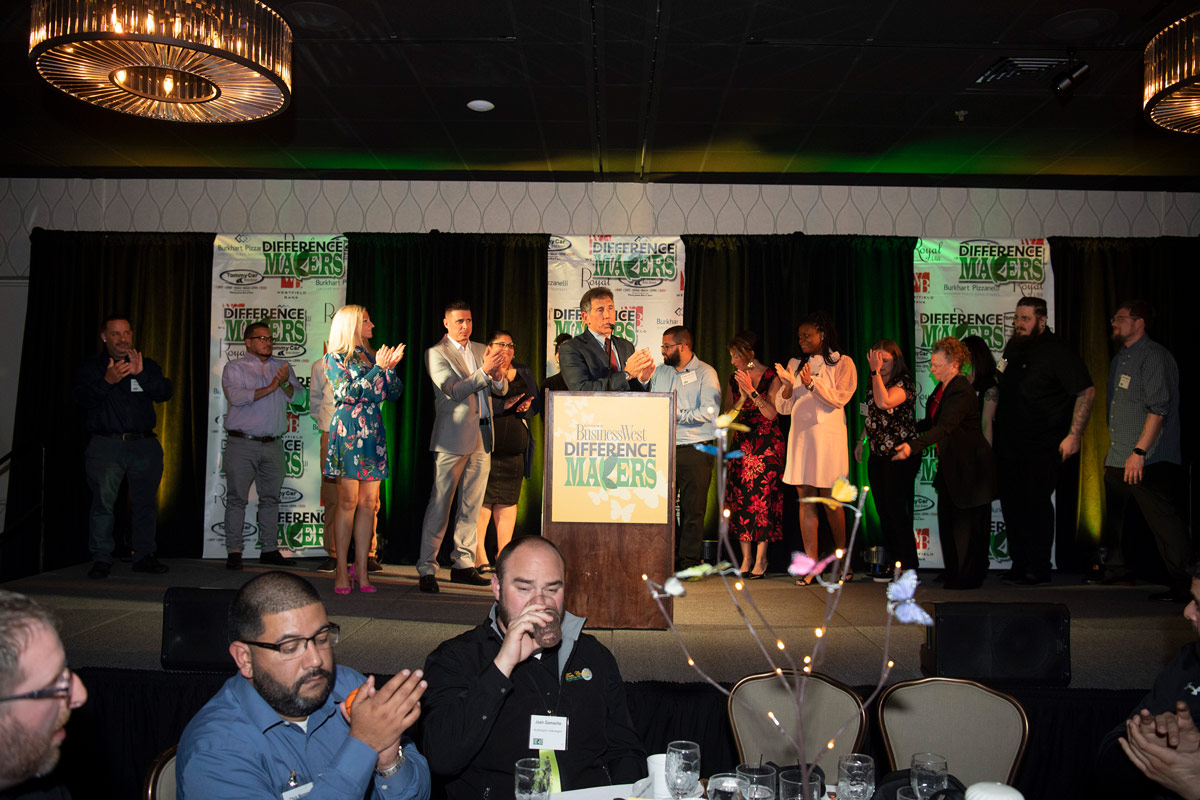
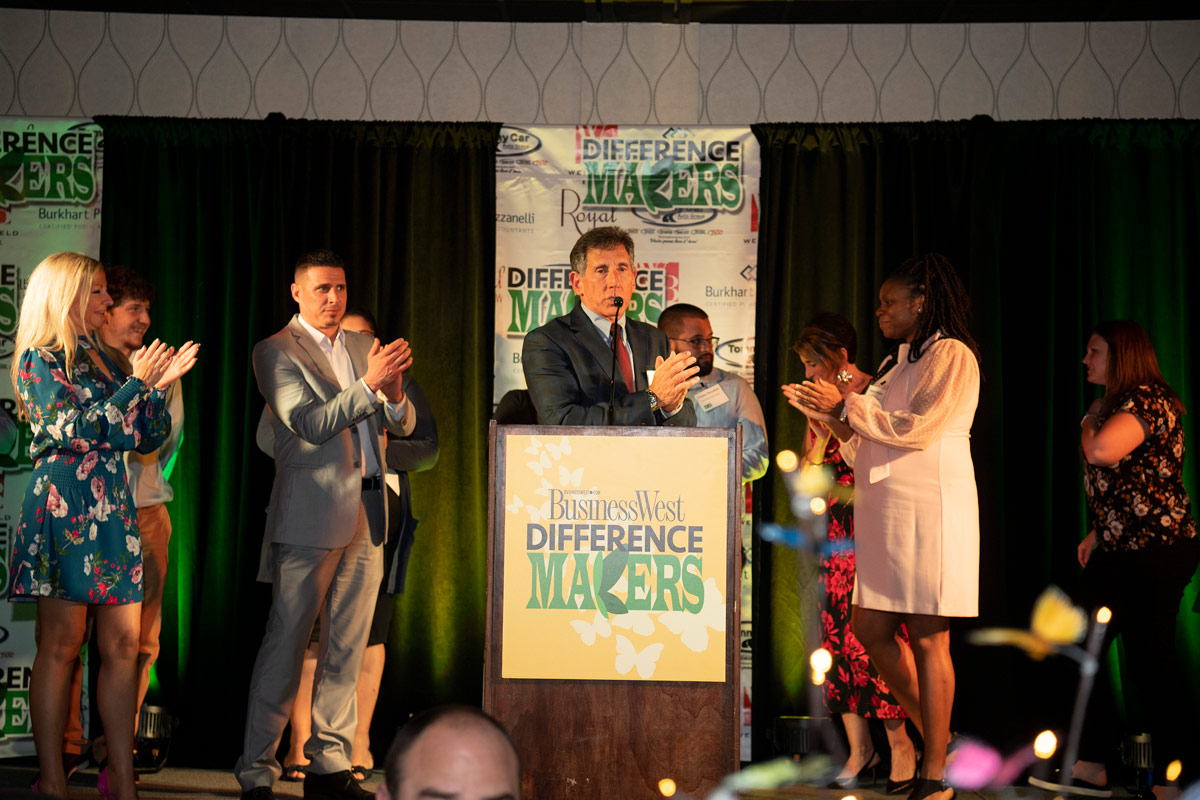


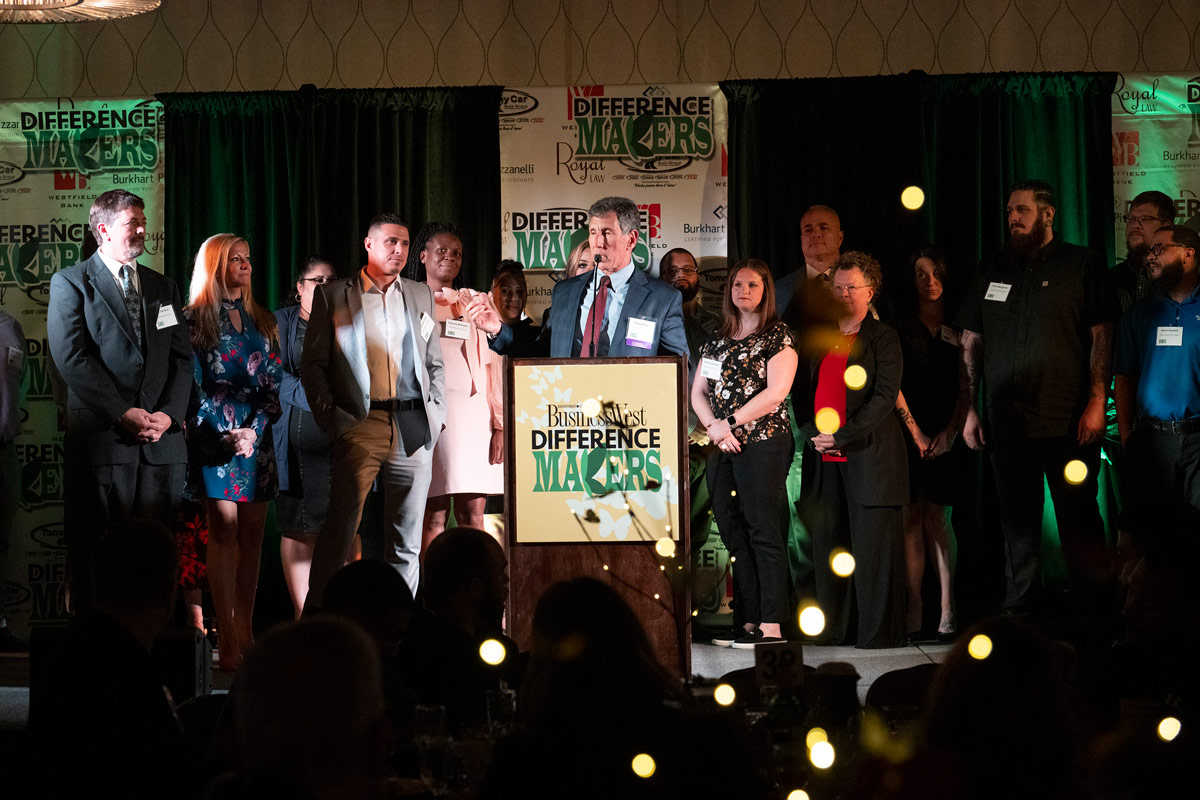
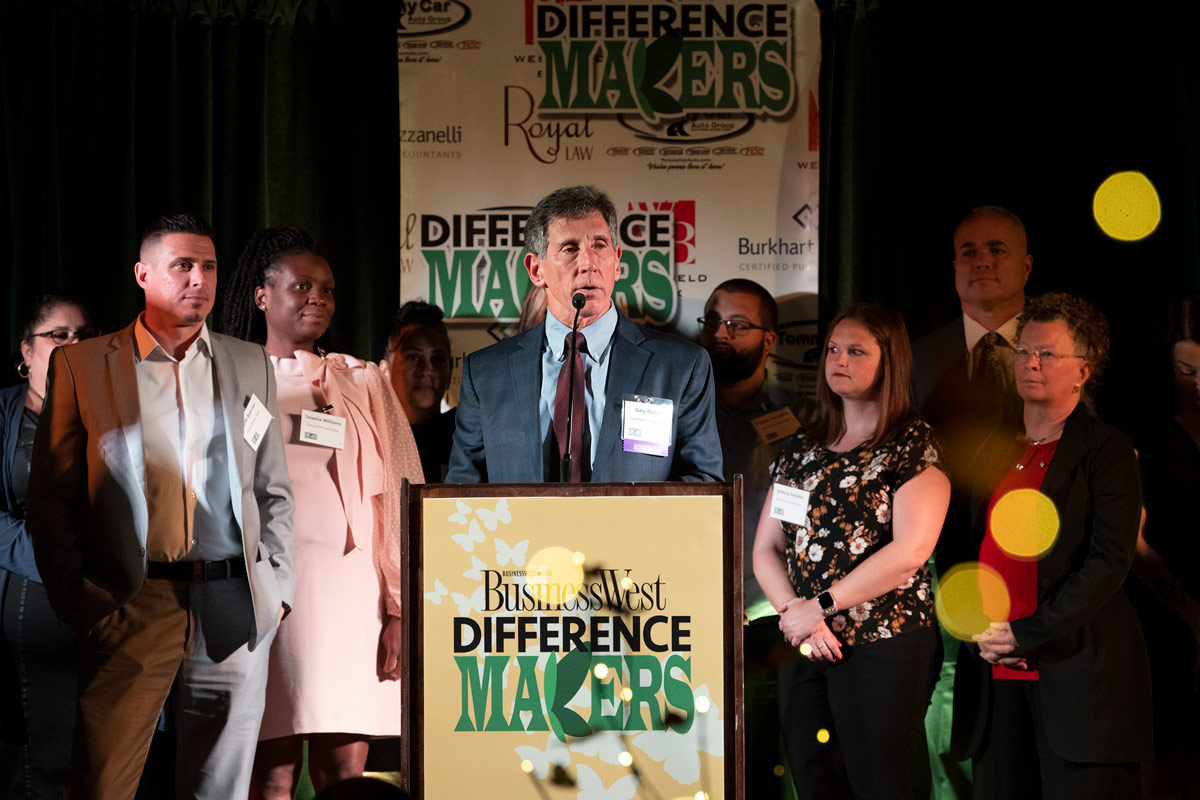
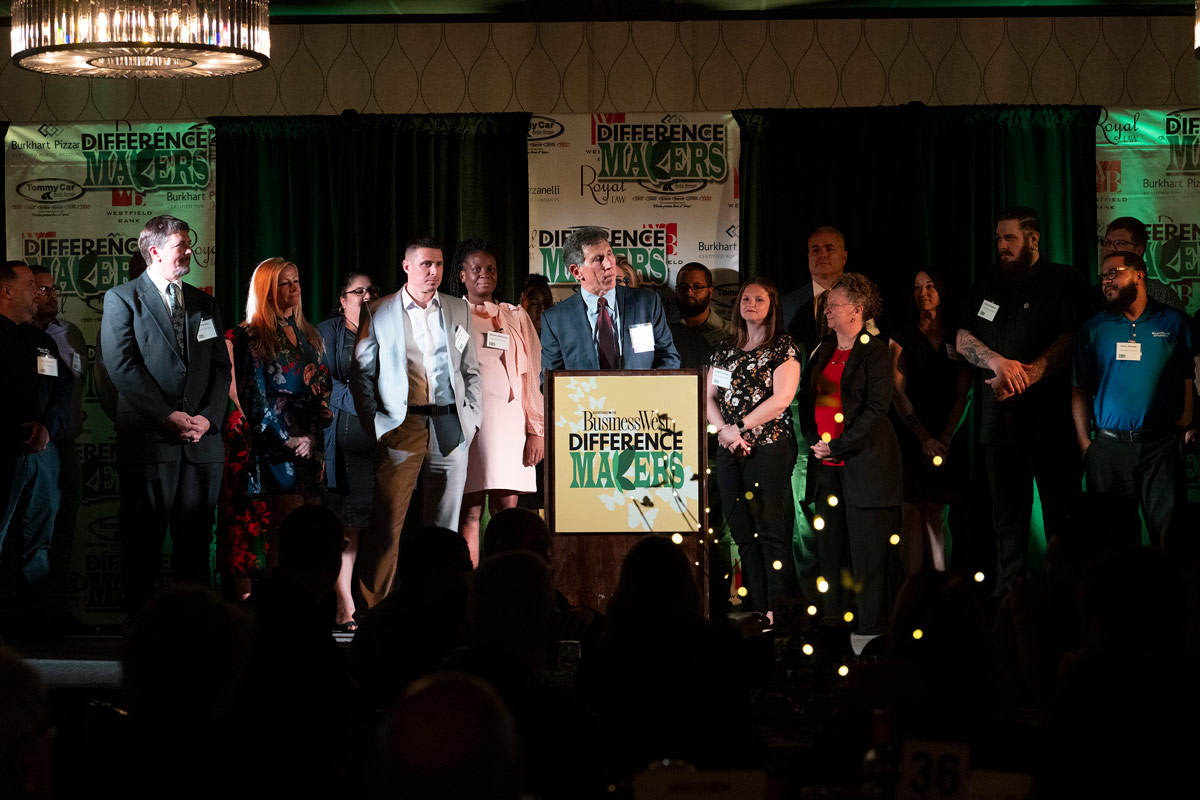

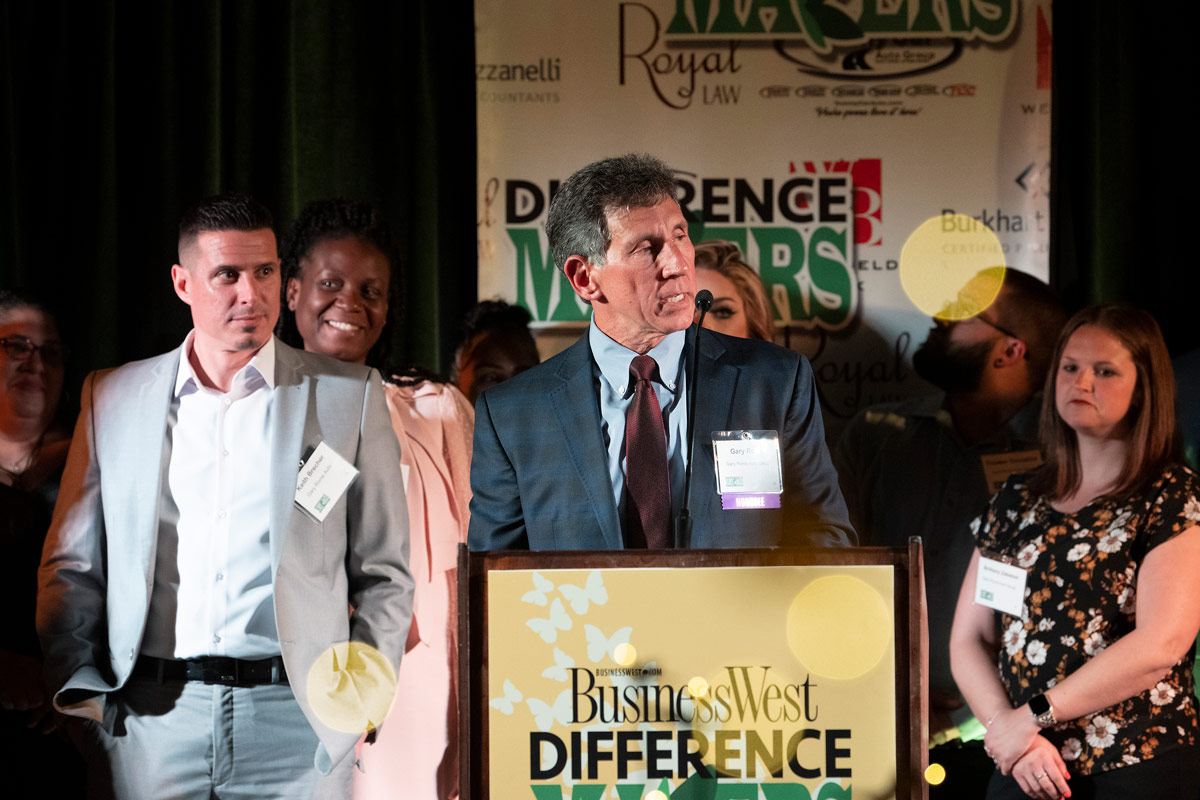

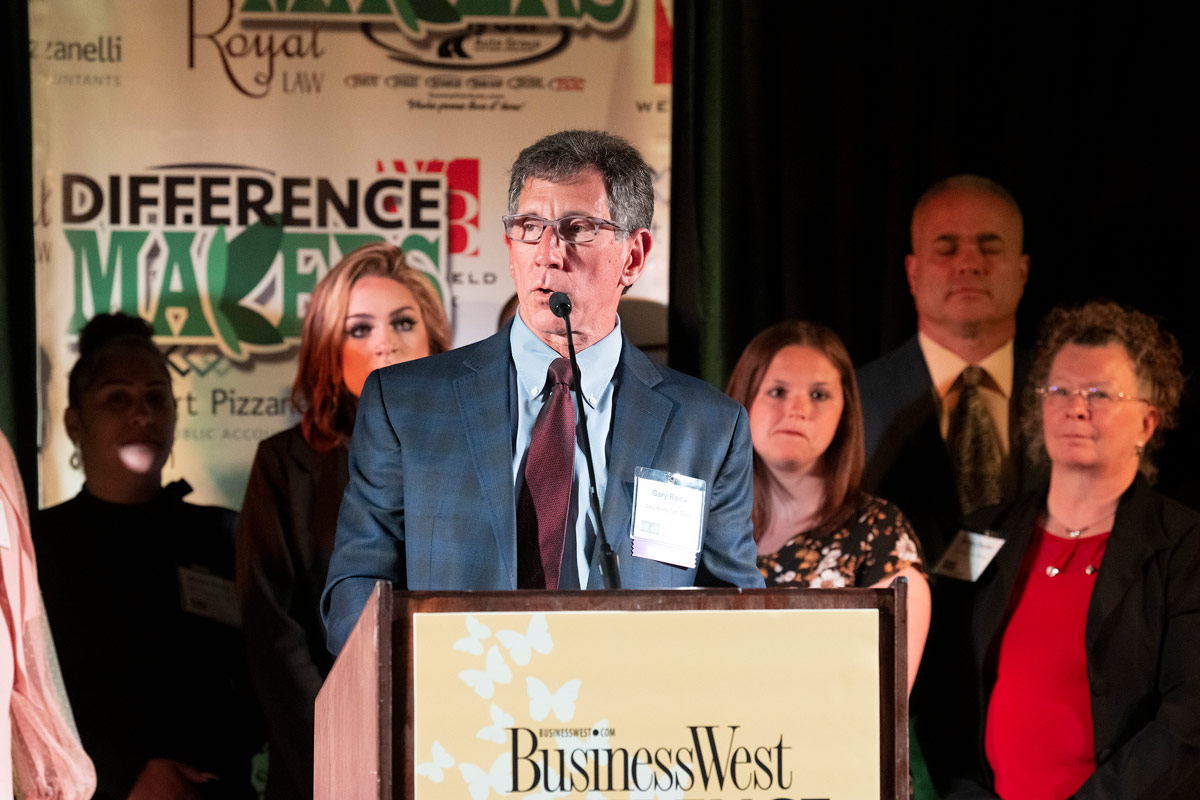
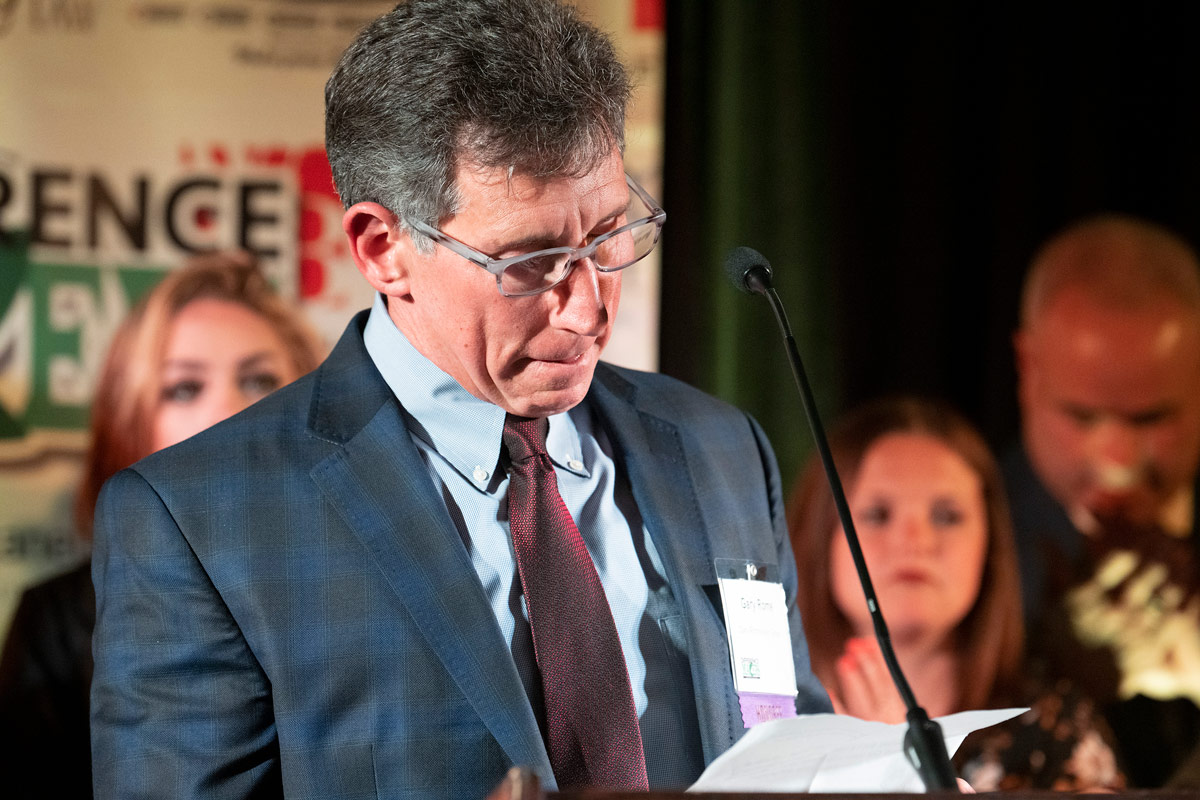
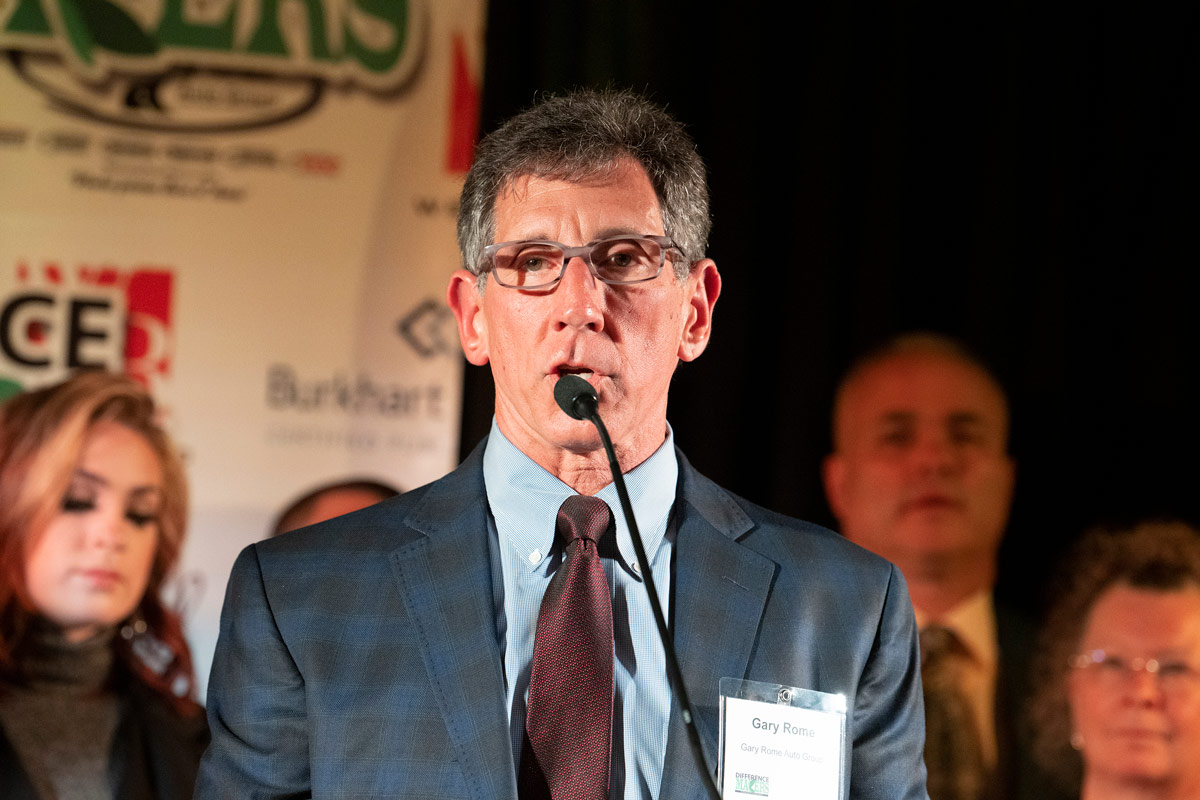
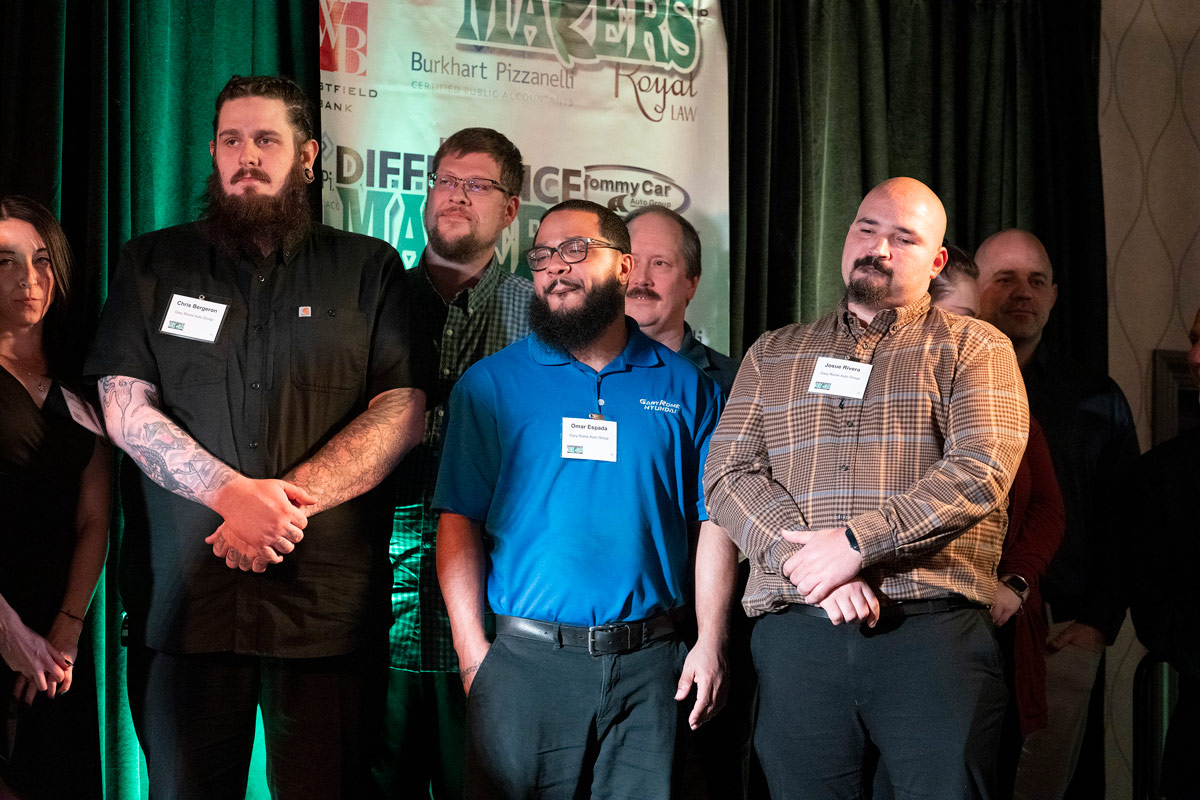
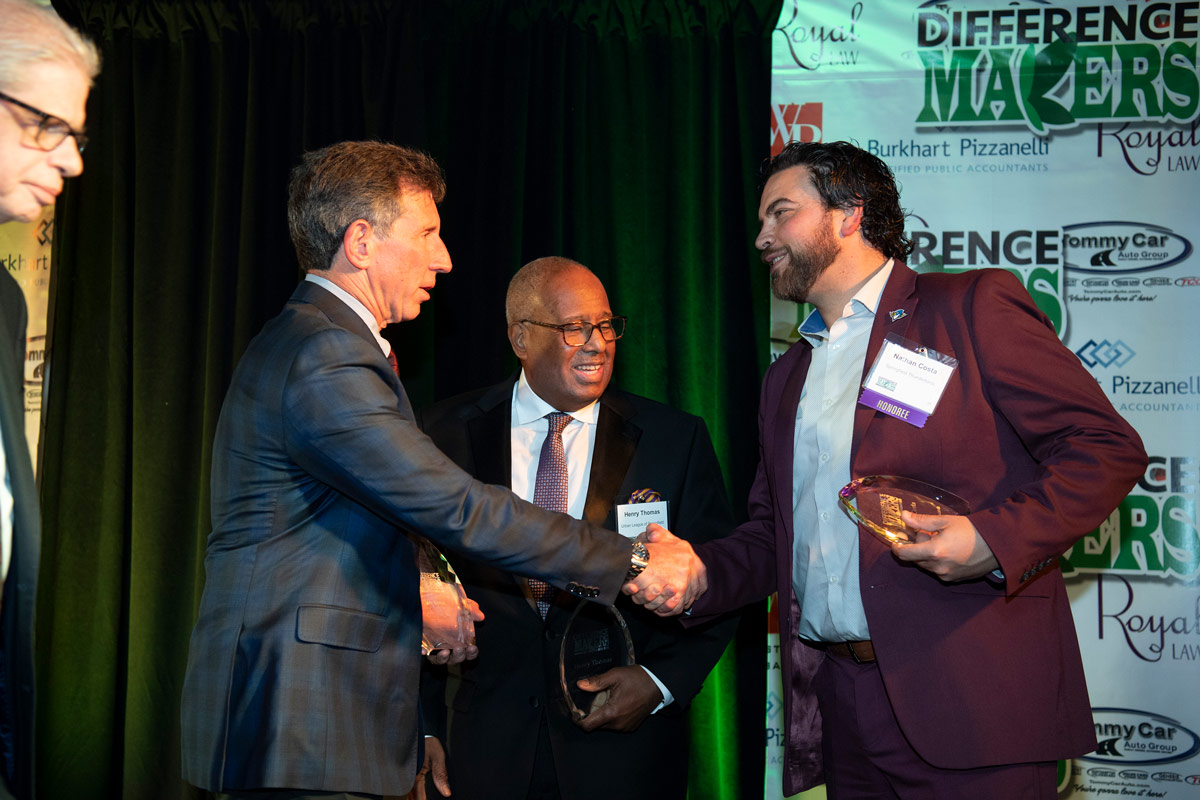
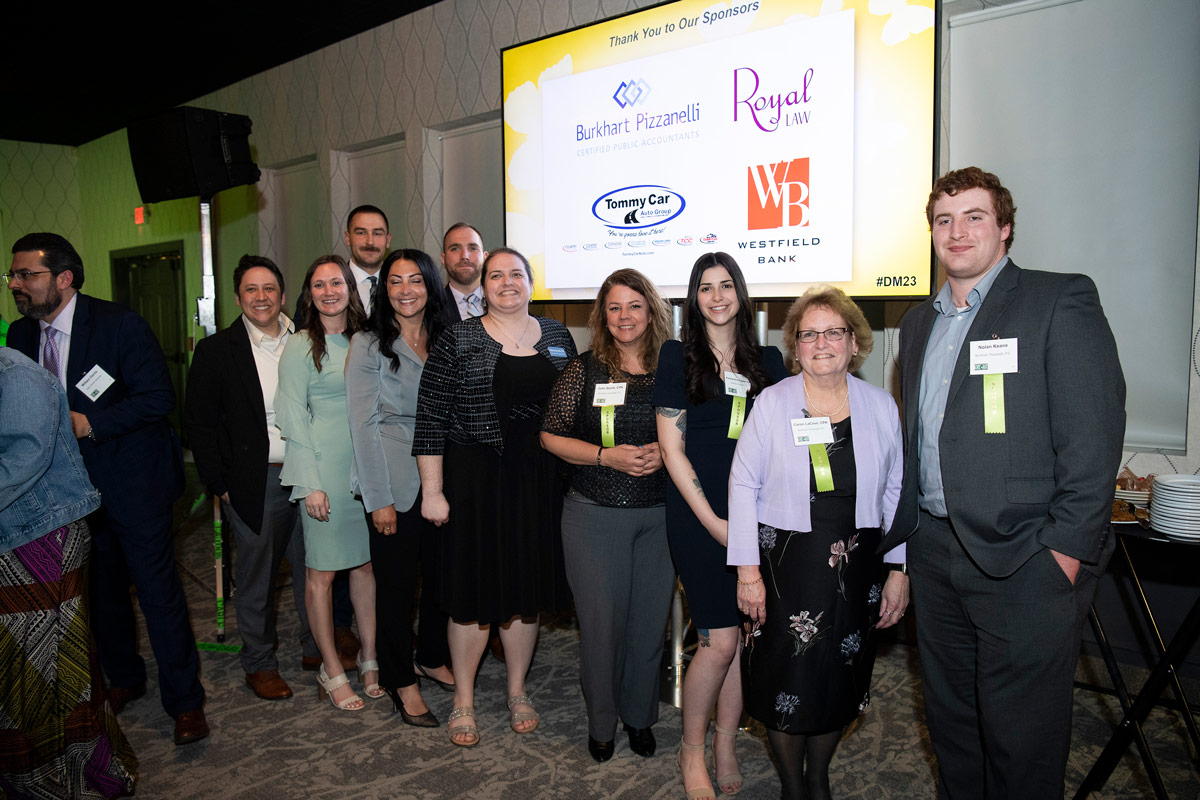
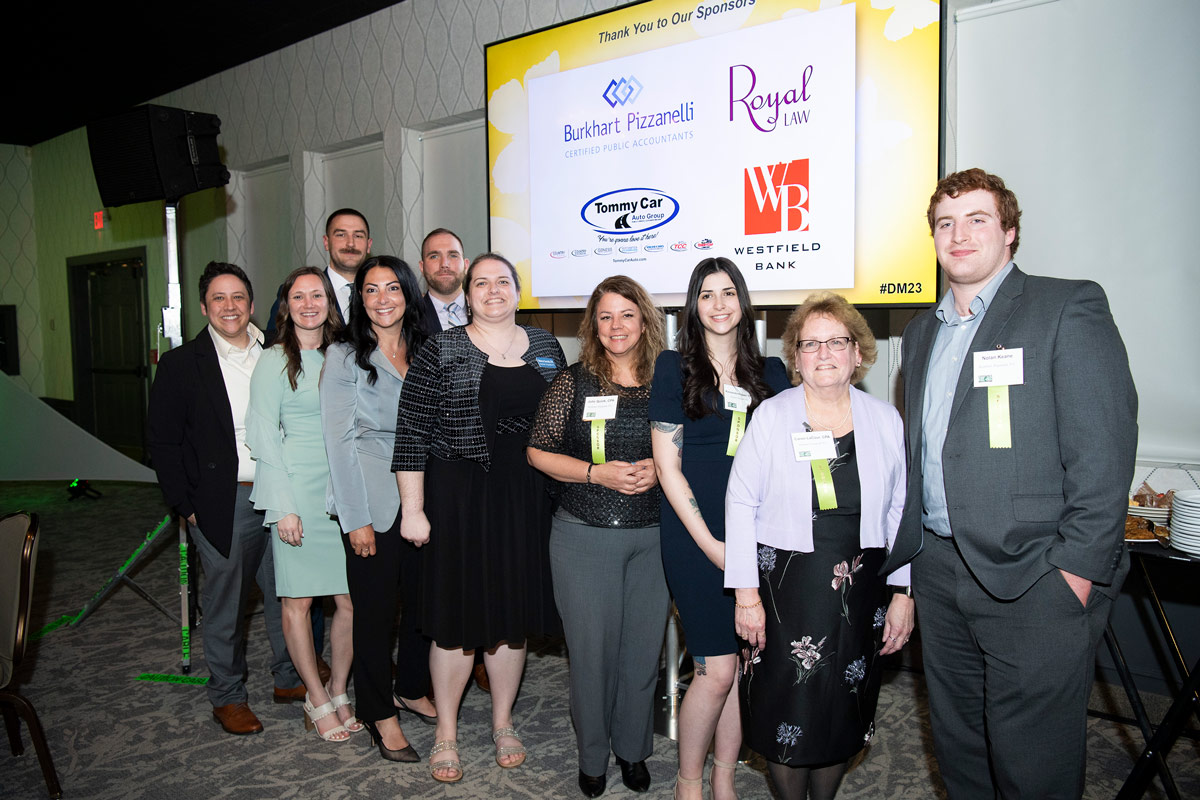

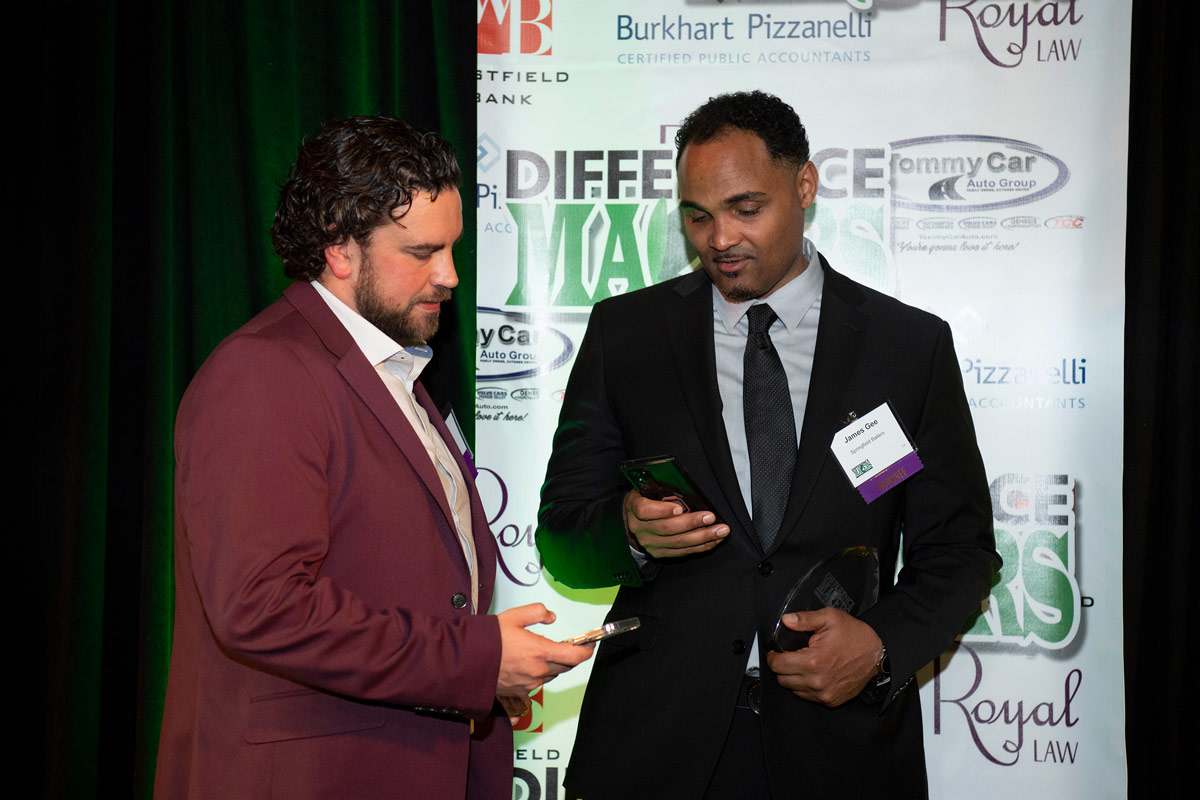
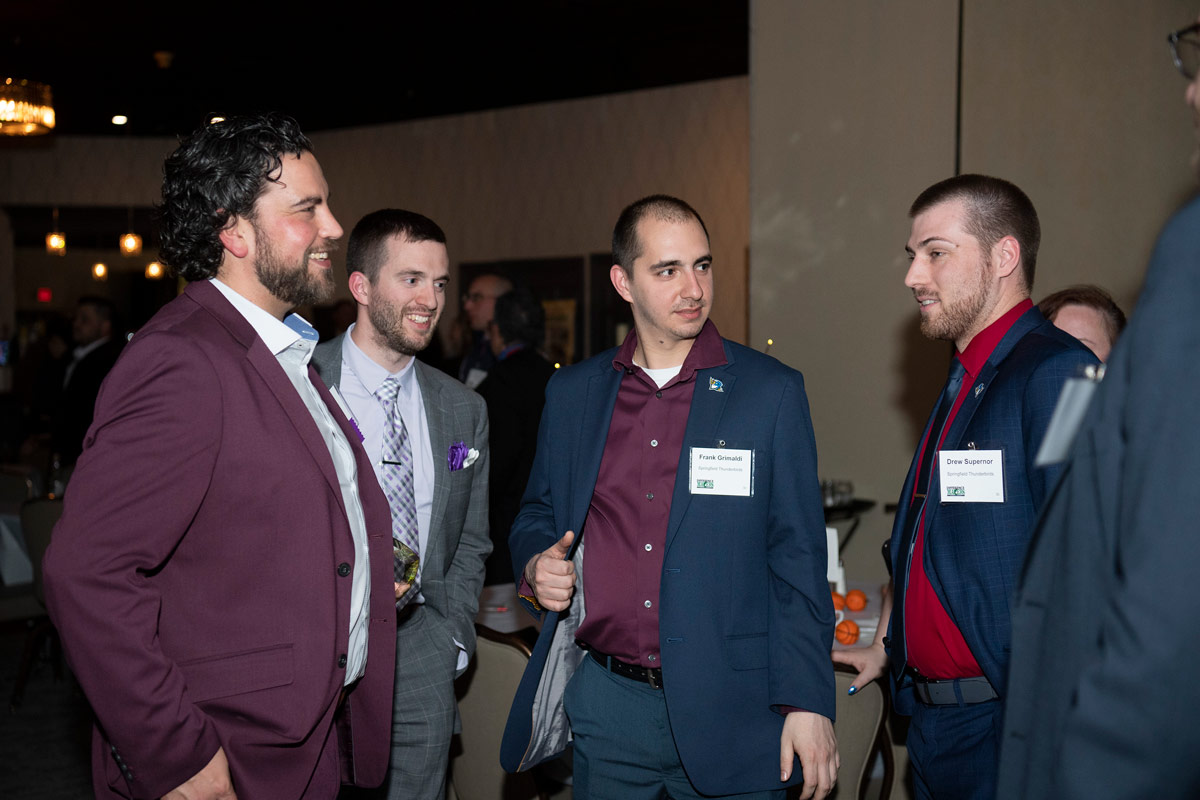
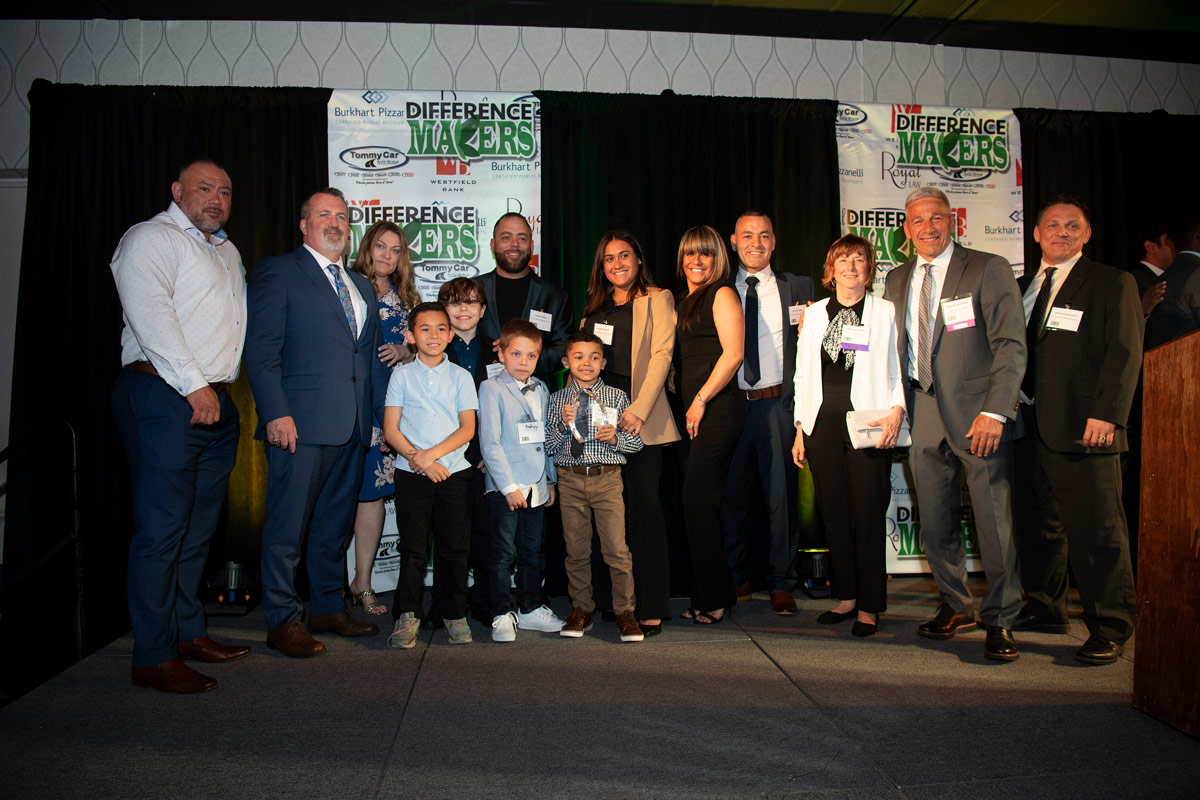
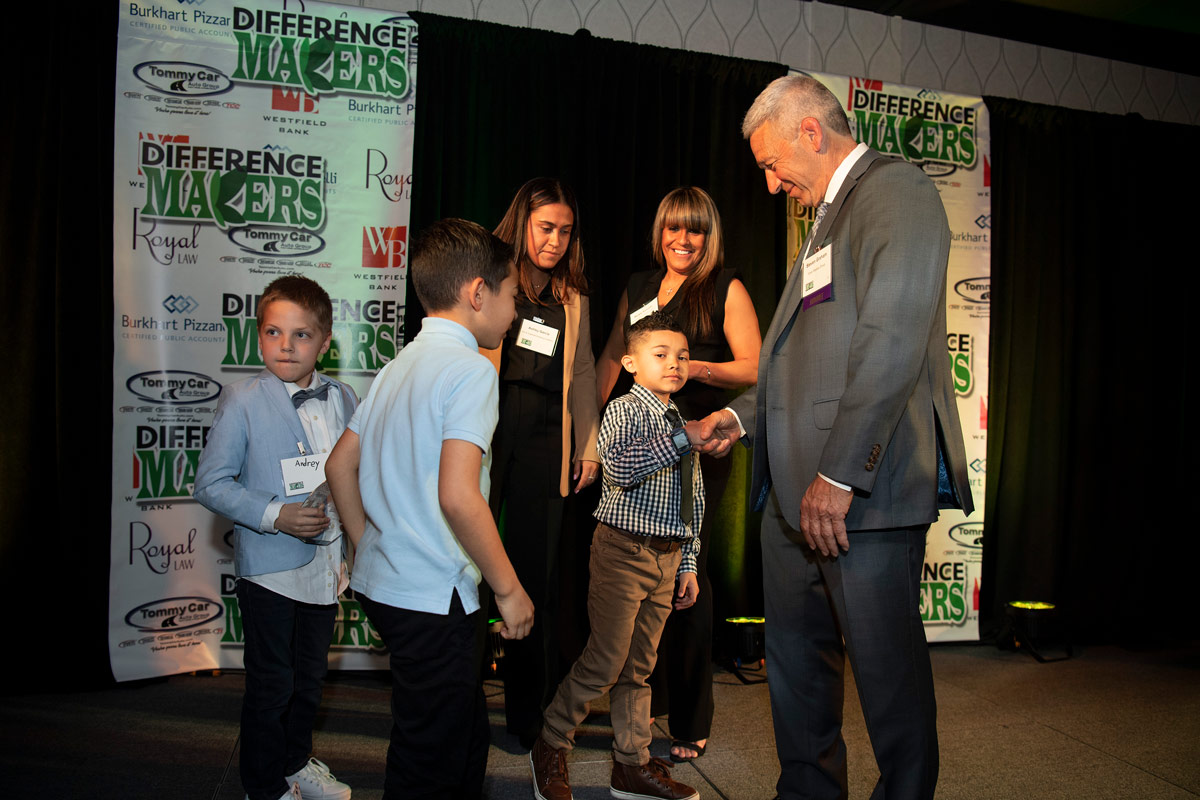
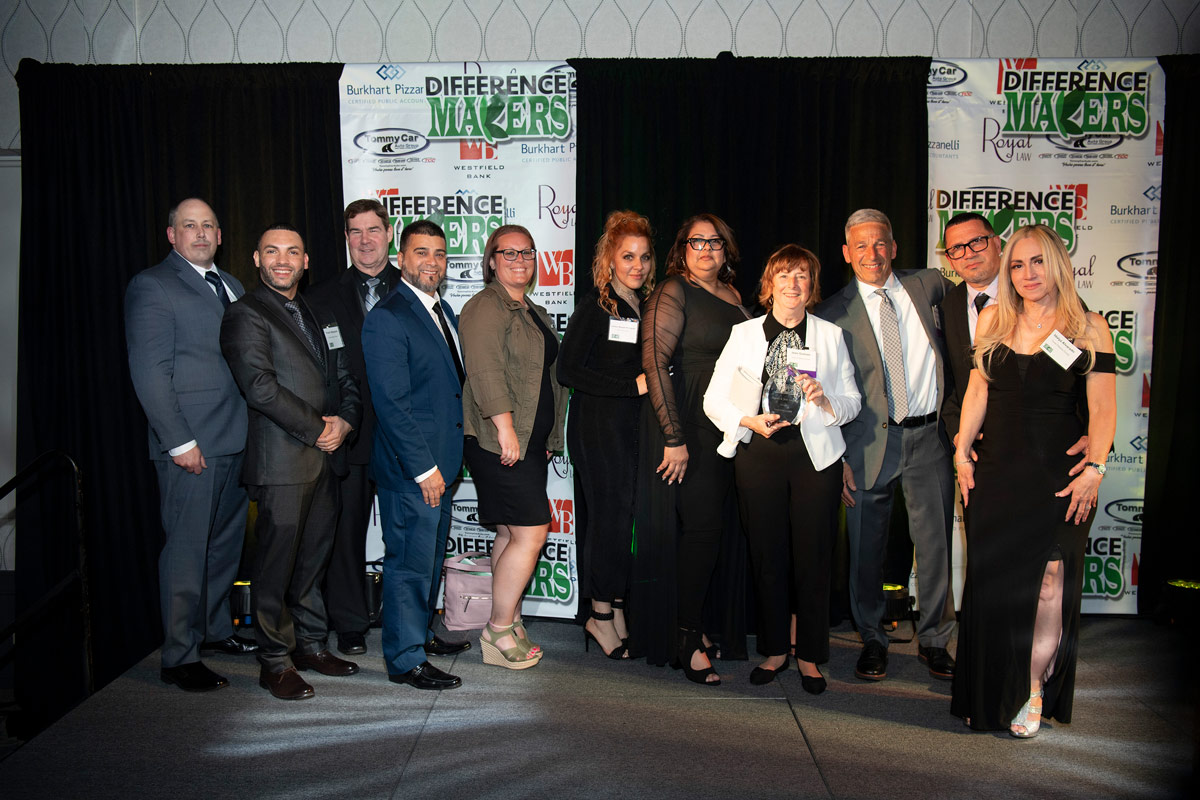
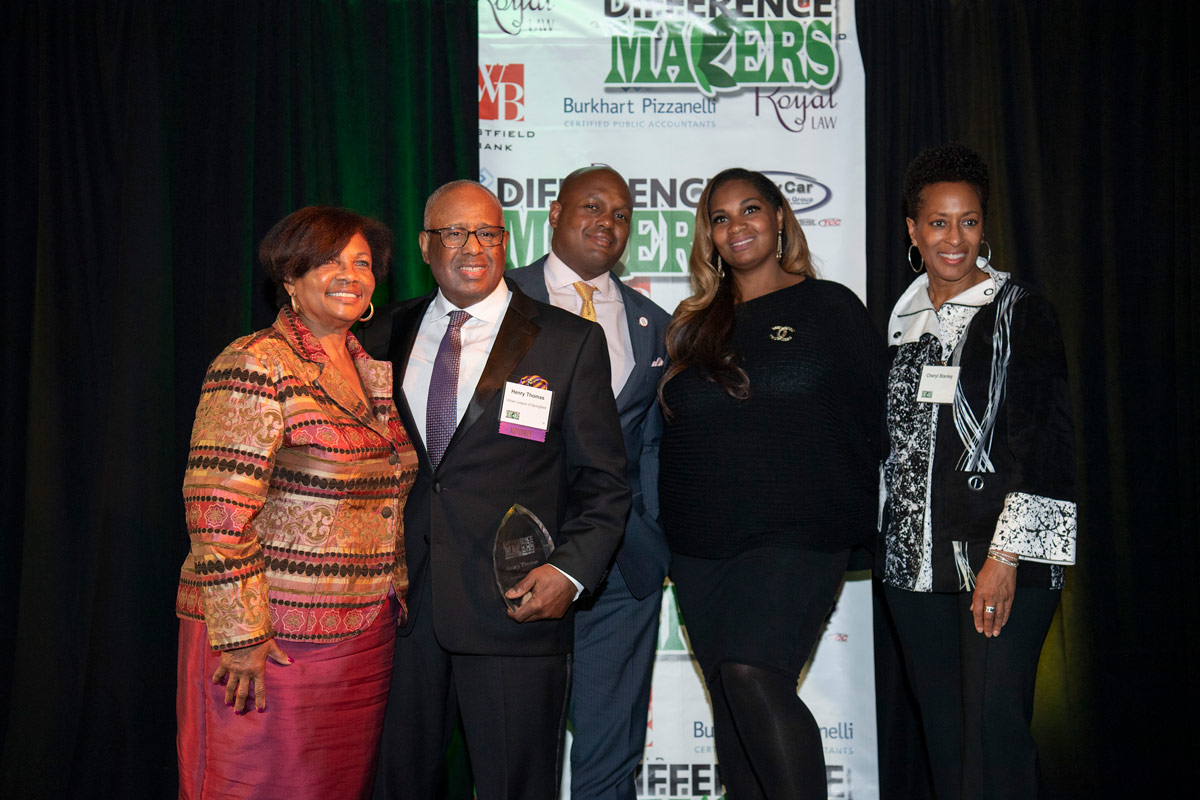

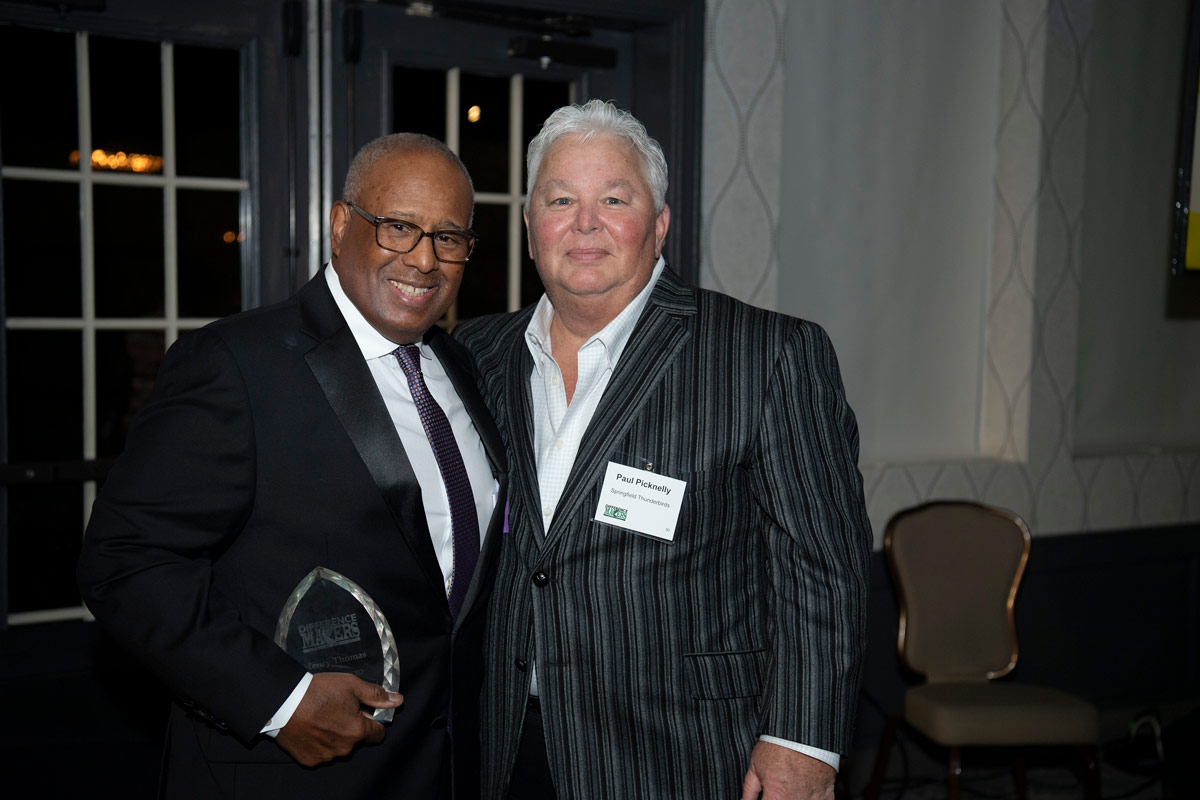
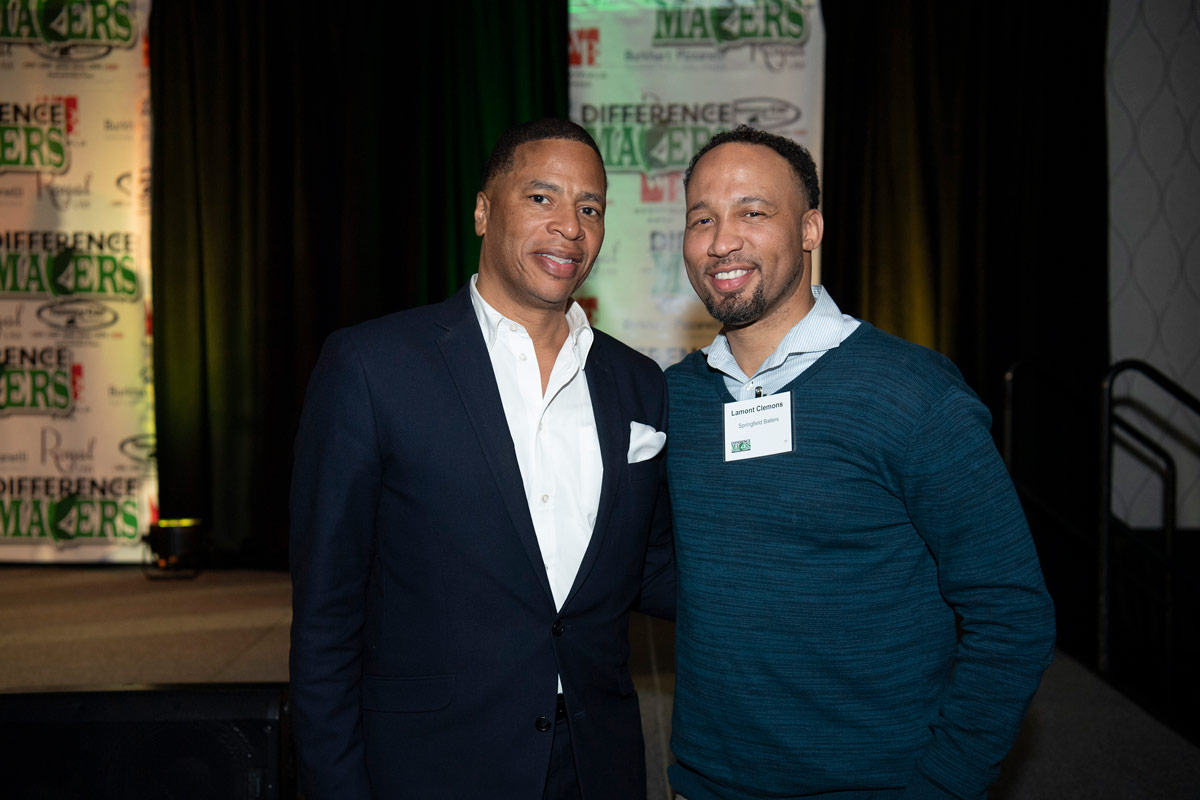
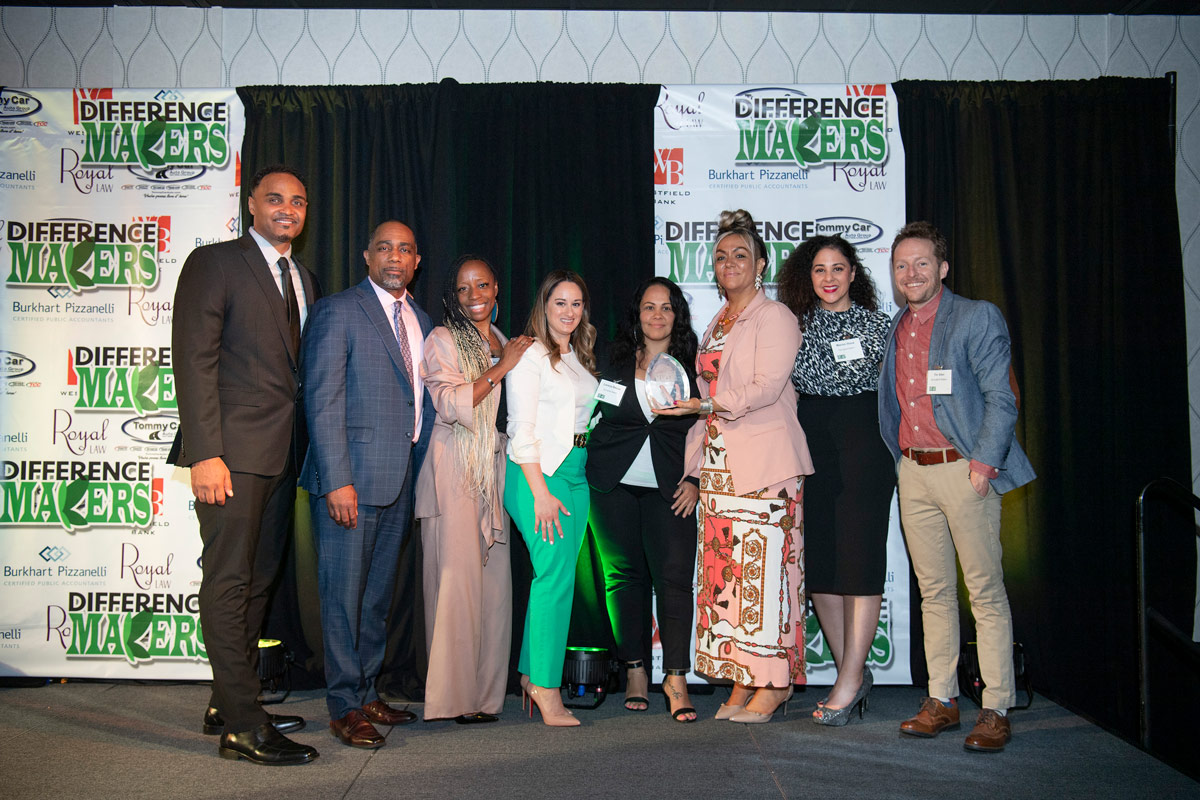
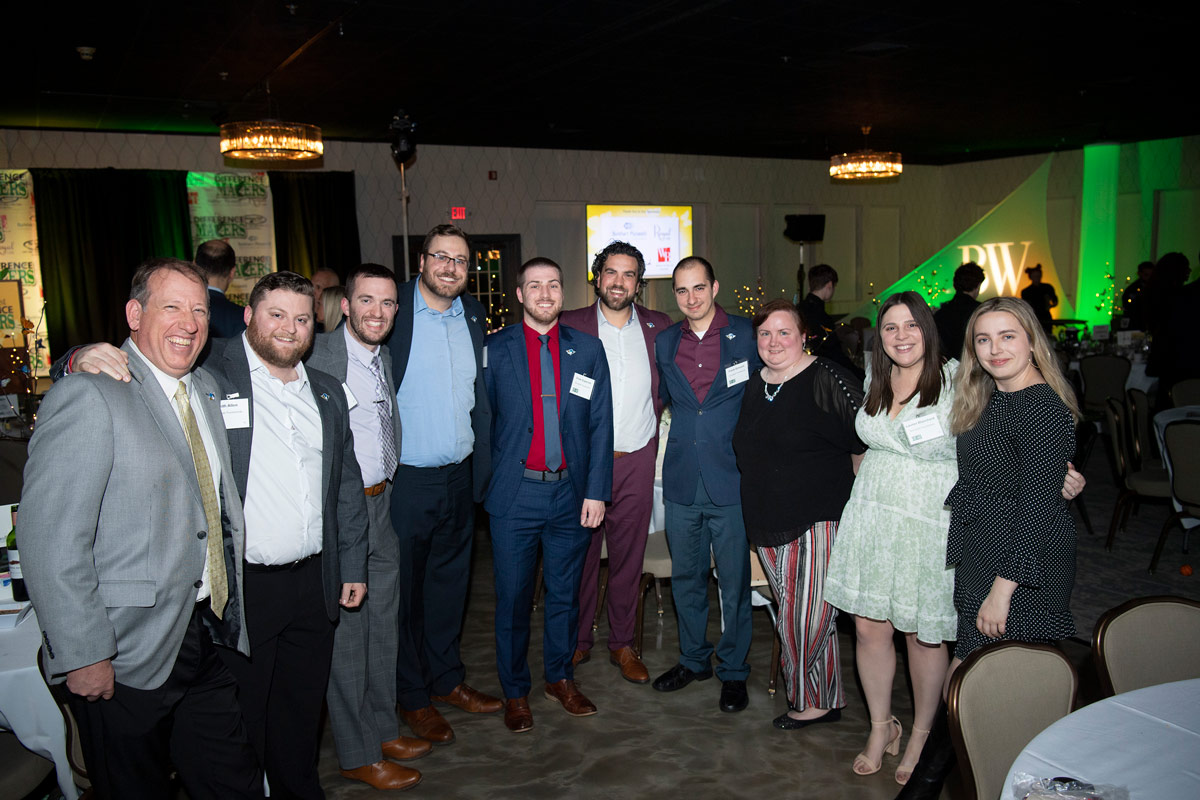
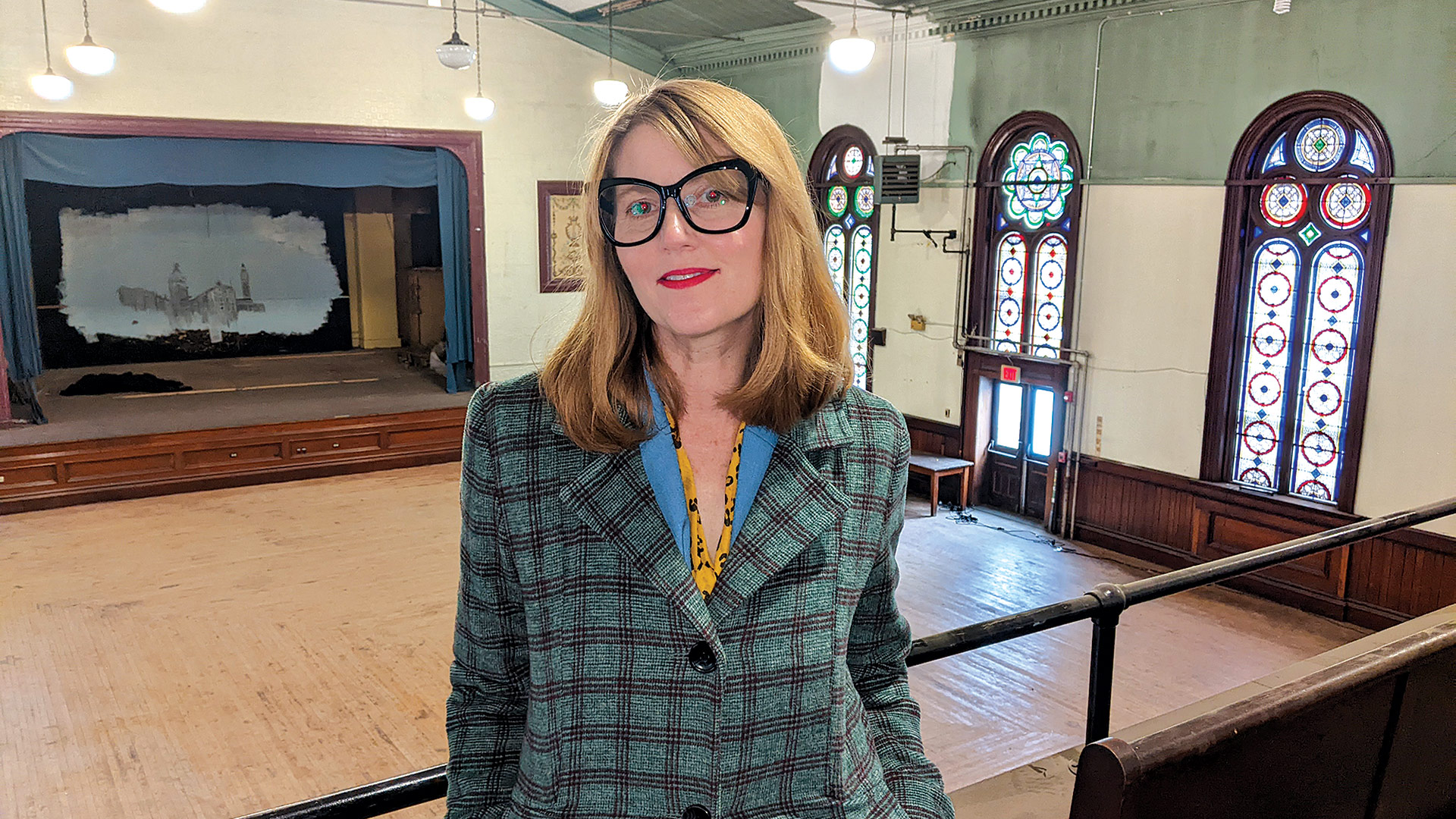
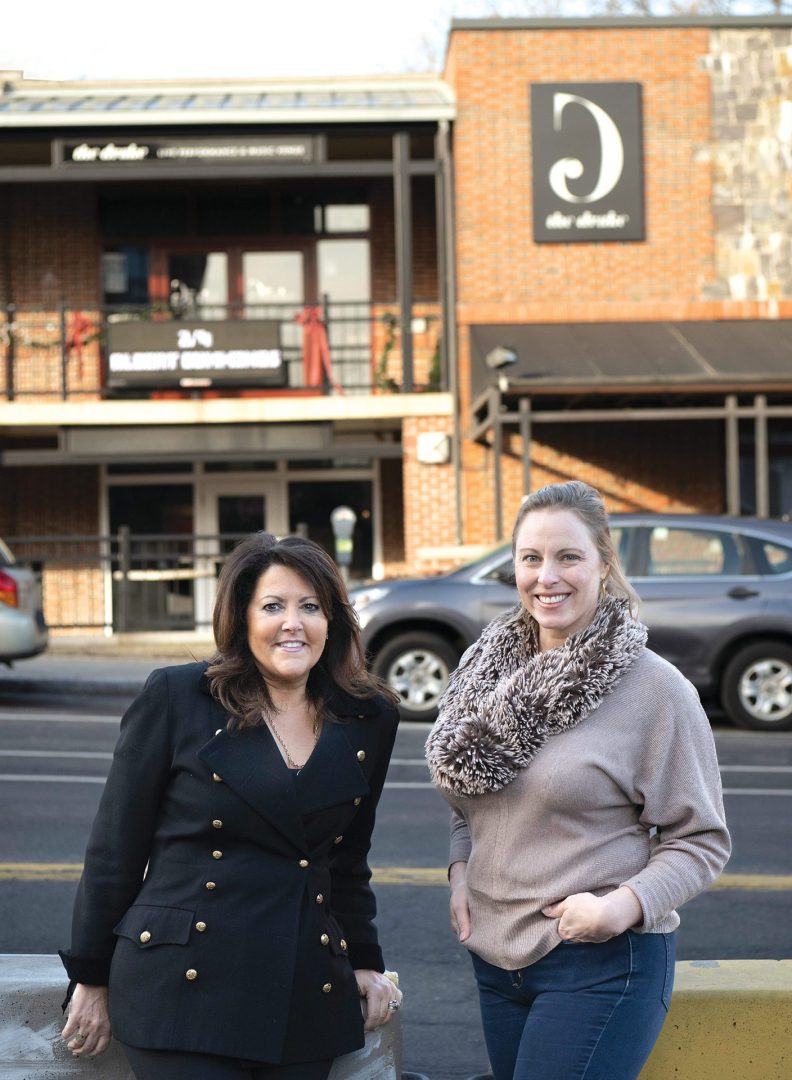
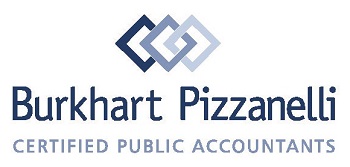






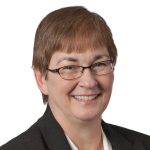



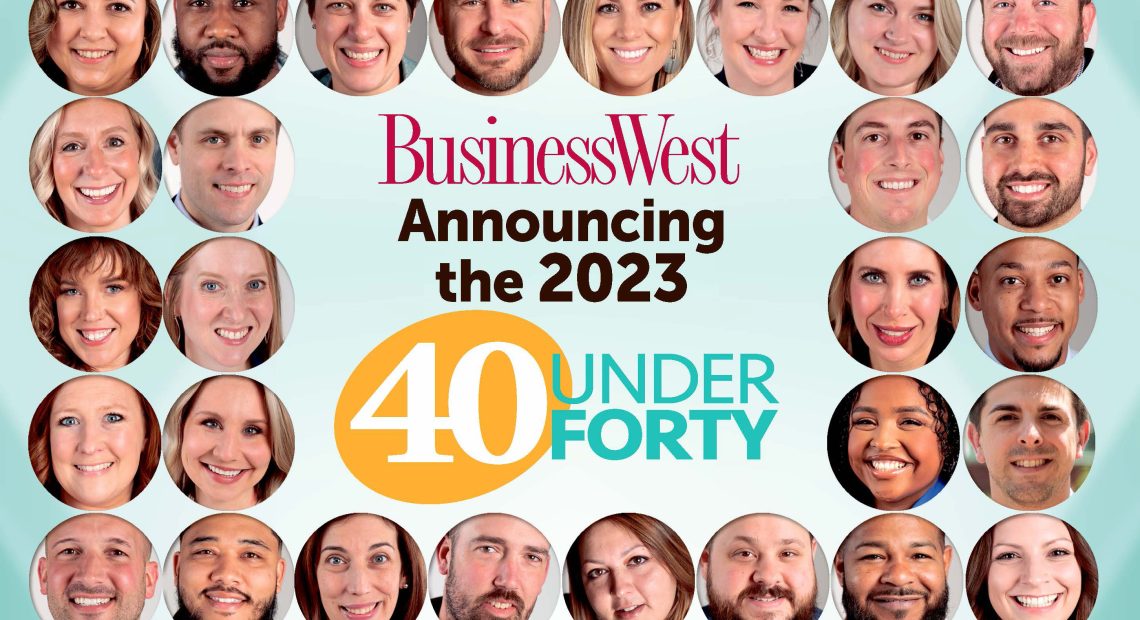

 It is perhaps the best thing about a 40 Under Forty class. And also the most challenging thing for the judges who ultimately decide its makeup.
It is perhaps the best thing about a 40 Under Forty class. And also the most challenging thing for the judges who ultimately decide its makeup.





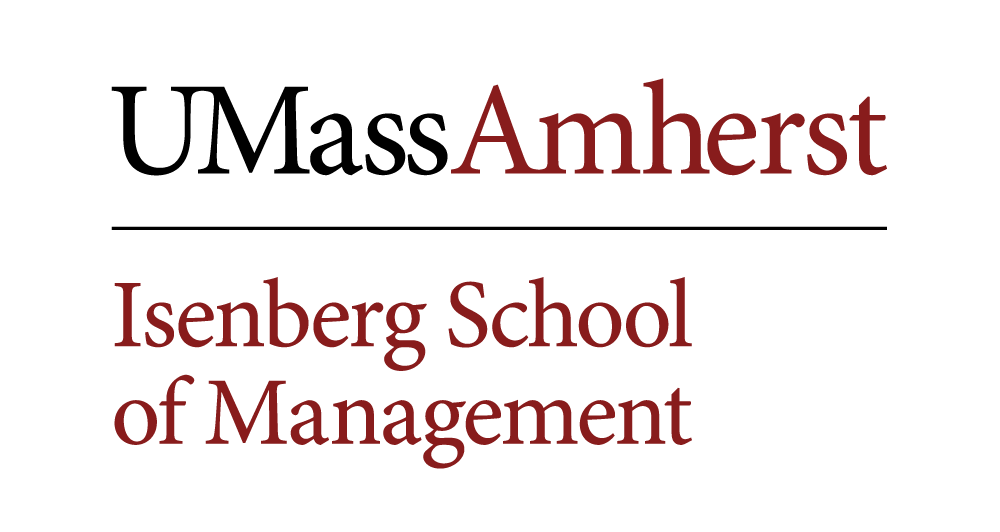


 Raymond Berry is founder and general manager of White Lion Brewing Company, the first craft beer company post-prohibition to recognize the city of Springfield as its home. Berry, a Forty Under 40 member, class of 2010, is currently a board member at Springfield College and Blues to Green, and an attorney general appointee to the Commonwealth’s Cannabis Regulatory Committee. He also sits on the Basketball Hall of Fame Finance Committee, Diversity & Inclusion Committee for the Mass. Brewers Guild, and Philanthropic Committee for the National Brewers Assoc. Berry earned his BS from American International College, MBA from Springfield College, and a graduate certificate from Tufts University. He was a graduate in the region’s inaugural Leadership Pioneer Valley LEAP class. He has received the Spirit Award from the local housing authority, the Affiliated Chamber of Commerce’s Community Leadership Award, the Assoc. of Black Business & Professionals’ Business of the Year Award, and a Martin Luther King Social Justice Award. He has also been recognized as one of the region’s Top 100 Men of Color.
Raymond Berry is founder and general manager of White Lion Brewing Company, the first craft beer company post-prohibition to recognize the city of Springfield as its home. Berry, a Forty Under 40 member, class of 2010, is currently a board member at Springfield College and Blues to Green, and an attorney general appointee to the Commonwealth’s Cannabis Regulatory Committee. He also sits on the Basketball Hall of Fame Finance Committee, Diversity & Inclusion Committee for the Mass. Brewers Guild, and Philanthropic Committee for the National Brewers Assoc. Berry earned his BS from American International College, MBA from Springfield College, and a graduate certificate from Tufts University. He was a graduate in the region’s inaugural Leadership Pioneer Valley LEAP class. He has received the Spirit Award from the local housing authority, the Affiliated Chamber of Commerce’s Community Leadership Award, the Assoc. of Black Business & Professionals’ Business of the Year Award, and a Martin Luther King Social Justice Award. He has also been recognized as one of the region’s Top 100 Men of Color. Latoya Bosworth is a life coach, author, and program officer for Massachusetts Foundation for the Humanities. She worked in Springfield Public Schools for 18 years, first as a special educator and then as a behavior specialist. When she is not facilitating workshops for nonprofit and corporate clients or inspiring others with her speeches and self-published books, she is giving back to her community with through mentoring and collaboration. She was a member of the 40 Under Forty class of 2016, and one of BusinessWest’s Women of Impact for 2022.
Latoya Bosworth is a life coach, author, and program officer for Massachusetts Foundation for the Humanities. She worked in Springfield Public Schools for 18 years, first as a special educator and then as a behavior specialist. When she is not facilitating workshops for nonprofit and corporate clients or inspiring others with her speeches and self-published books, she is giving back to her community with through mentoring and collaboration. She was a member of the 40 Under Forty class of 2016, and one of BusinessWest’s Women of Impact for 2022. Brian Canina is executive vice president, chief financial officer, and chief operating officer at Holyoke-based PeoplesBank. He has more than 20 years of experience in the finance industry. He is a graduate of Bryant College and is a certified public accountant. He is also a graduate of the ABA Stonier Graduate School of Banking and is a recipient of the Wharton Leadership Certificate. He is president of the Finance and Accounting Society of New England. He serves on the board of directors for Helix Human Services.
Brian Canina is executive vice president, chief financial officer, and chief operating officer at Holyoke-based PeoplesBank. He has more than 20 years of experience in the finance industry. He is a graduate of Bryant College and is a certified public accountant. He is also a graduate of the ABA Stonier Graduate School of Banking and is a recipient of the Wharton Leadership Certificate. He is president of the Finance and Accounting Society of New England. He serves on the board of directors for Helix Human Services. Jessye Deane is the executive director of the Franklin County Chamber of Commerce and Regional Tourism Council, and is the owner of two award-winning fitness studios, F45 Training Hampshire Meadows in Hadley and F45 Training Riverdale in West Springfield. She was a member of the 40 Under Forty class of 2021, Franklin County Young Professional of the Year in 2020, and the 2019 Amherst Chamber MVP. She has serves on more than a dozen community-based committees, and is this year’s campaign co-chair for the United Way of Franklin & Hampshire Region.
Jessye Deane is the executive director of the Franklin County Chamber of Commerce and Regional Tourism Council, and is the owner of two award-winning fitness studios, F45 Training Hampshire Meadows in Hadley and F45 Training Riverdale in West Springfield. She was a member of the 40 Under Forty class of 2021, Franklin County Young Professional of the Year in 2020, and the 2019 Amherst Chamber MVP. She has serves on more than a dozen community-based committees, and is this year’s campaign co-chair for the United Way of Franklin & Hampshire Region.  Aundrea Paulk is the Marketing and Communications director at Caring Health Center. She is also the founder and creative force behind Soiree Mi, LLC, an event-planning and design business. Soiree Mi offers creative and personalized services for private and corporate clients. She is a member of the 40 Under Forty class of 2022. A graduate of Bay Path University, her areas of expertise include marketing, branding, communications, event planning, social media, and website content management.
Aundrea Paulk is the Marketing and Communications director at Caring Health Center. She is also the founder and creative force behind Soiree Mi, LLC, an event-planning and design business. Soiree Mi offers creative and personalized services for private and corporate clients. She is a member of the 40 Under Forty class of 2022. A graduate of Bay Path University, her areas of expertise include marketing, branding, communications, event planning, social media, and website content management.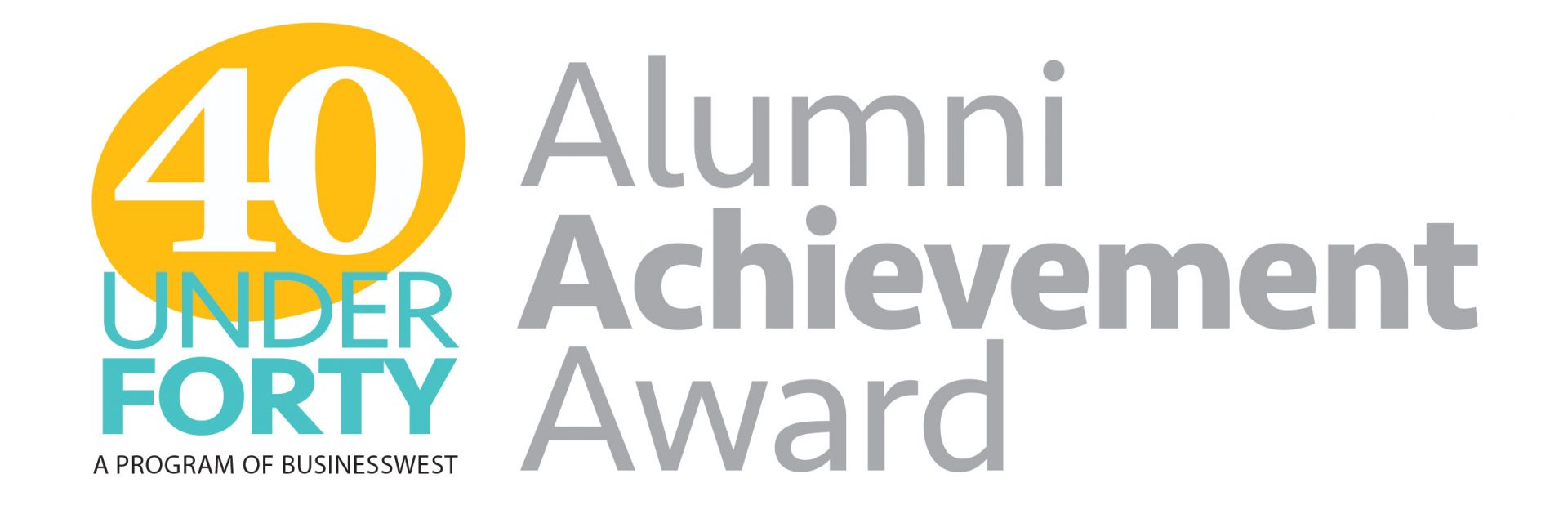
 Anthony Gleason II is the president and co-founder of the Gleason Johndrow Companies, which provides commercial landscape and snow-removal services, property management, real-estate development, and leasing, as well as self-storage. Under Gleason’s leadership, the company has grown into one of the largest snow-removal contractors in the country. It now boasts a number of large contracts, including the city of Springfield (250 locations), UMass Amherst and its 157 parking lots, Western New England University, and many others. Gleason was part of the 40 under Forty class of 2010, and the 2022 recipient of the Alumni Achievement Award. Gleason and his company are strong supporters of Spirit of Springfield and many other local community organizations.
Anthony Gleason II is the president and co-founder of the Gleason Johndrow Companies, which provides commercial landscape and snow-removal services, property management, real-estate development, and leasing, as well as self-storage. Under Gleason’s leadership, the company has grown into one of the largest snow-removal contractors in the country. It now boasts a number of large contracts, including the city of Springfield (250 locations), UMass Amherst and its 157 parking lots, Western New England University, and many others. Gleason was part of the 40 under Forty class of 2010, and the 2022 recipient of the Alumni Achievement Award. Gleason and his company are strong supporters of Spirit of Springfield and many other local community organizations.  Ashley Bogle is assistant general counsel and director of Legal Services for Health New England. In these roles, she manages the day-to-day operations of HNE’s Legal Department which includes a wide range of duties, from reviewing contracts to providing regulatory guidance and maintaining licenses and accreditation. A 40 Under Forty honoree in 2021, she is a founding member of HNE’s Diversity, Inclusion, and Belonging (DEIB) Committee, which guides the organization toward its goals of embedding DEIB and health equity into its strategic plan, mission, operations, community outreach, and member community. She currently serves as president of Art For The Soul Gallery’s board of directors in addition to working on other community projects. A proud UConn Husky, she received both her juris doctor and her bachelor of Arts degrees from the University of Connecticut.
Ashley Bogle is assistant general counsel and director of Legal Services for Health New England. In these roles, she manages the day-to-day operations of HNE’s Legal Department which includes a wide range of duties, from reviewing contracts to providing regulatory guidance and maintaining licenses and accreditation. A 40 Under Forty honoree in 2021, she is a founding member of HNE’s Diversity, Inclusion, and Belonging (DEIB) Committee, which guides the organization toward its goals of embedding DEIB and health equity into its strategic plan, mission, operations, community outreach, and member community. She currently serves as president of Art For The Soul Gallery’s board of directors in addition to working on other community projects. A proud UConn Husky, she received both her juris doctor and her bachelor of Arts degrees from the University of Connecticut. Payton Shubrick is a Springfield native and graduate of Springfield Central High School, College of the Holy Cross, and Bay Path University. A member of the 40 Under 40 Class of 2019, she’s an entrepreneur, and started 6 Brick’s, a cannabis dispensary, with the help of her parents and sister. 6 Brick’s opened in September of 2022, and has already garnered ‘Best Massachusetts Recreational Dispensary’ honors at the New England Cannabis Community Awards. Shubrick she is an adjunct professor at American International College, teaching graduate cannabis courses, a coach in the CT Social Equity Accelerator Program, and was recently named Young Entrepreneur of the Year for her leadership and success in her industry.
Payton Shubrick is a Springfield native and graduate of Springfield Central High School, College of the Holy Cross, and Bay Path University. A member of the 40 Under 40 Class of 2019, she’s an entrepreneur, and started 6 Brick’s, a cannabis dispensary, with the help of her parents and sister. 6 Brick’s opened in September of 2022, and has already garnered ‘Best Massachusetts Recreational Dispensary’ honors at the New England Cannabis Community Awards. Shubrick she is an adjunct professor at American International College, teaching graduate cannabis courses, a coach in the CT Social Equity Accelerator Program, and was recently named Young Entrepreneur of the Year for her leadership and success in her industry. 






 “When an employee requests a reasonable accommodation, the employer has a duty to engage in an interactive dialogue with the employee and attempt to come up with a reasonable accommodation that does not impose an undue hardship on the employer.”
“When an employee requests a reasonable accommodation, the employer has a duty to engage in an interactive dialogue with the employee and attempt to come up with a reasonable accommodation that does not impose an undue hardship on the employer.”


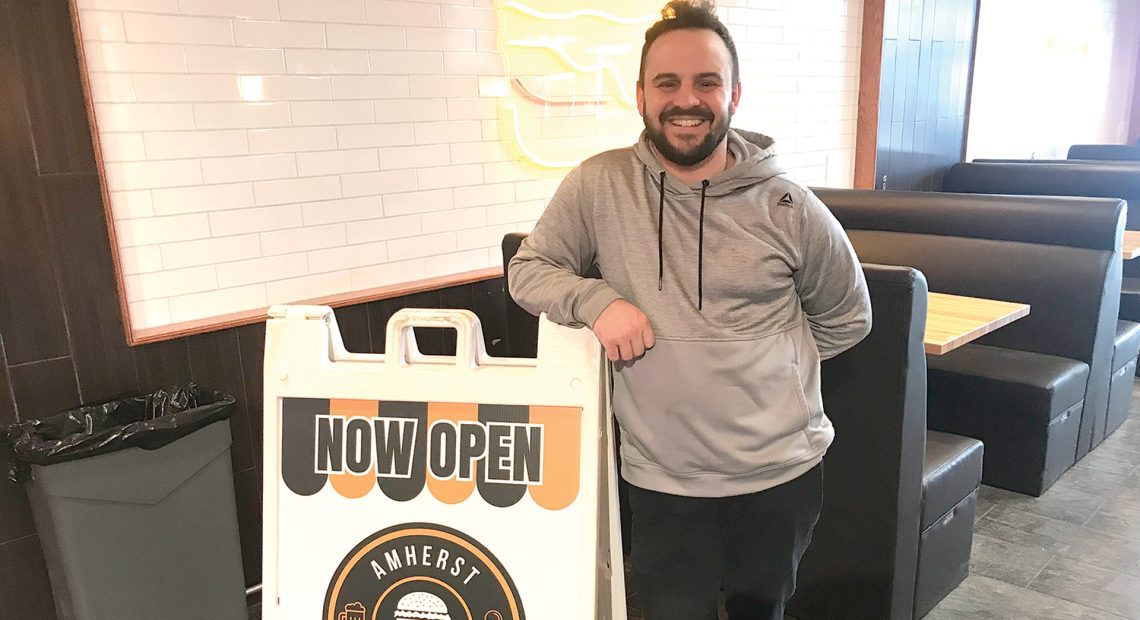
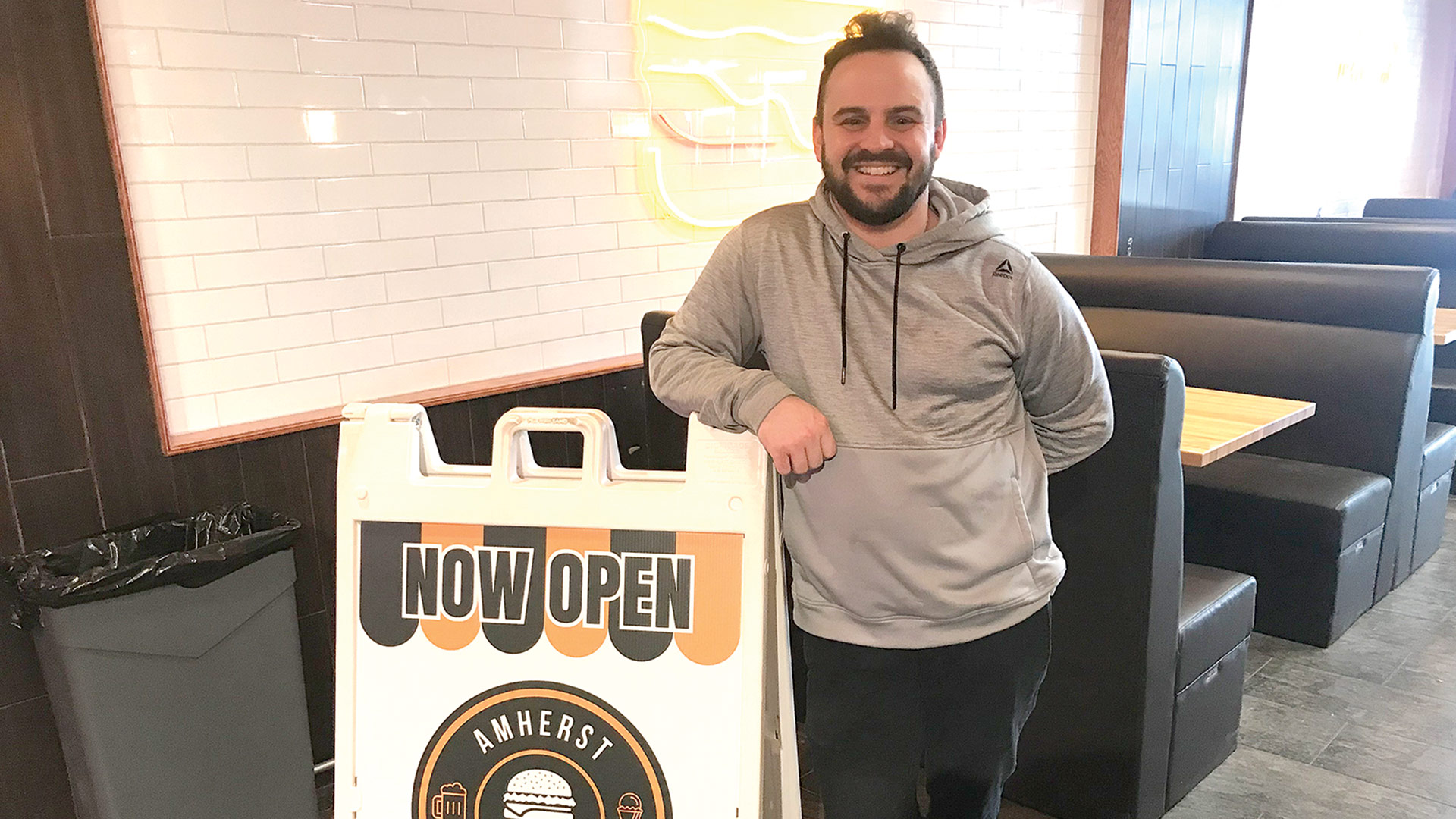
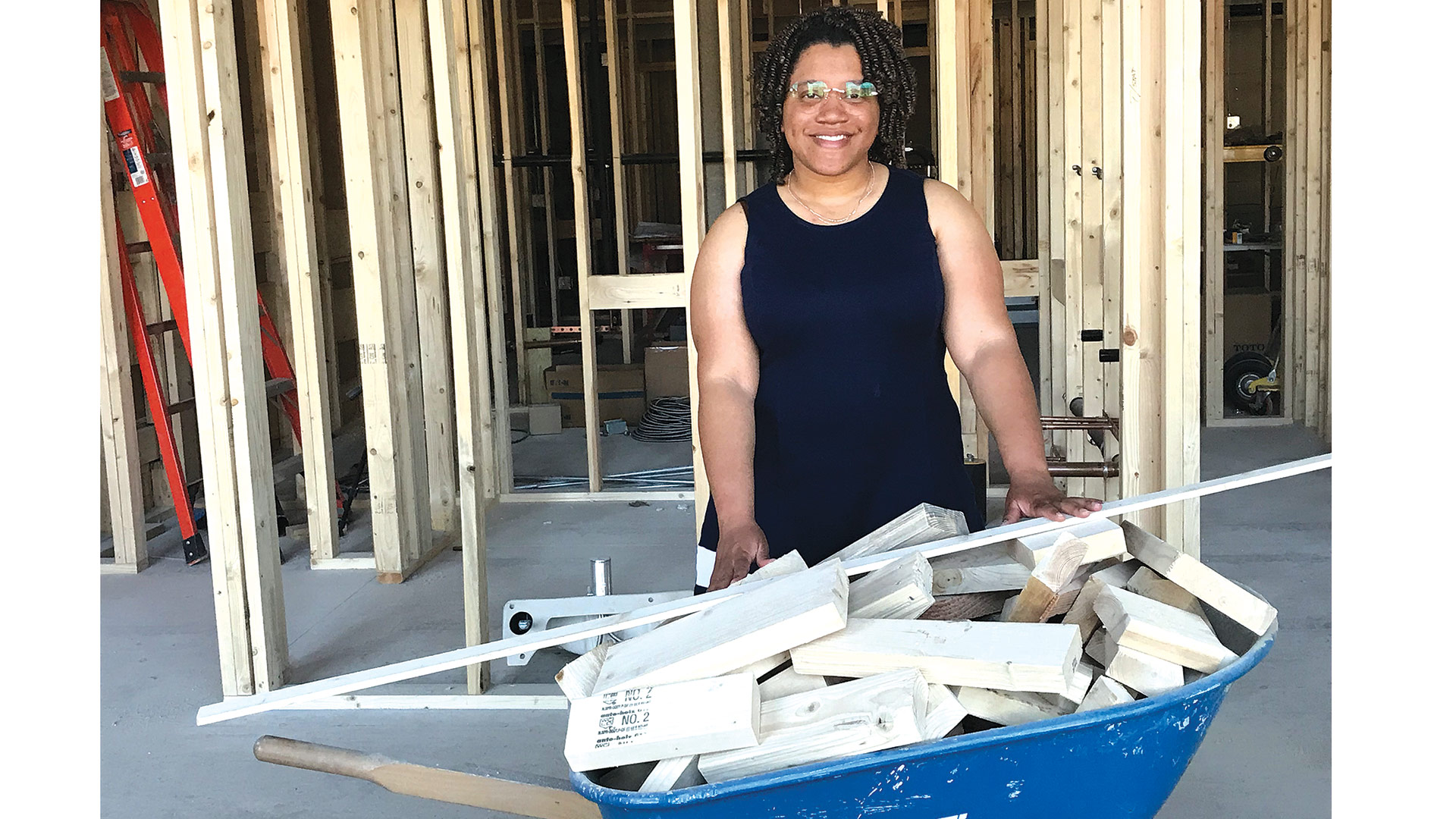


 “When preparedness meets opportunity, amazing things can happen.”
“When preparedness meets opportunity, amazing things can happen.”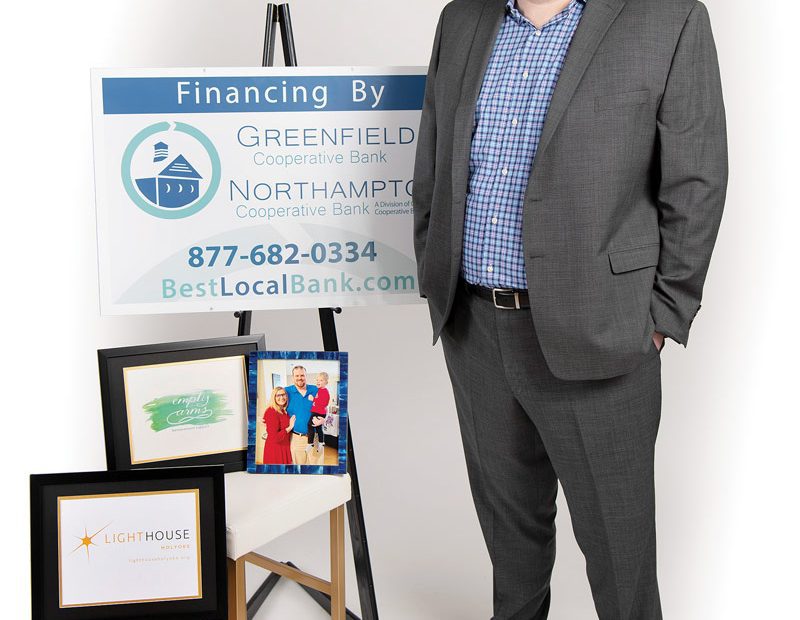
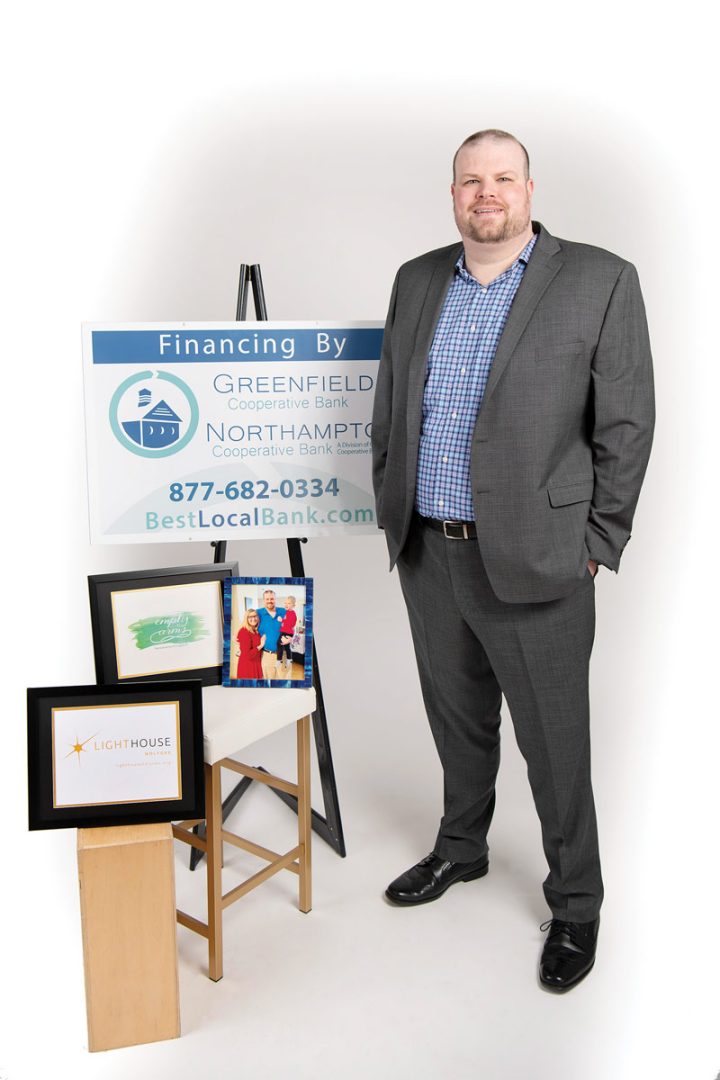 As a commercial lender at Greenfield Northampton Cooperative Bank, Adam Baker led all team members in both number of loans originated and dollar amount closed. Not just one year, but in seven consecutive years, from 2016 to 2022.
As a commercial lender at Greenfield Northampton Cooperative Bank, Adam Baker led all team members in both number of loans originated and dollar amount closed. Not just one year, but in seven consecutive years, from 2016 to 2022.

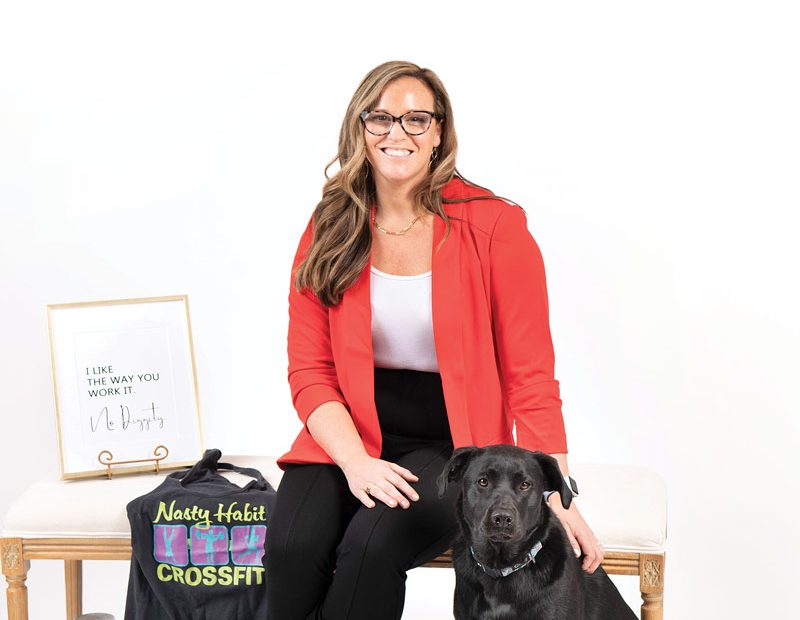
 By her own admission, Jennifer Bell was born to be a helper.
By her own admission, Jennifer Bell was born to be a helper.
 When asked what he likes about the restaurant business, Andrew Brow gave a quick, resounding answer: ‘everything.’
When asked what he likes about the restaurant business, Andrew Brow gave a quick, resounding answer: ‘everything.’
 Madison Bull, as one of her several 40 Under Forty nominators noted, wears a number of hats.
Madison Bull, as one of her several 40 Under Forty nominators noted, wears a number of hats.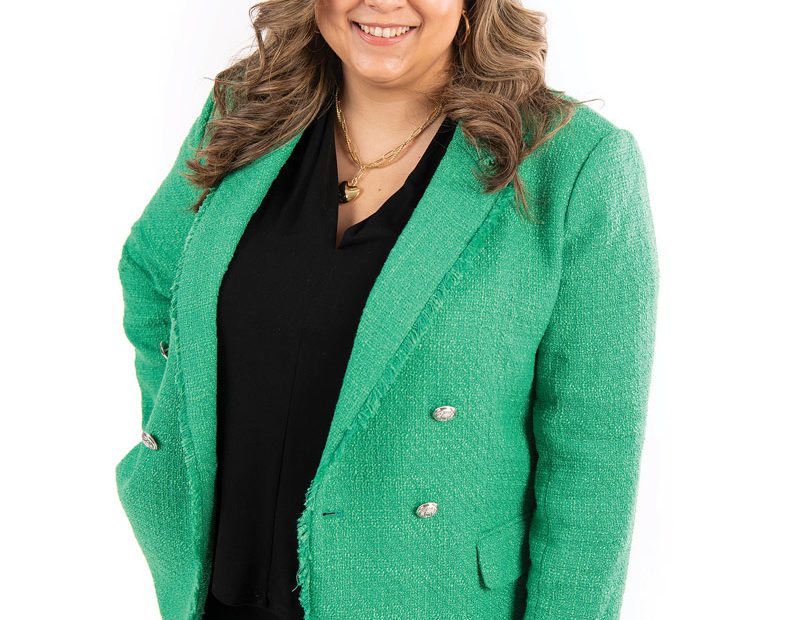
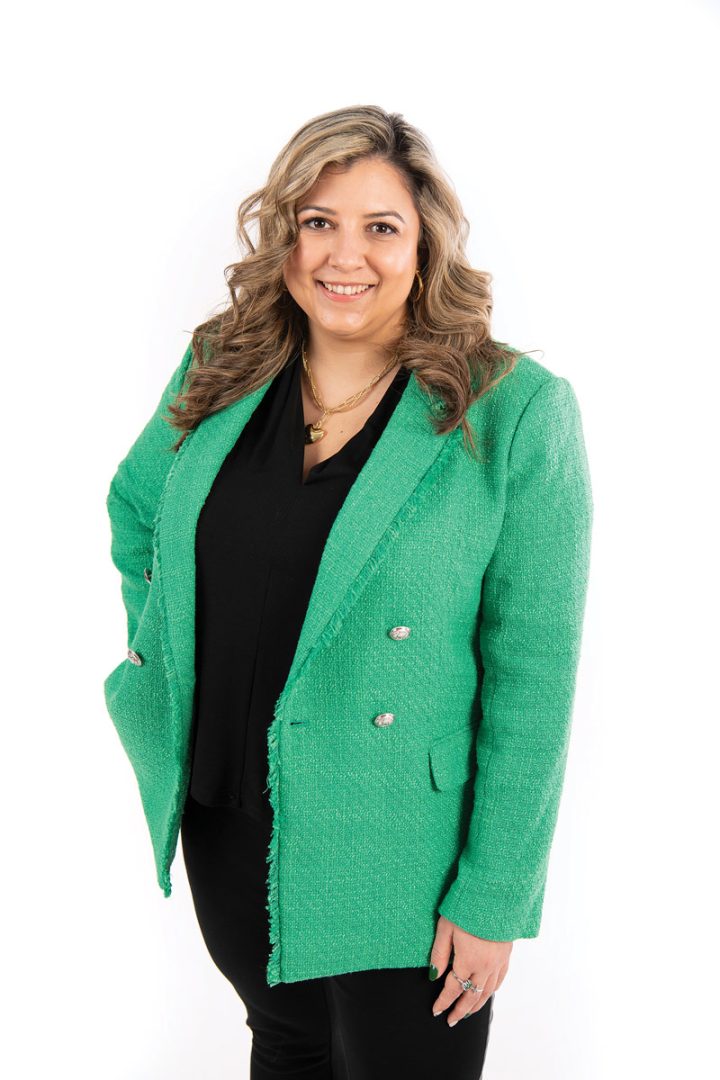 Arlen Carballo’s career in the casino industry provides ample proof that, once someone enters this field, there is no telling where the business may take them.
Arlen Carballo’s career in the casino industry provides ample proof that, once someone enters this field, there is no telling where the business may take them.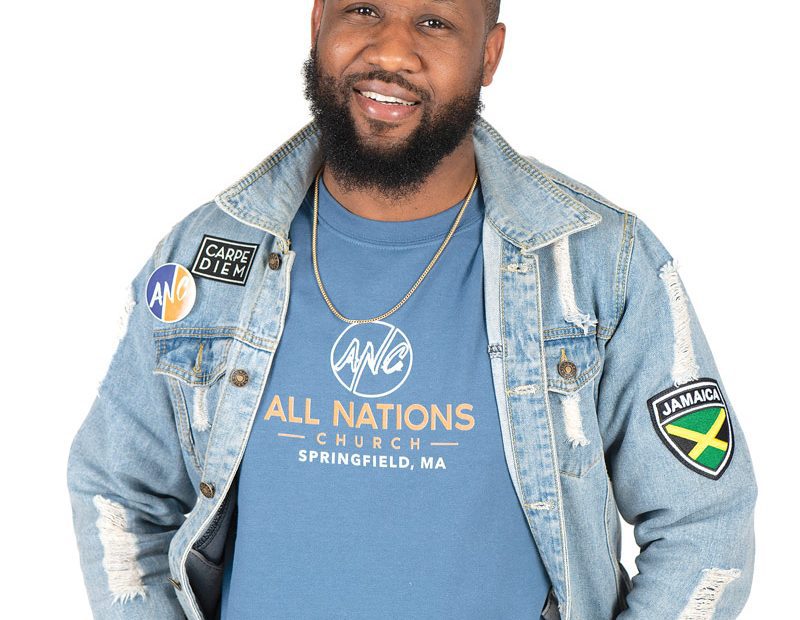
 Robert Carter’s career in IT and robotics has taken him to a number of positions, ranging from 11 years at MassMutual, where he worked his way up to robotics process automation developer — tech lead, to CVS Health, where he currently leads a team of developers as a robotics process automation consultant.
Robert Carter’s career in IT and robotics has taken him to a number of positions, ranging from 11 years at MassMutual, where he worked his way up to robotics process automation developer — tech lead, to CVS Health, where he currently leads a team of developers as a robotics process automation consultant.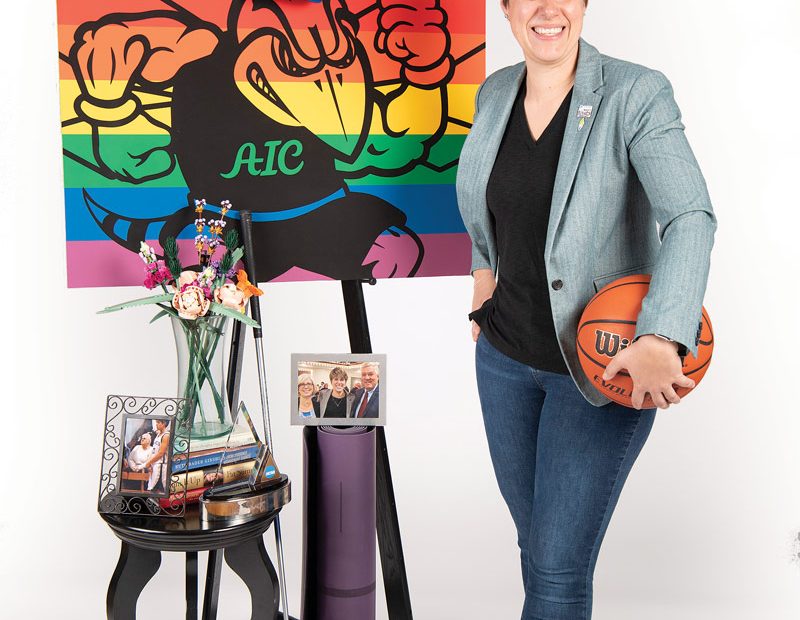
 Jessica Chapin was a decorated collegiate athlete. In 2010 alone, she was named the University Athletic Assoc. Women’s Basketball Player of the Year, the Brandeis University Female Athlete of the Year, and a State Farm Women’s Basketball All-American; in 2018, she became a New York State Section 5 Basketball Hall of Fame inductee.
Jessica Chapin was a decorated collegiate athlete. In 2010 alone, she was named the University Athletic Assoc. Women’s Basketball Player of the Year, the Brandeis University Female Athlete of the Year, and a State Farm Women’s Basketball All-American; in 2018, she became a New York State Section 5 Basketball Hall of Fame inductee.

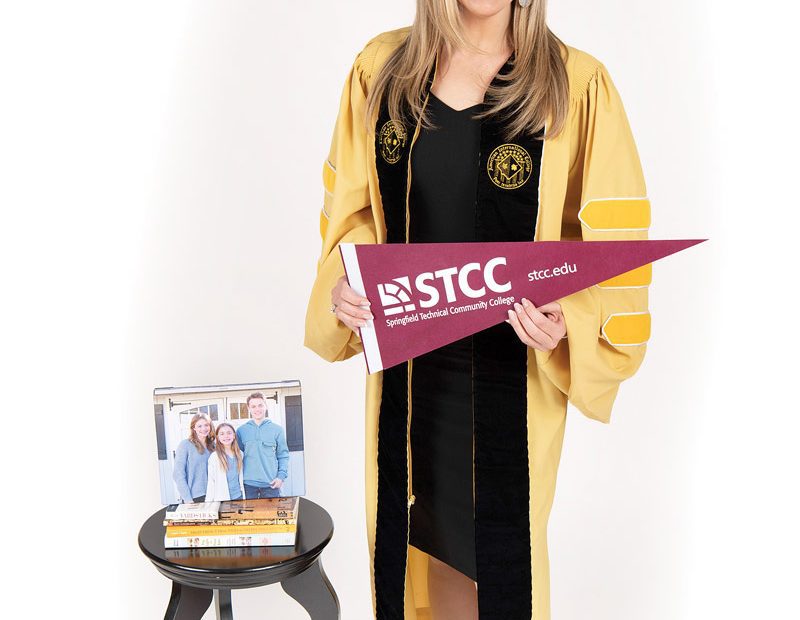
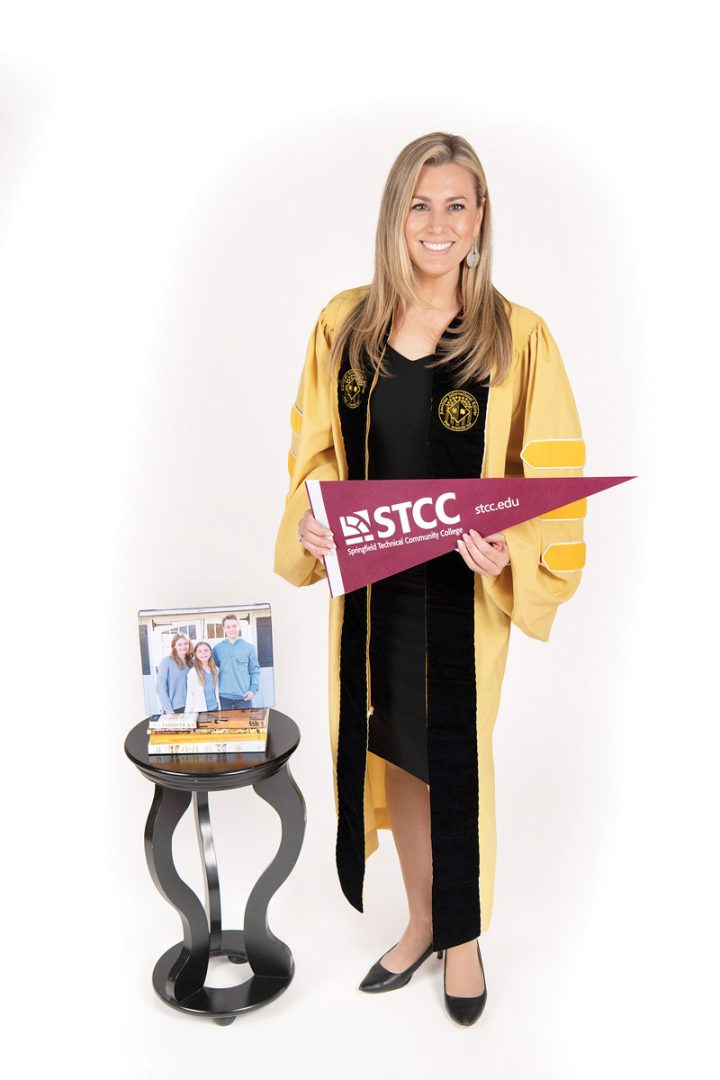
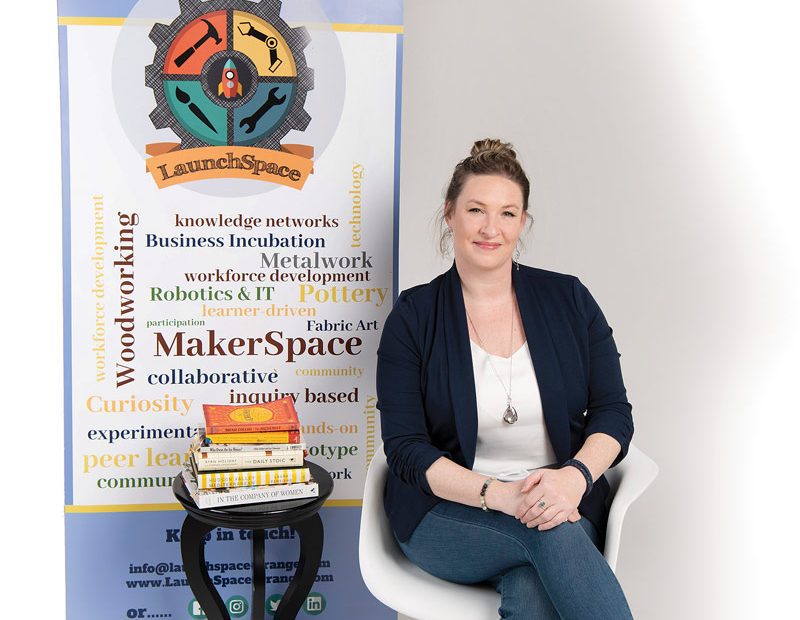
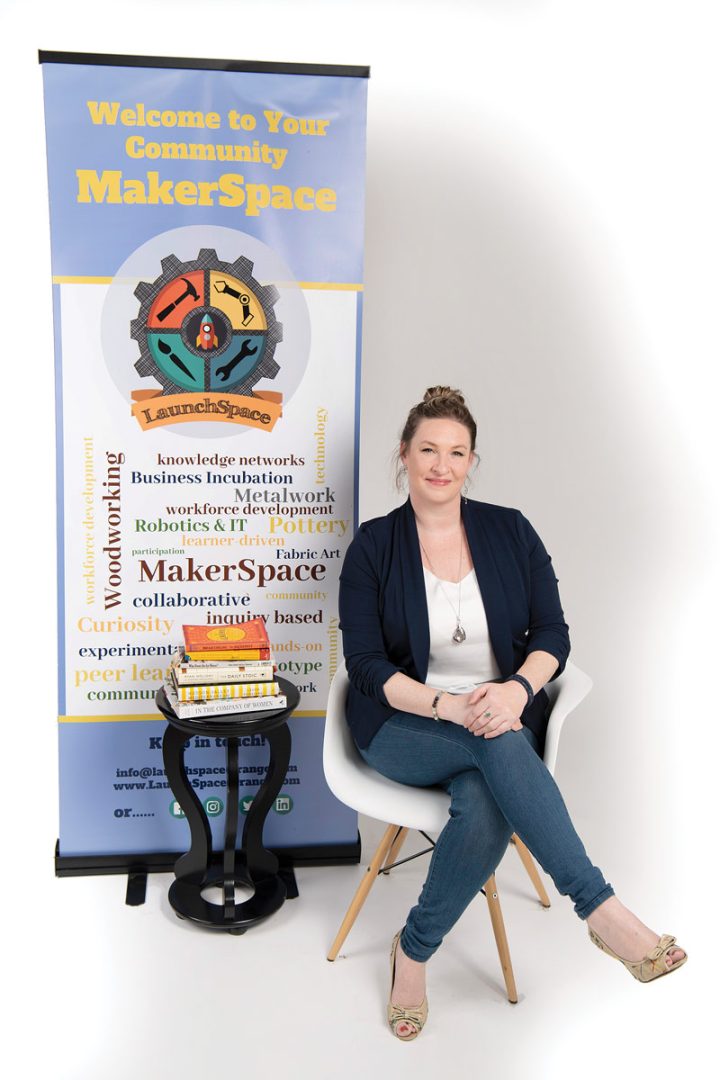
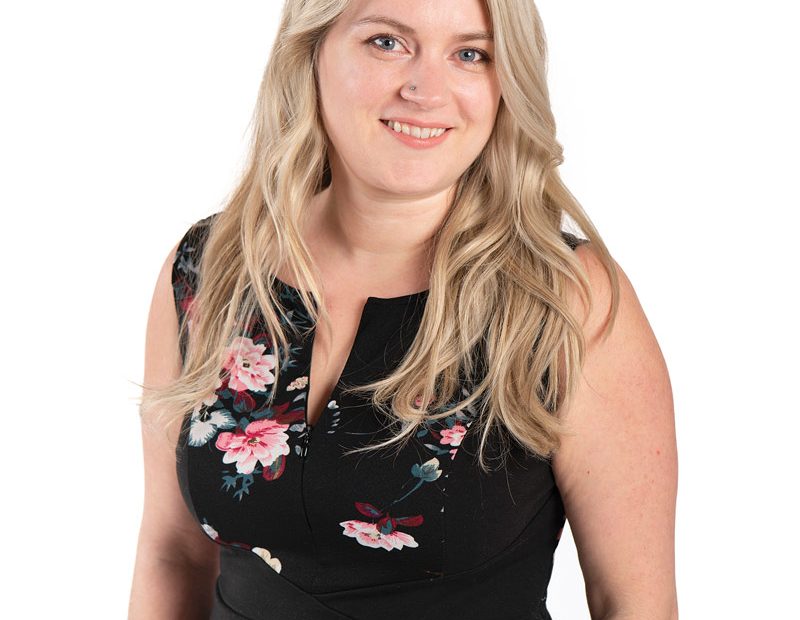
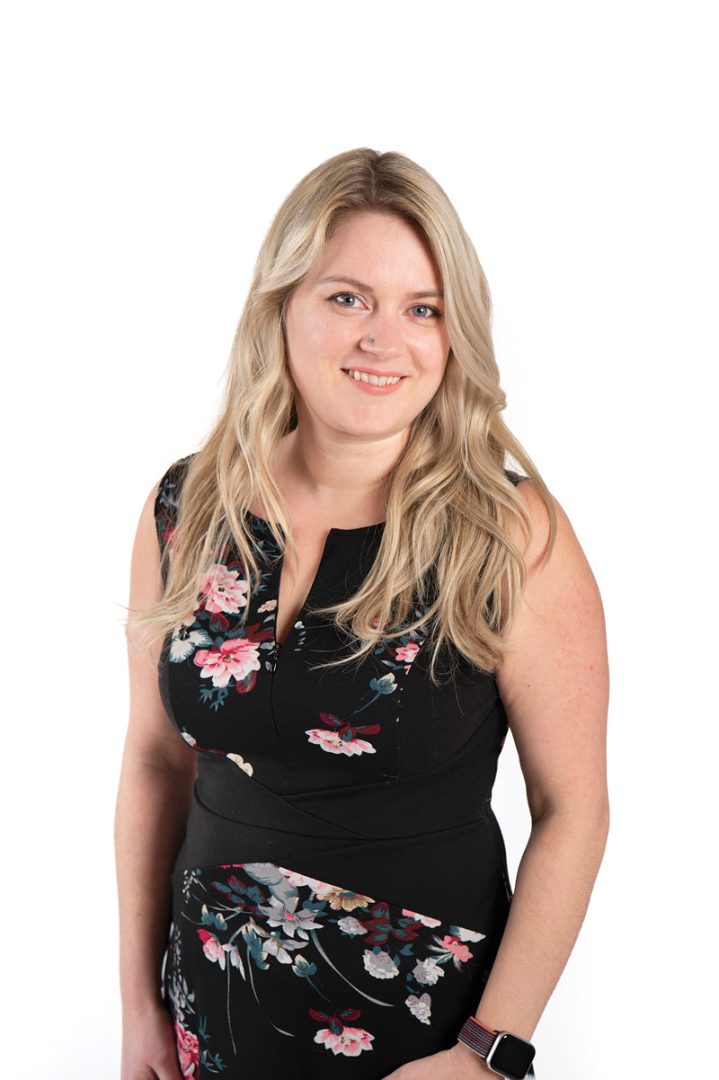 Sarah Erman didn’t attend college to prepare for a financial-services career. In fact, her focus as an undergraduate at MCLA was photojournalism.
Sarah Erman didn’t attend college to prepare for a financial-services career. In fact, her focus as an undergraduate at MCLA was photojournalism.
 Dave Fontaine Jr. said it was probably only minutes after the sign went up on the door at the White Hut in West Springfield announcing that it was closed that he was on the phone to Andy Yee, saying something had to be done.
Dave Fontaine Jr. said it was probably only minutes after the sign went up on the door at the White Hut in West Springfield announcing that it was closed that he was on the phone to Andy Yee, saying something had to be done.
 Heather Gawron is nearly 15 years removed from her days as an elementary-school teacher, and there have been many career stops in many places — from Paris to American International College — since then.
Heather Gawron is nearly 15 years removed from her days as an elementary-school teacher, and there have been many career stops in many places — from Paris to American International College — since then.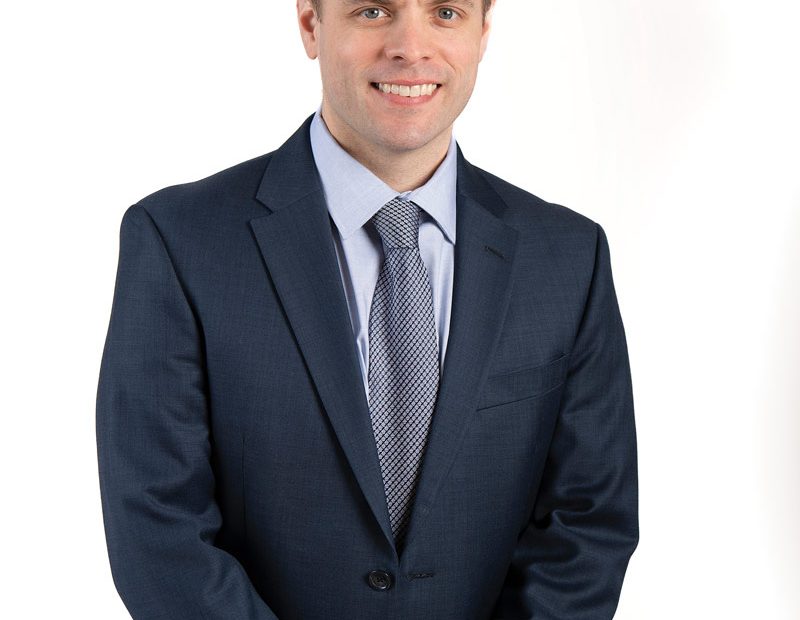
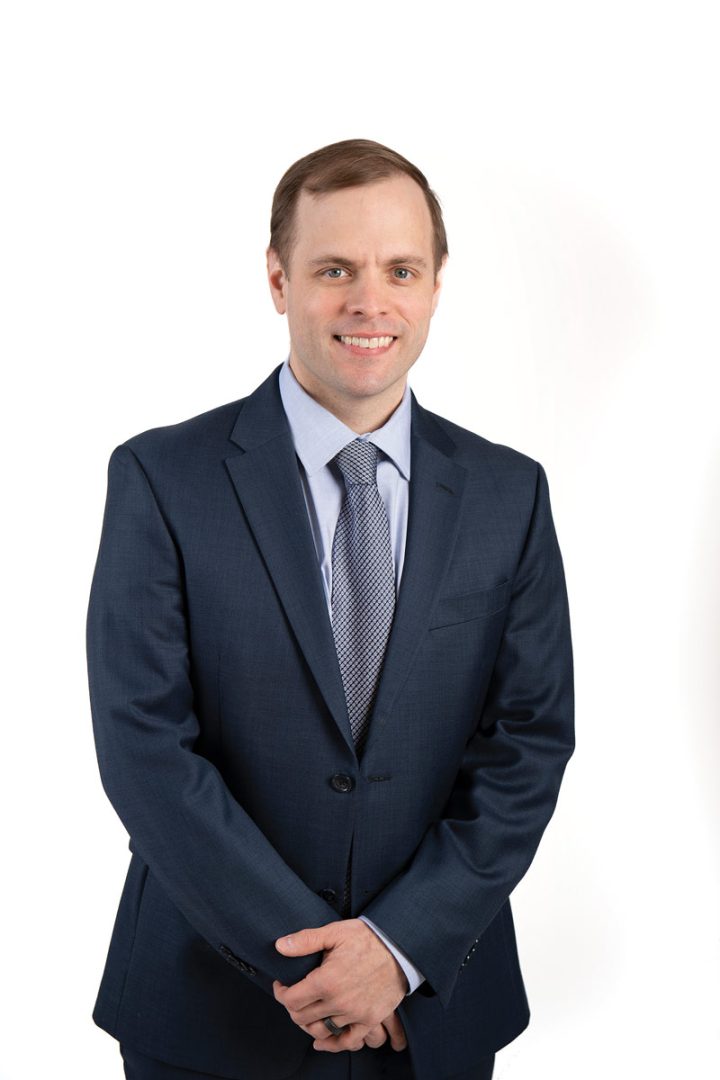
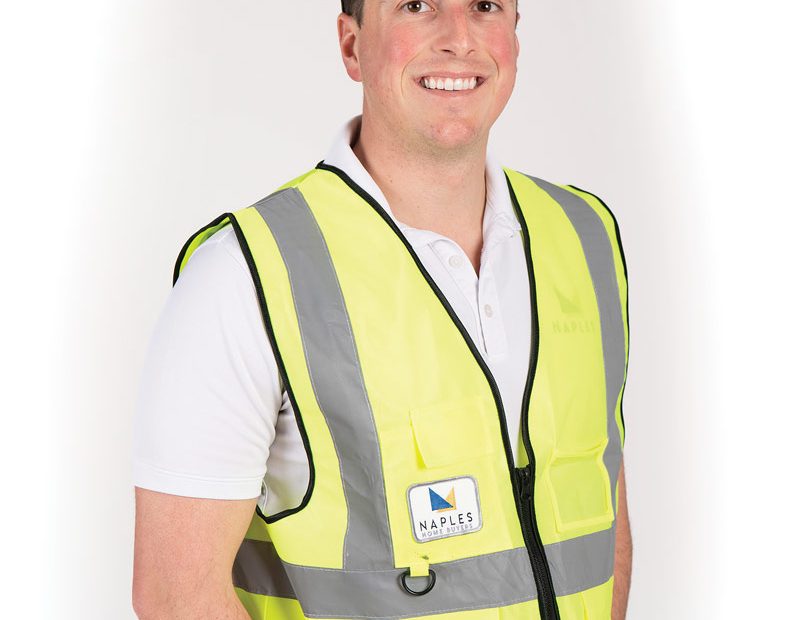
 When you ask Lucas Giusto about the secret to success for the Naples Group, he responds, “we always answer the phone.”
When you ask Lucas Giusto about the secret to success for the Naples Group, he responds, “we always answer the phone.”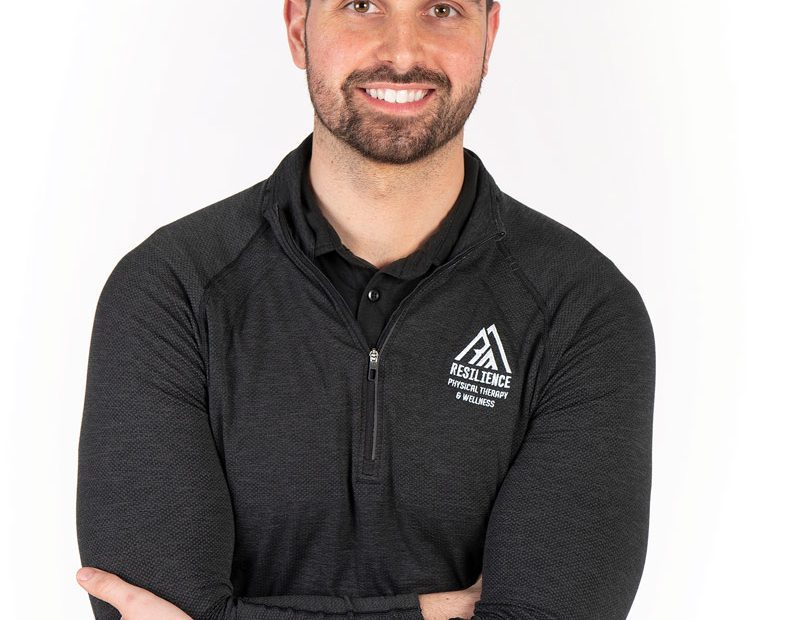
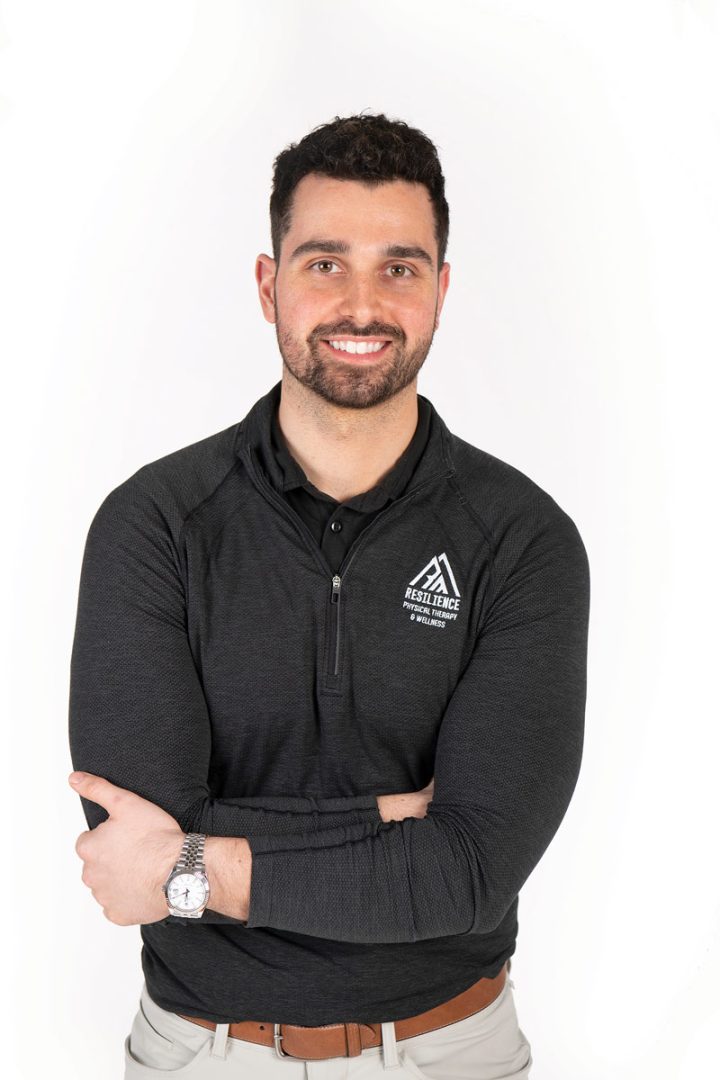 Amid all the physical-therapy practices in the region, Daniel Griffin had a vision for a different approach.
Amid all the physical-therapy practices in the region, Daniel Griffin had a vision for a different approach.

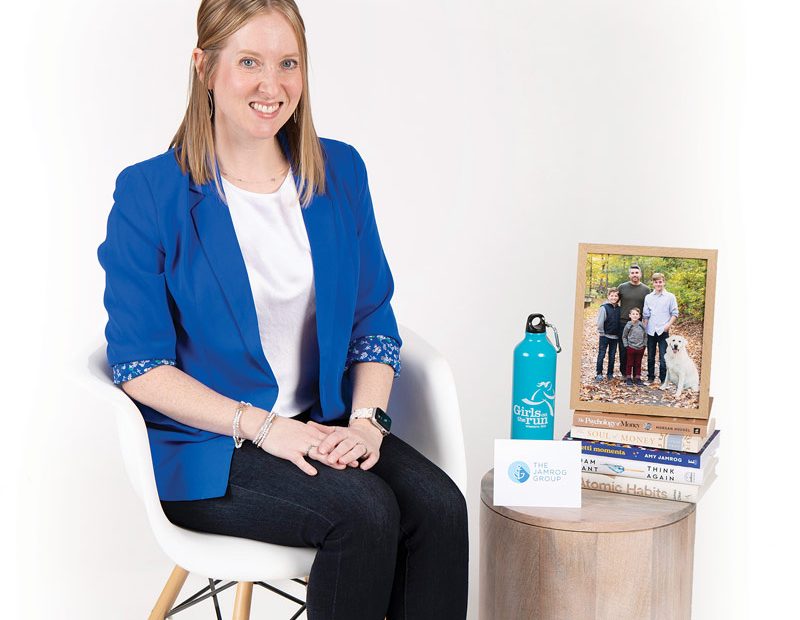
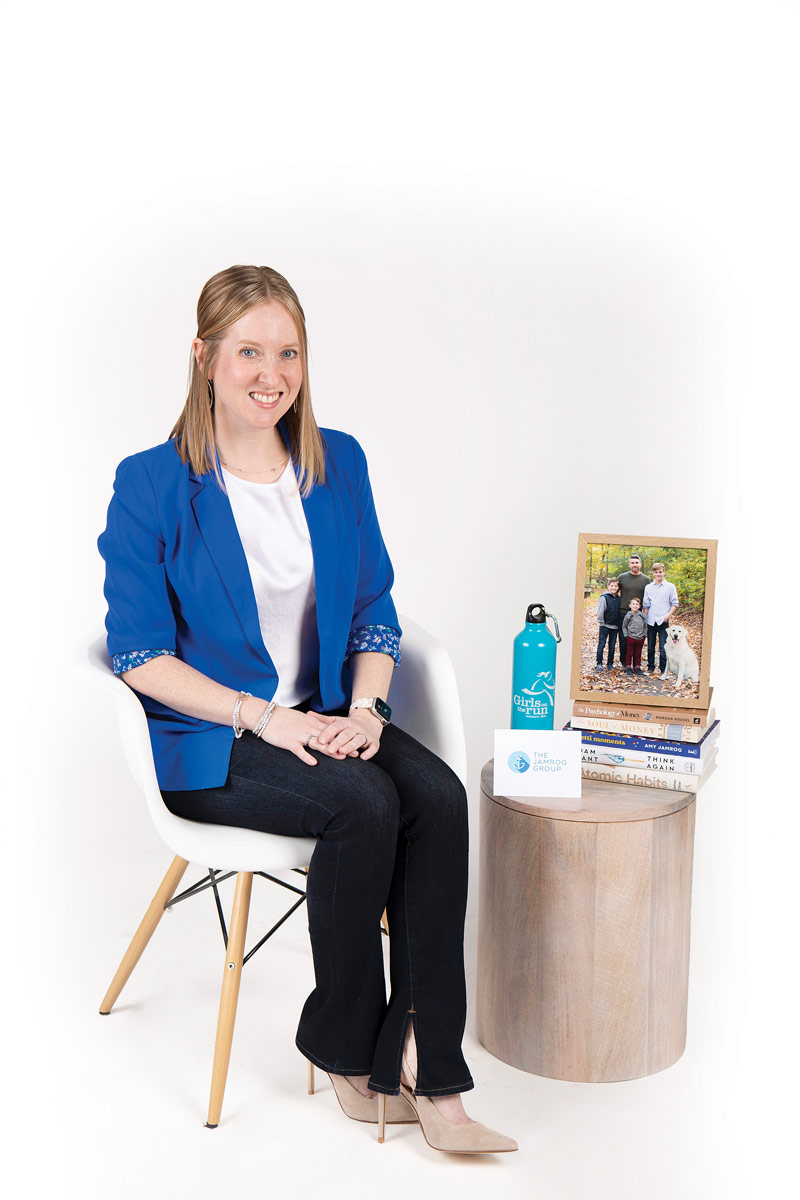 Growing up, Jessica Holloway wasn’t exactly sure what she wanted to do for a living.
Growing up, Jessica Holloway wasn’t exactly sure what she wanted to do for a living.
 Terrell Joyner describes his life as an ever-expanding journey.
Terrell Joyner describes his life as an ever-expanding journey.
 Sara Hulseberg tells a story that demonstrates the meaning of a loyal clientele.
Sara Hulseberg tells a story that demonstrates the meaning of a loyal clientele.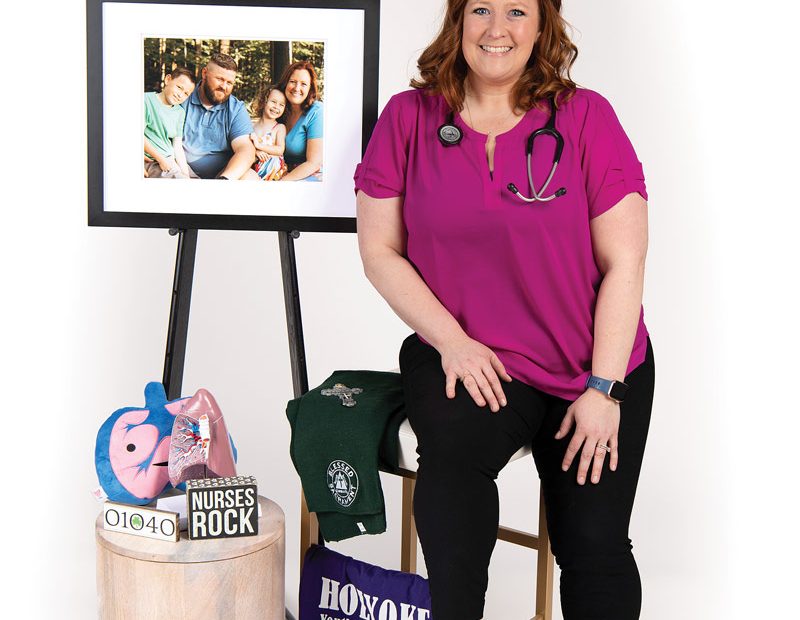
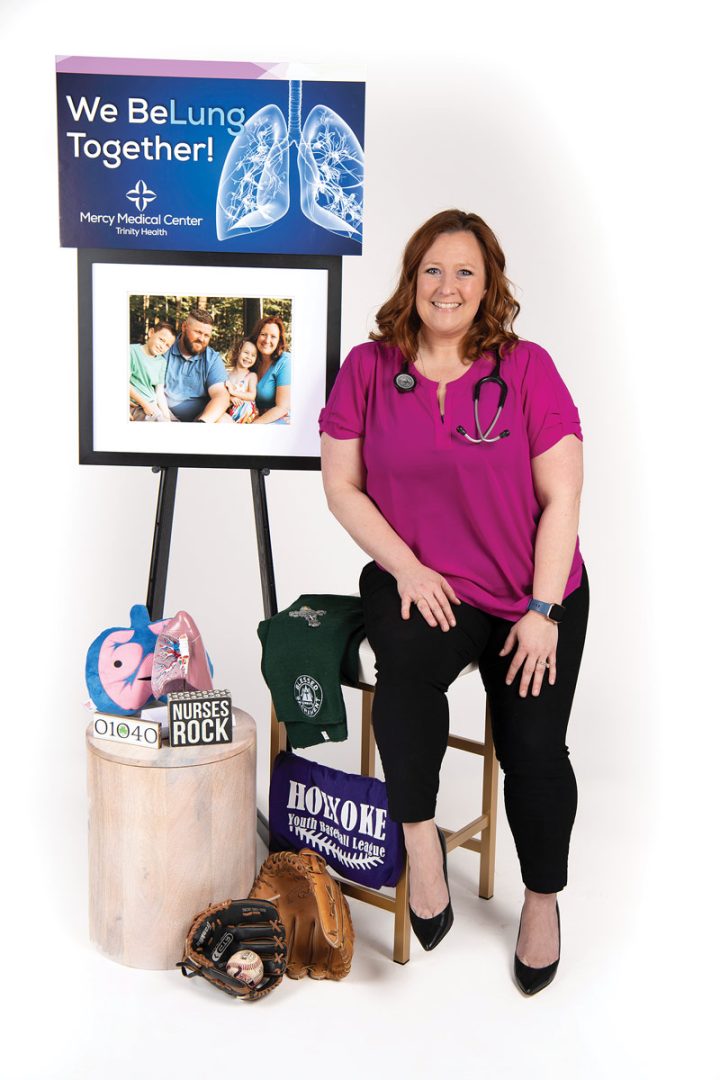 Ashley LeBlanc says it’s “weird to be happy when you find cancer.”
Ashley LeBlanc says it’s “weird to be happy when you find cancer.”

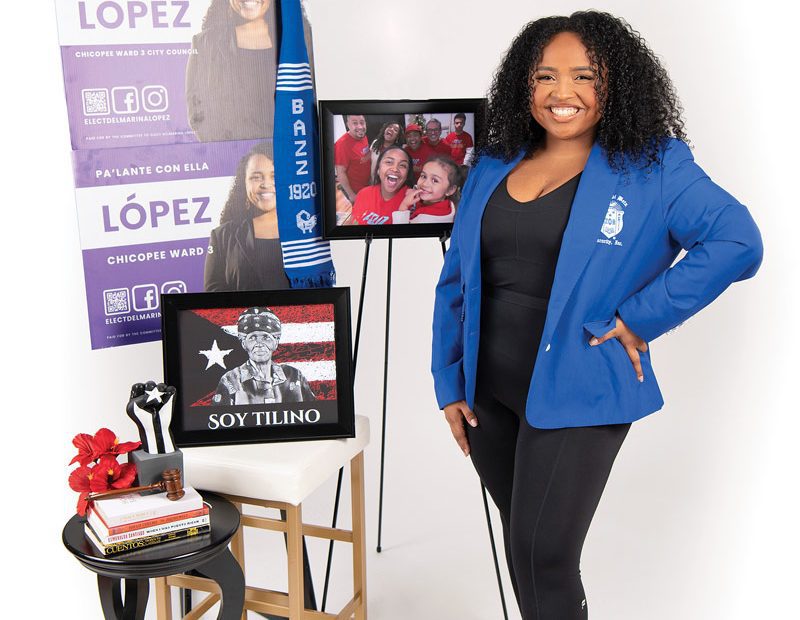
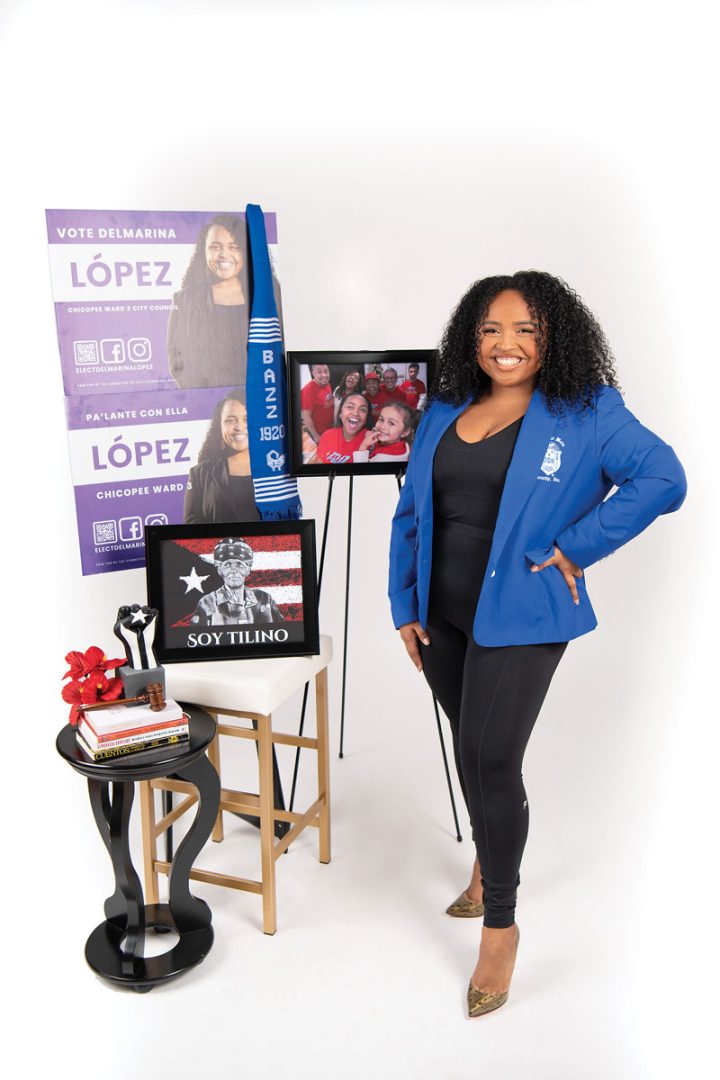 Delmarina López aspired to be a lawyer — and did, indeed, practice law for a while after earning her juris doctorate at Western New England University School of Law. But she soon found that her passions — and there are several of them — also lay elsewhere.
Delmarina López aspired to be a lawyer — and did, indeed, practice law for a while after earning her juris doctorate at Western New England University School of Law. But she soon found that her passions — and there are several of them — also lay elsewhere.
